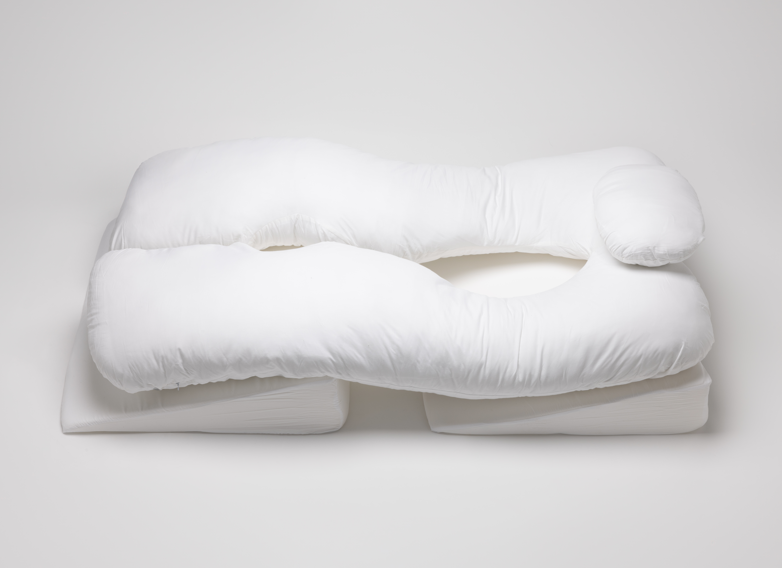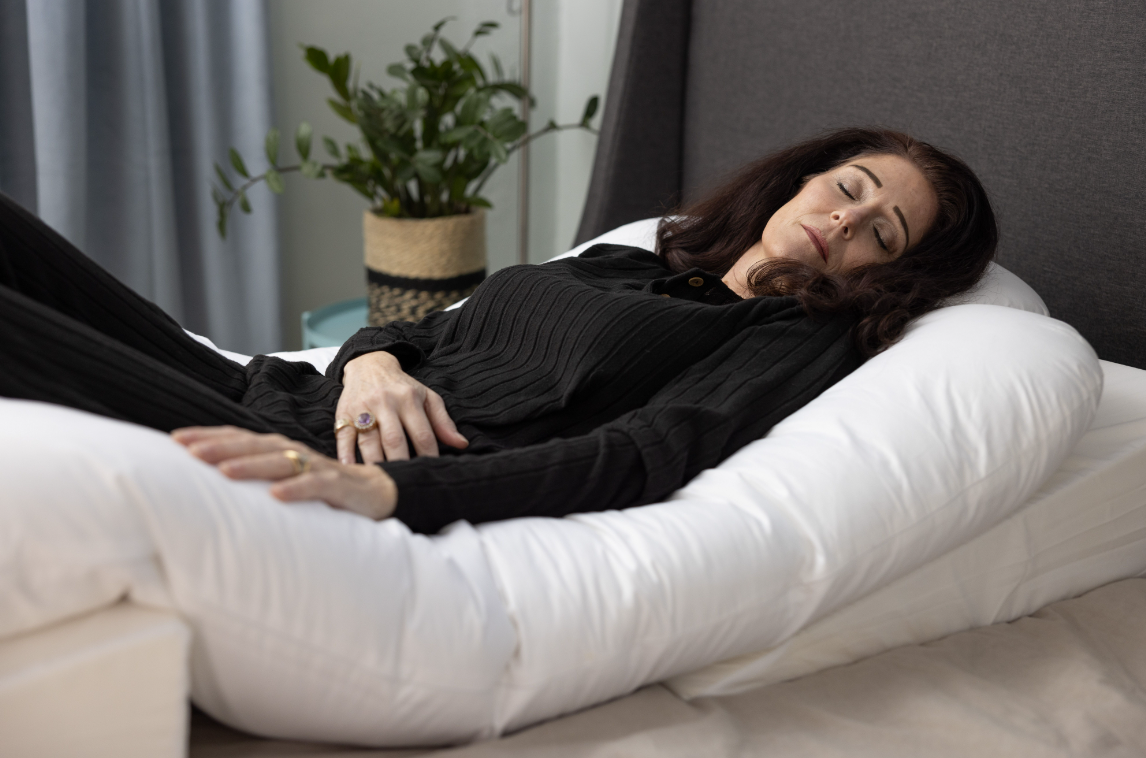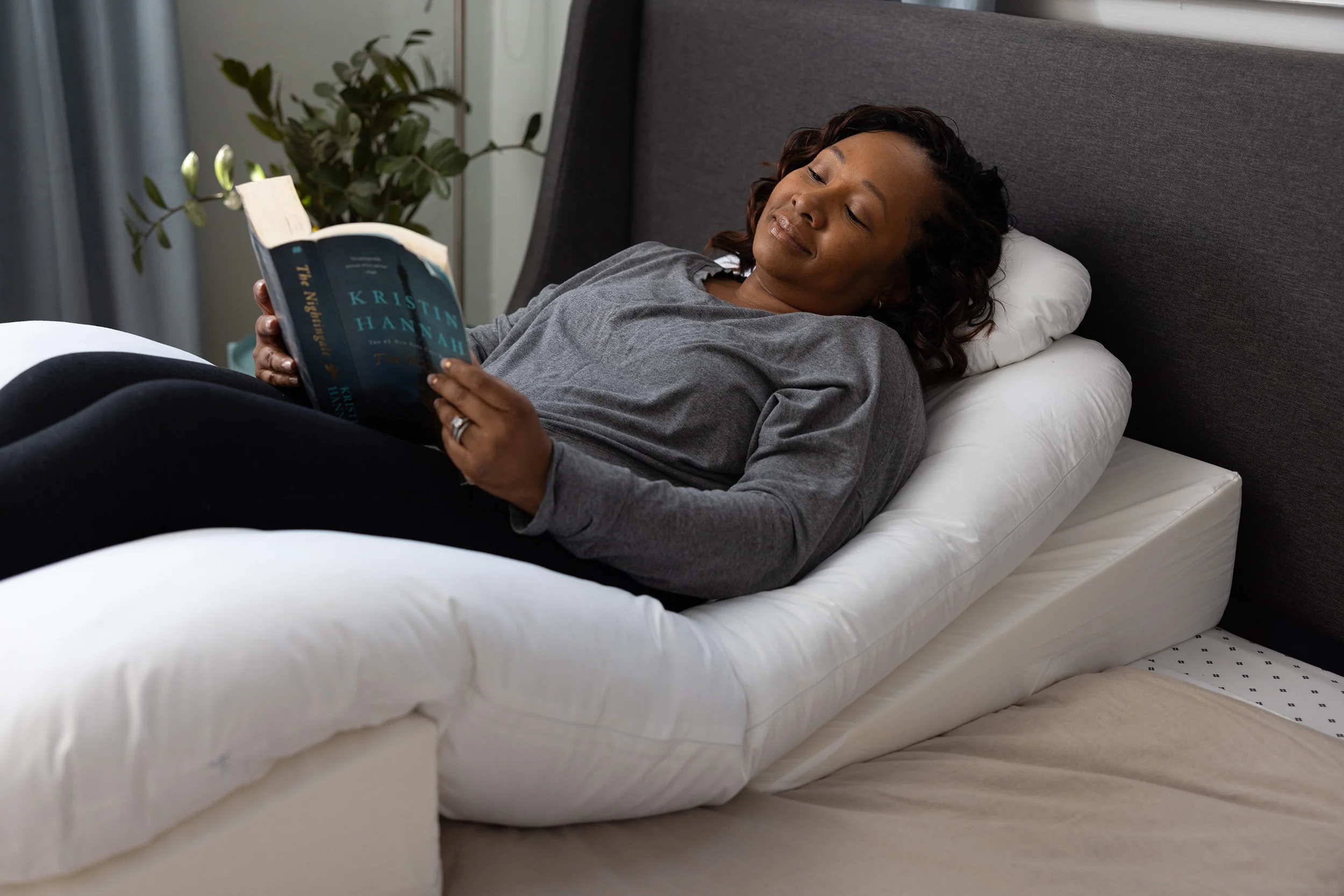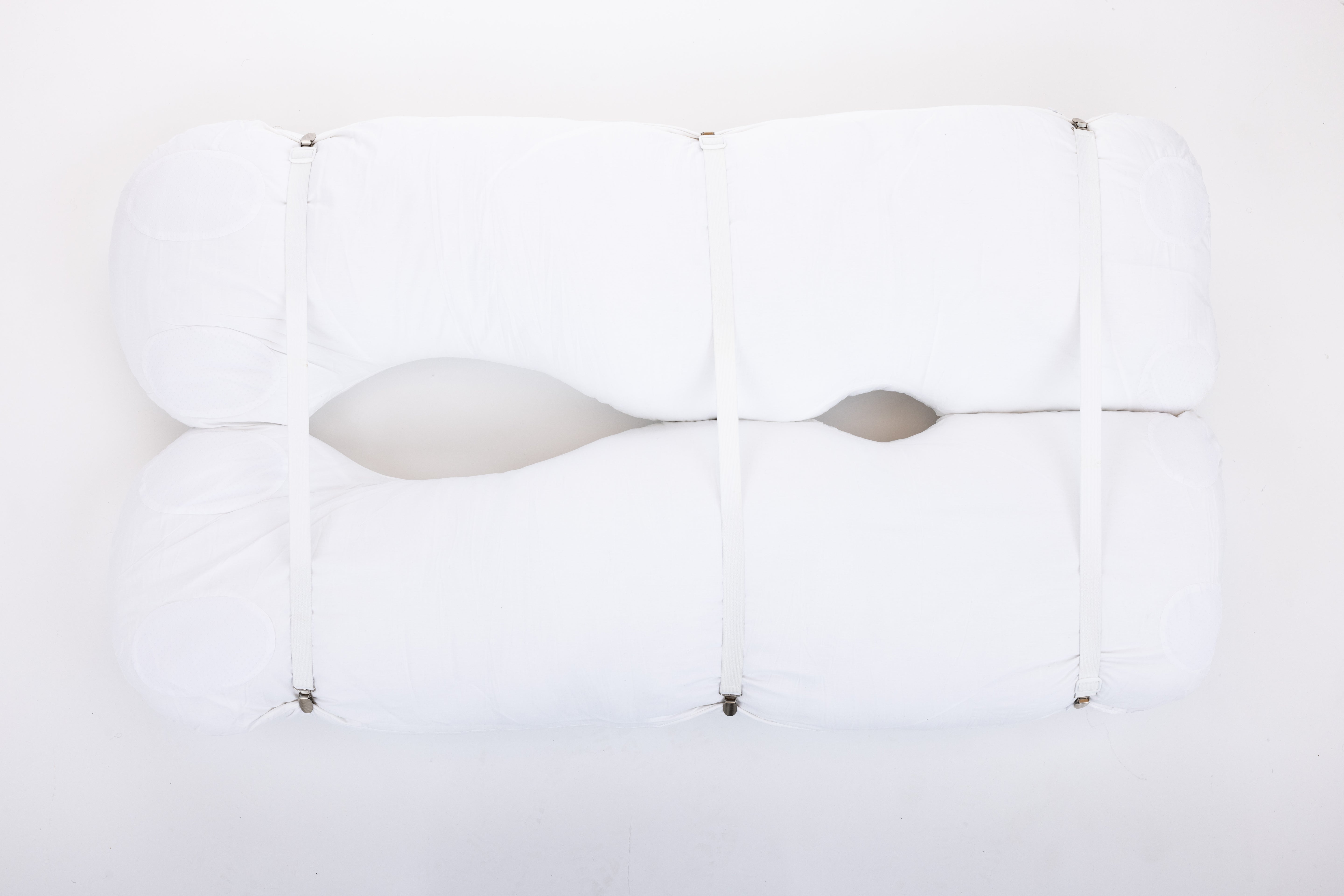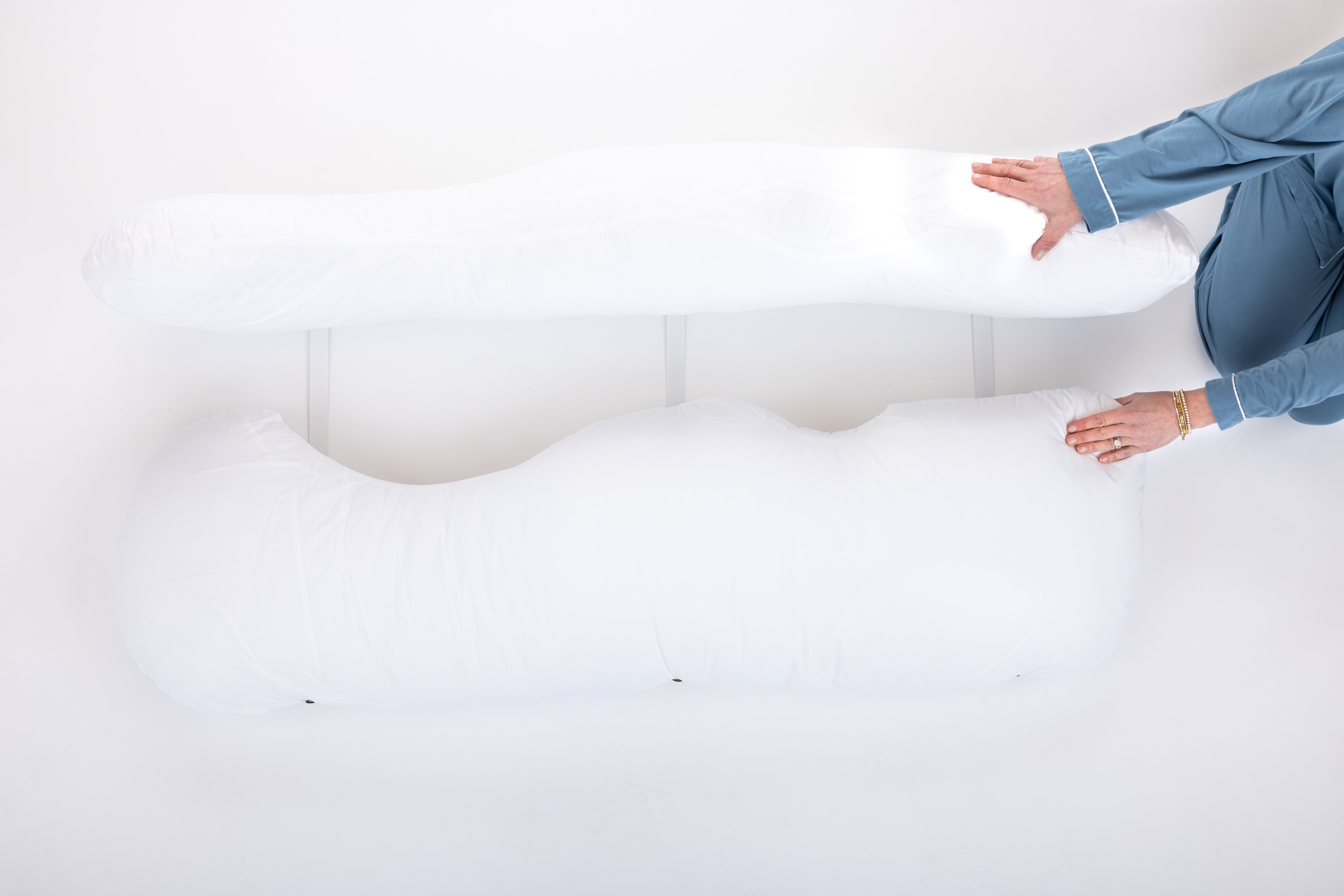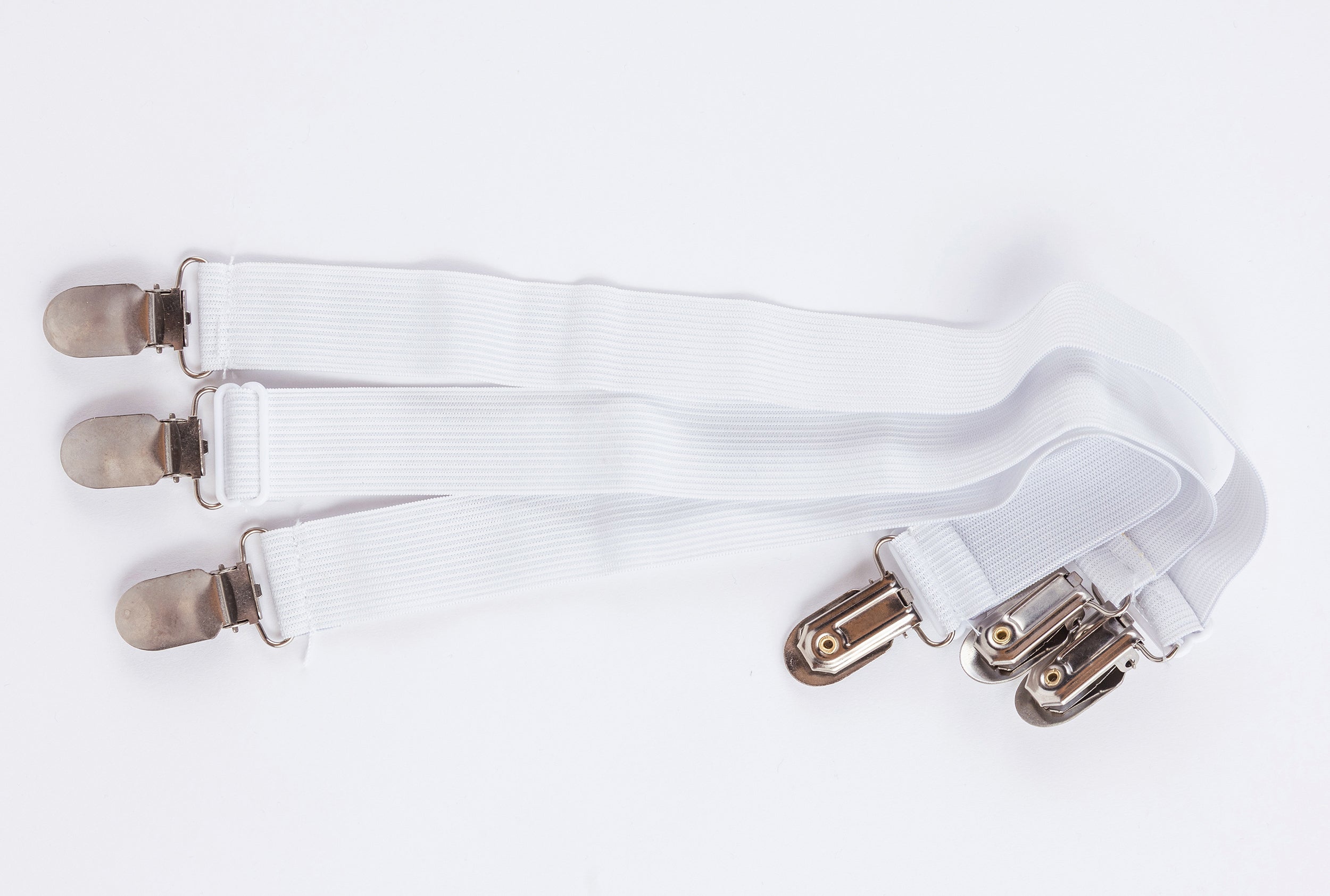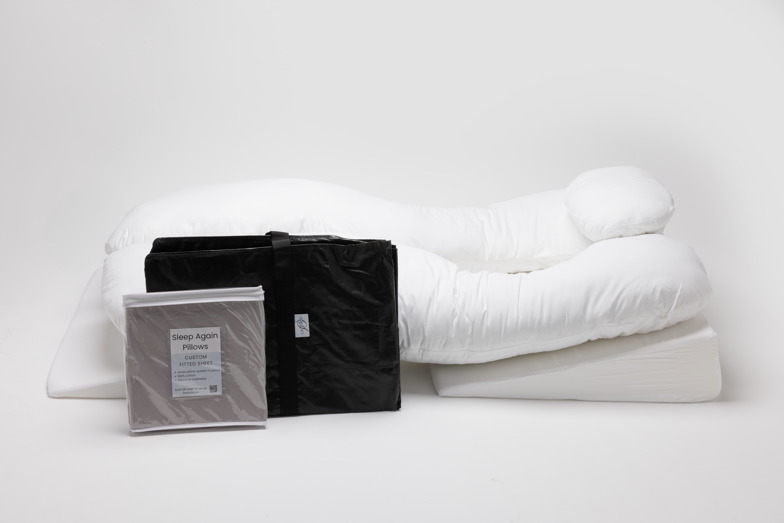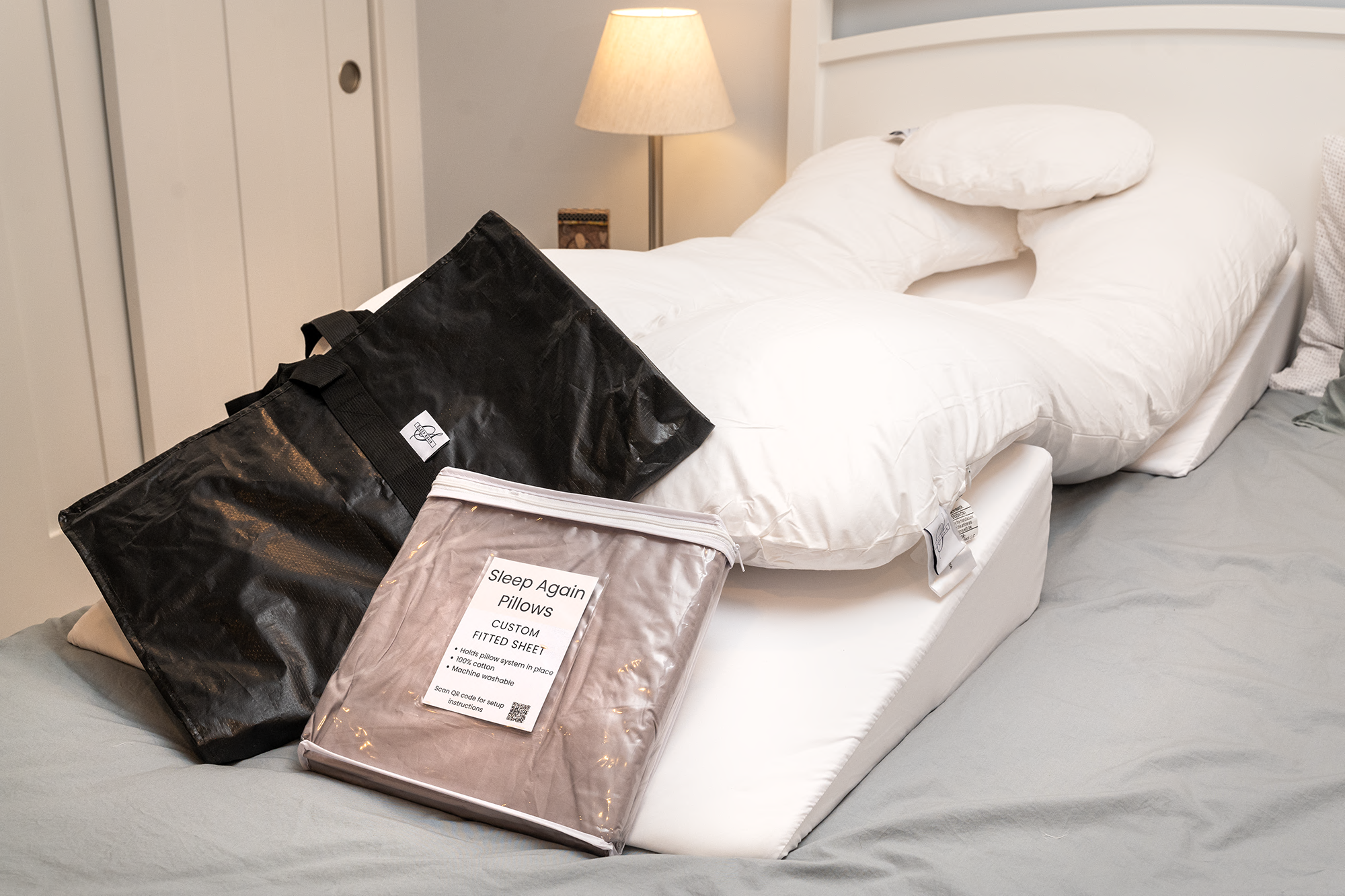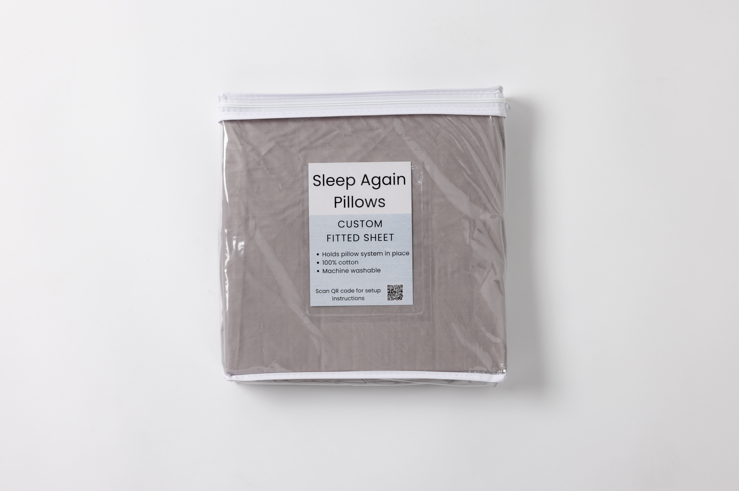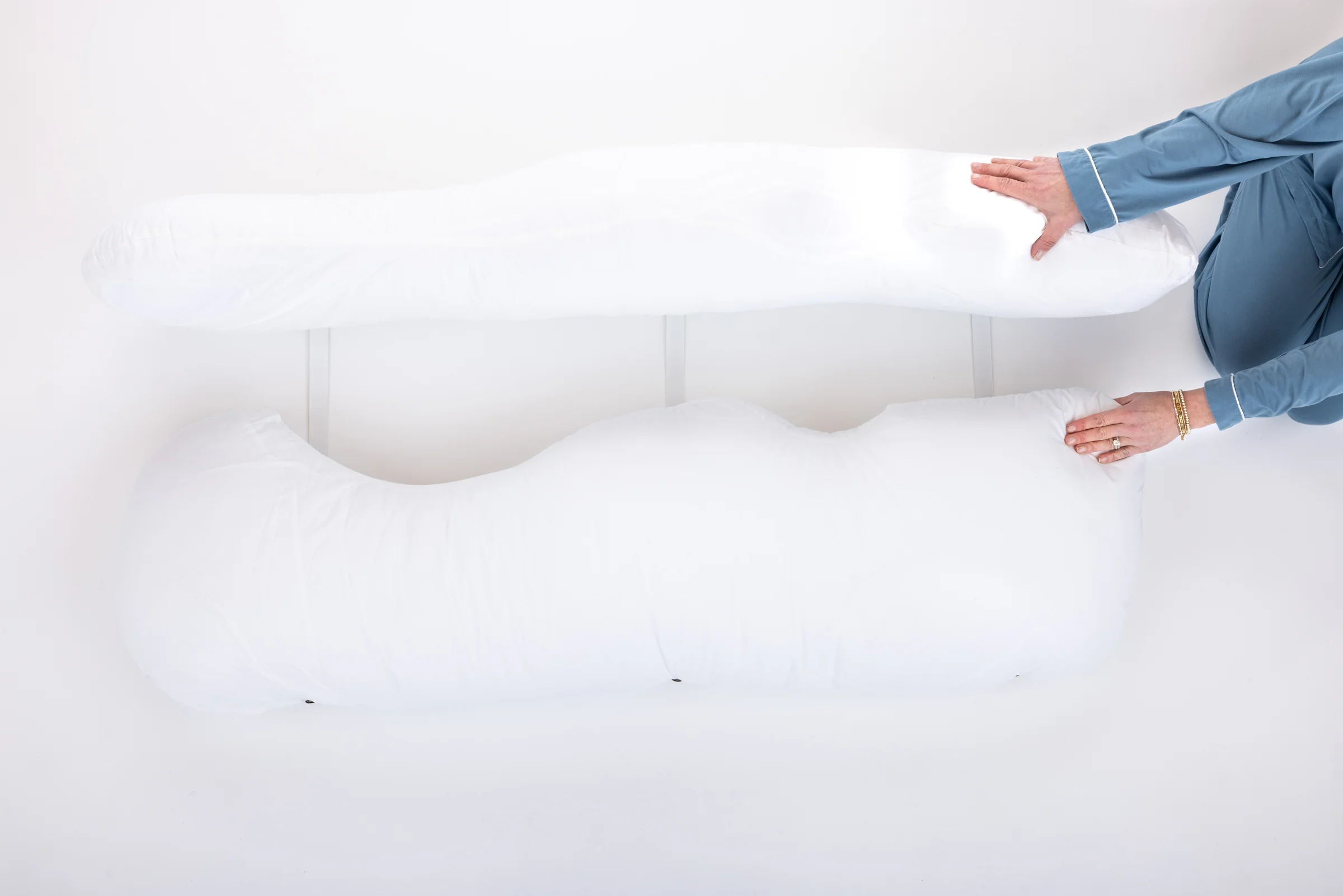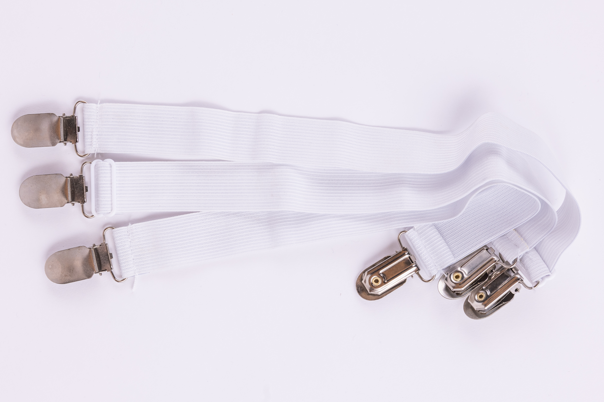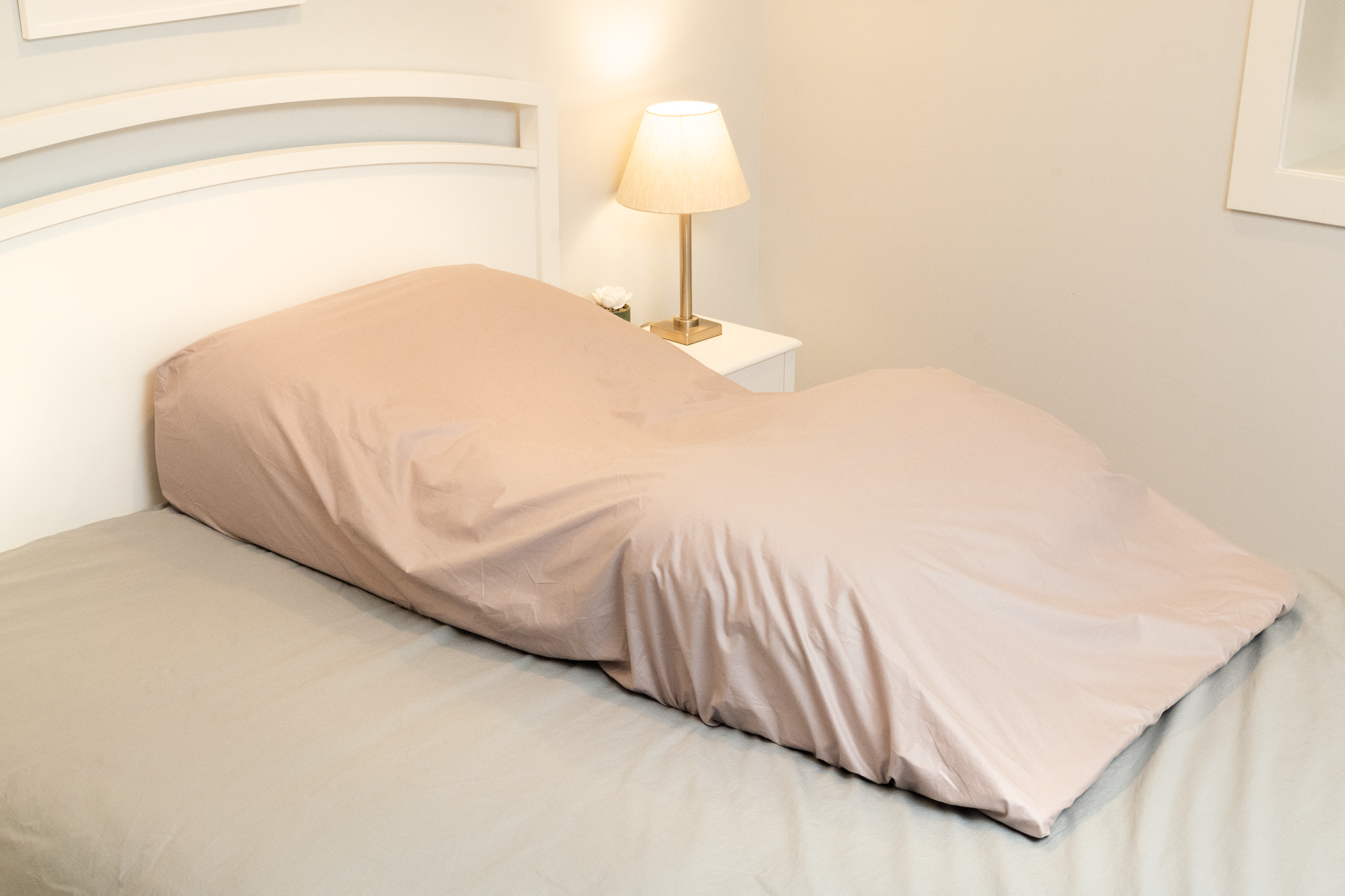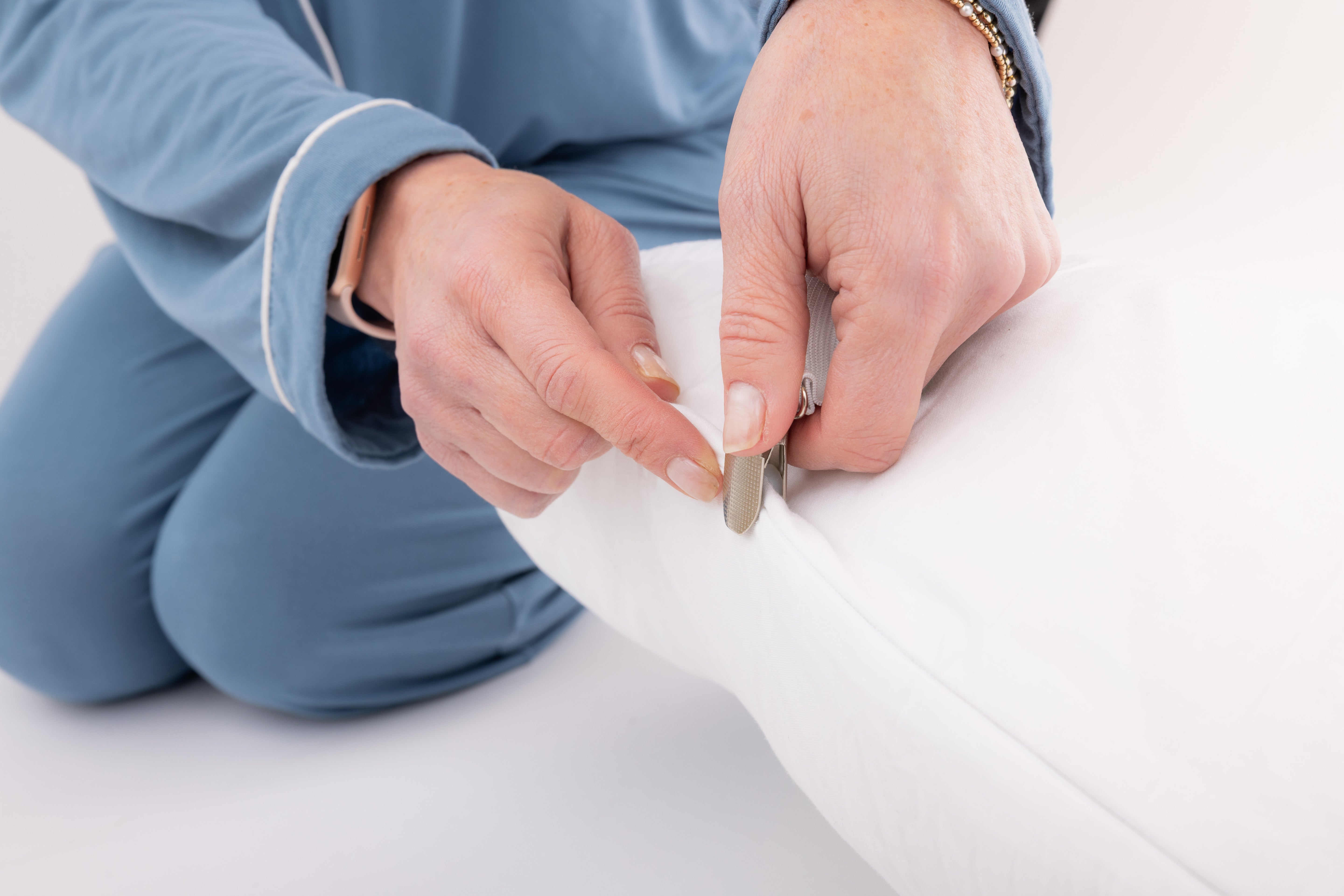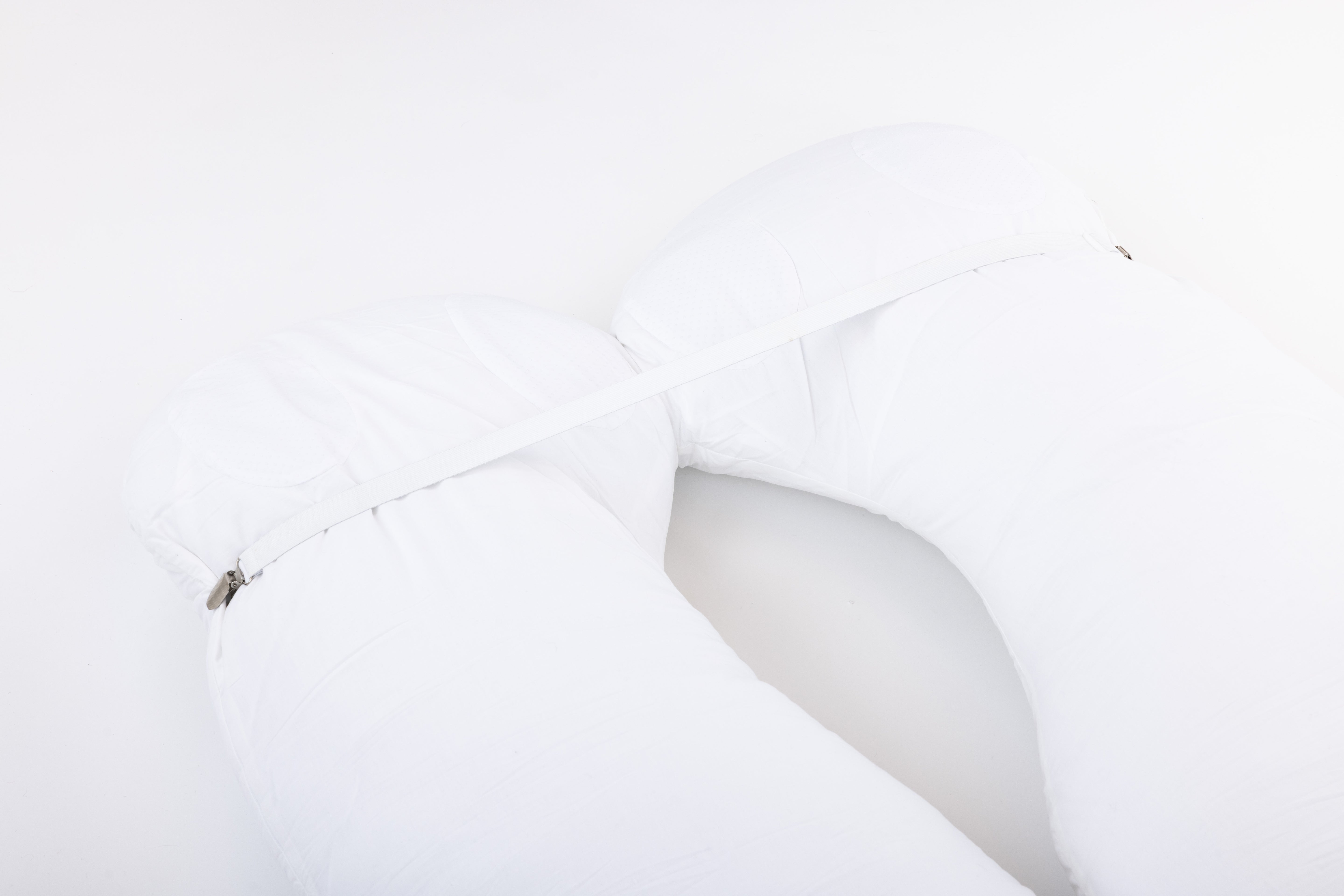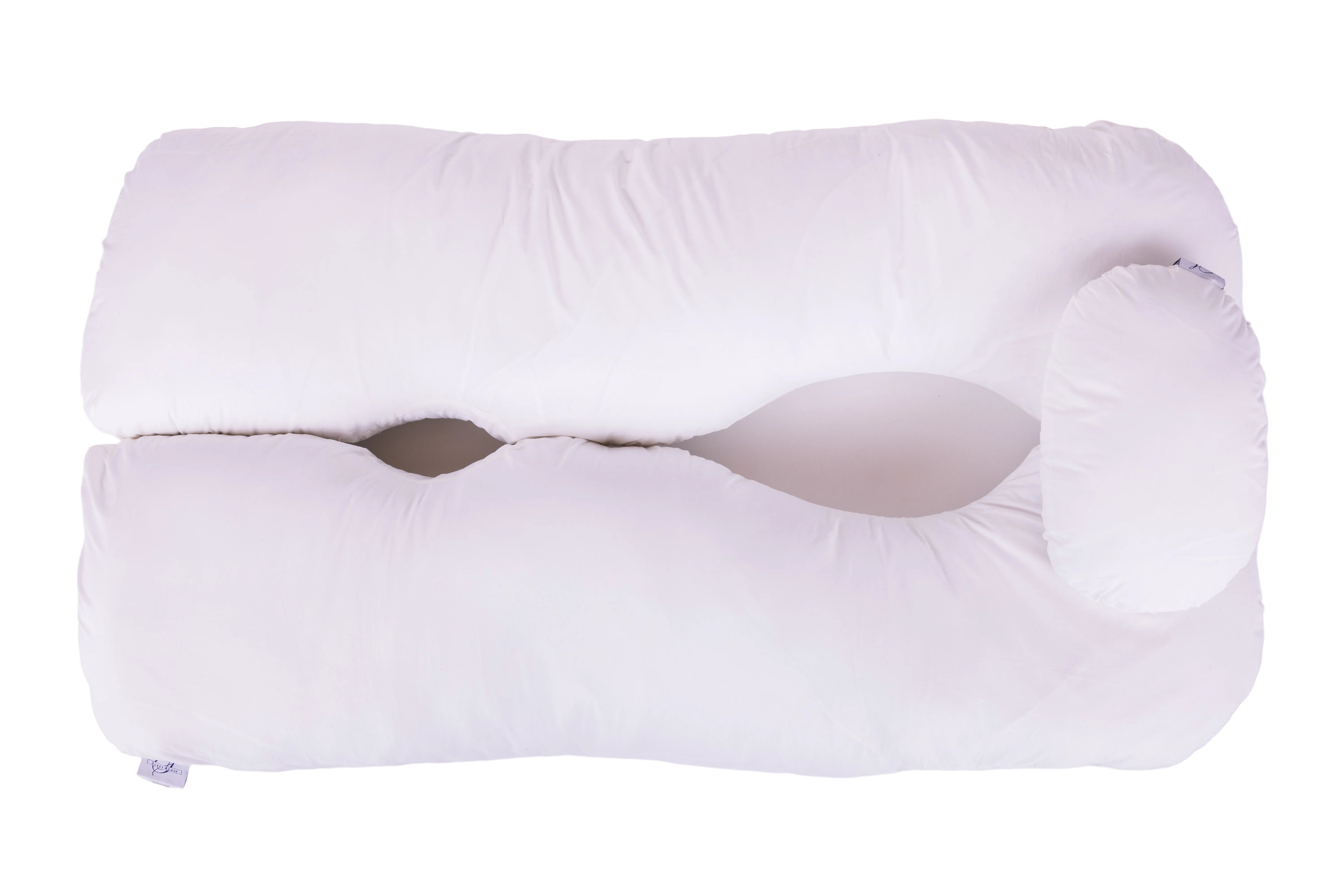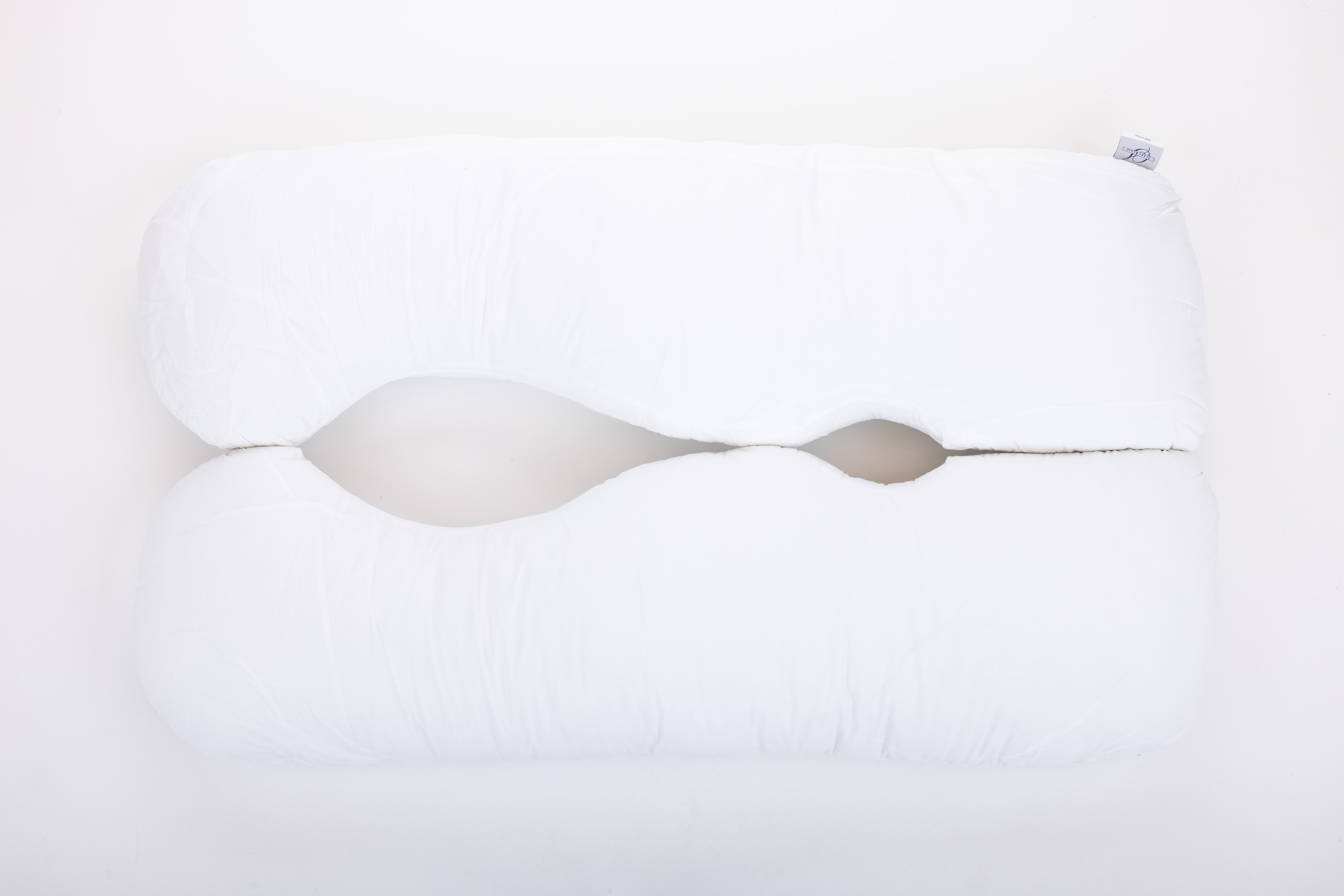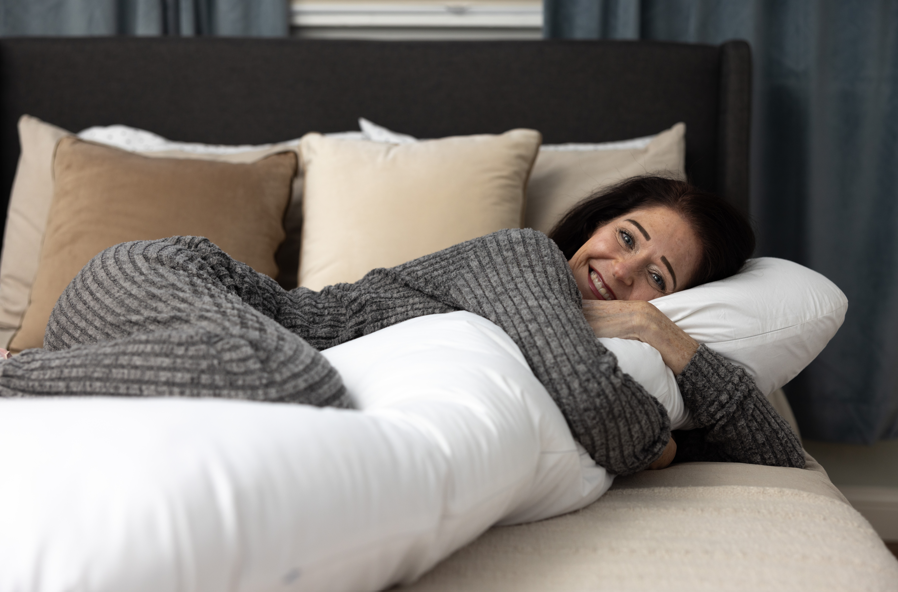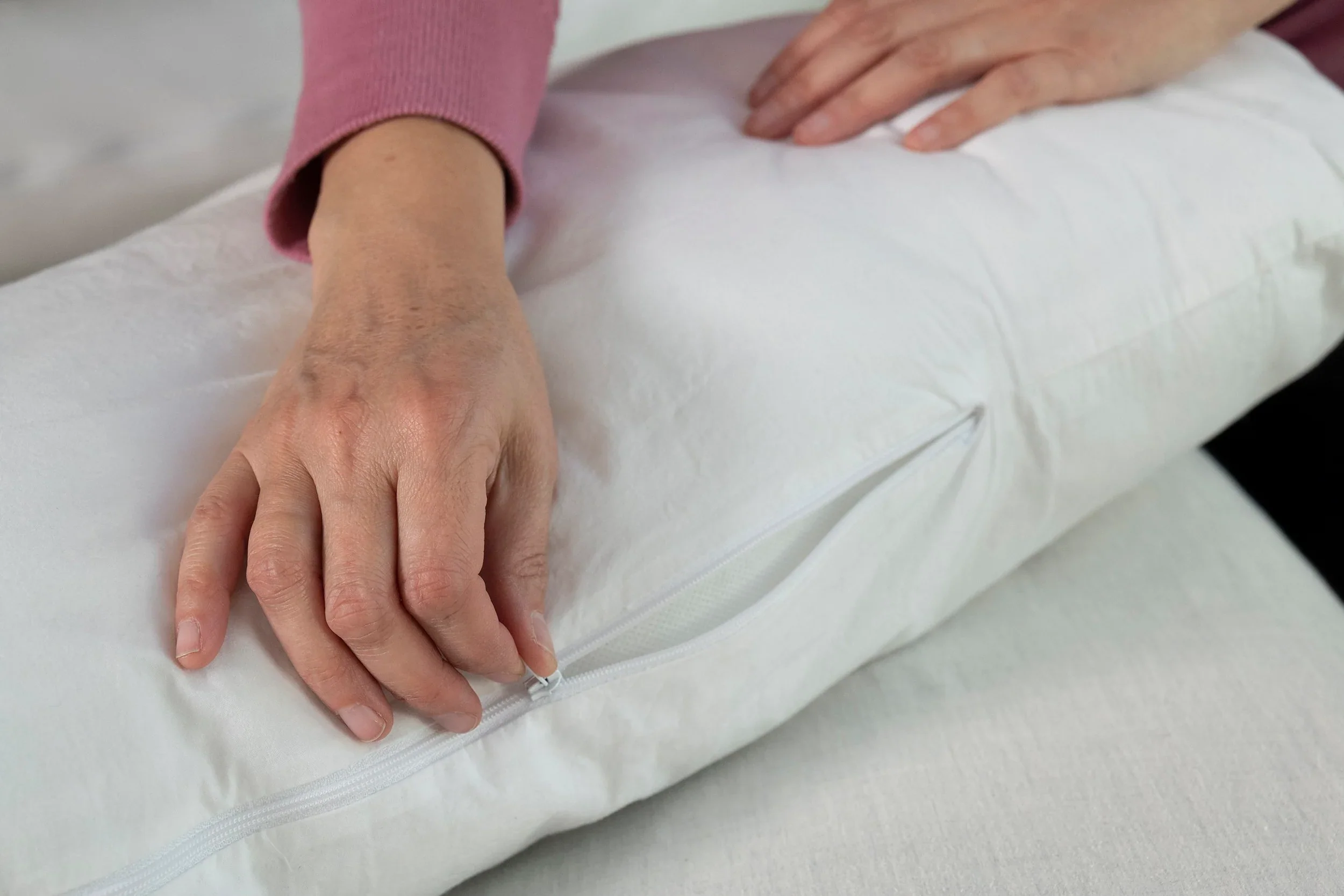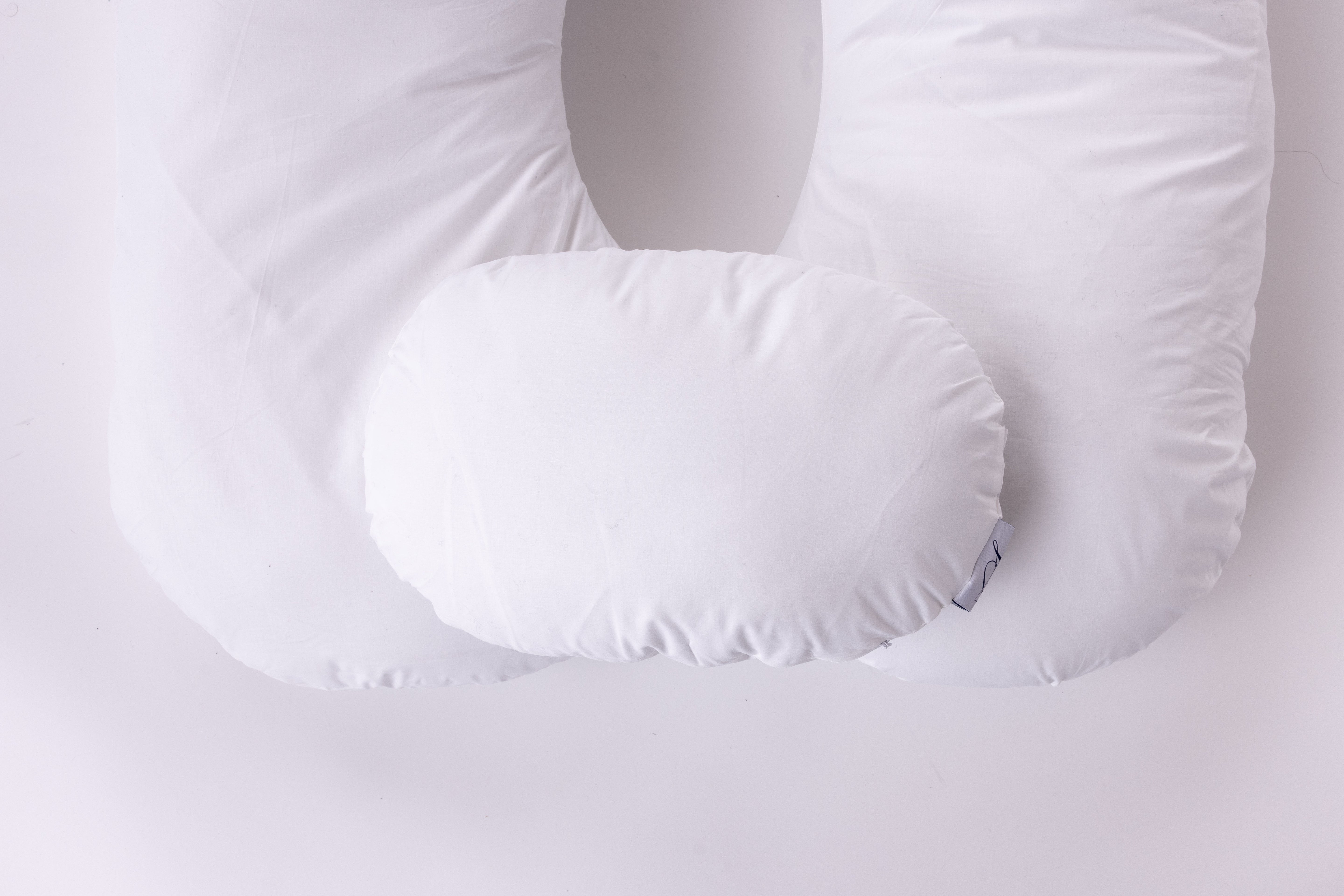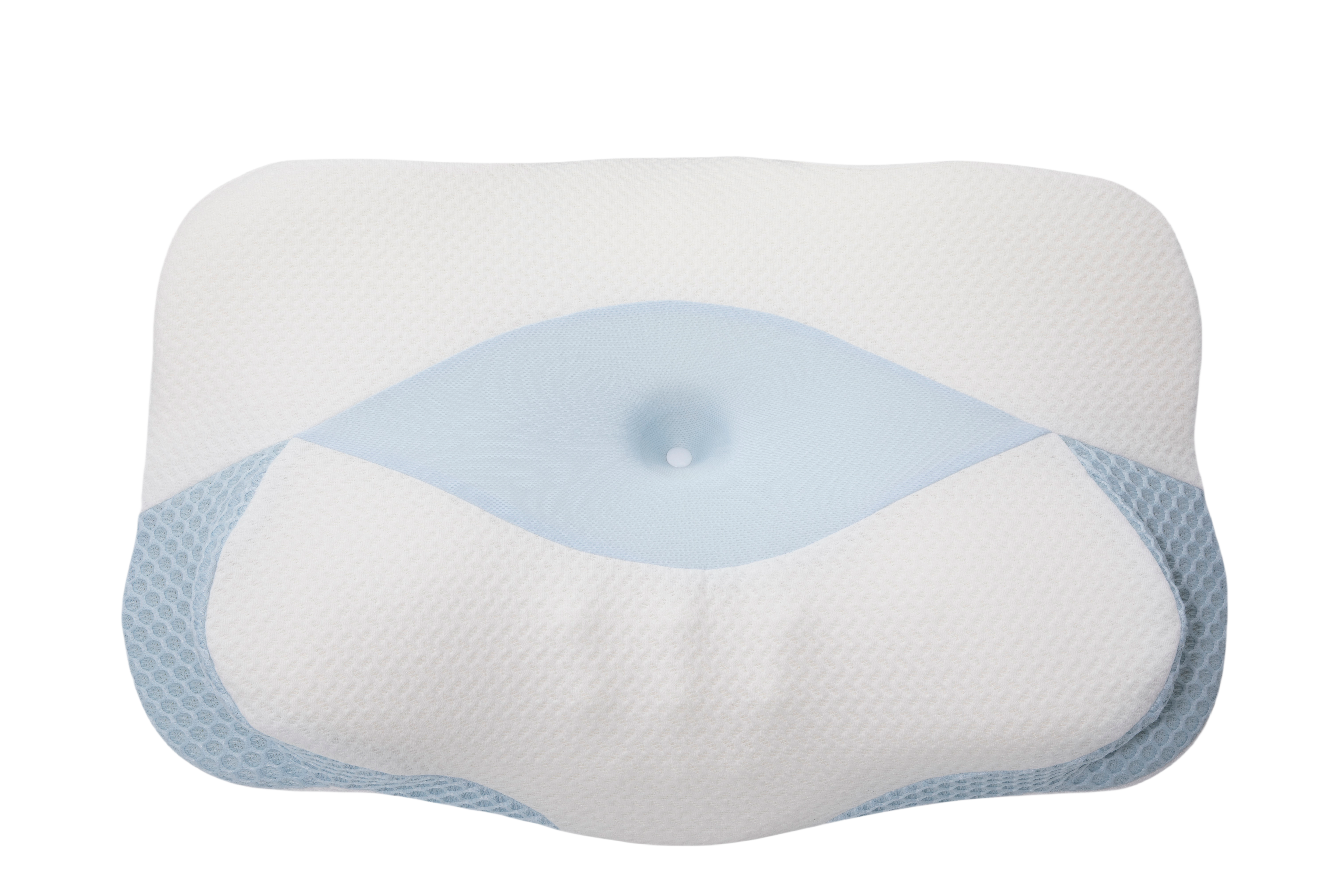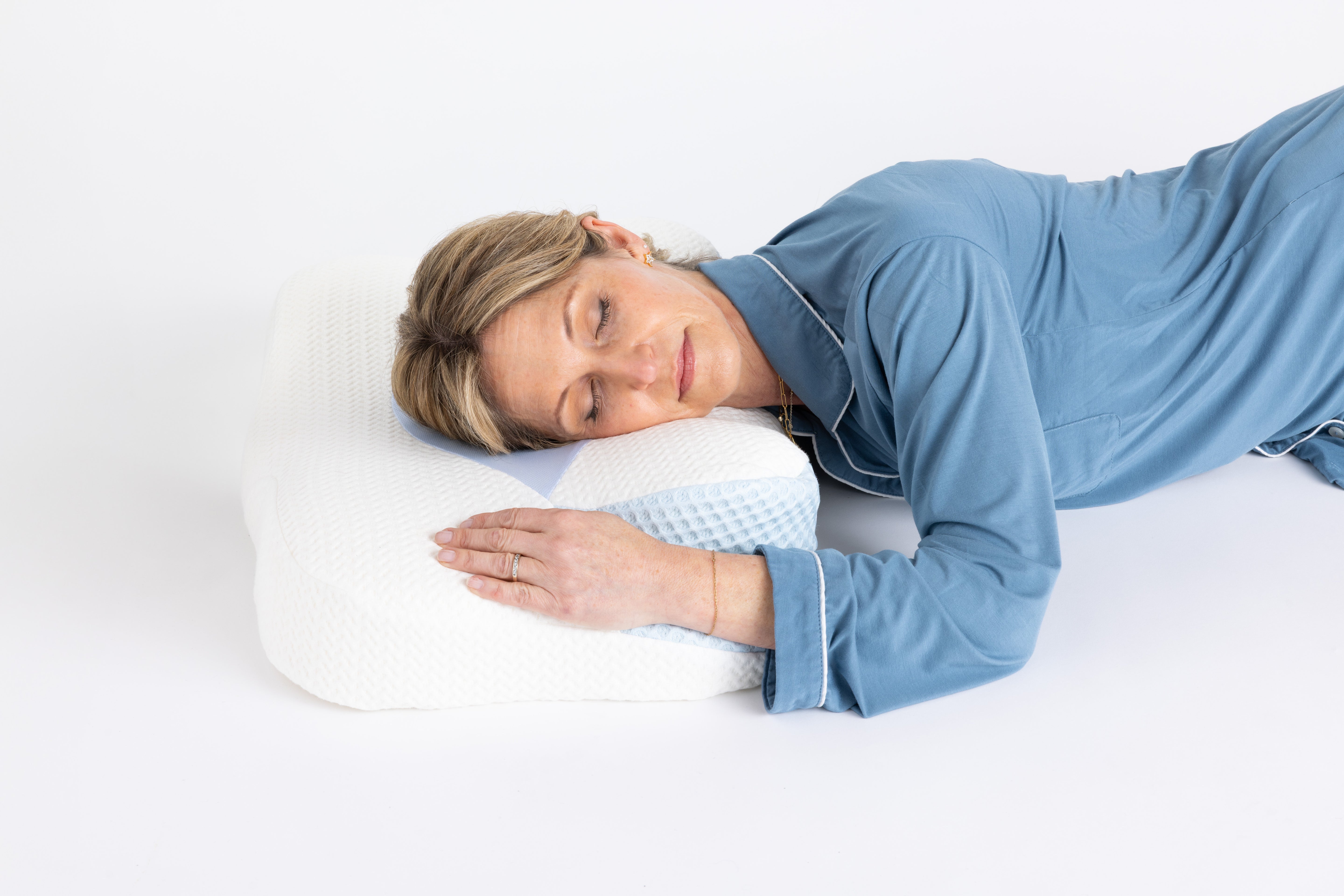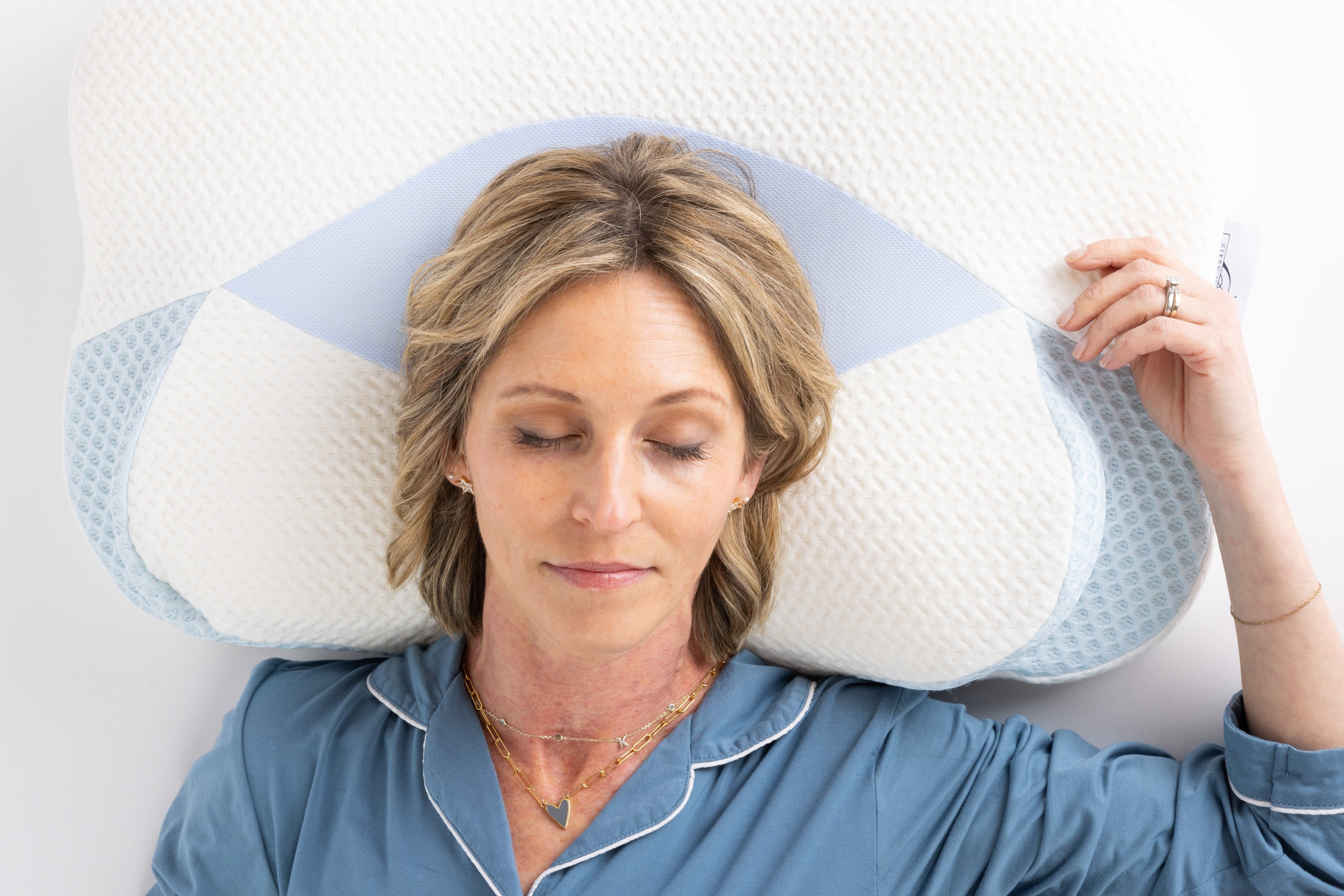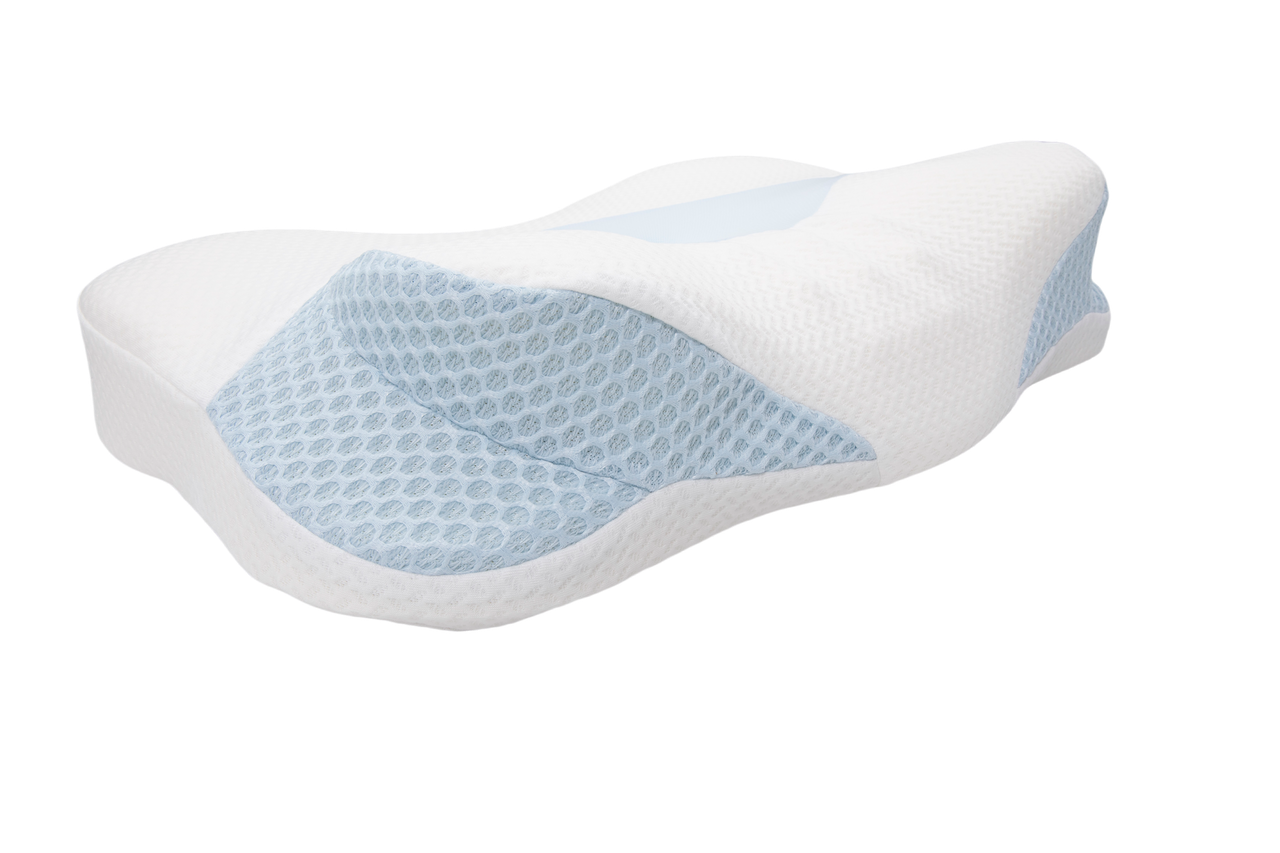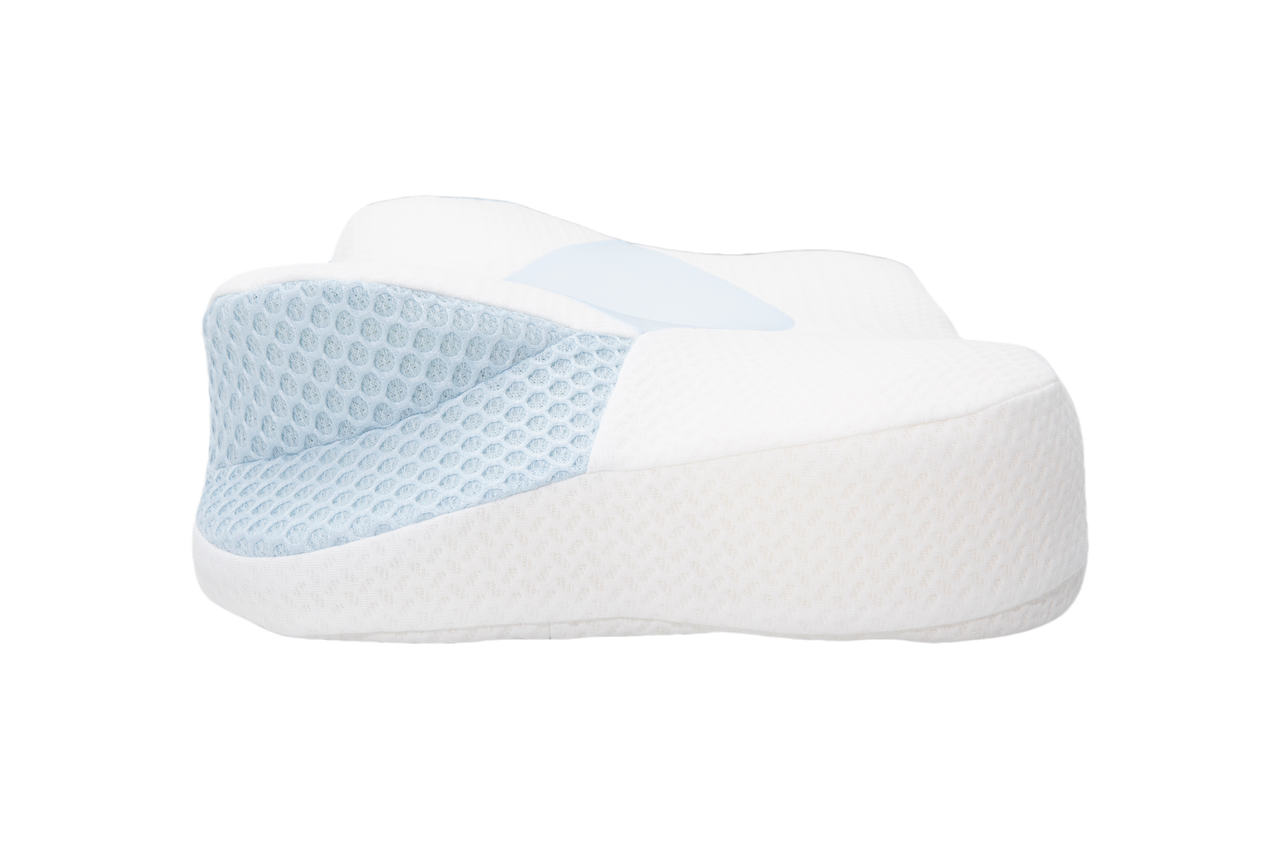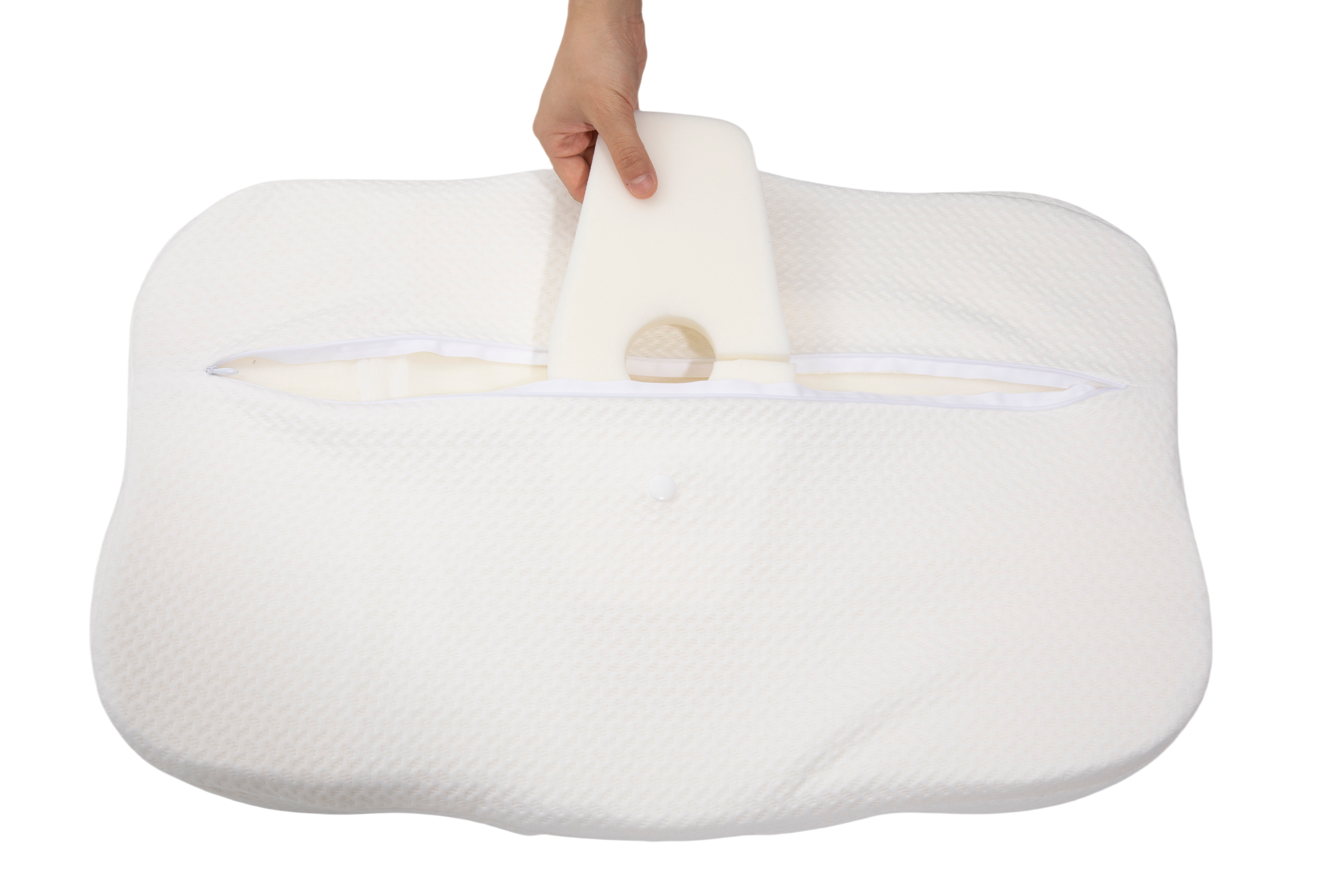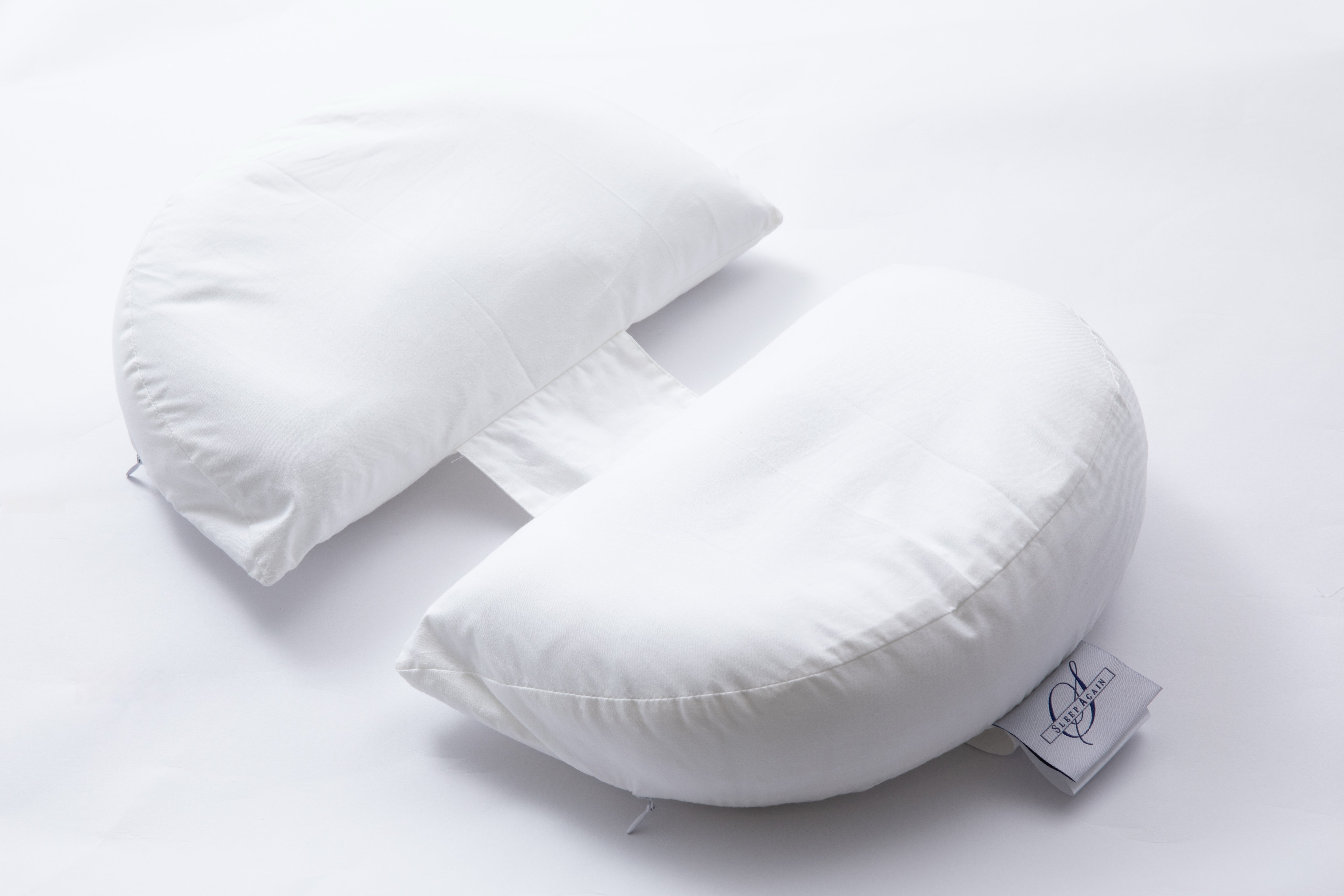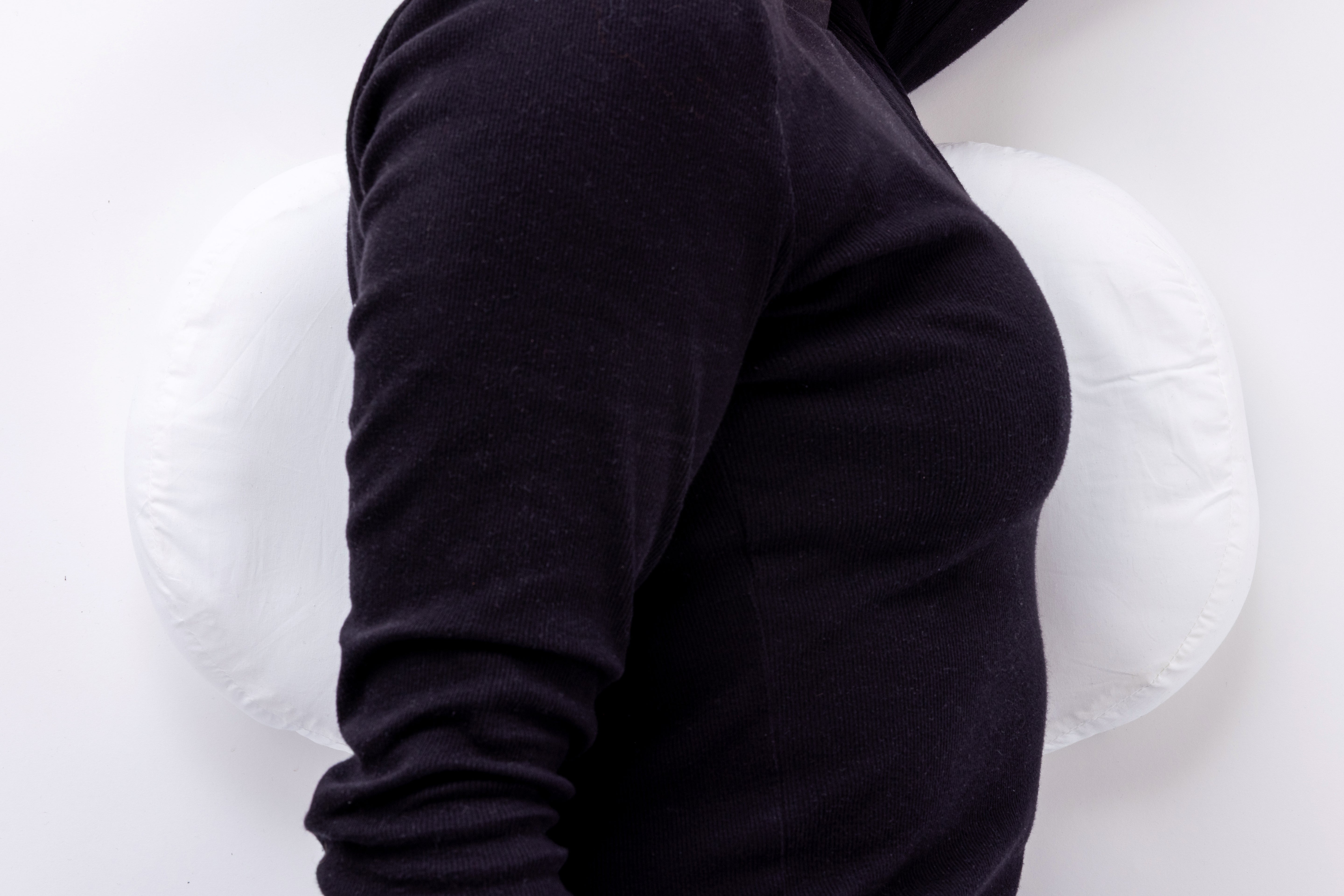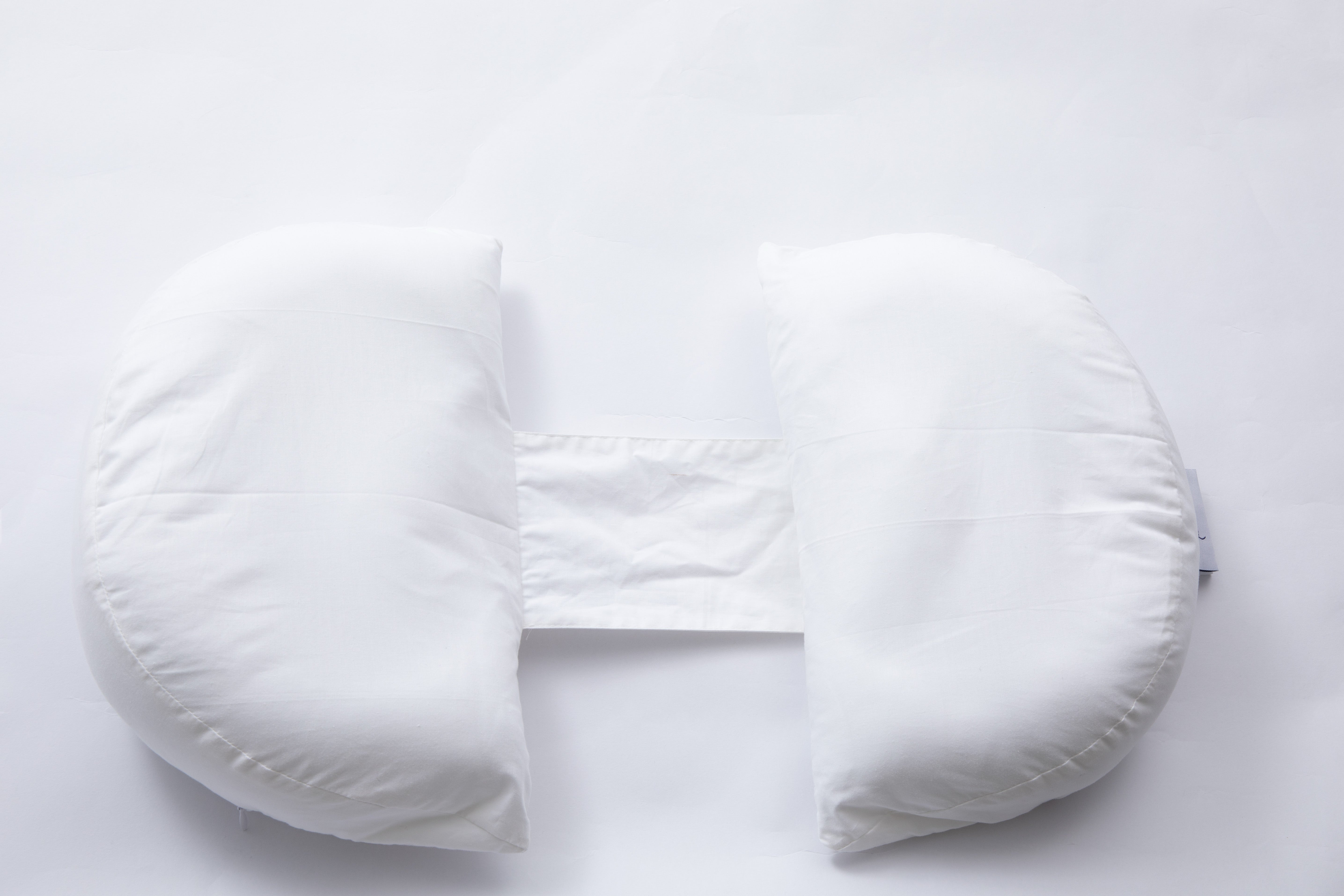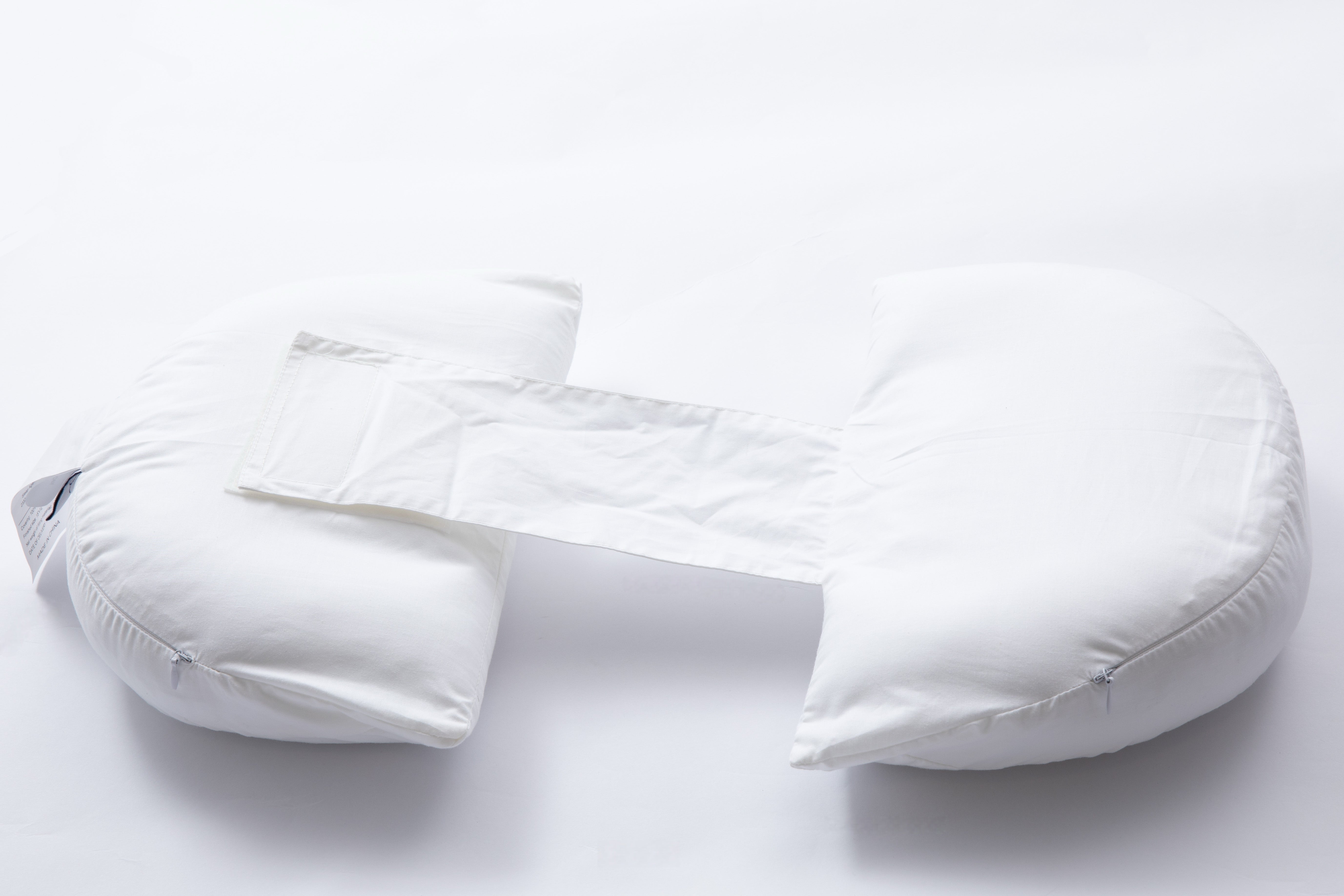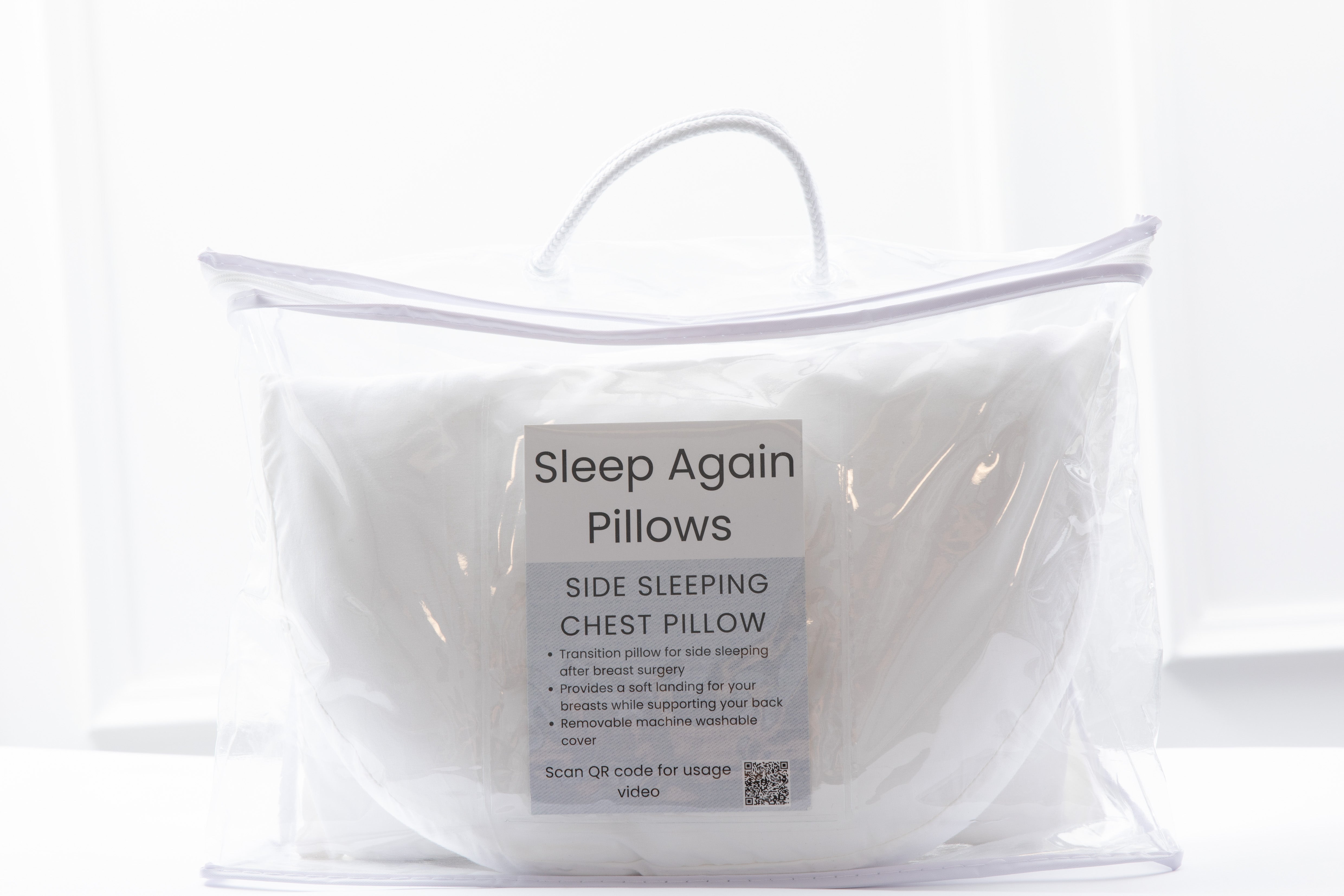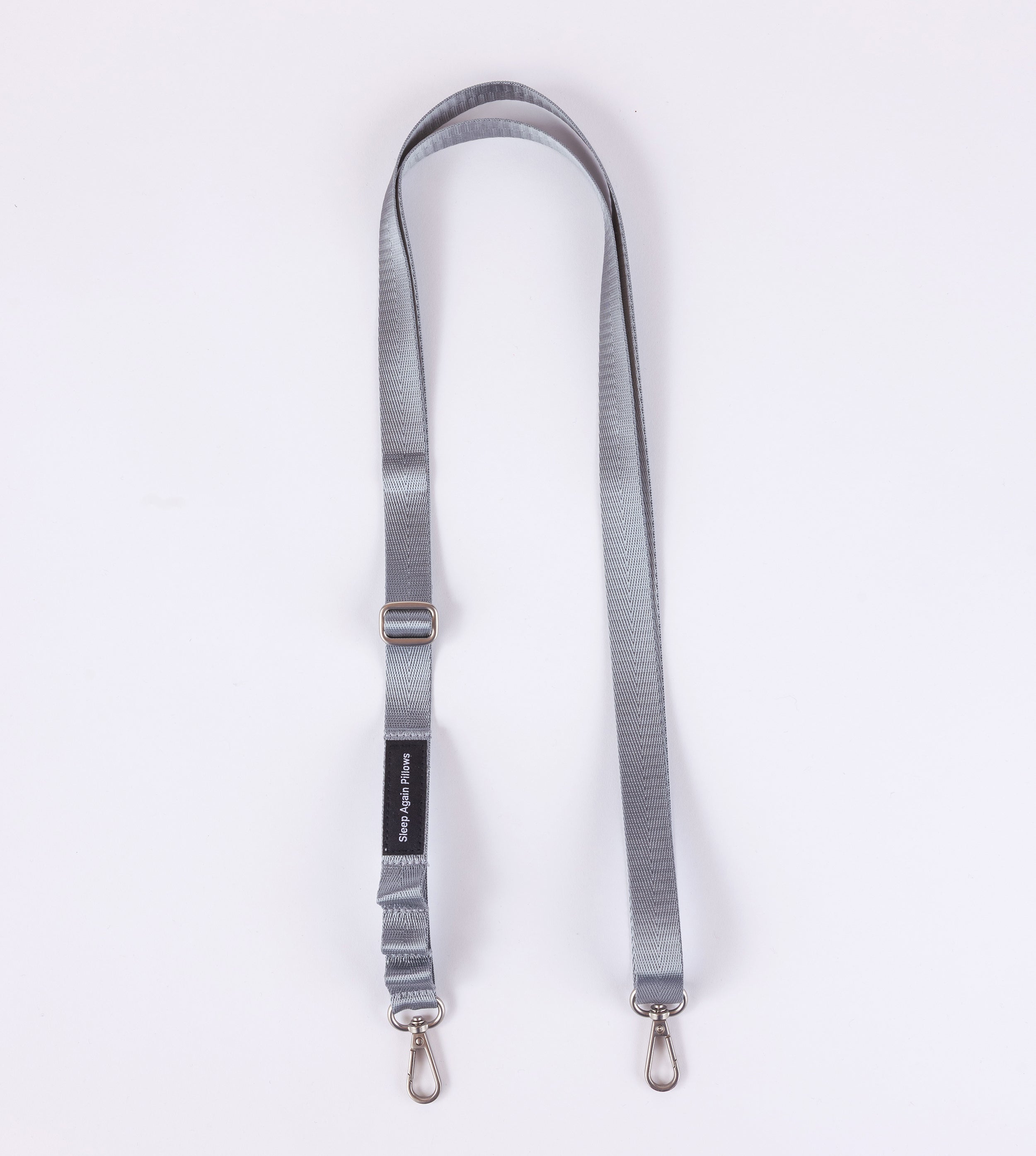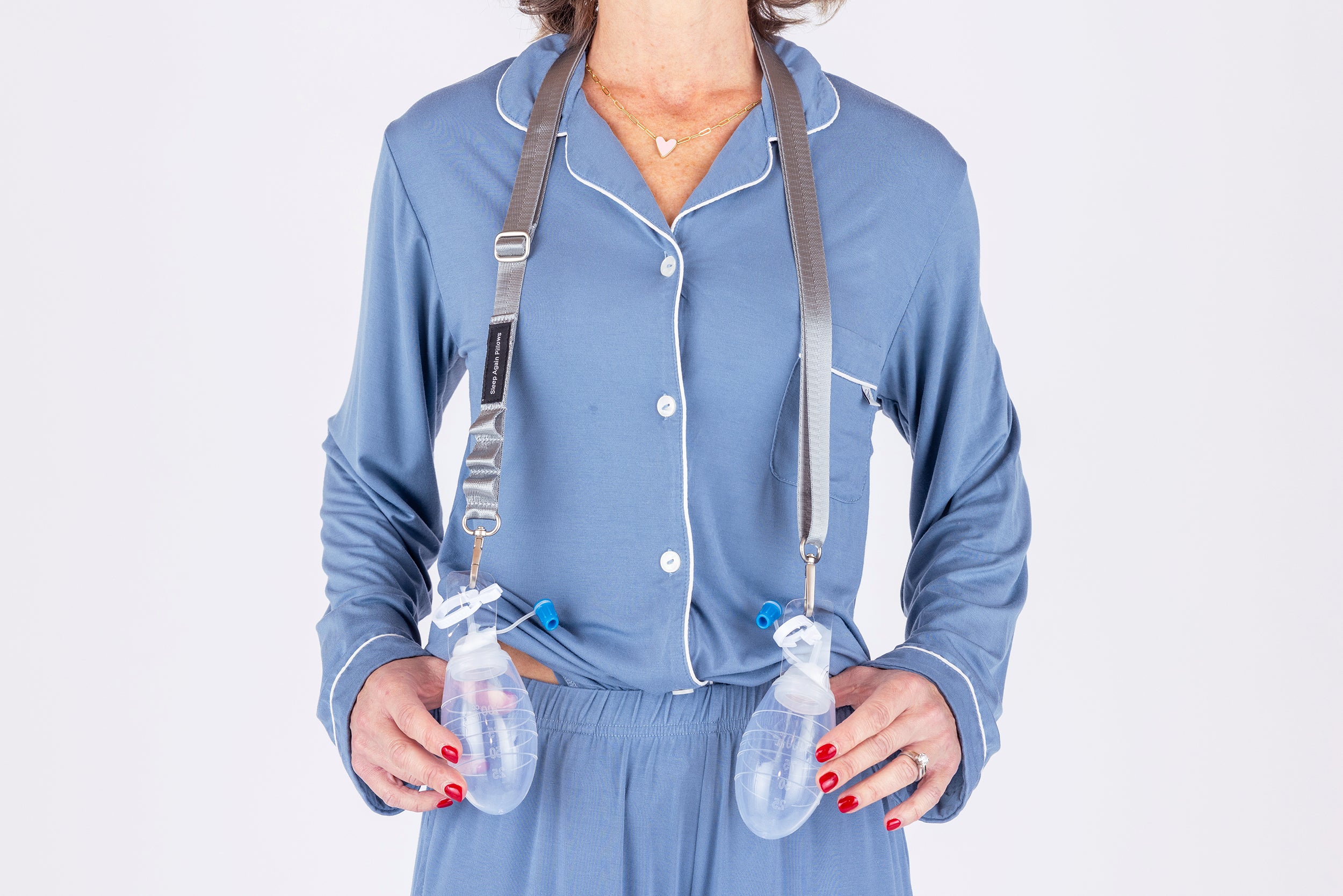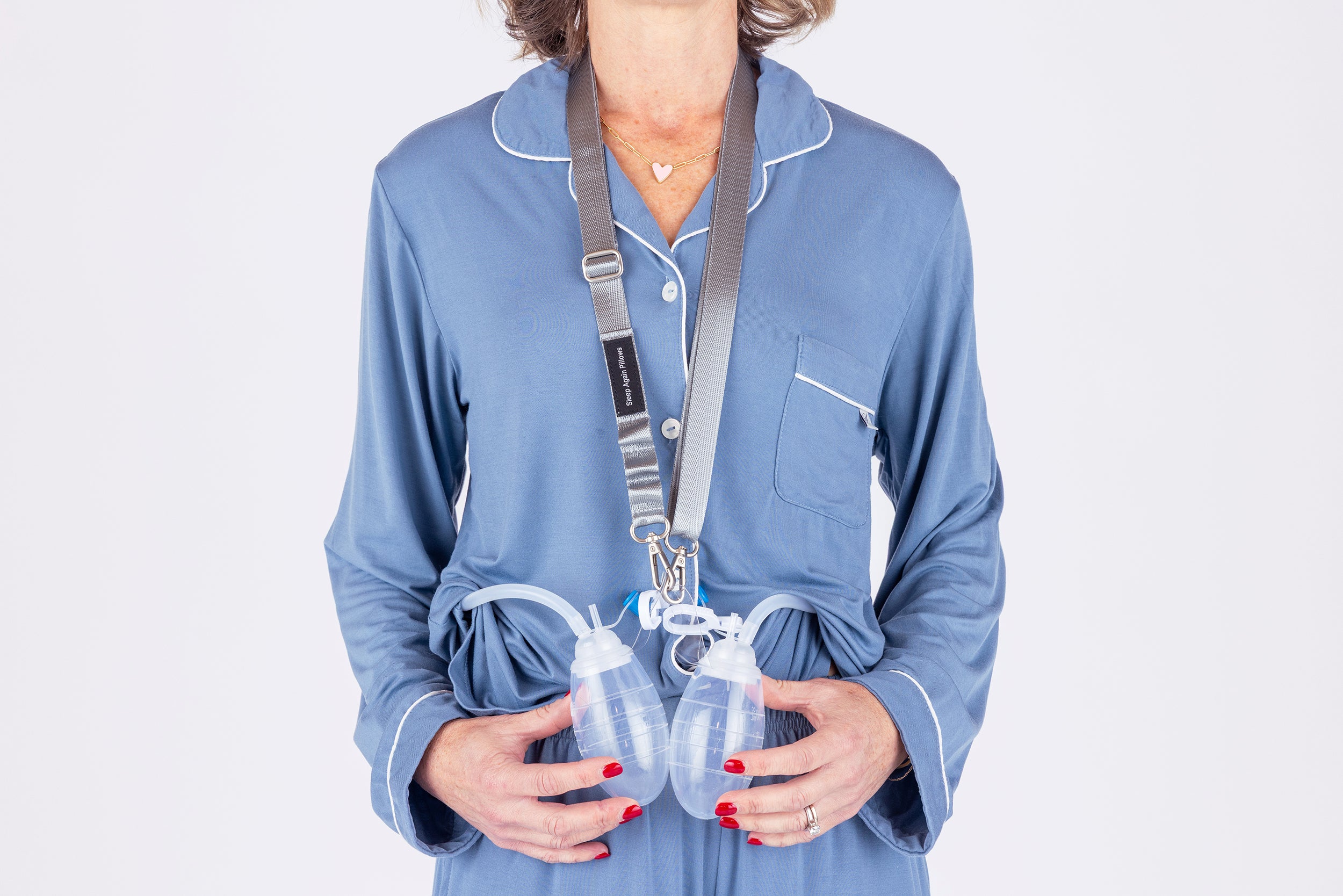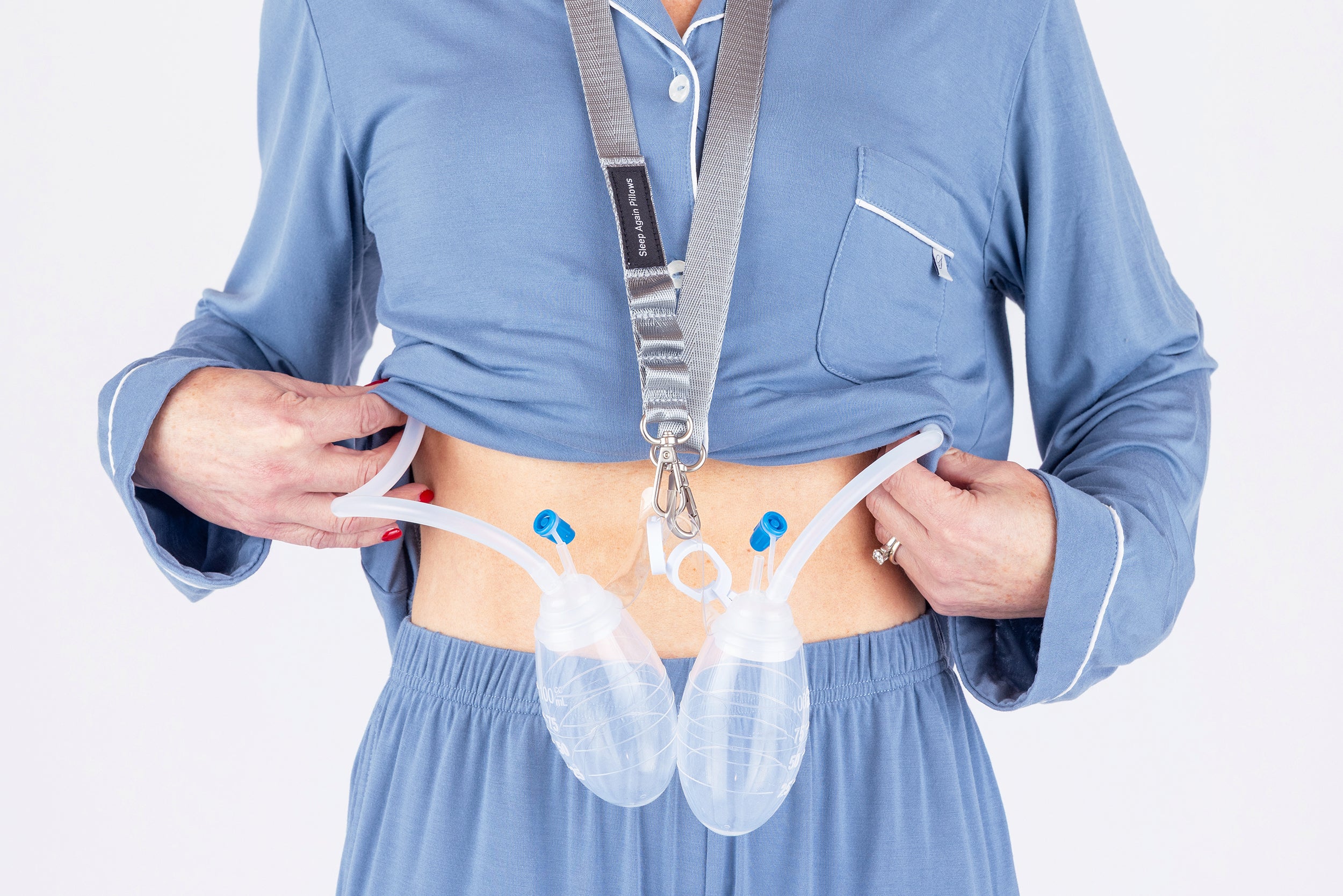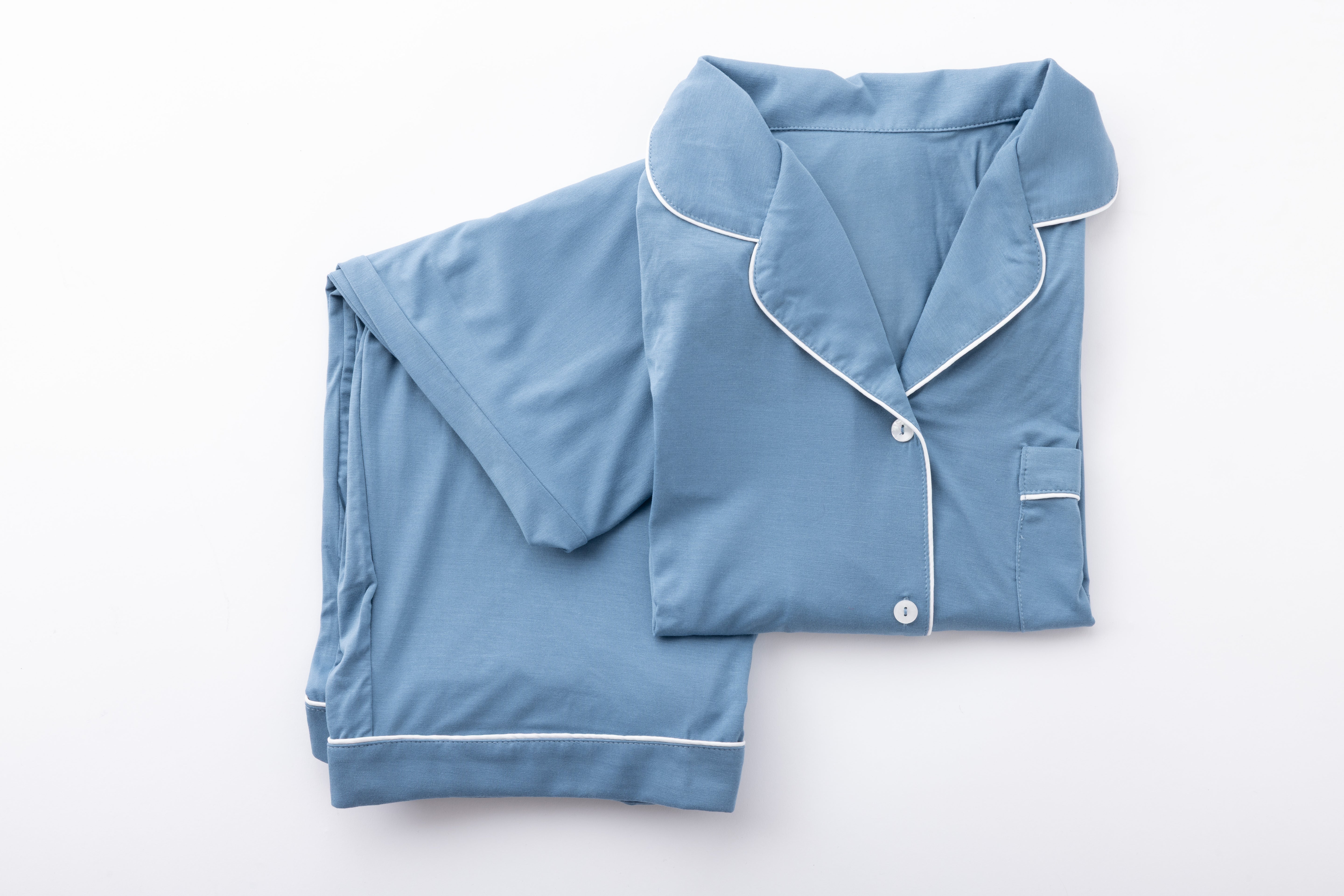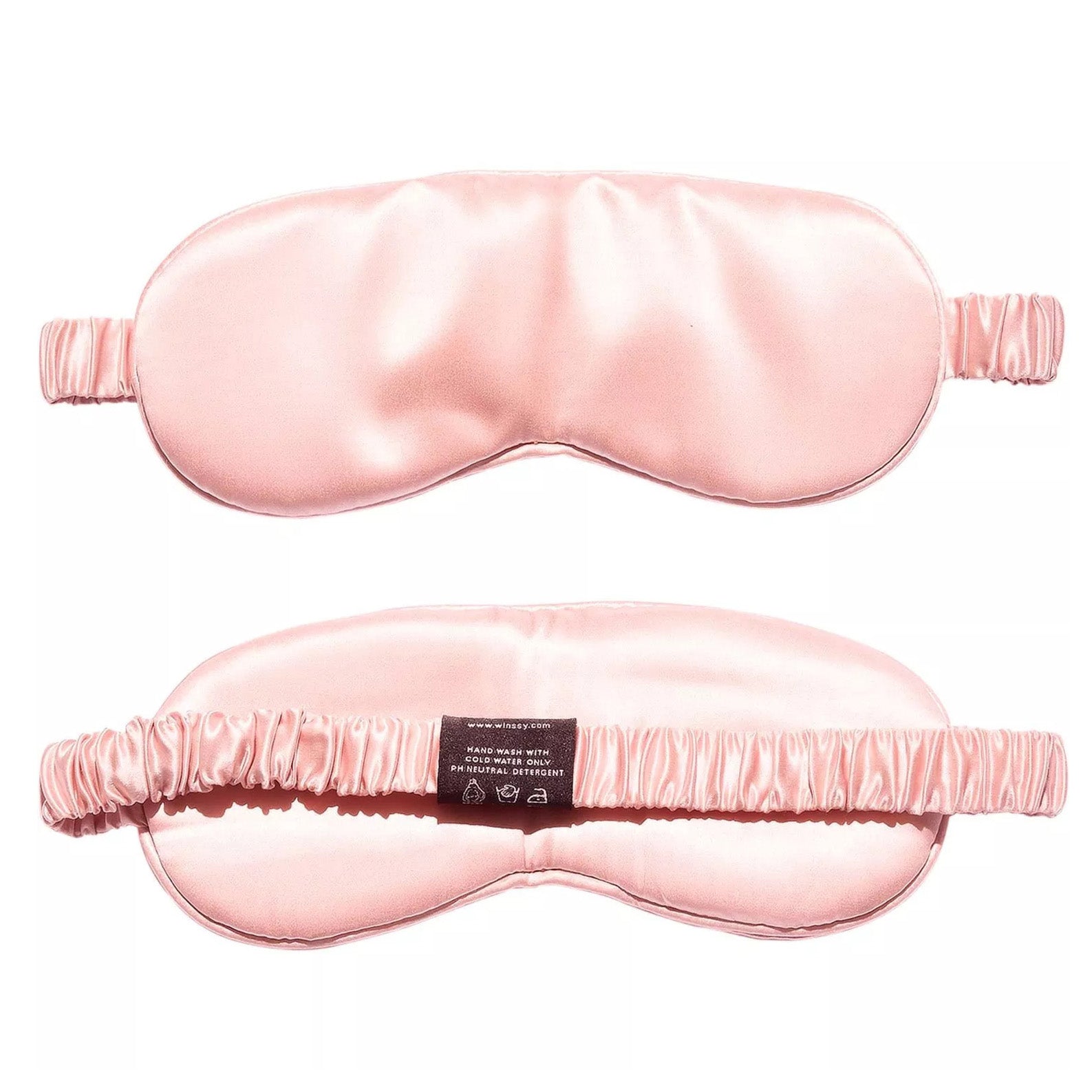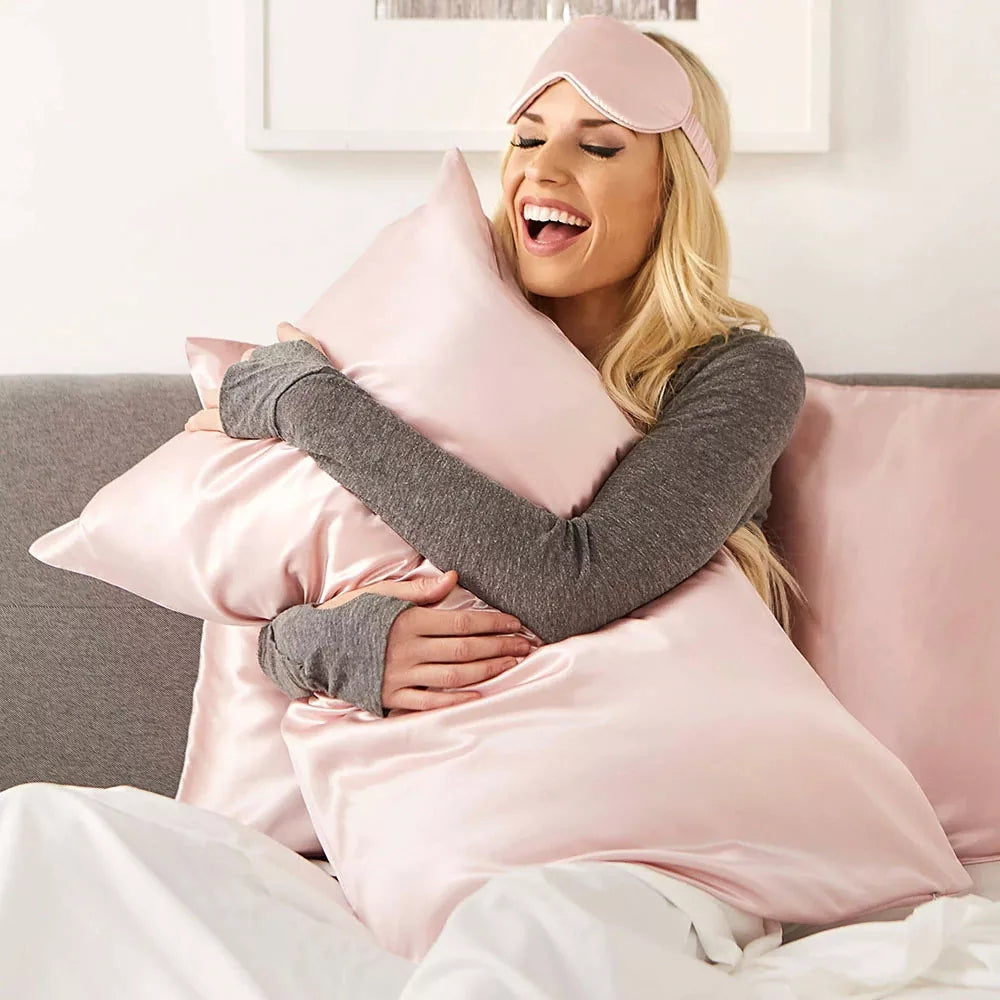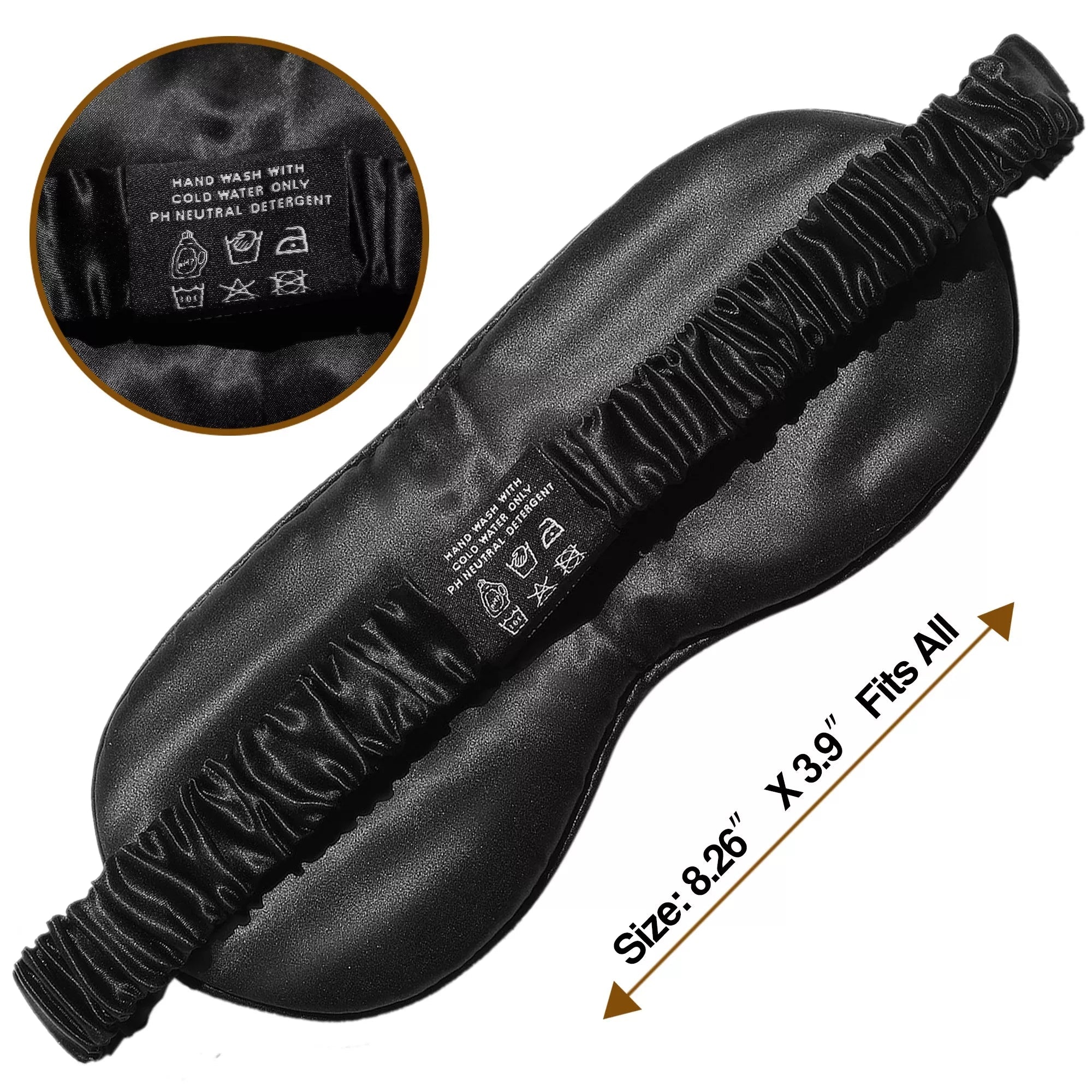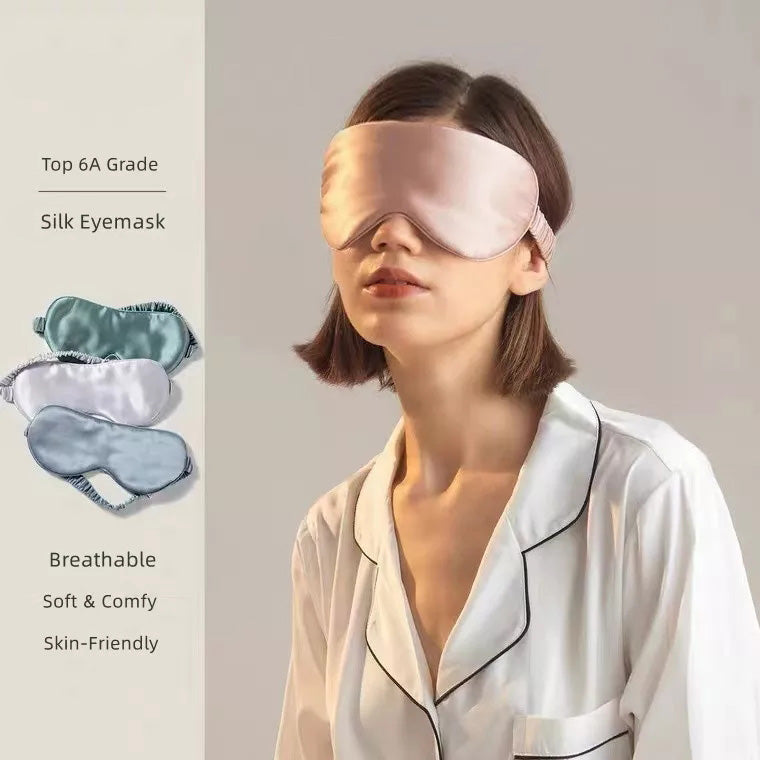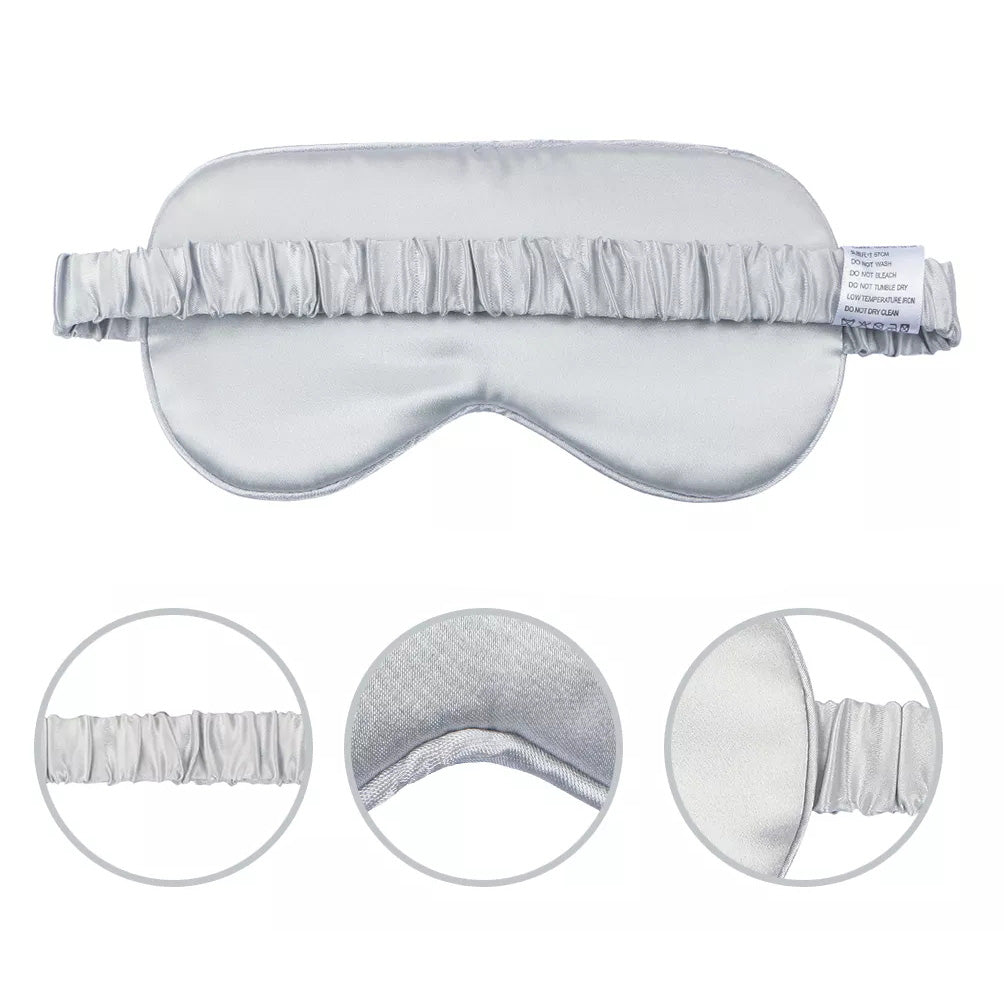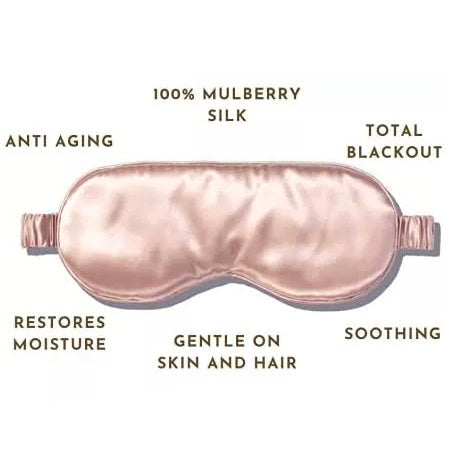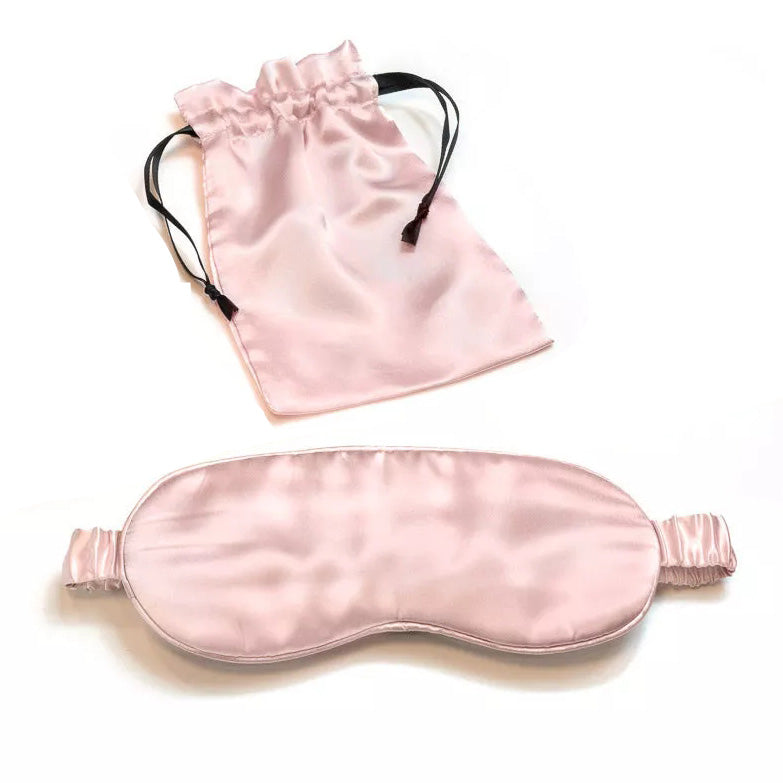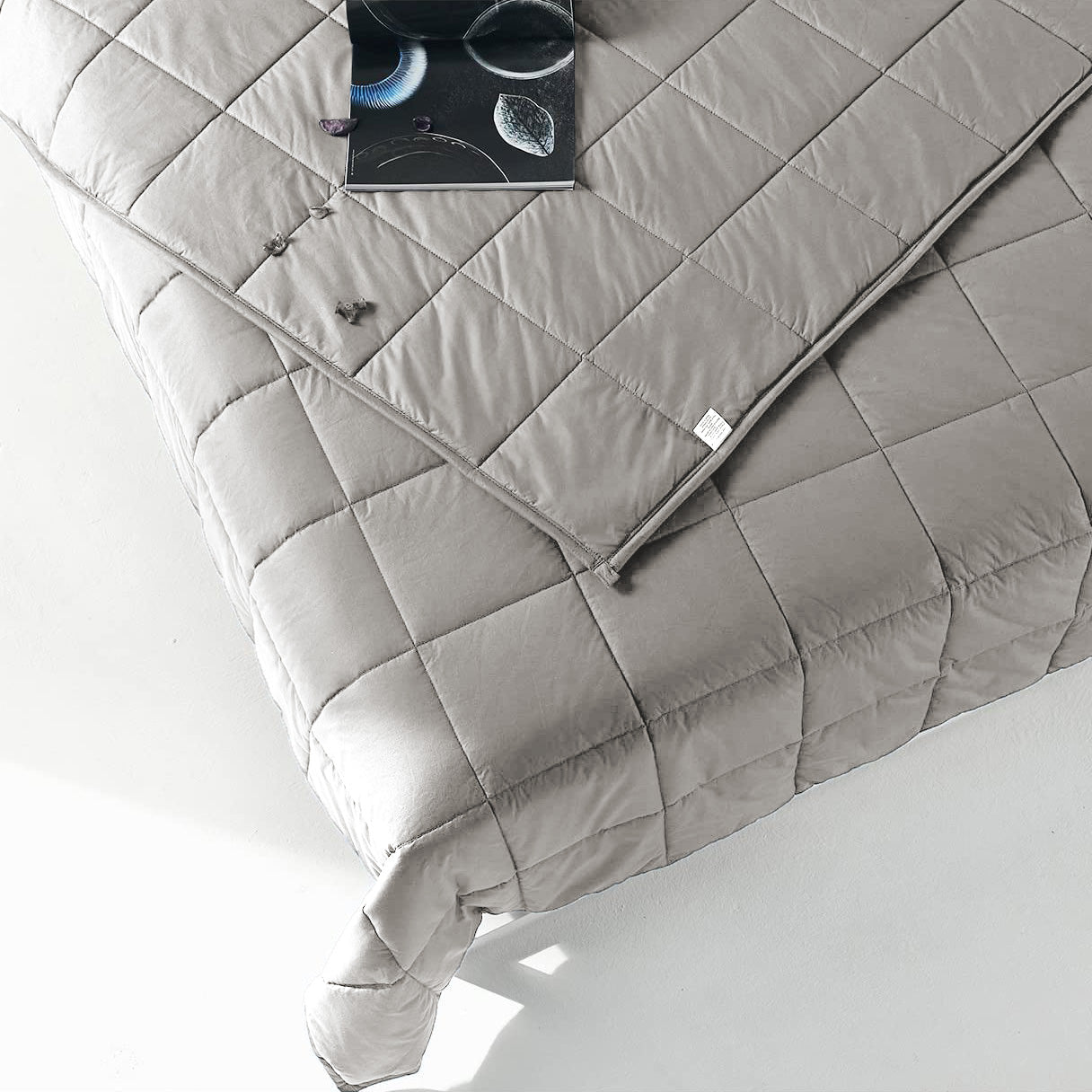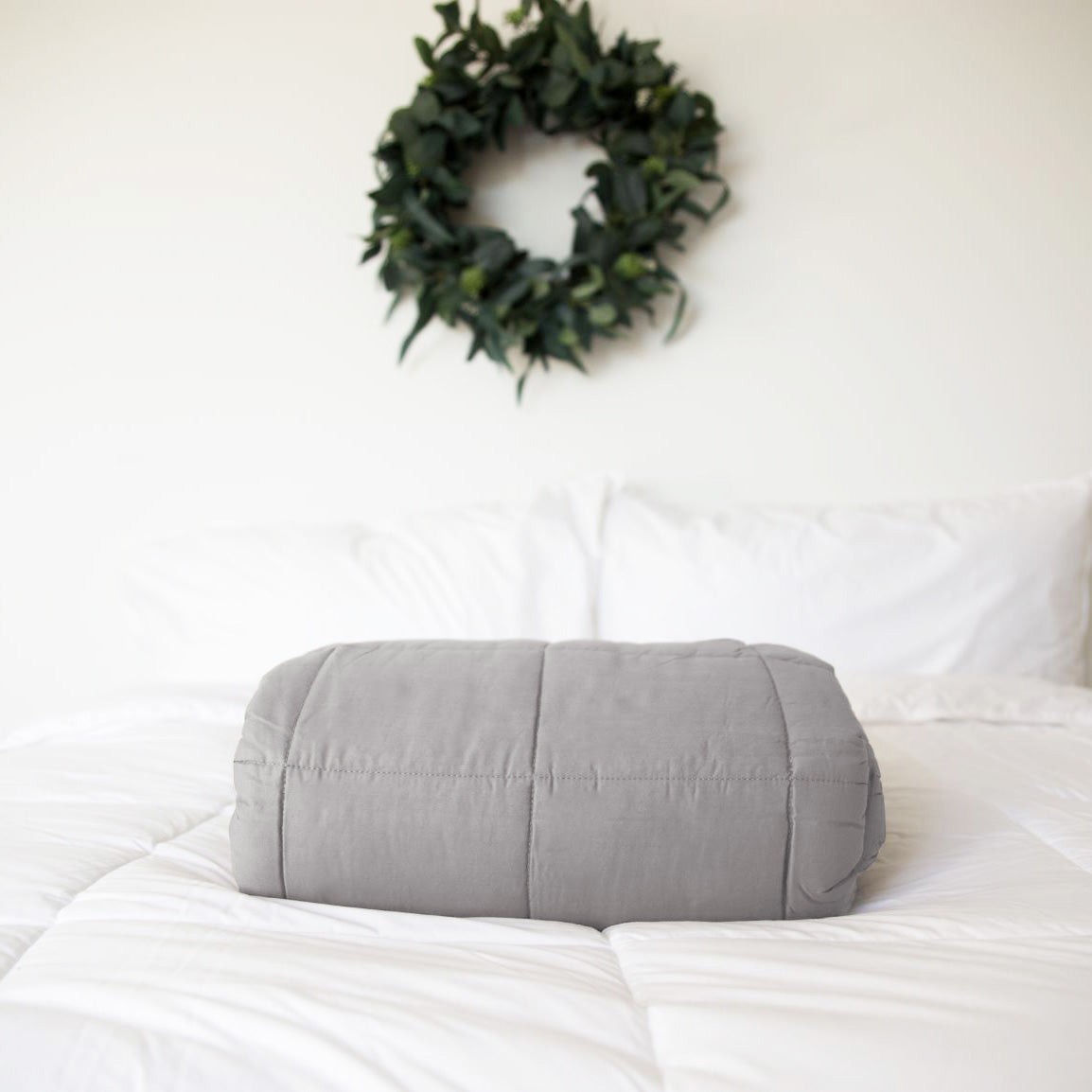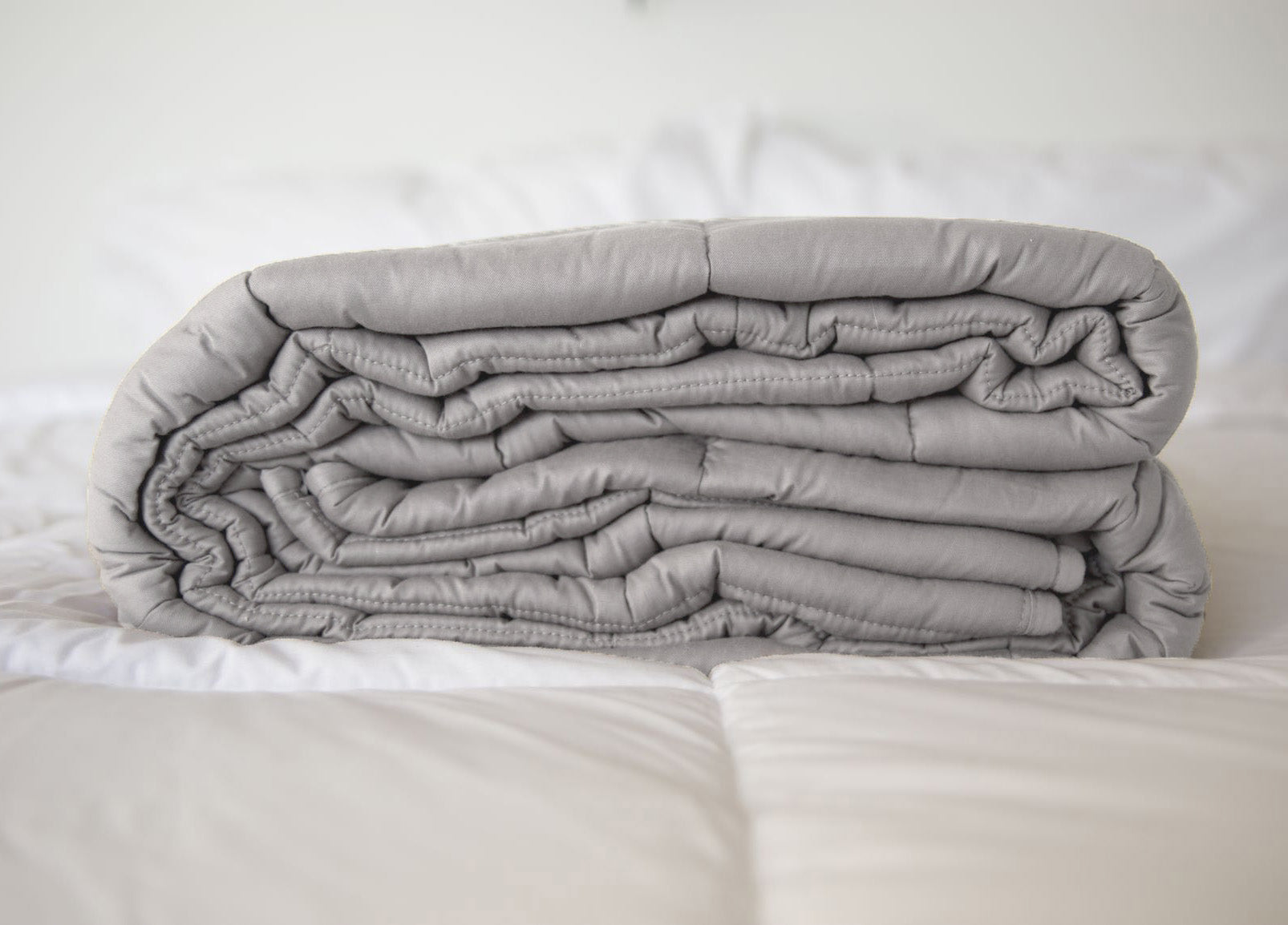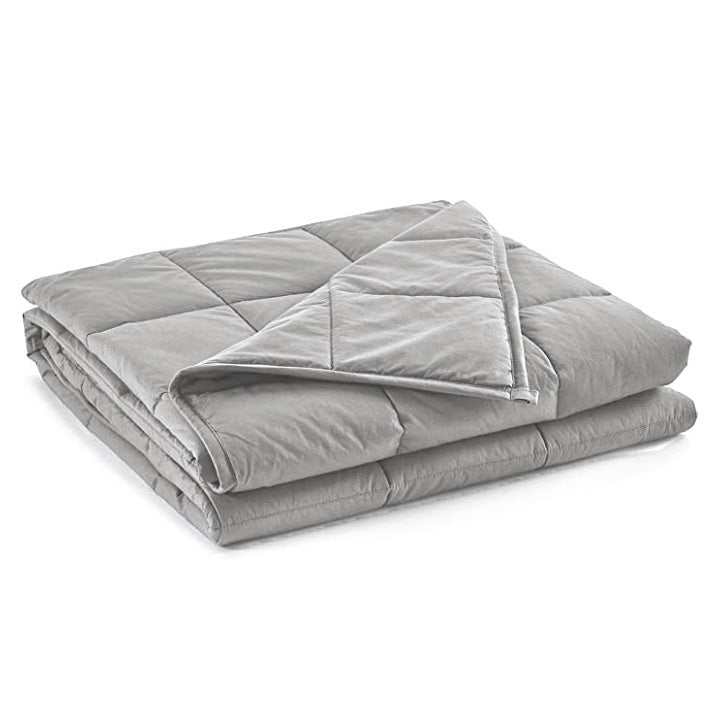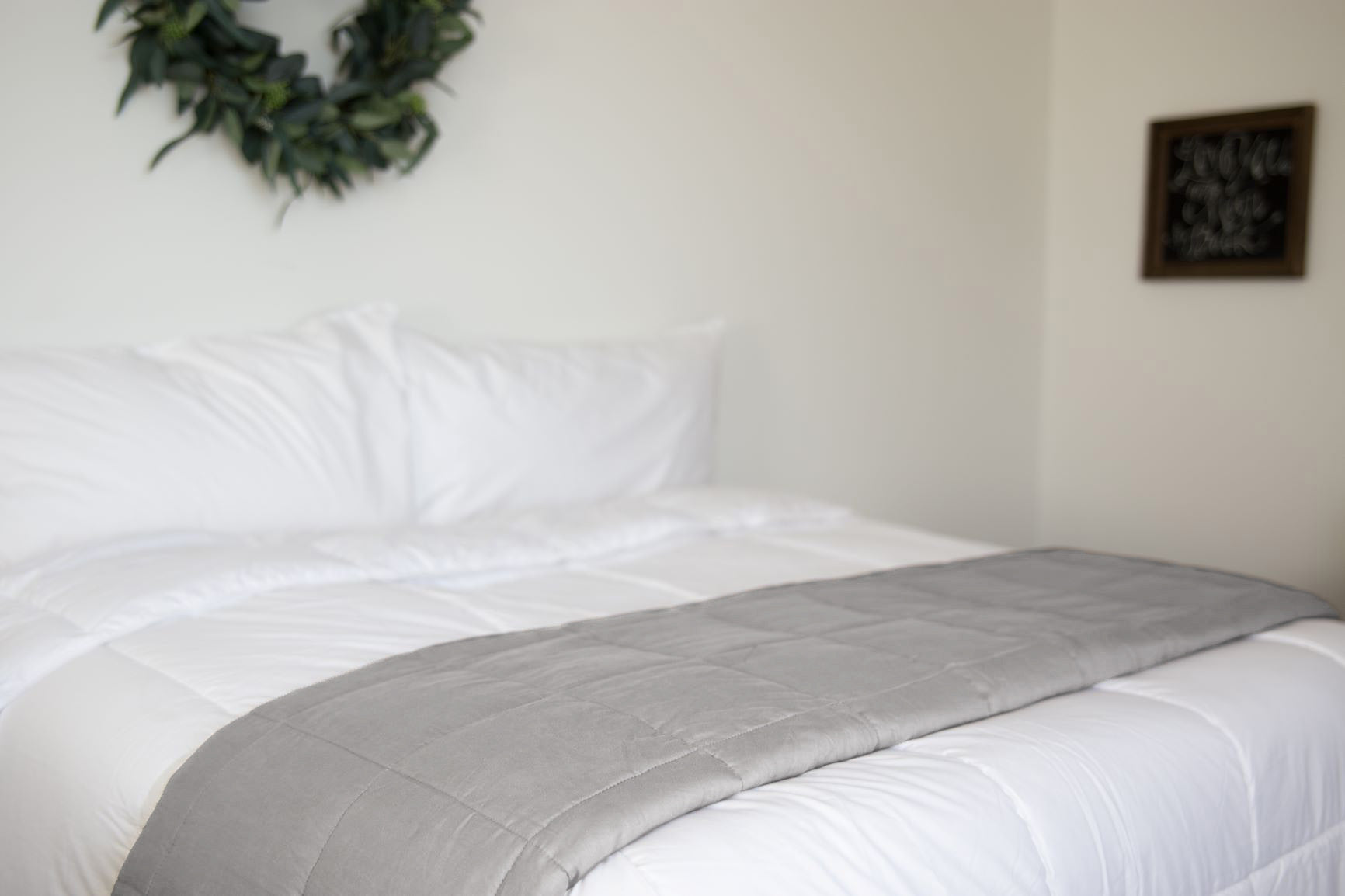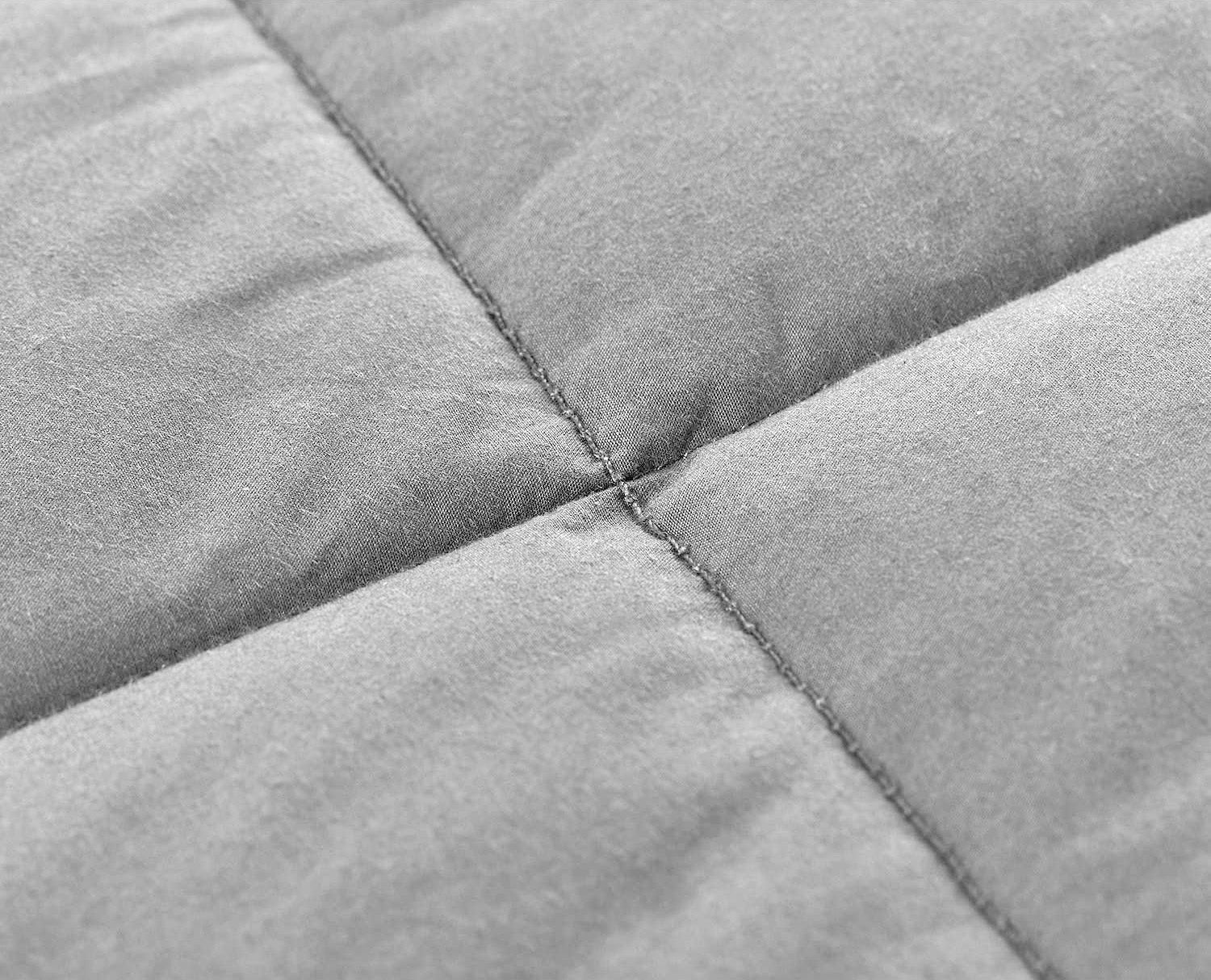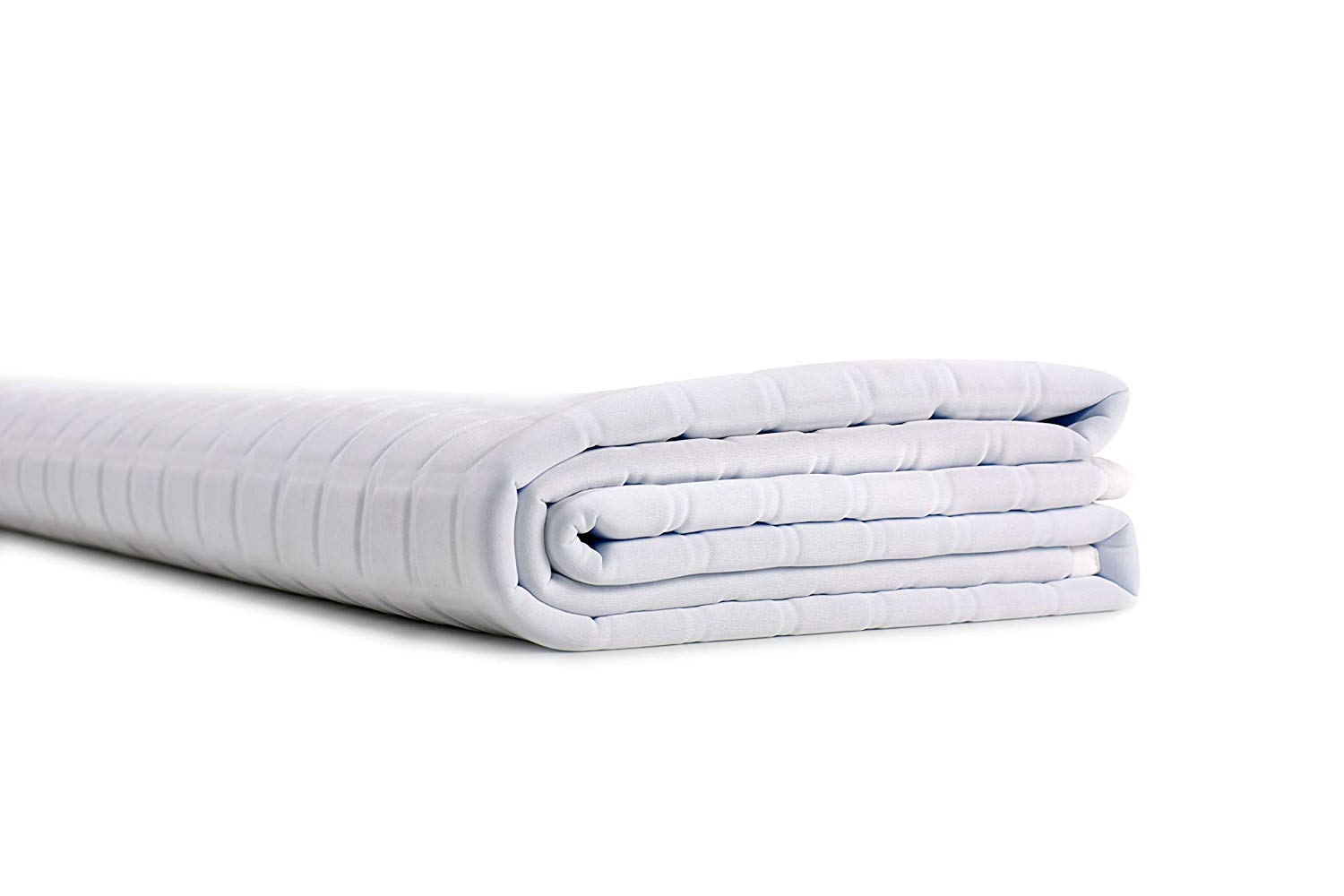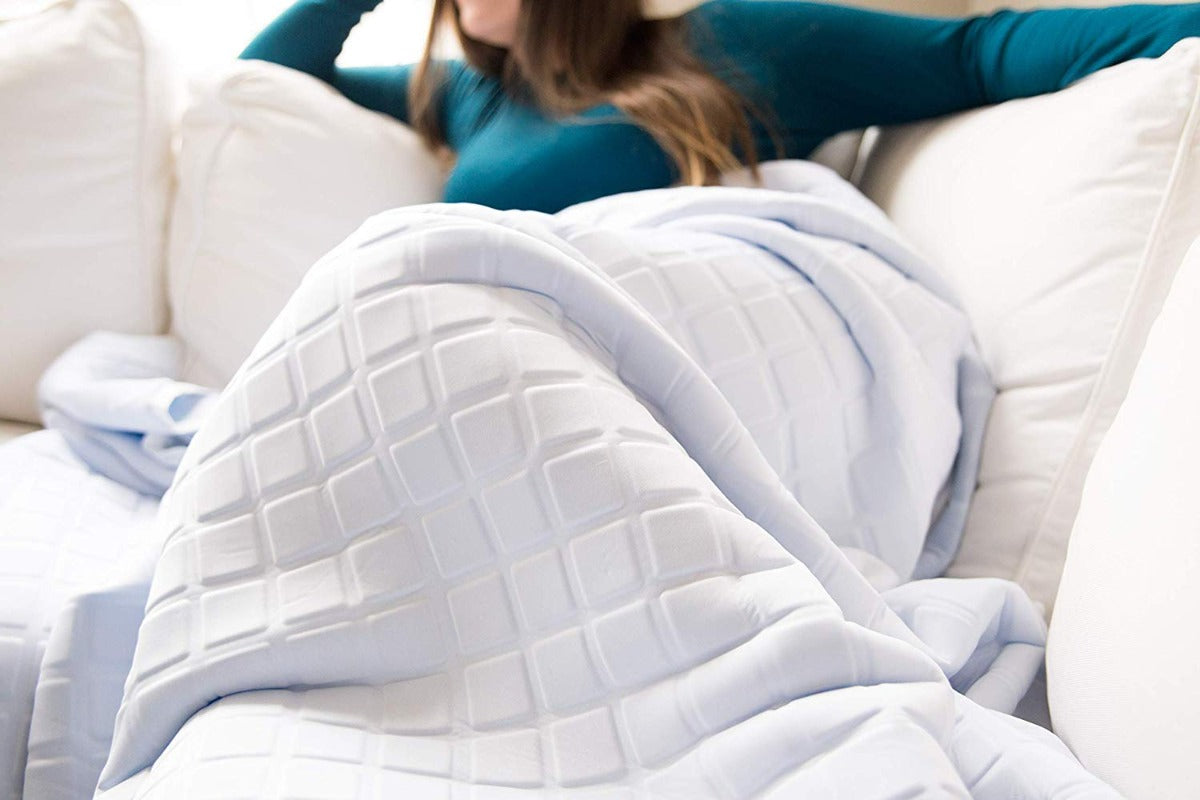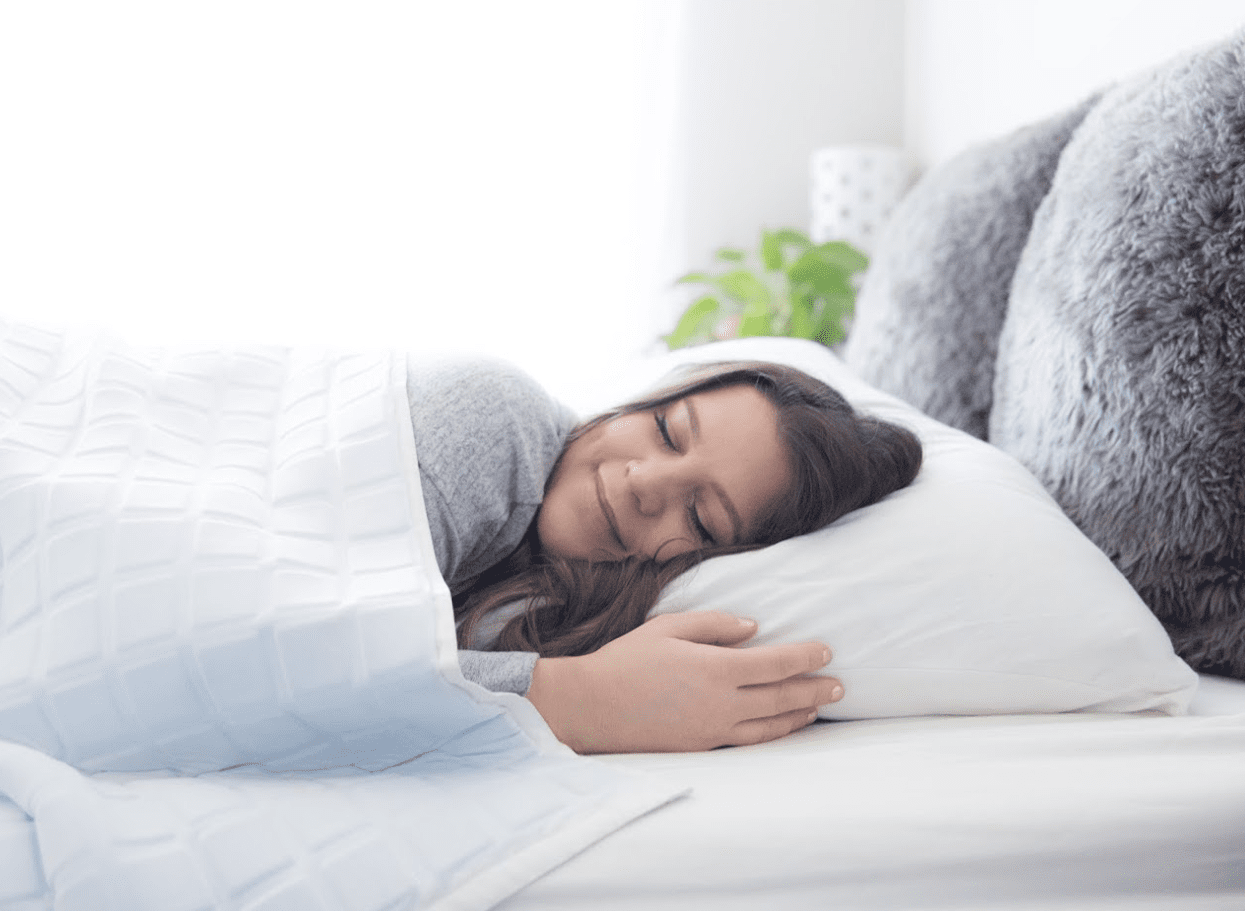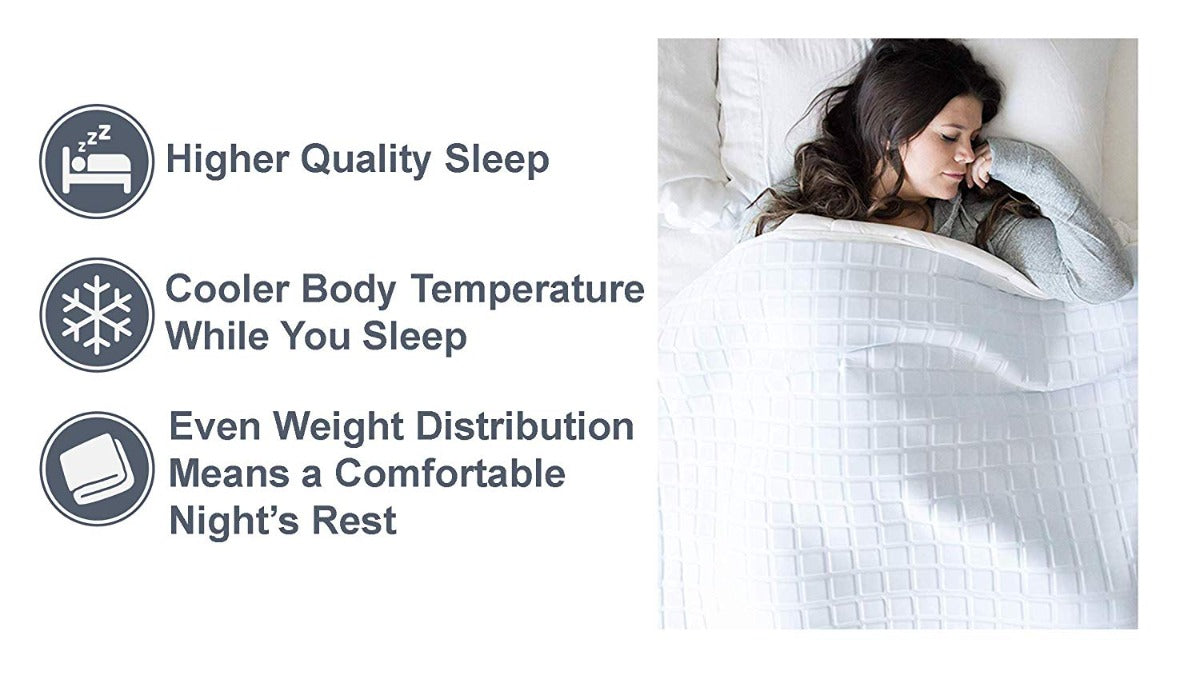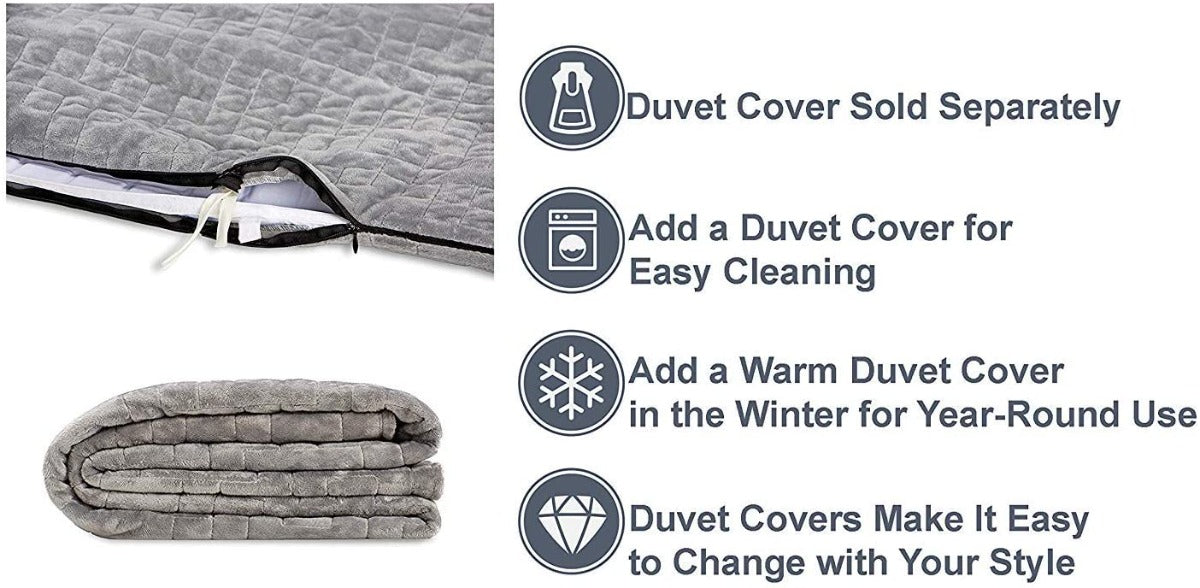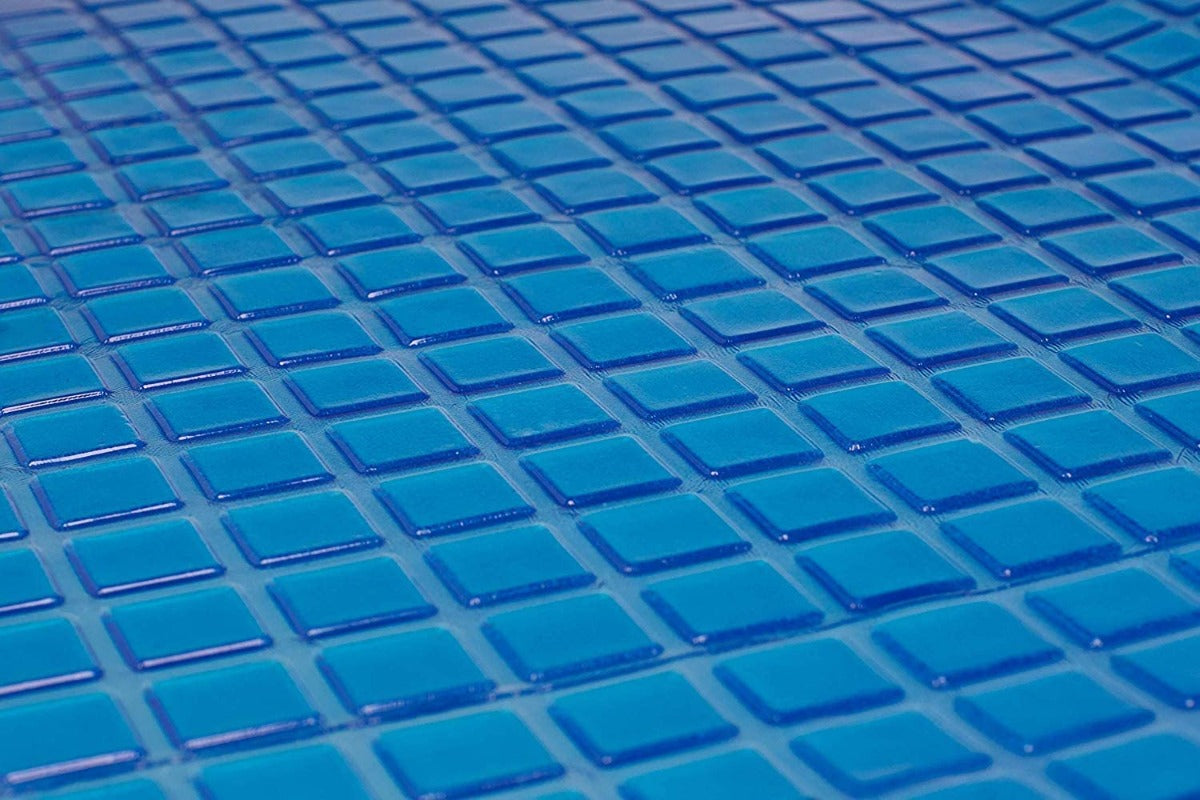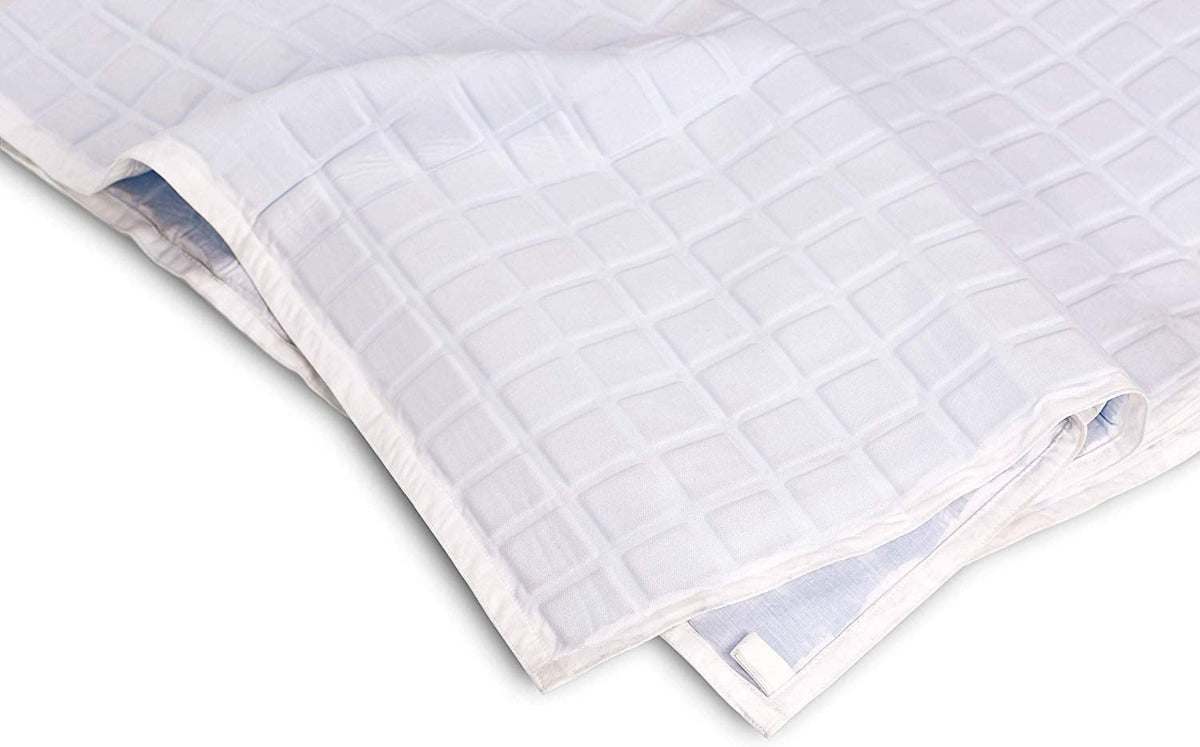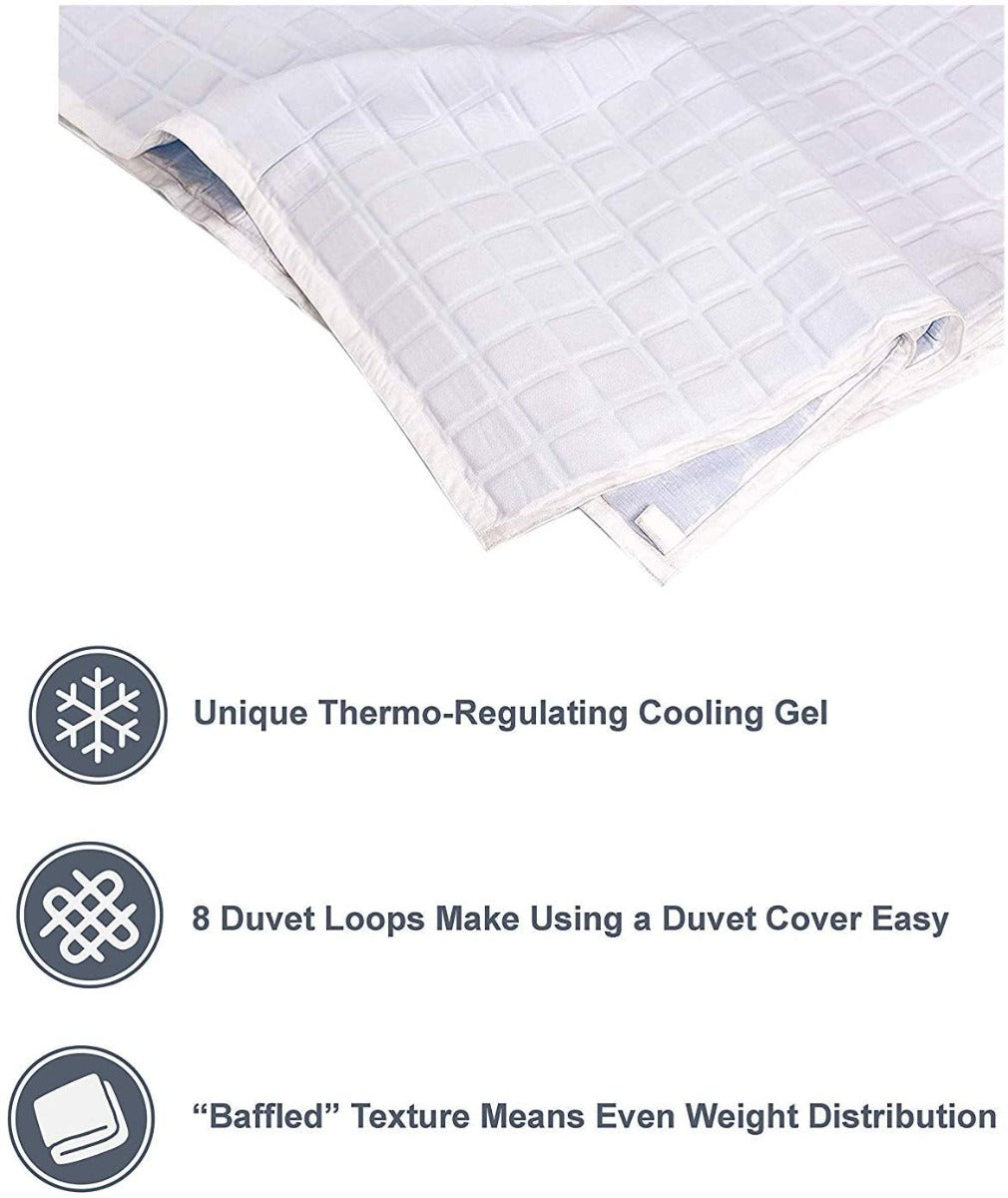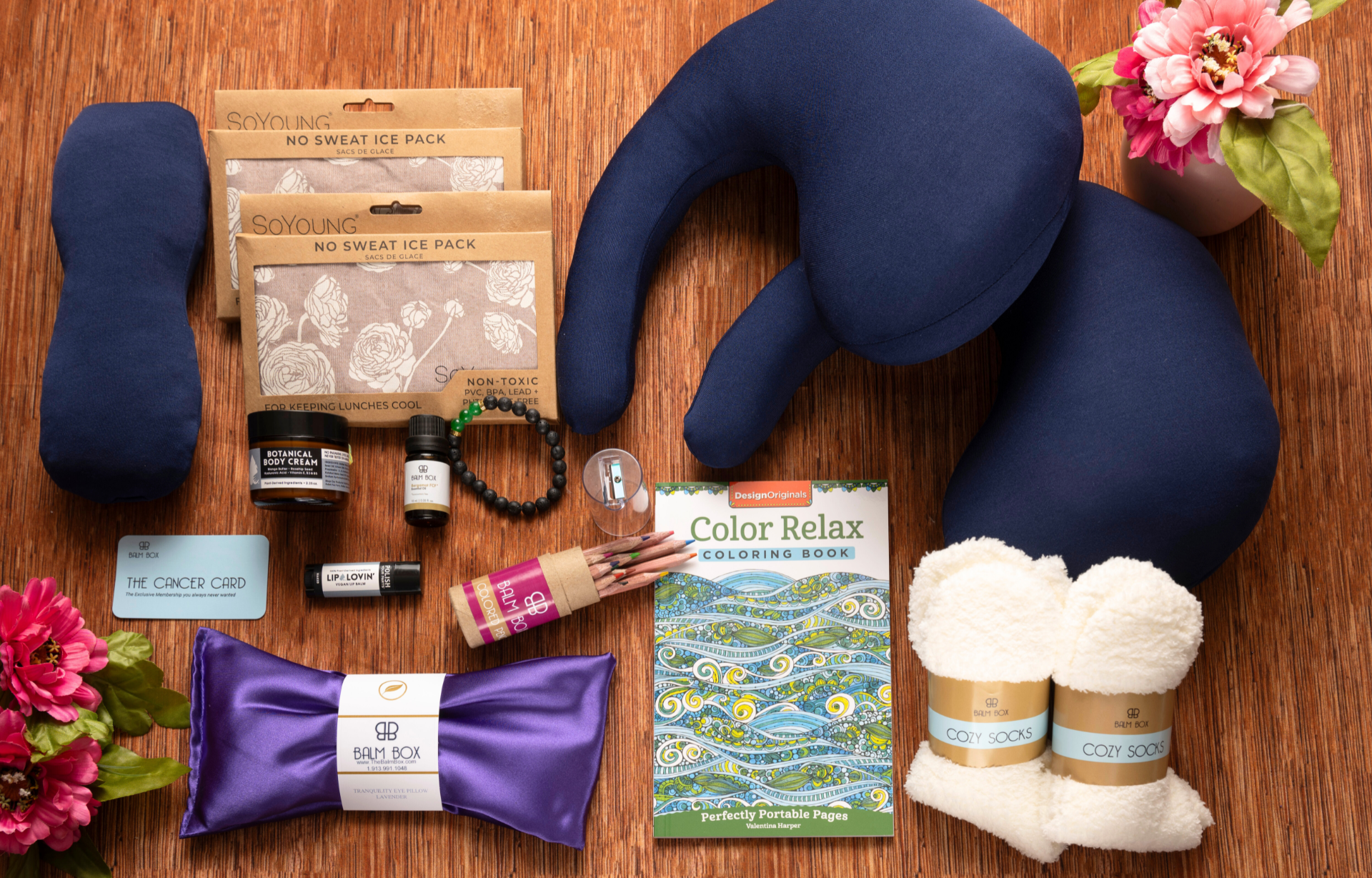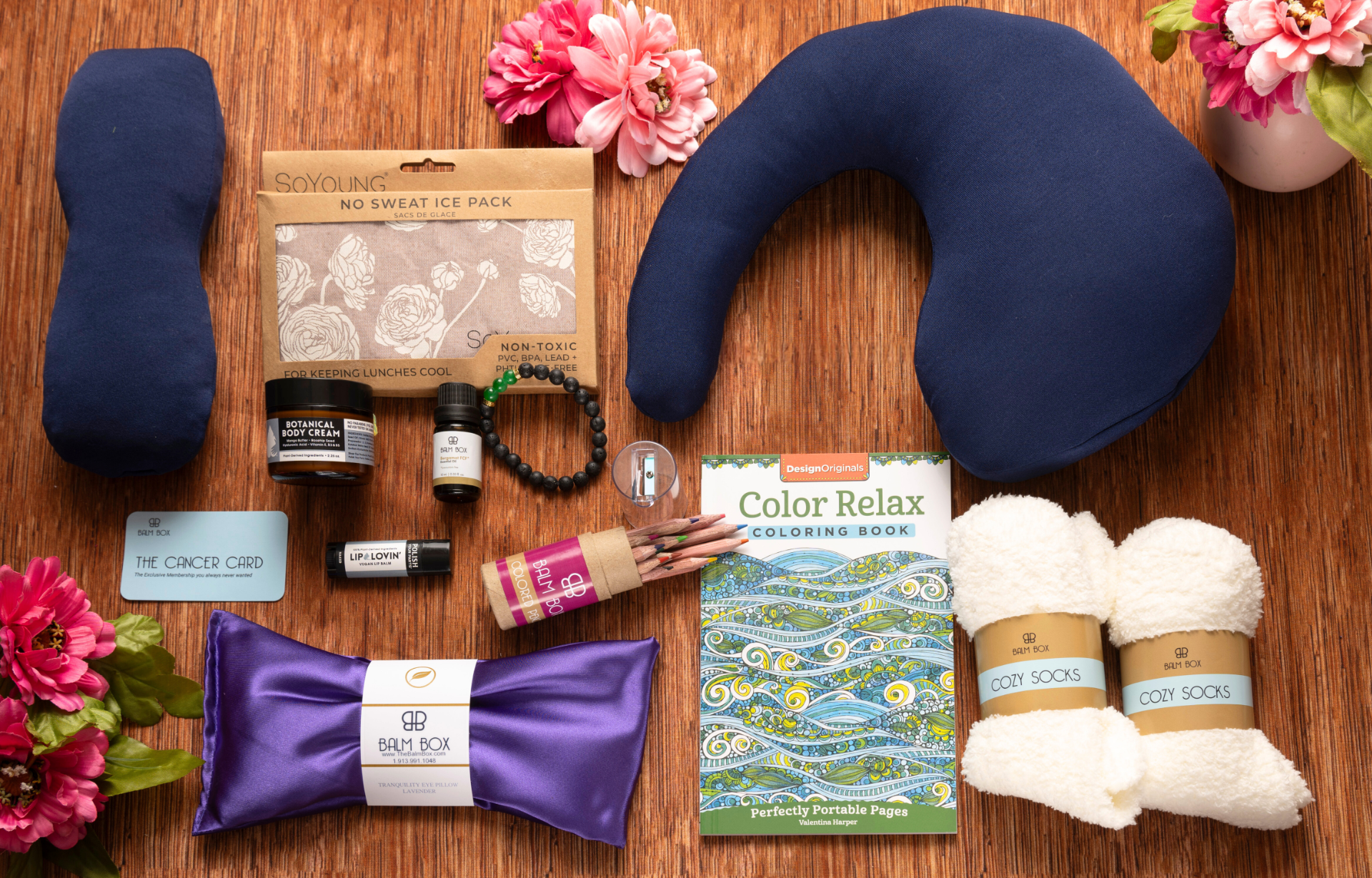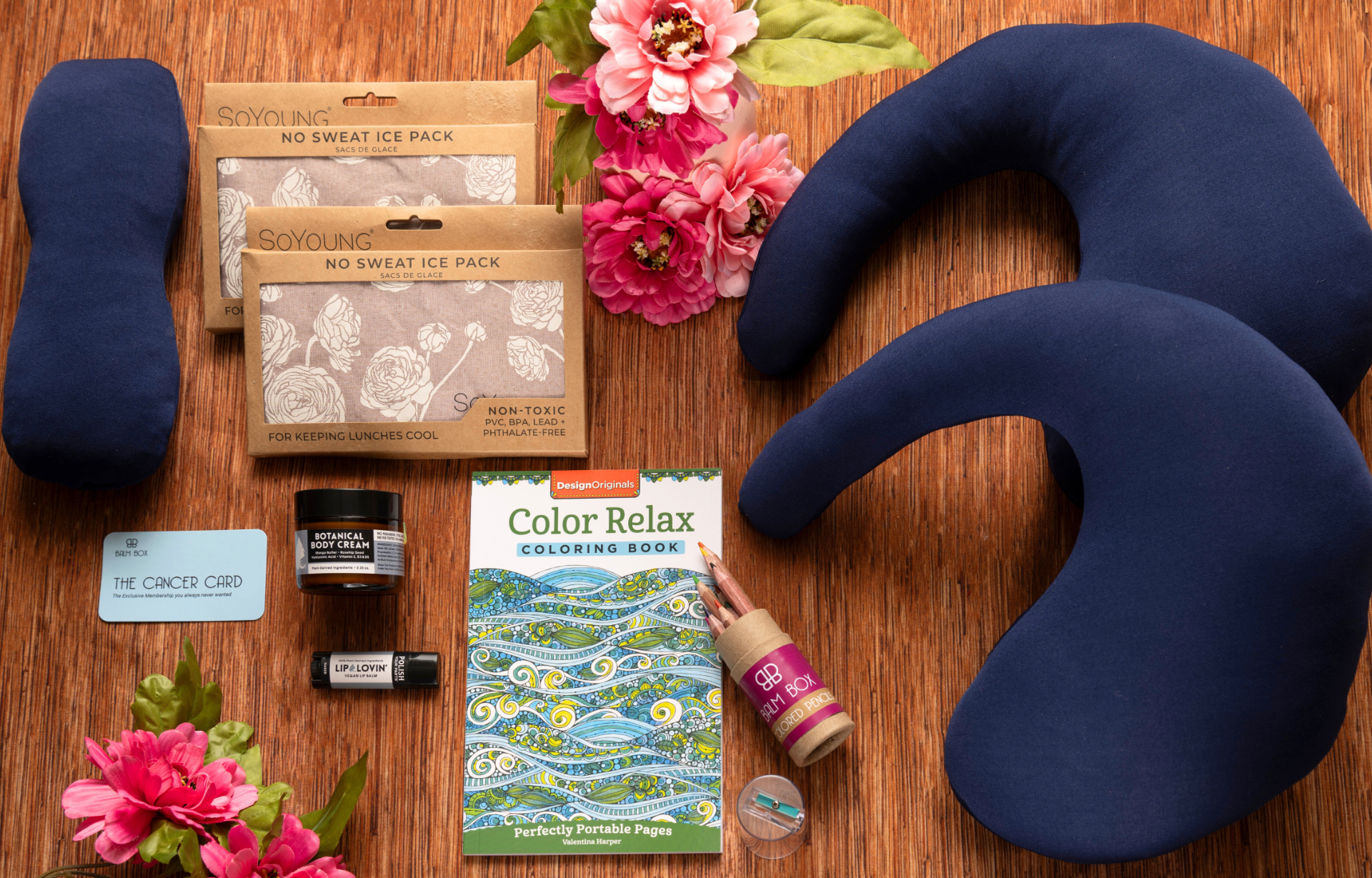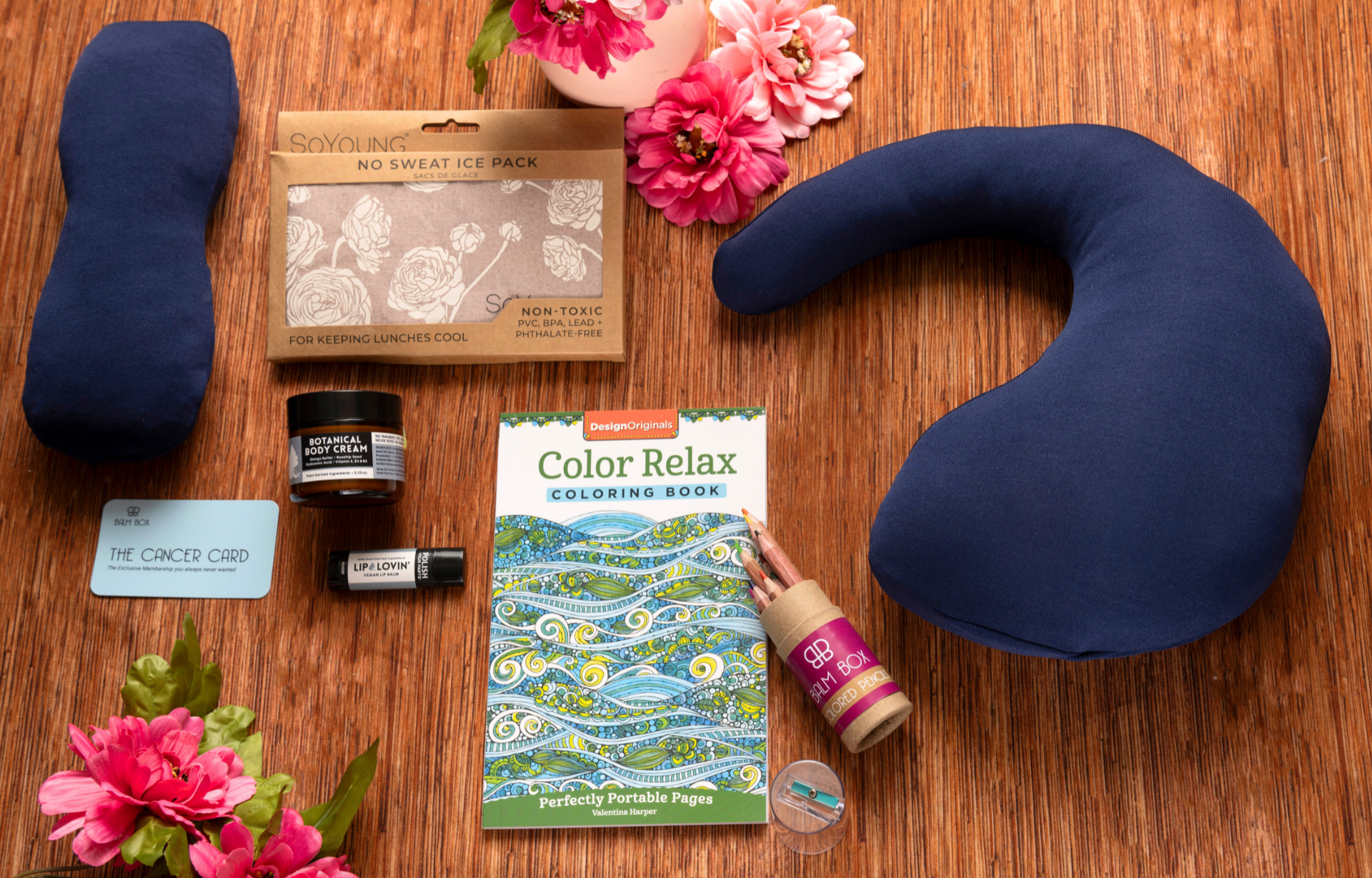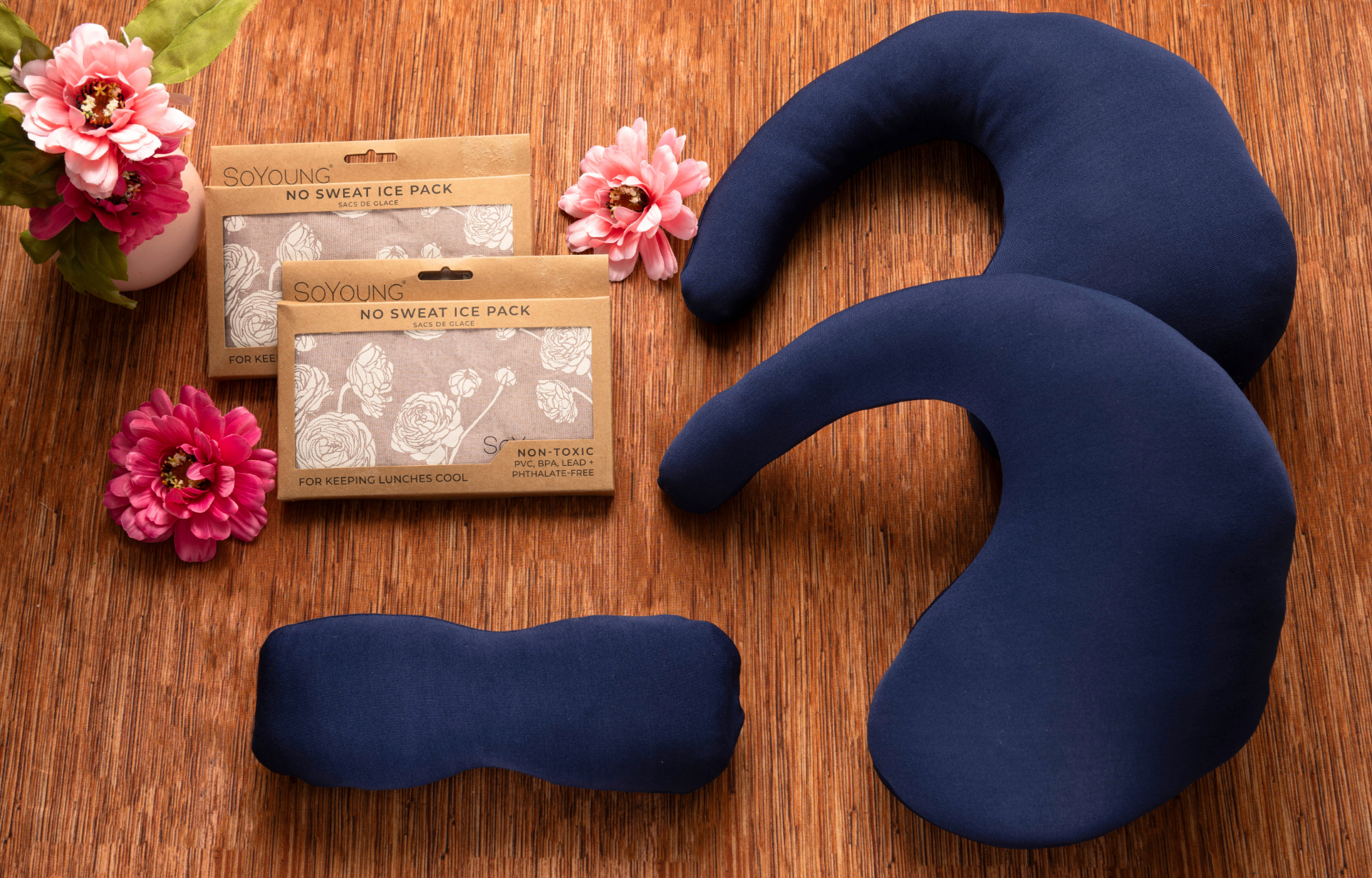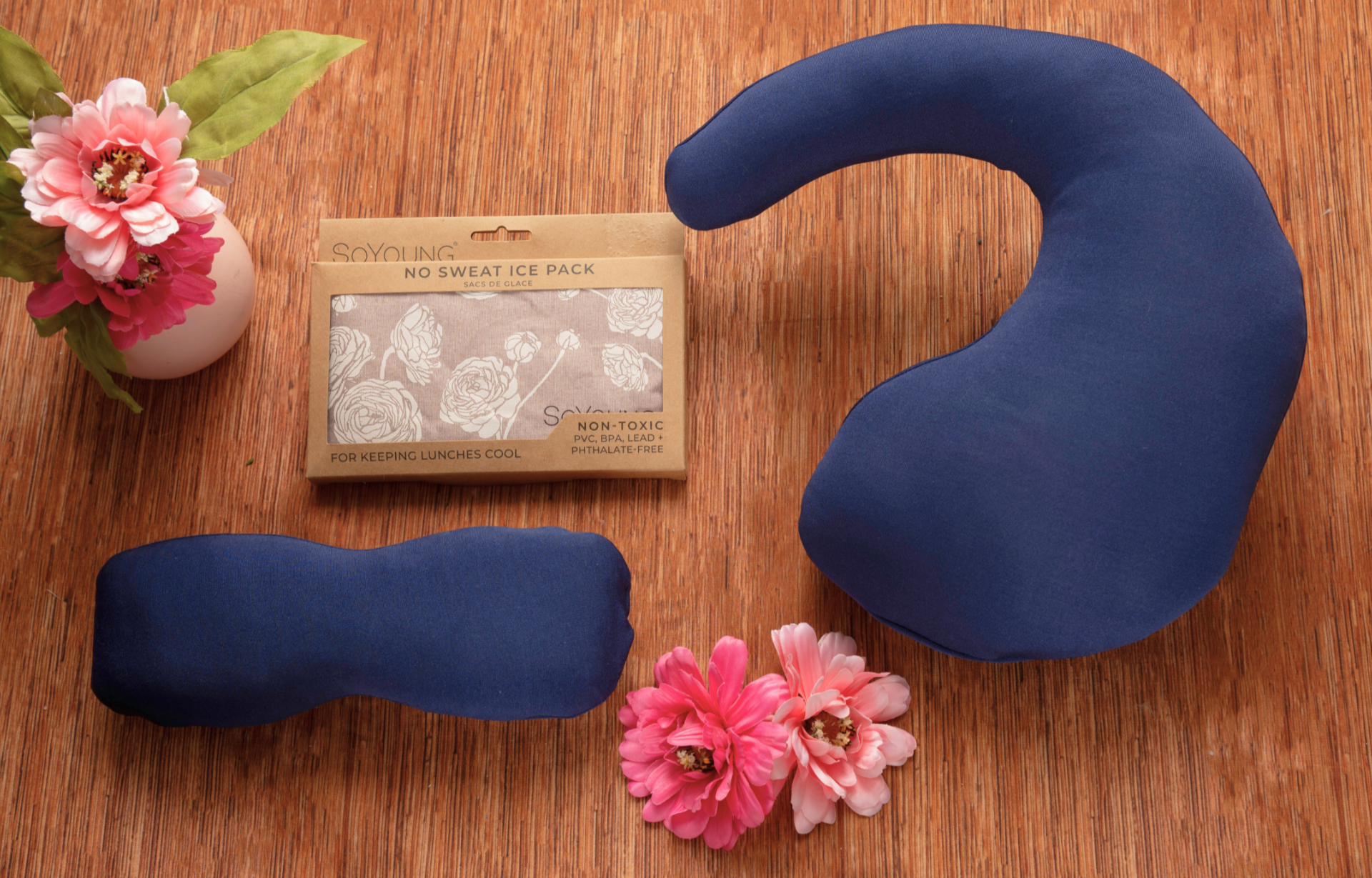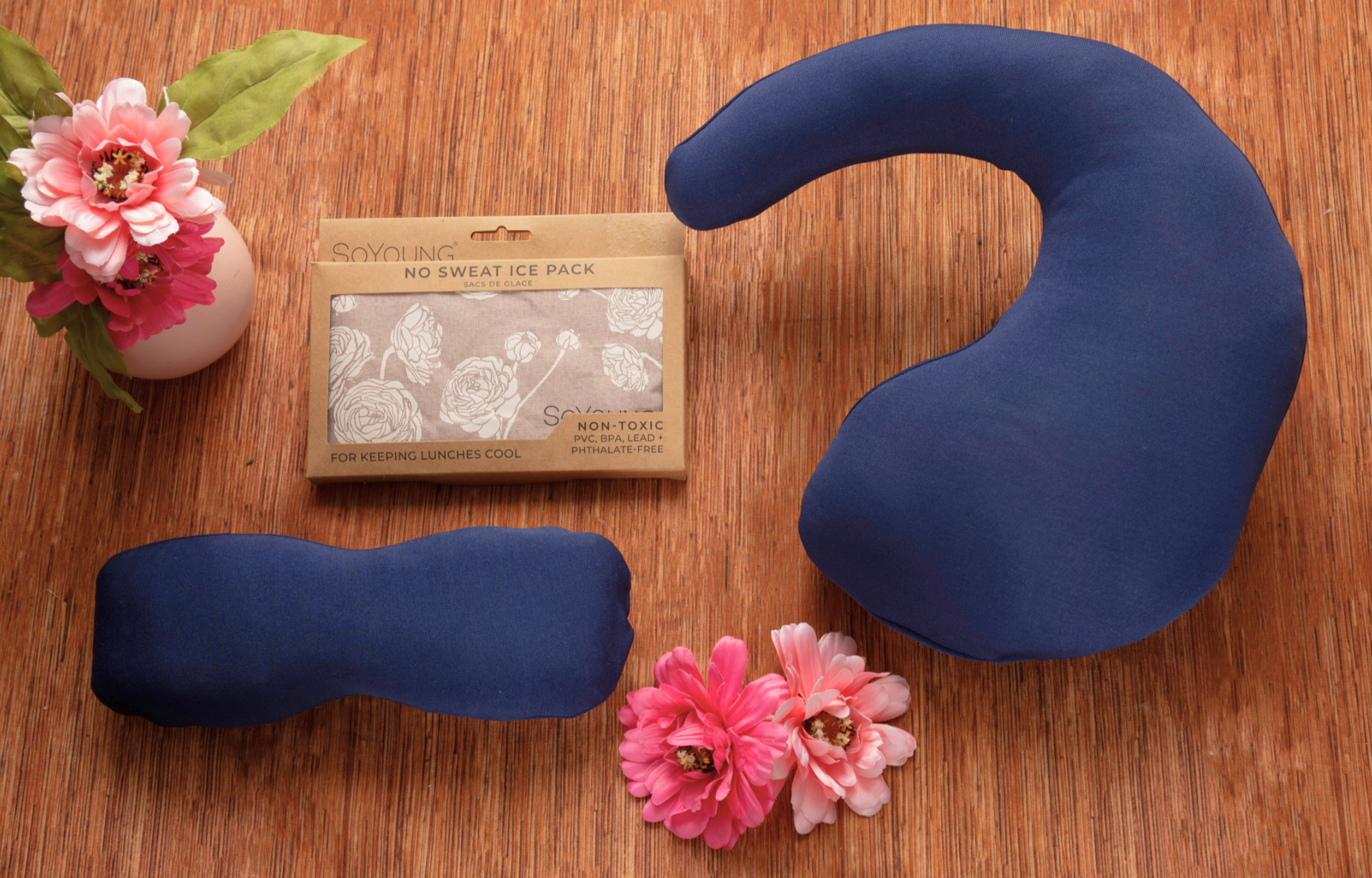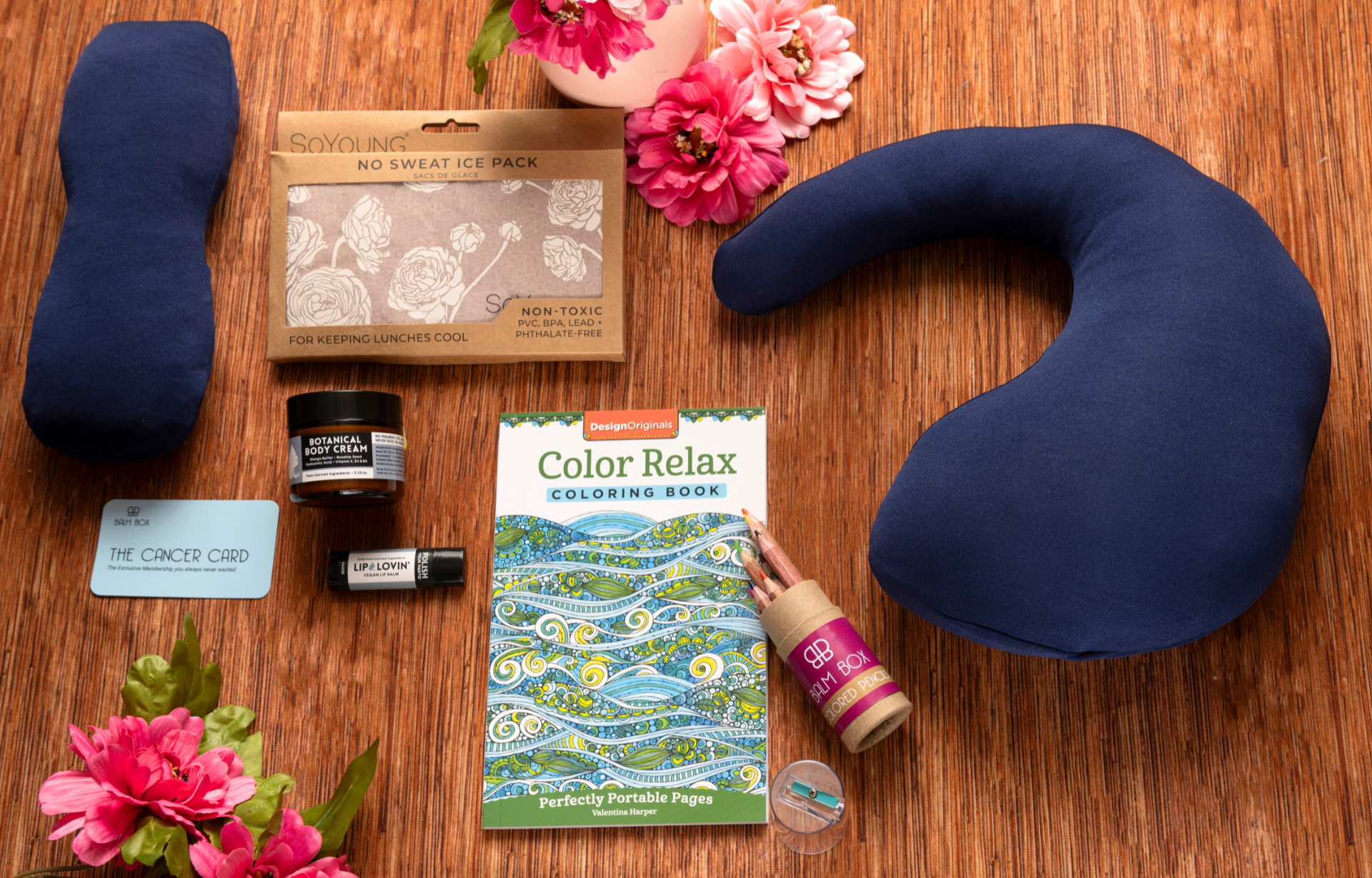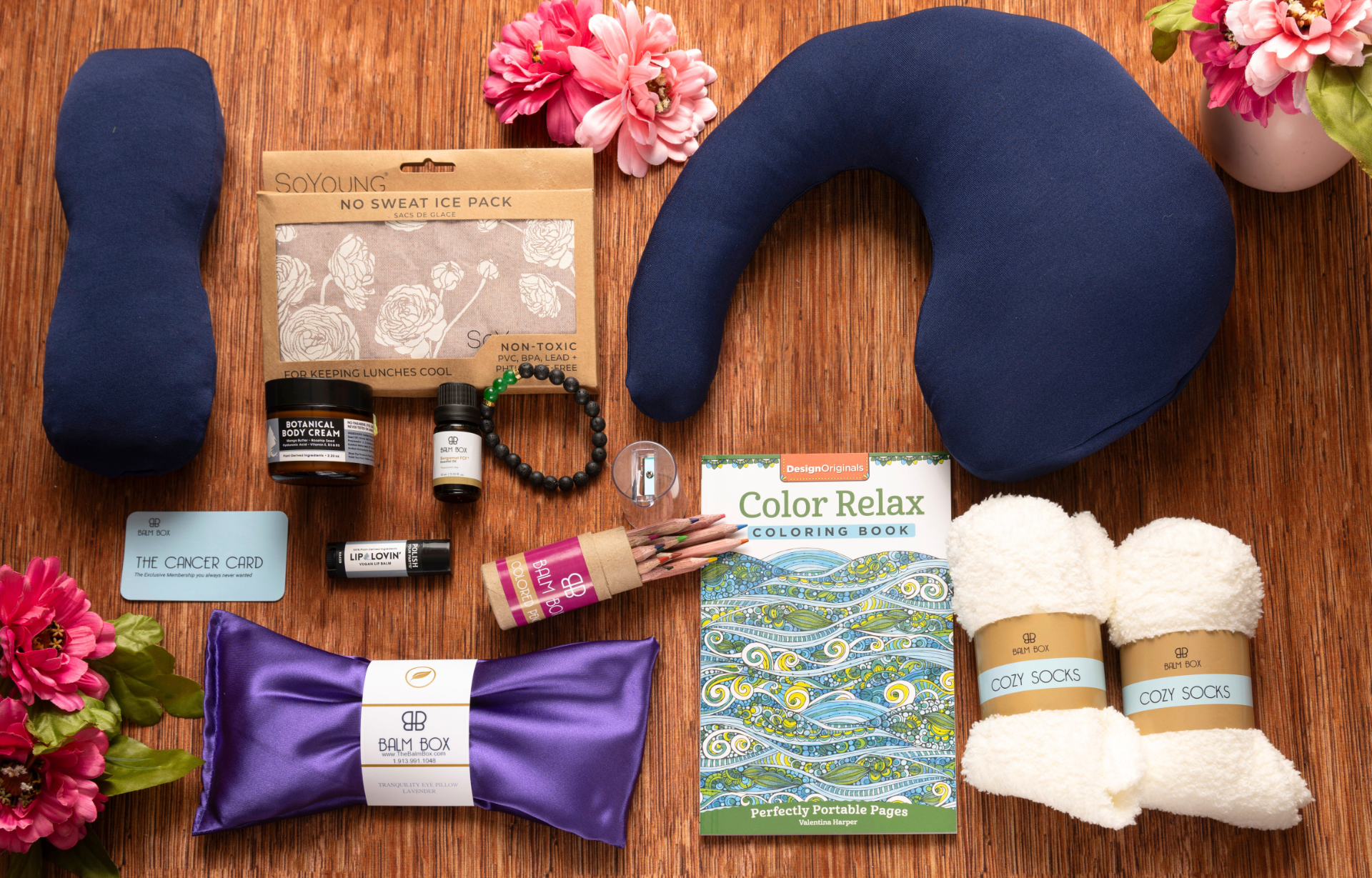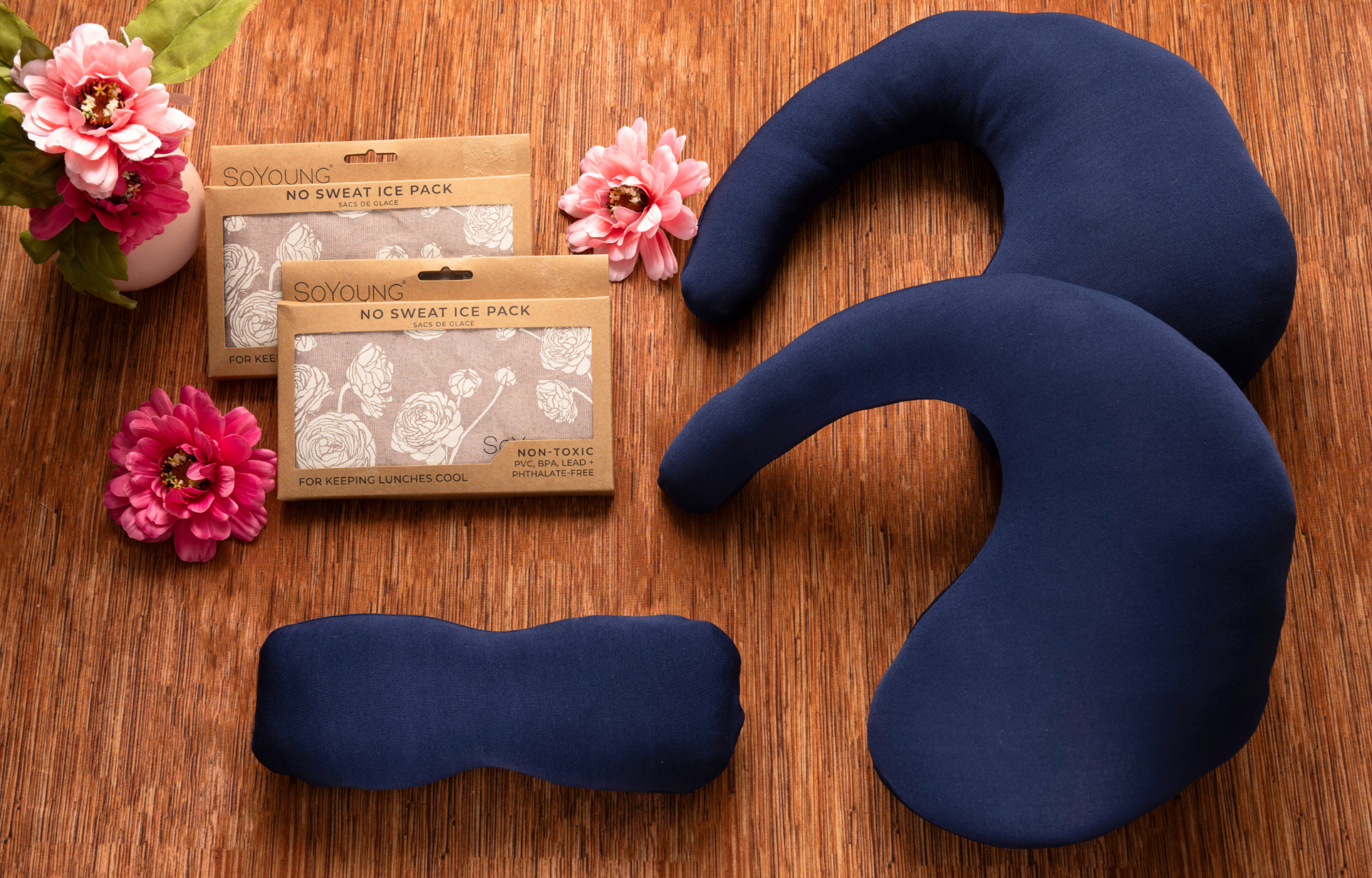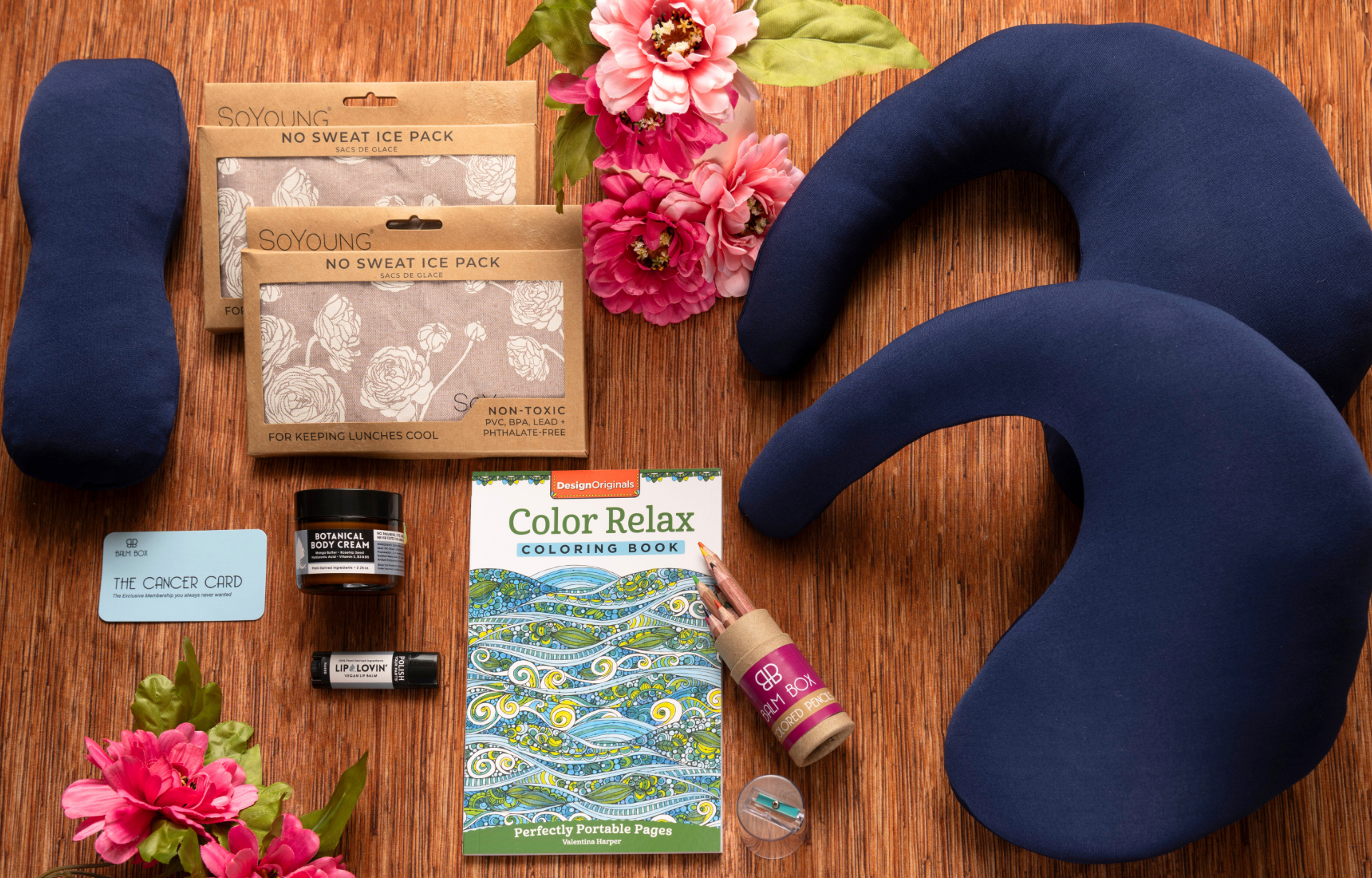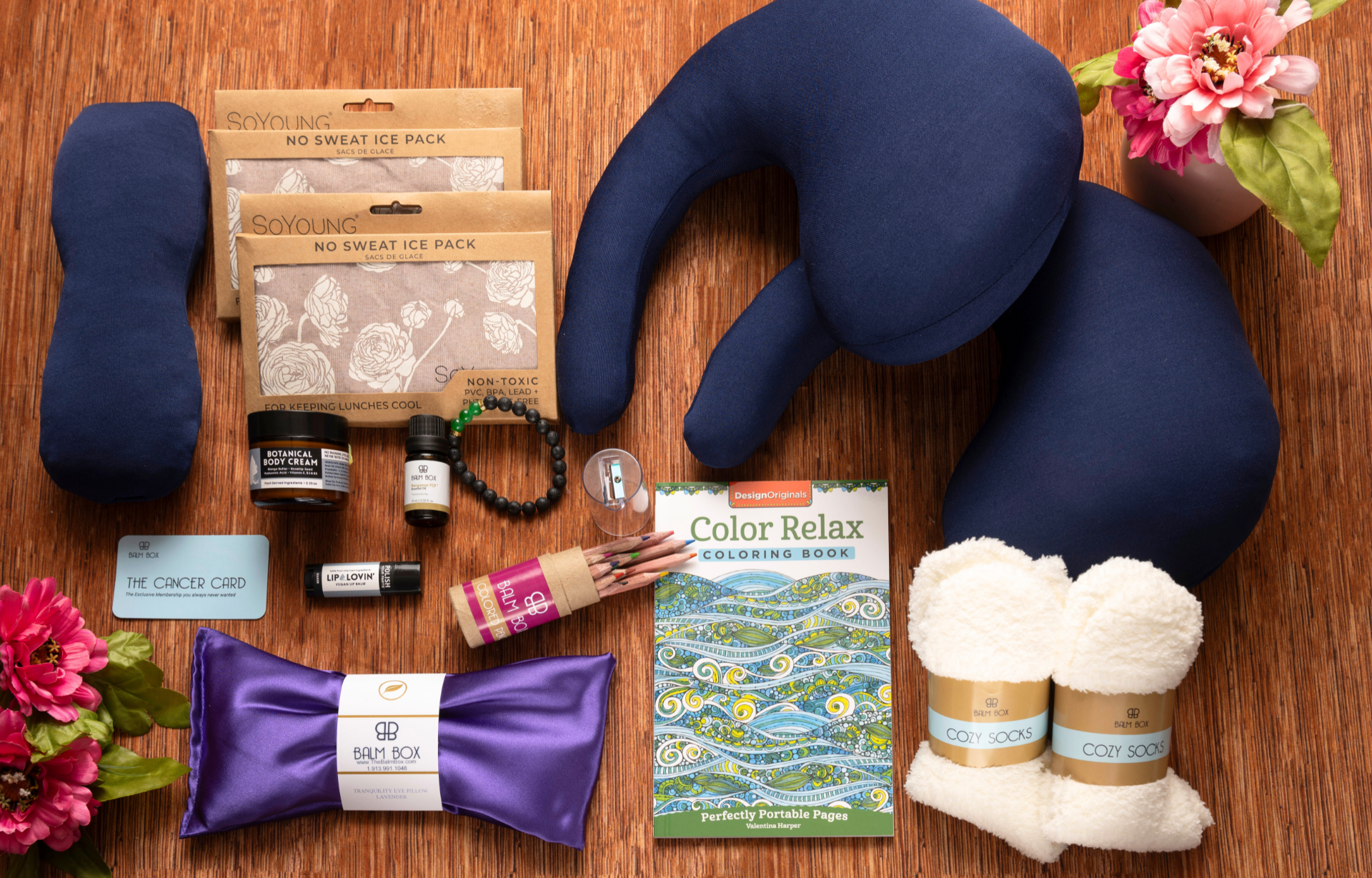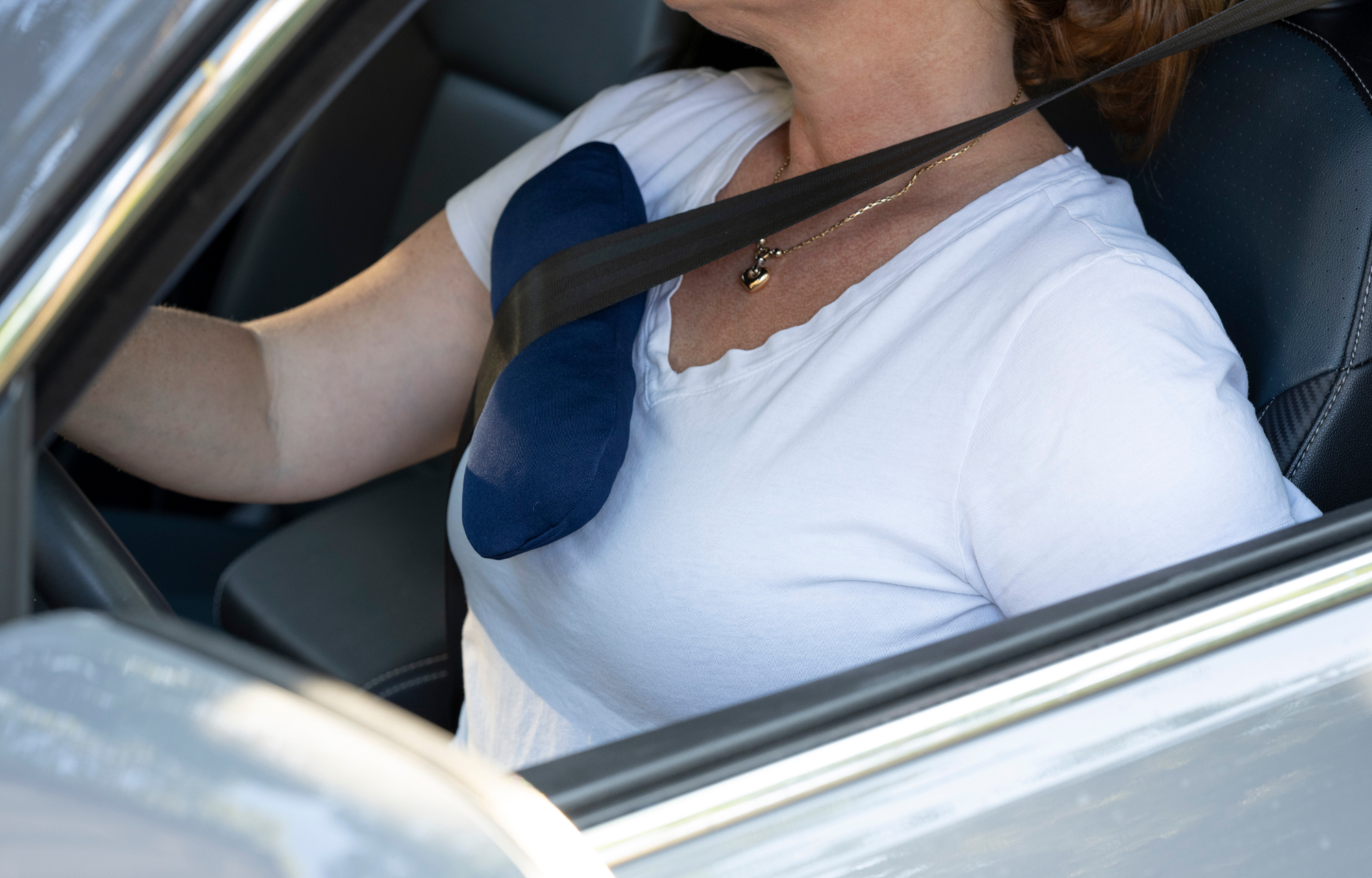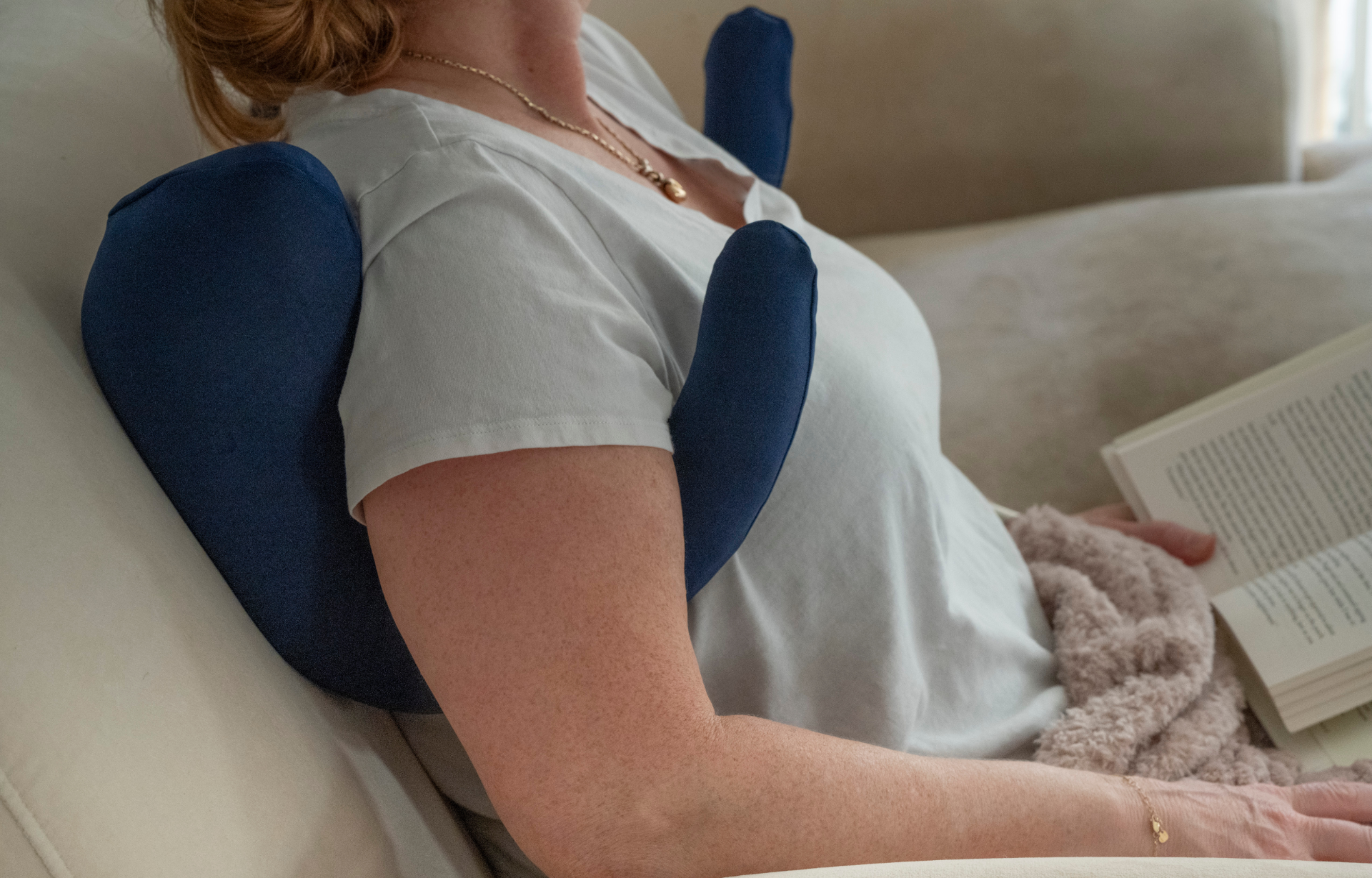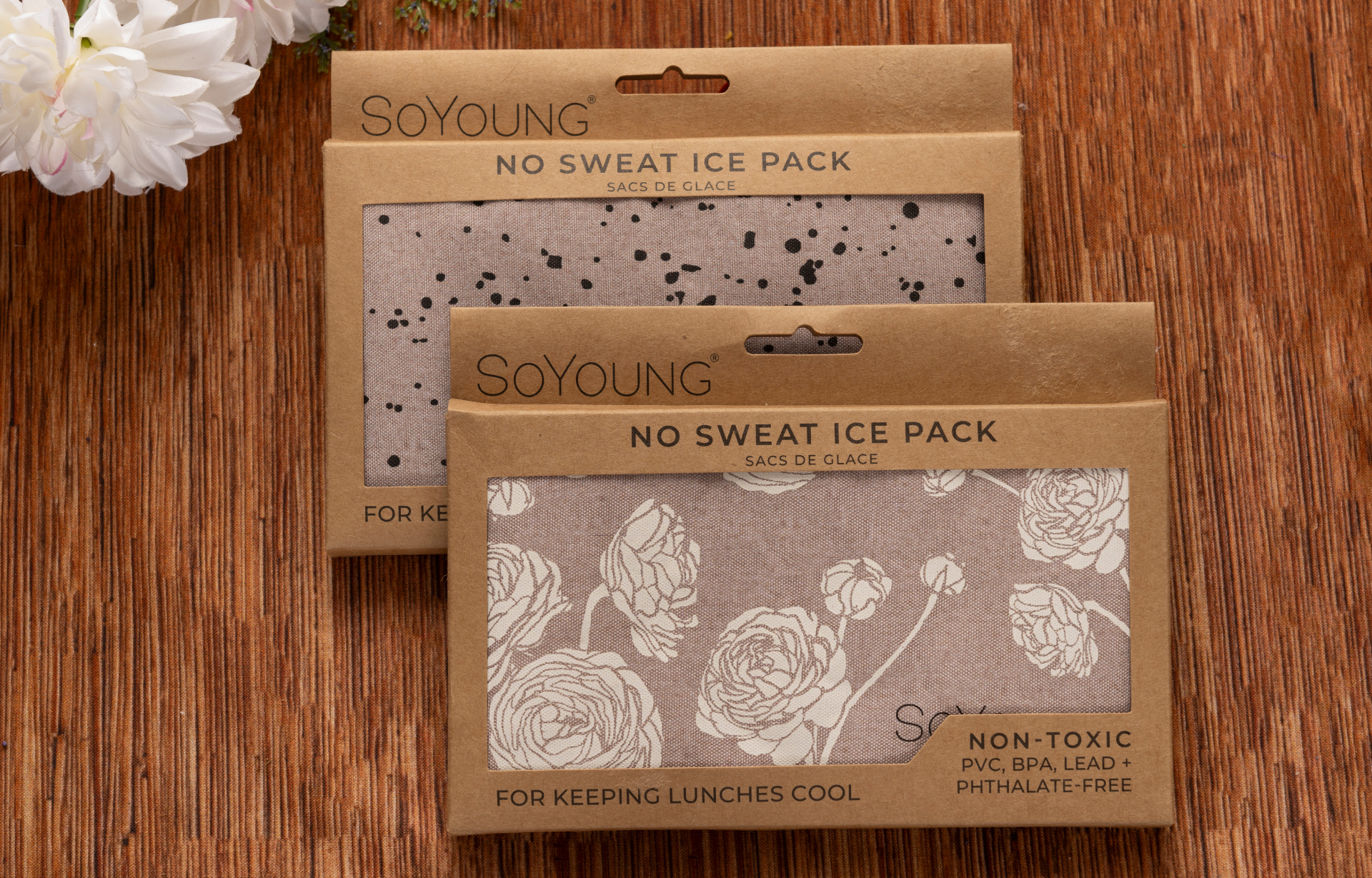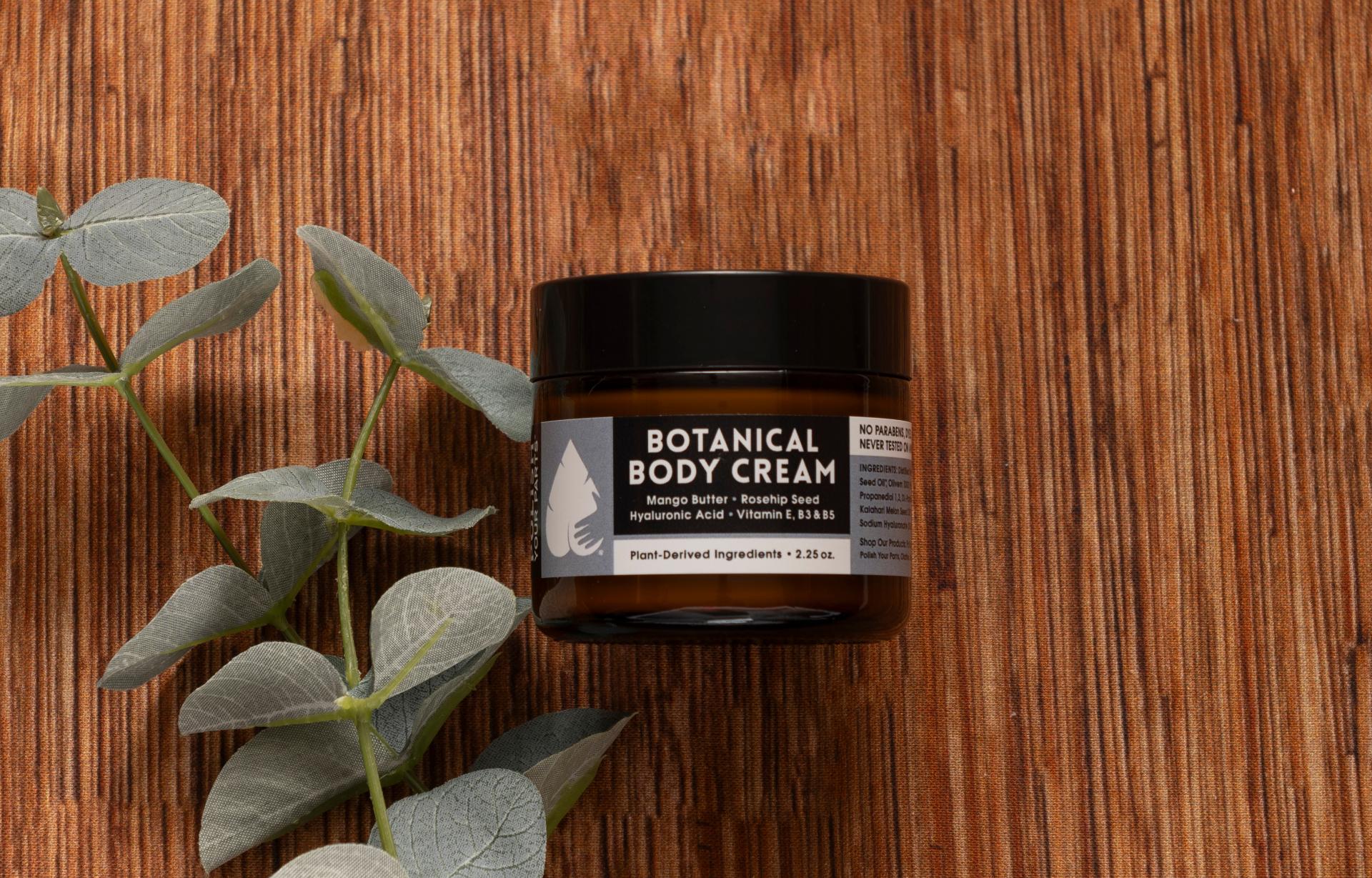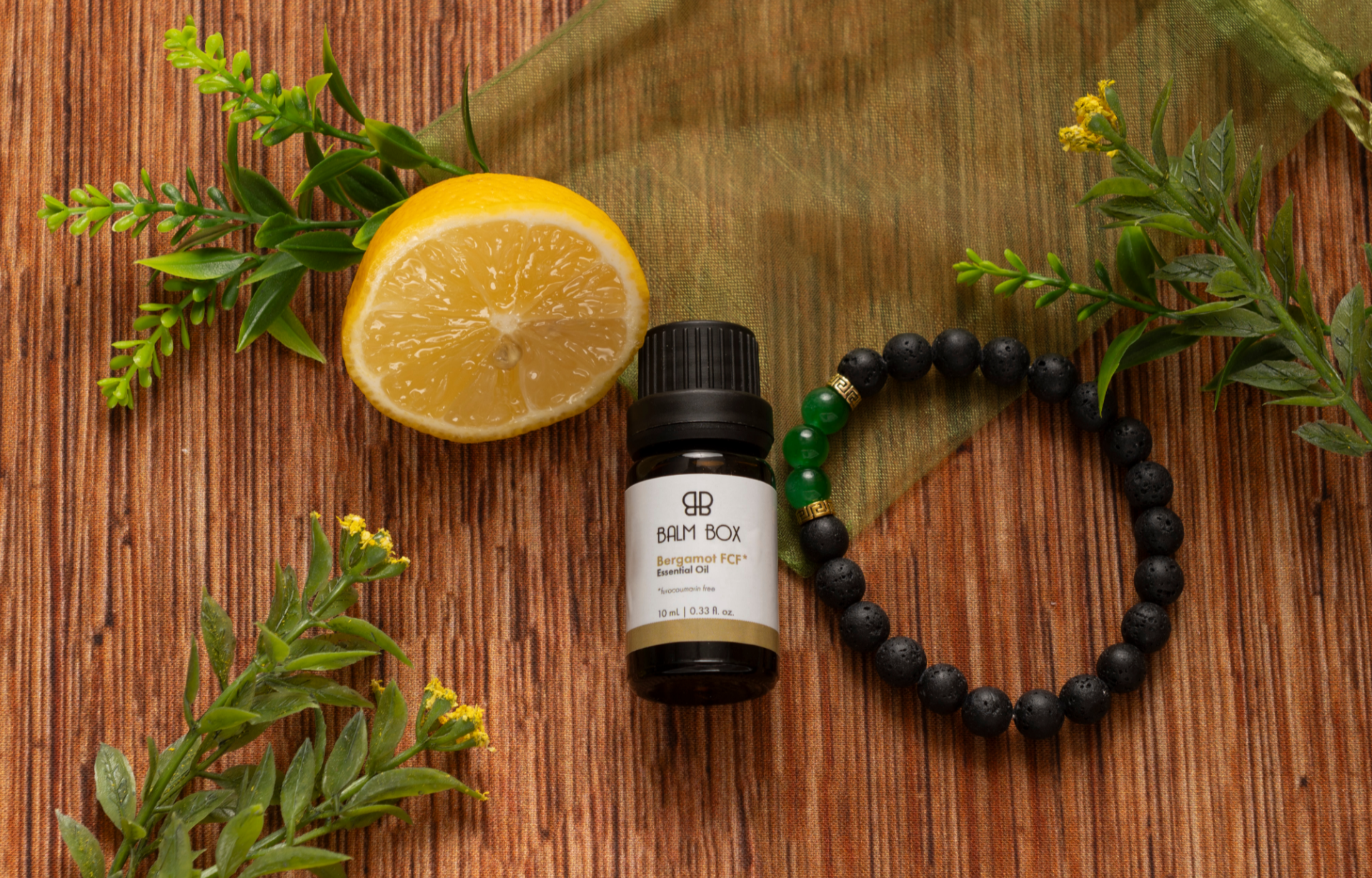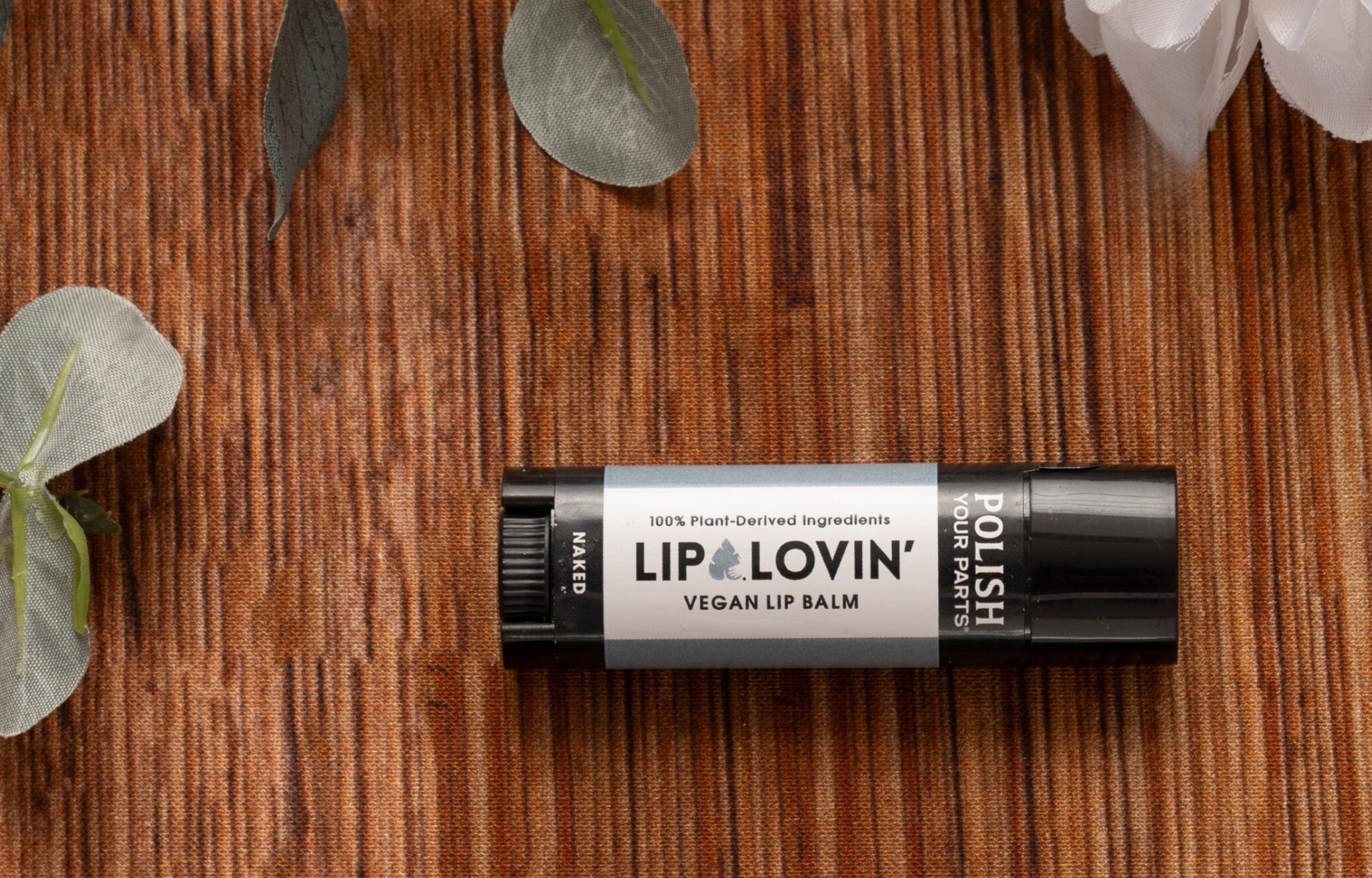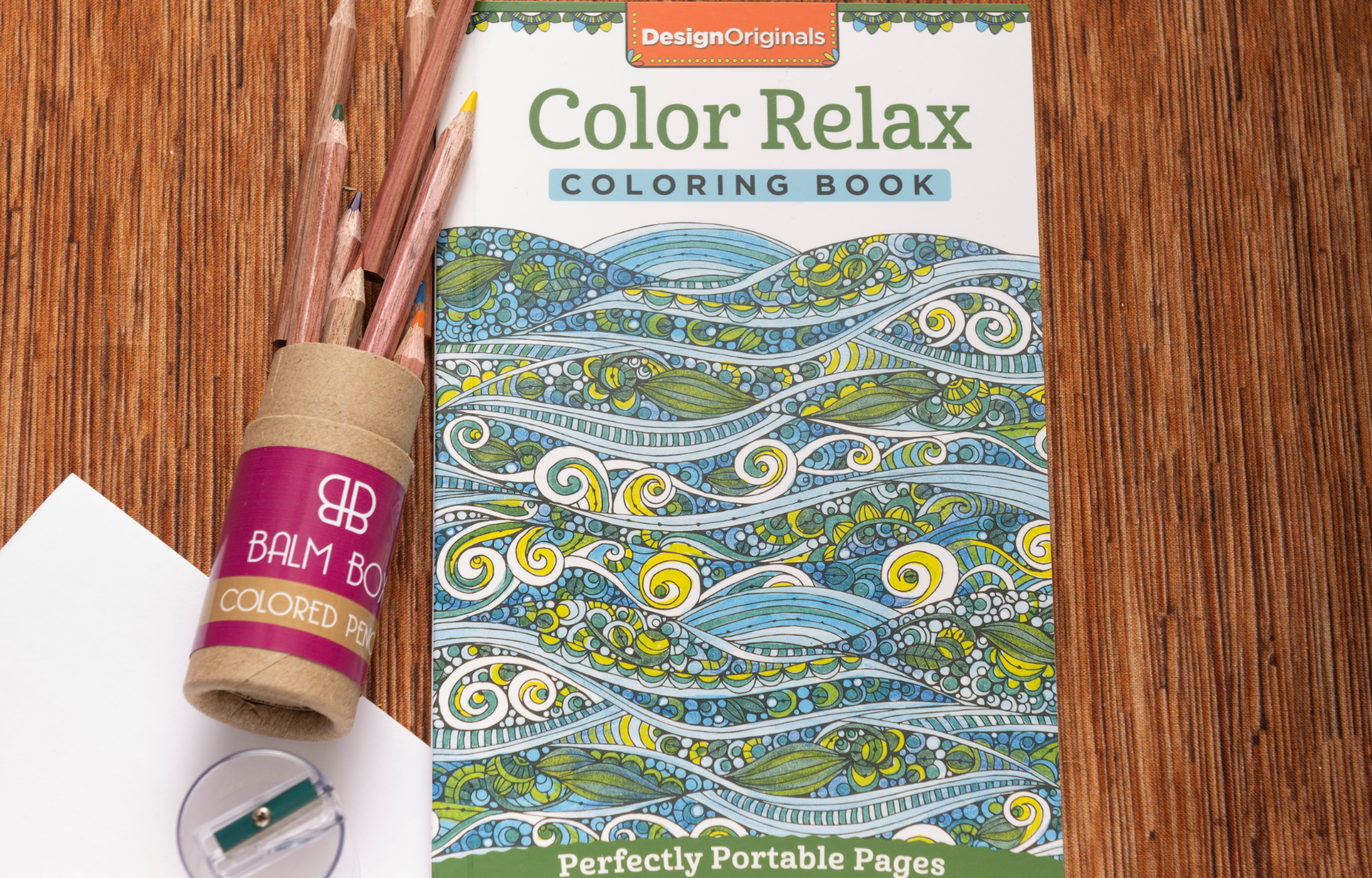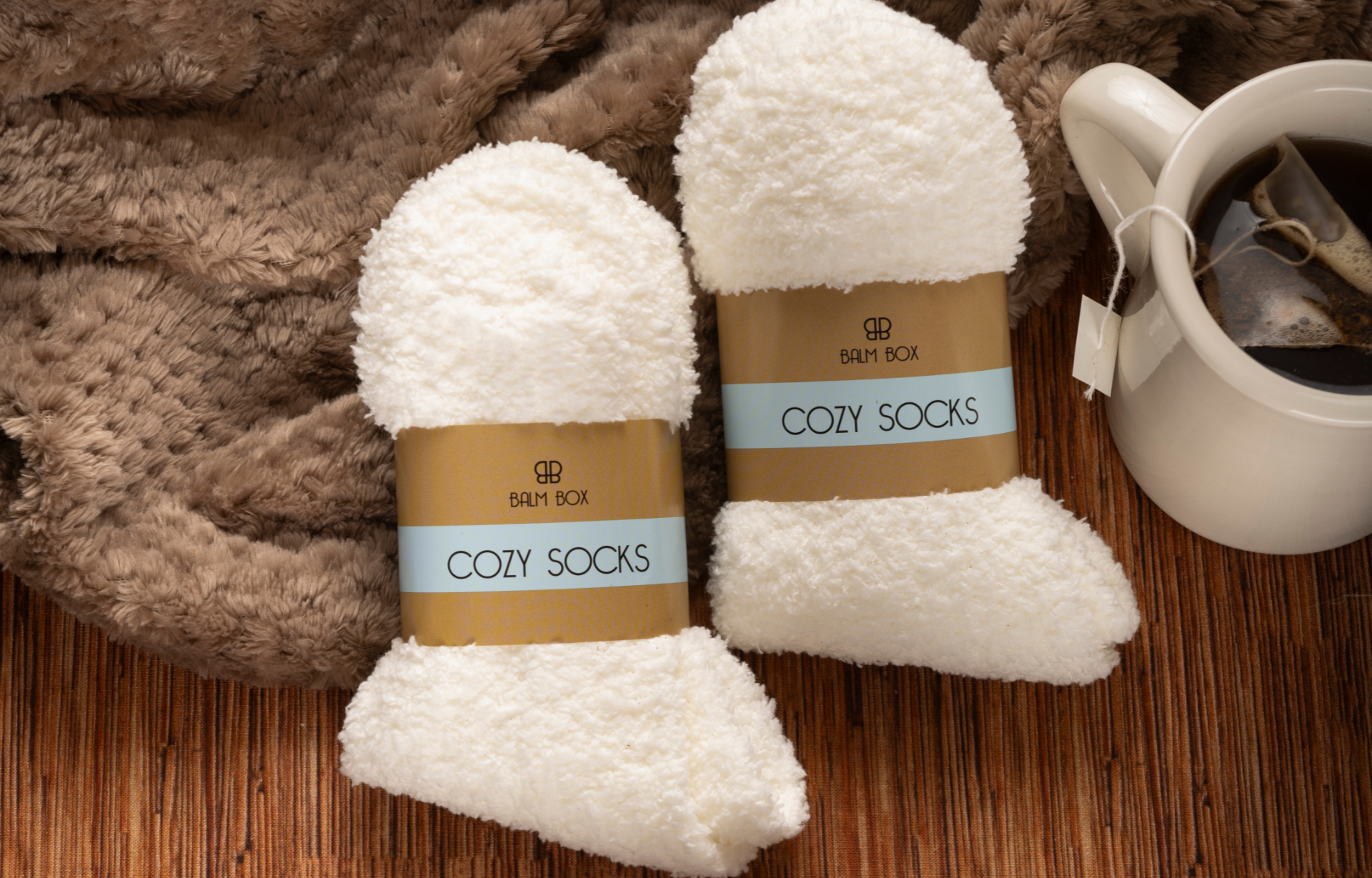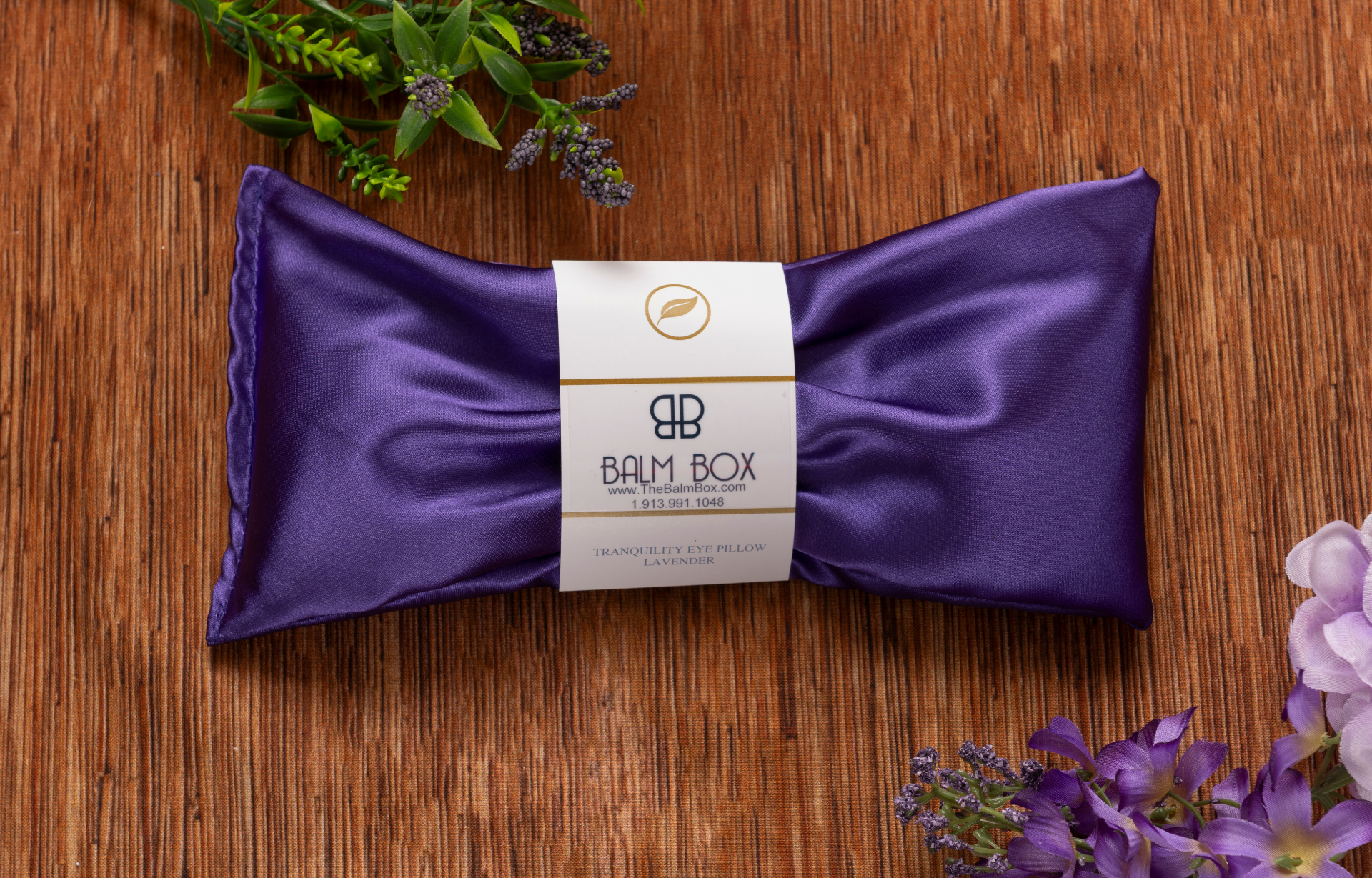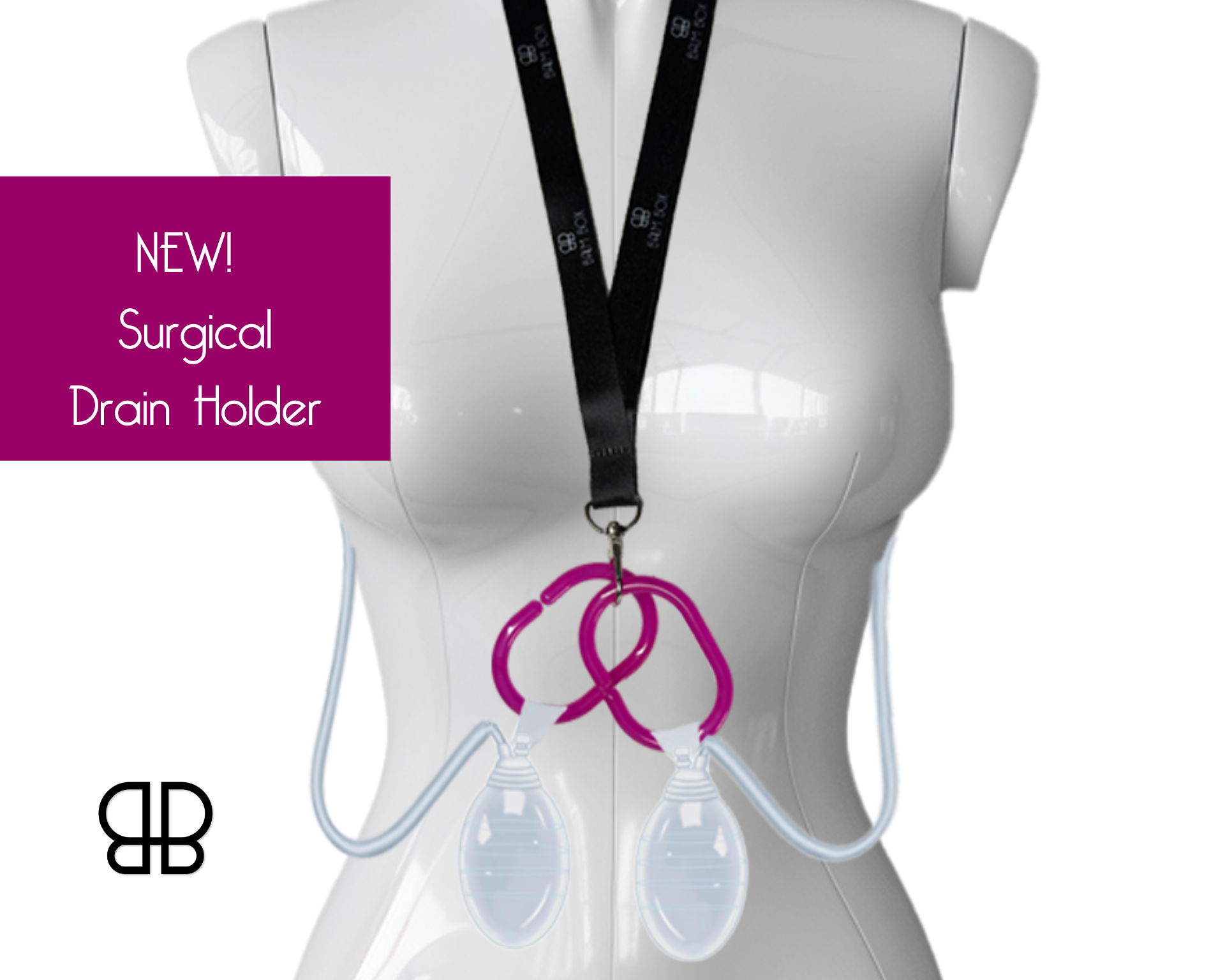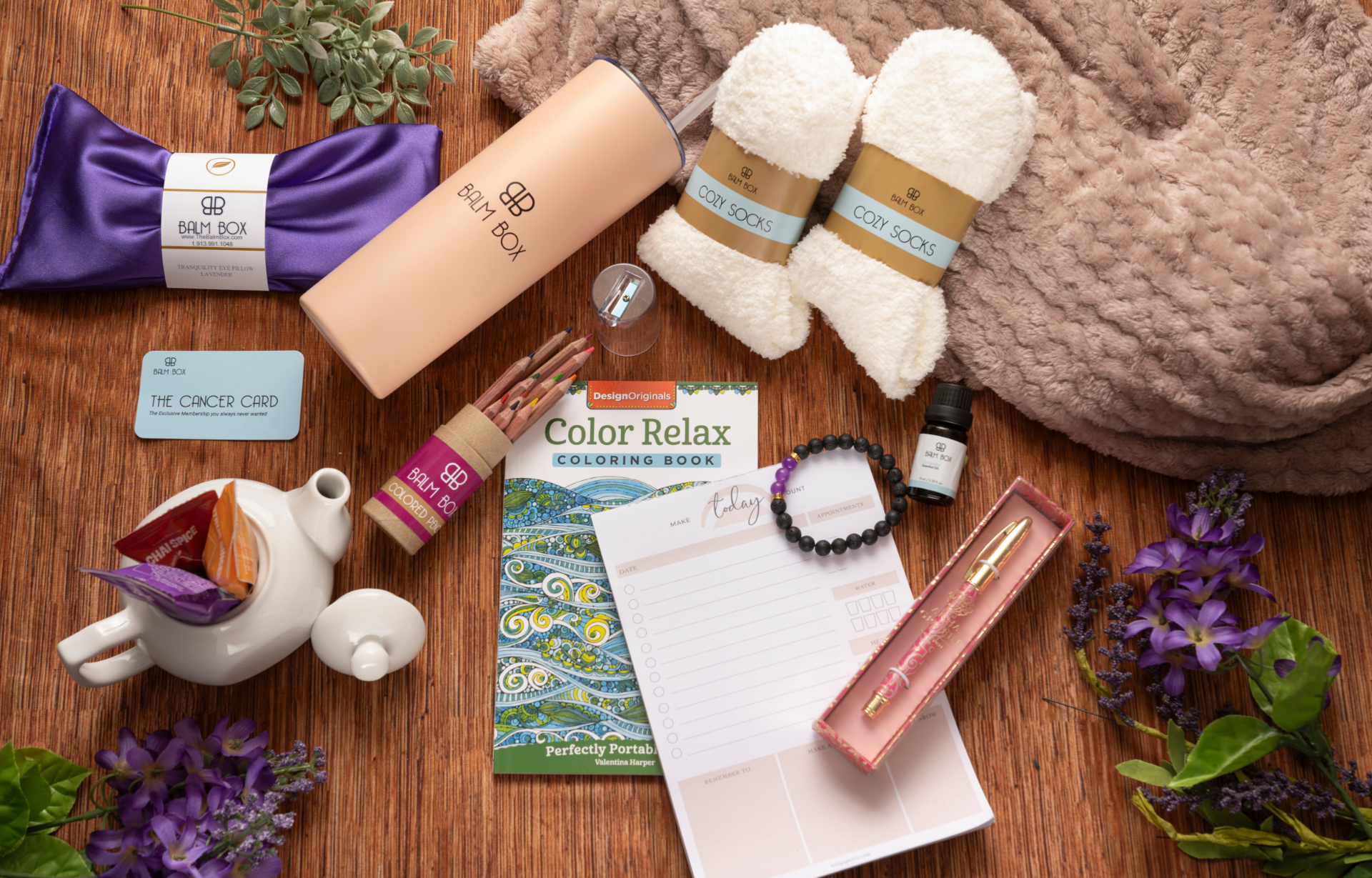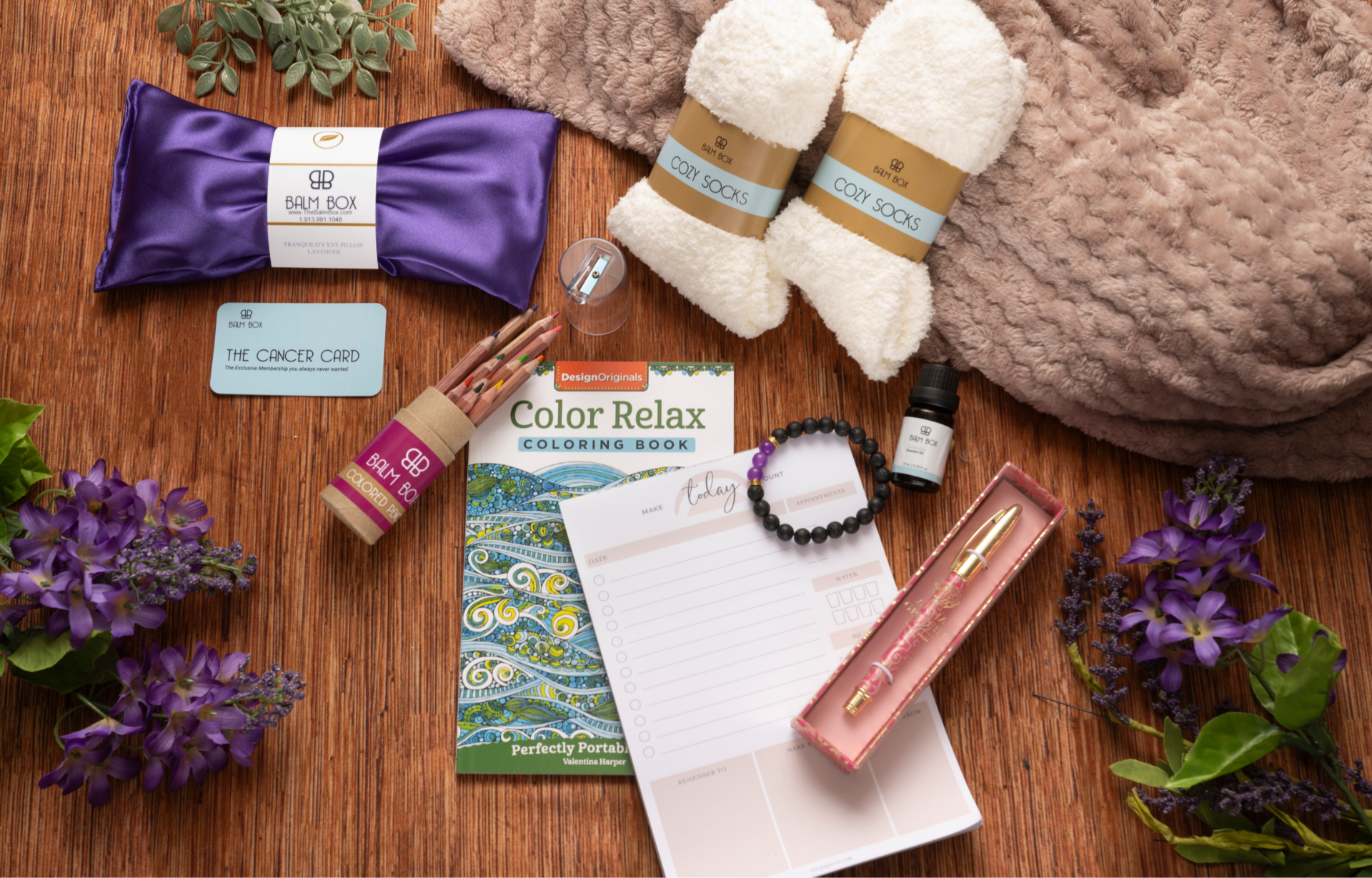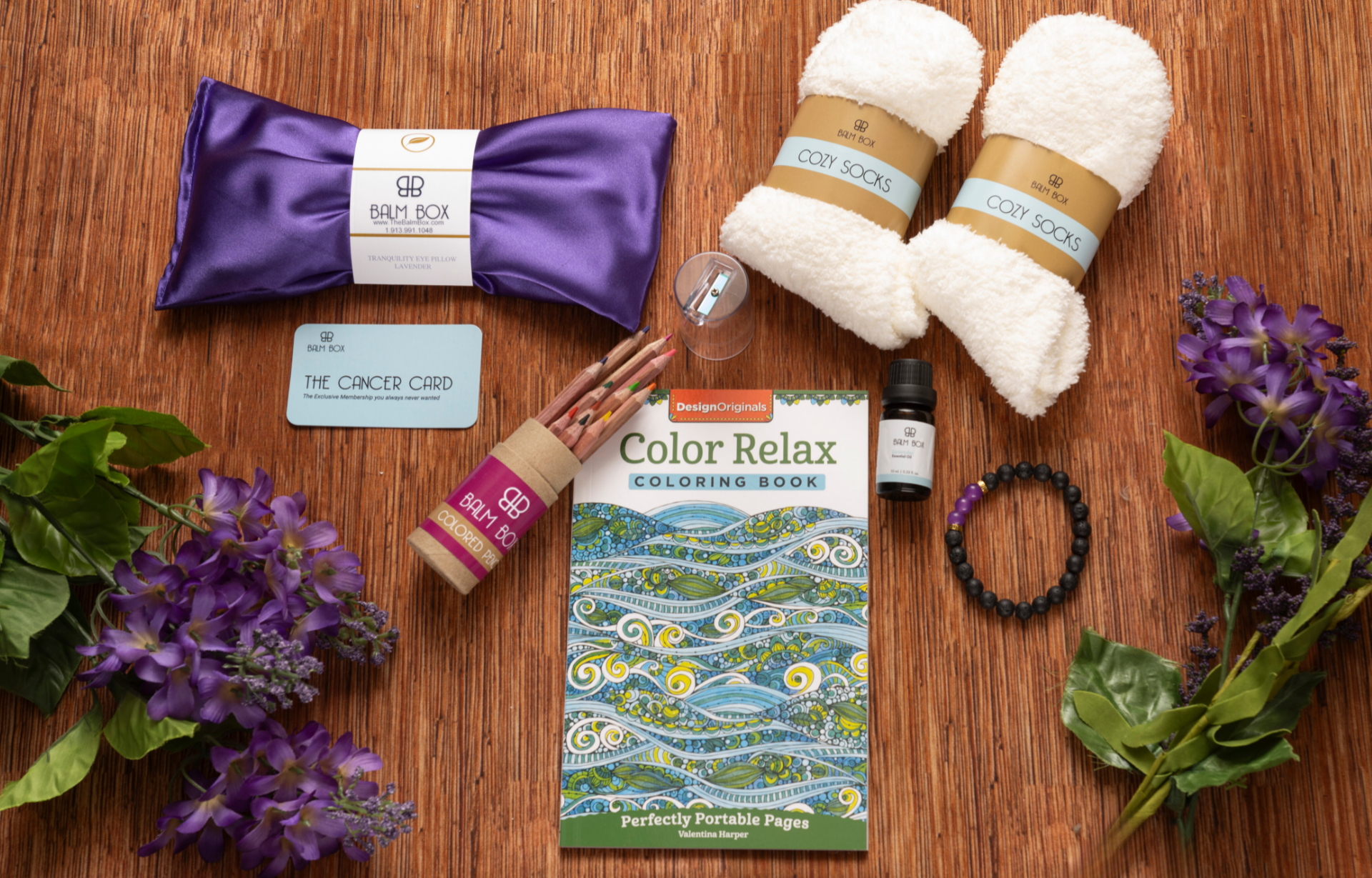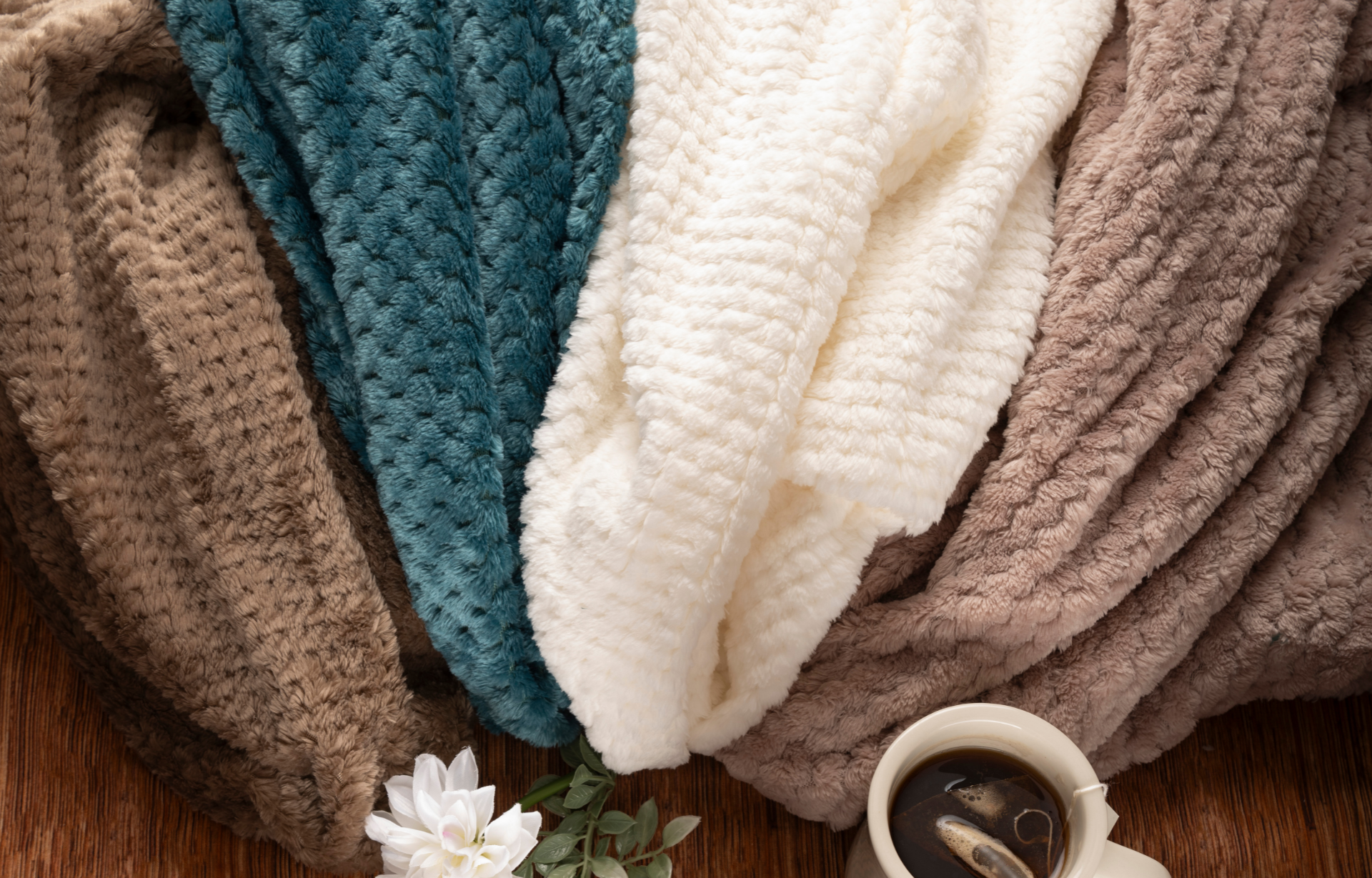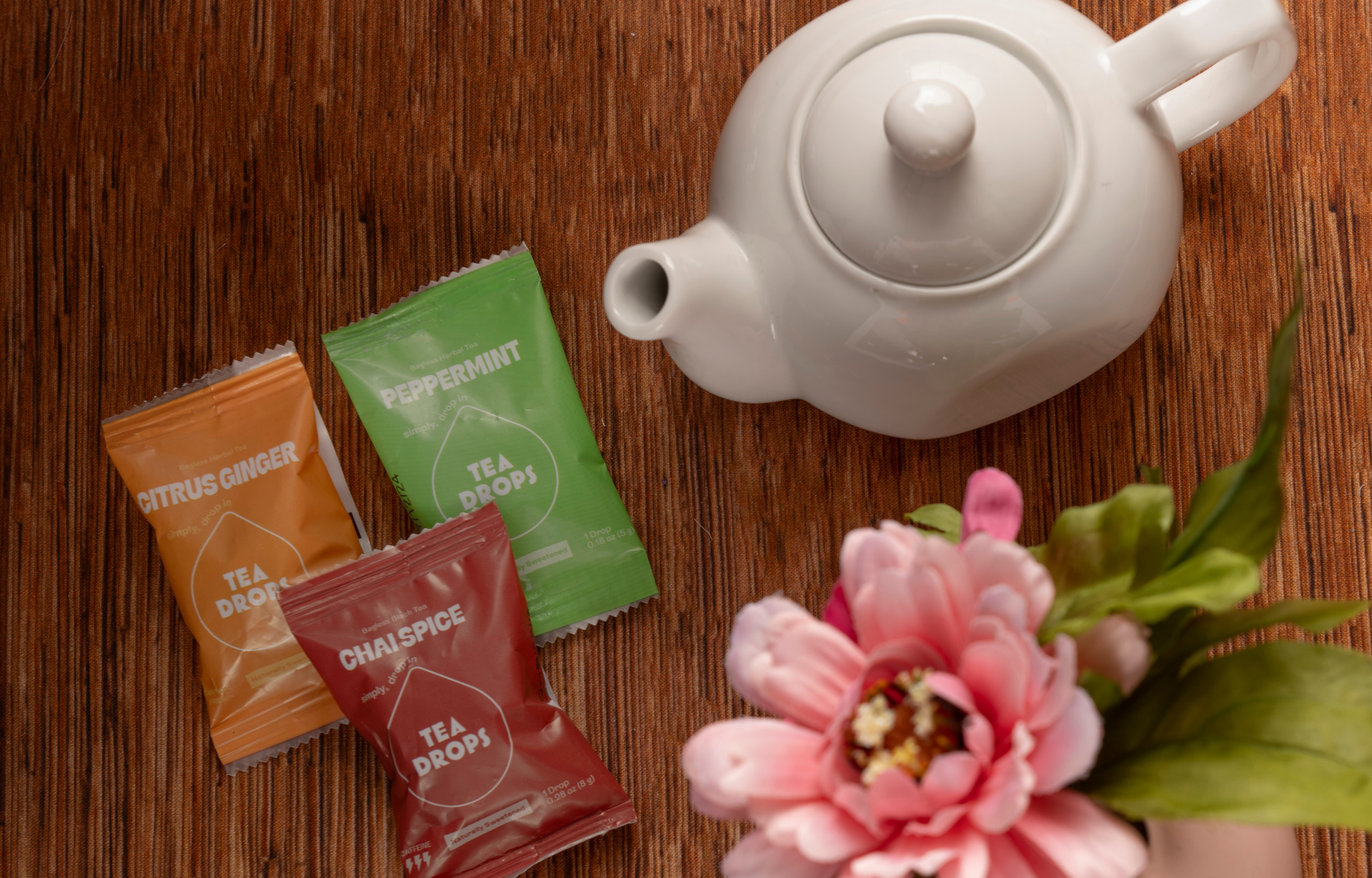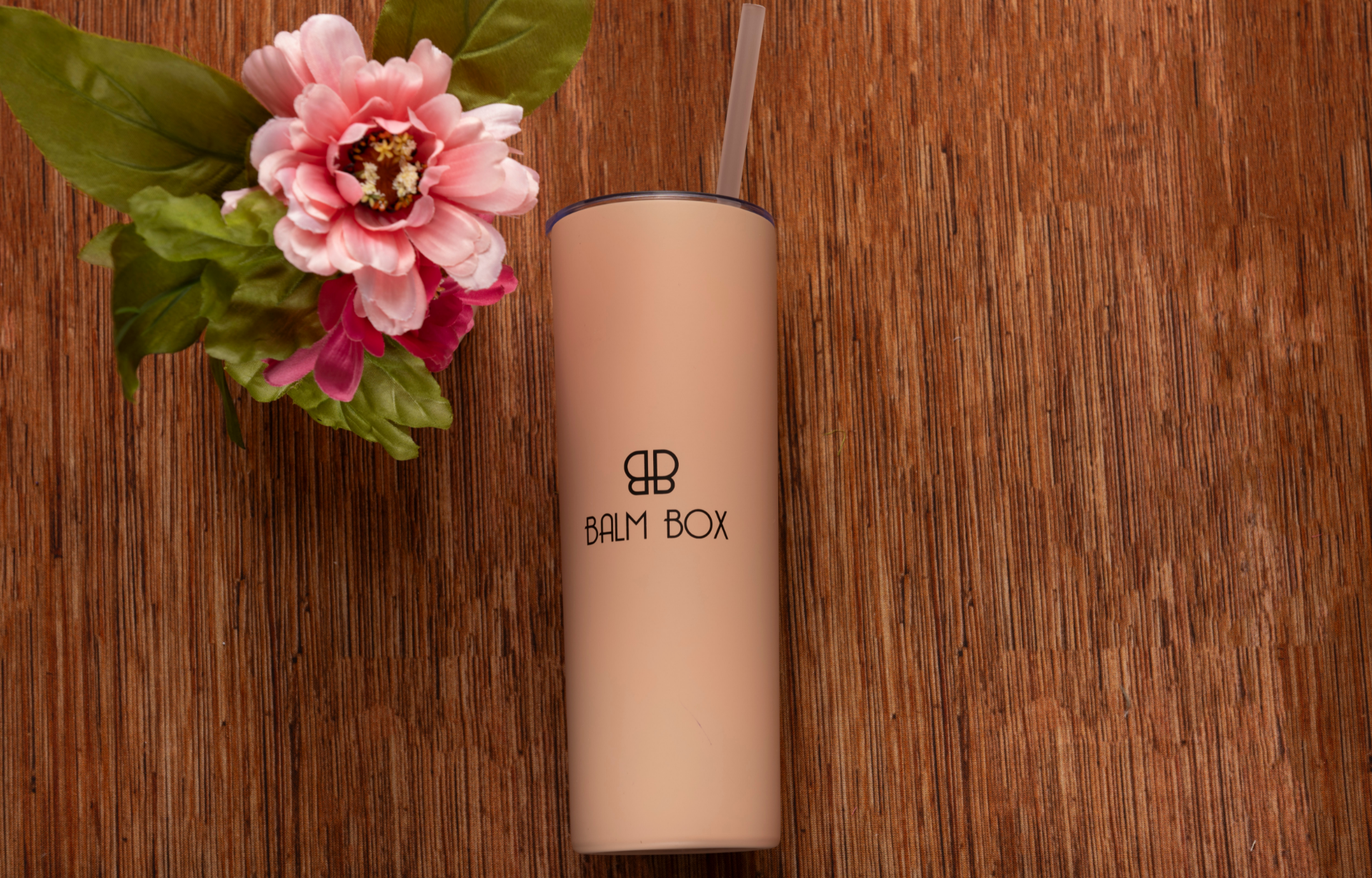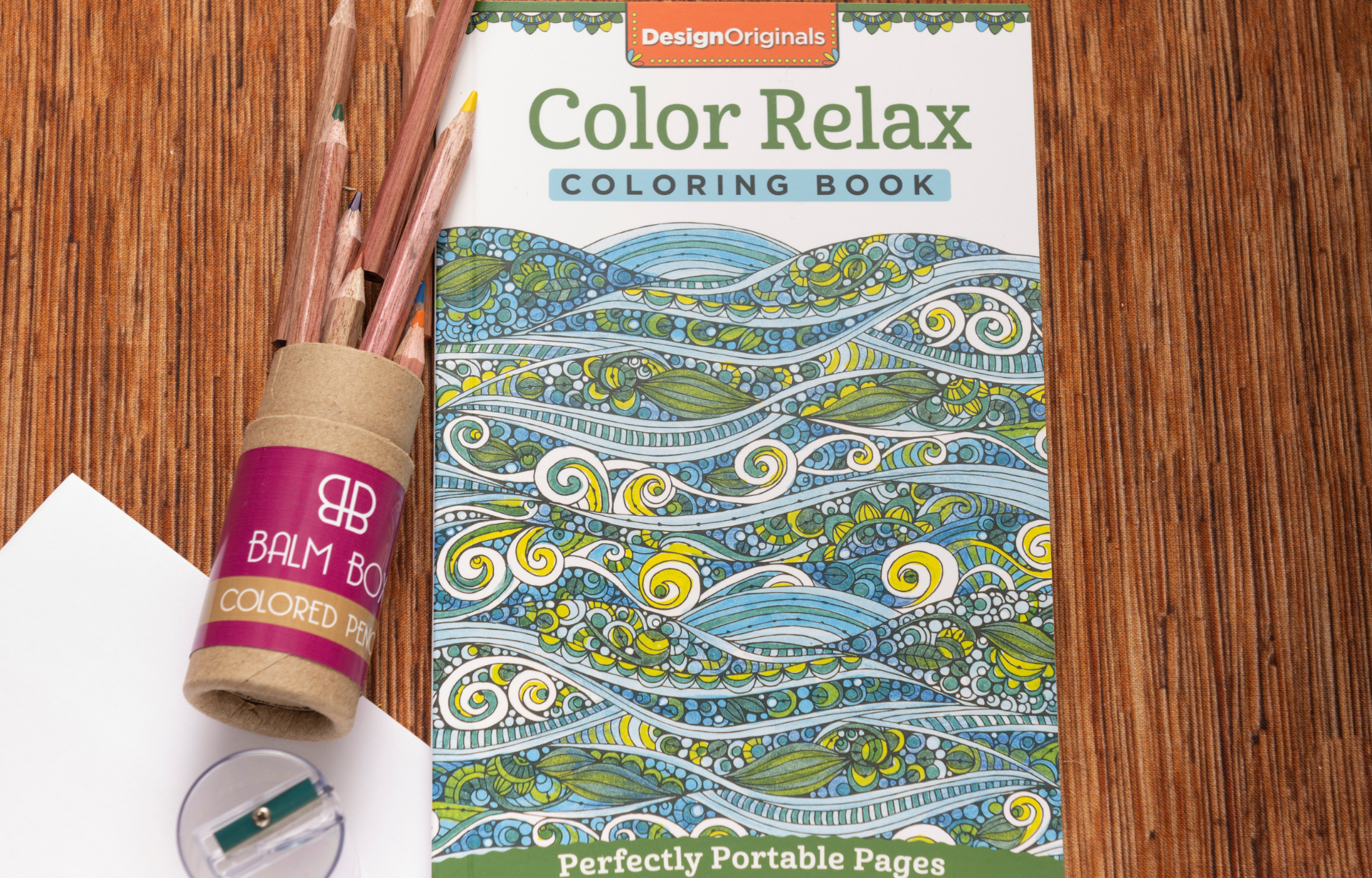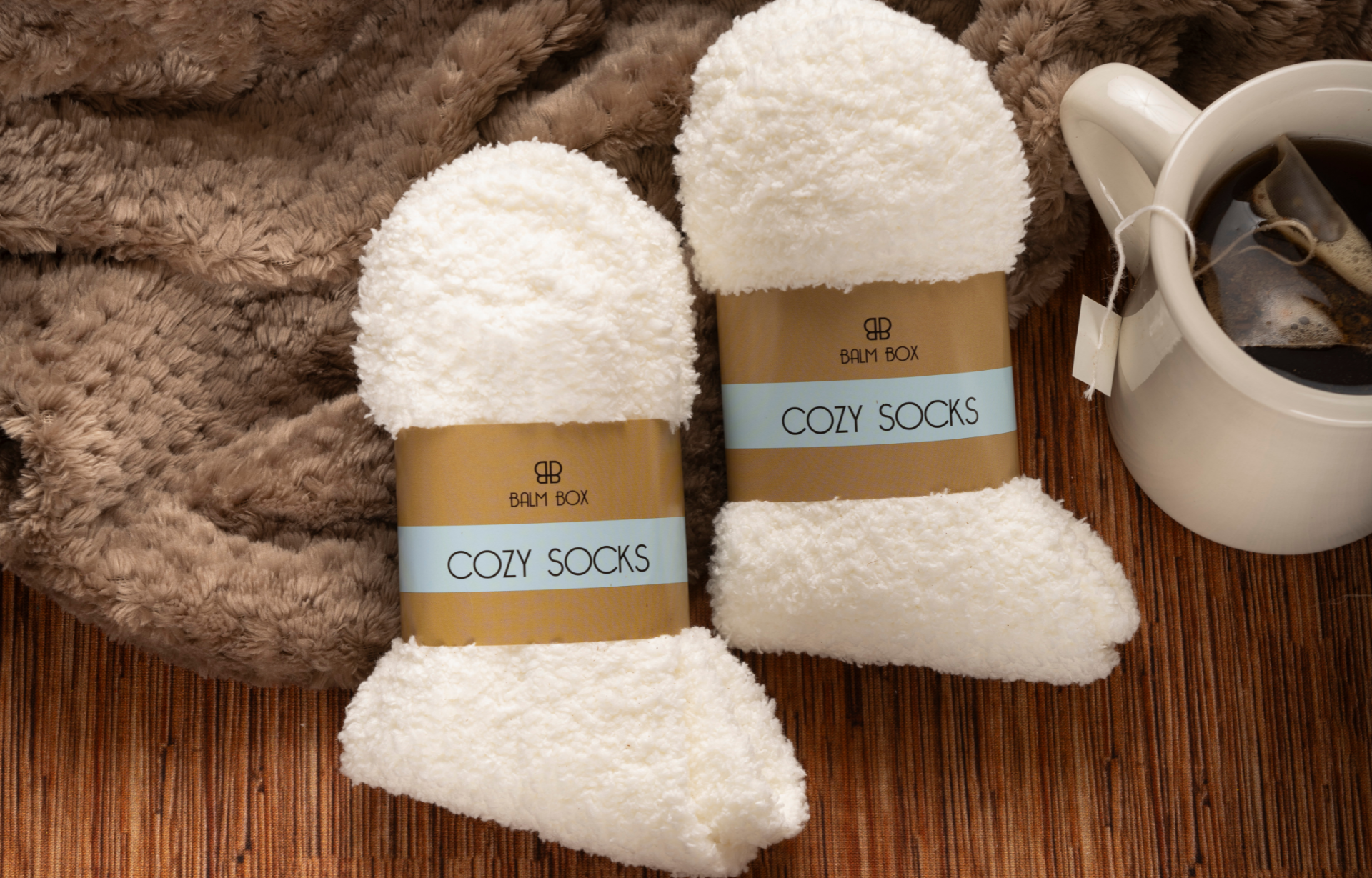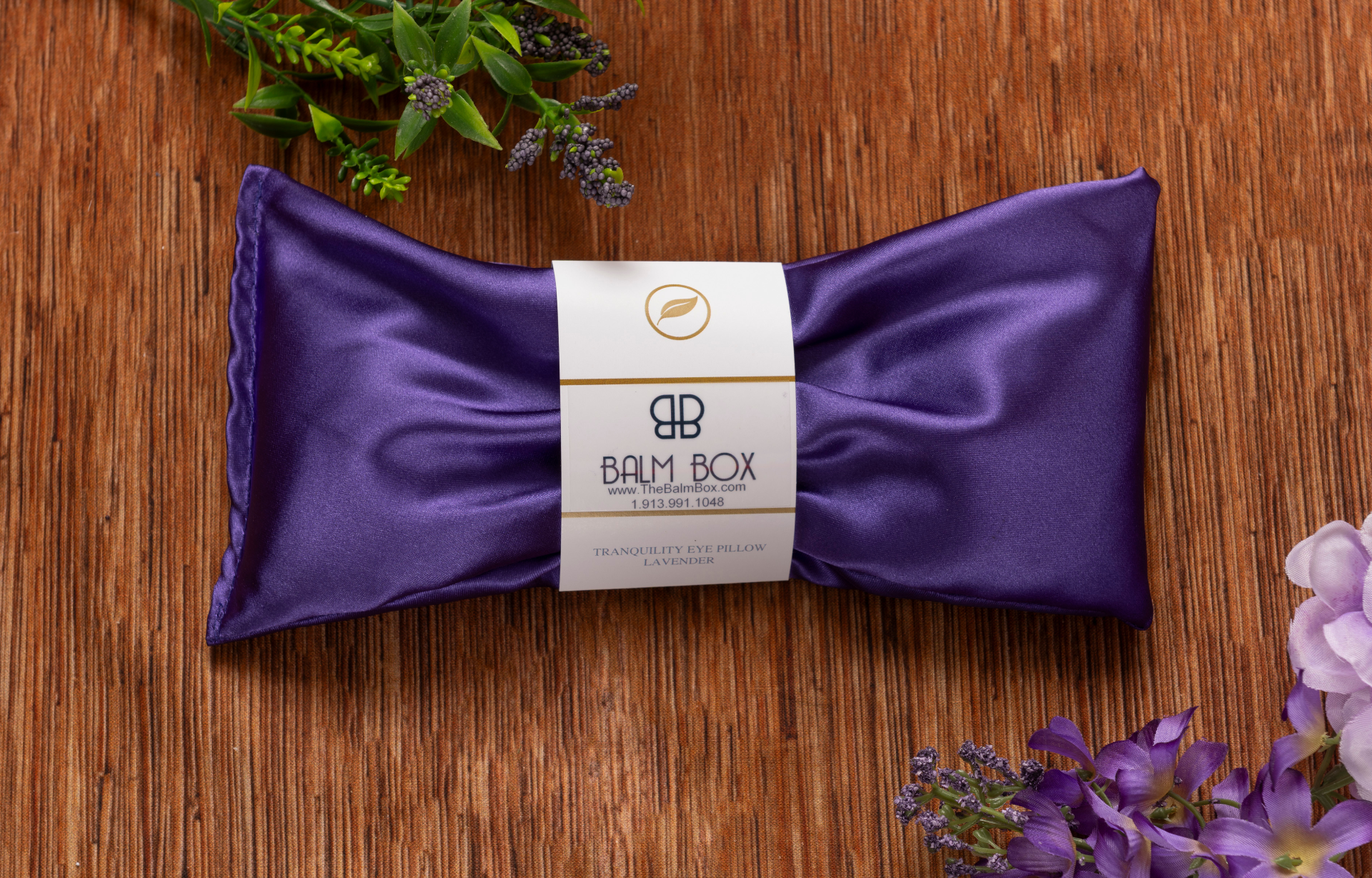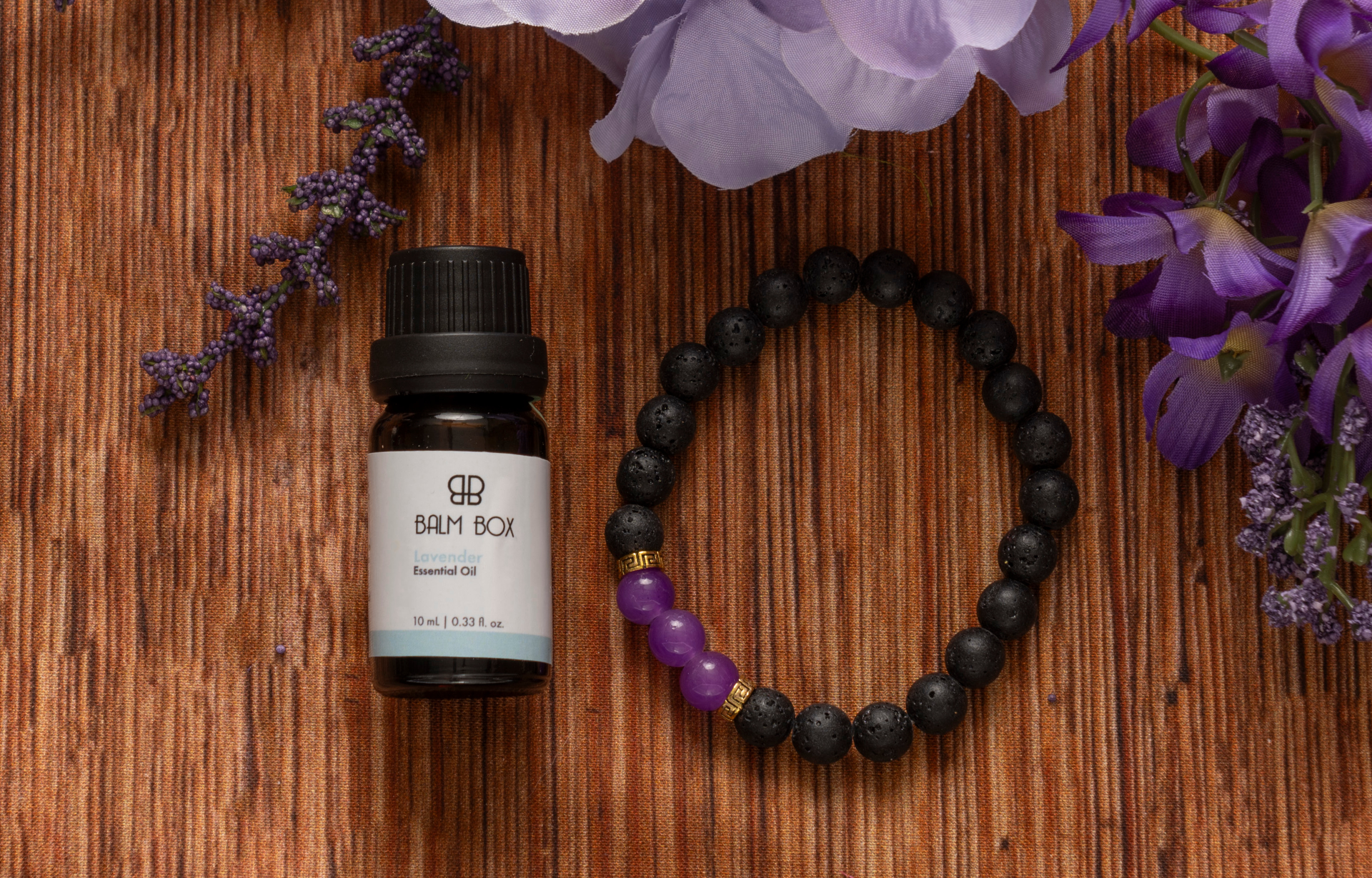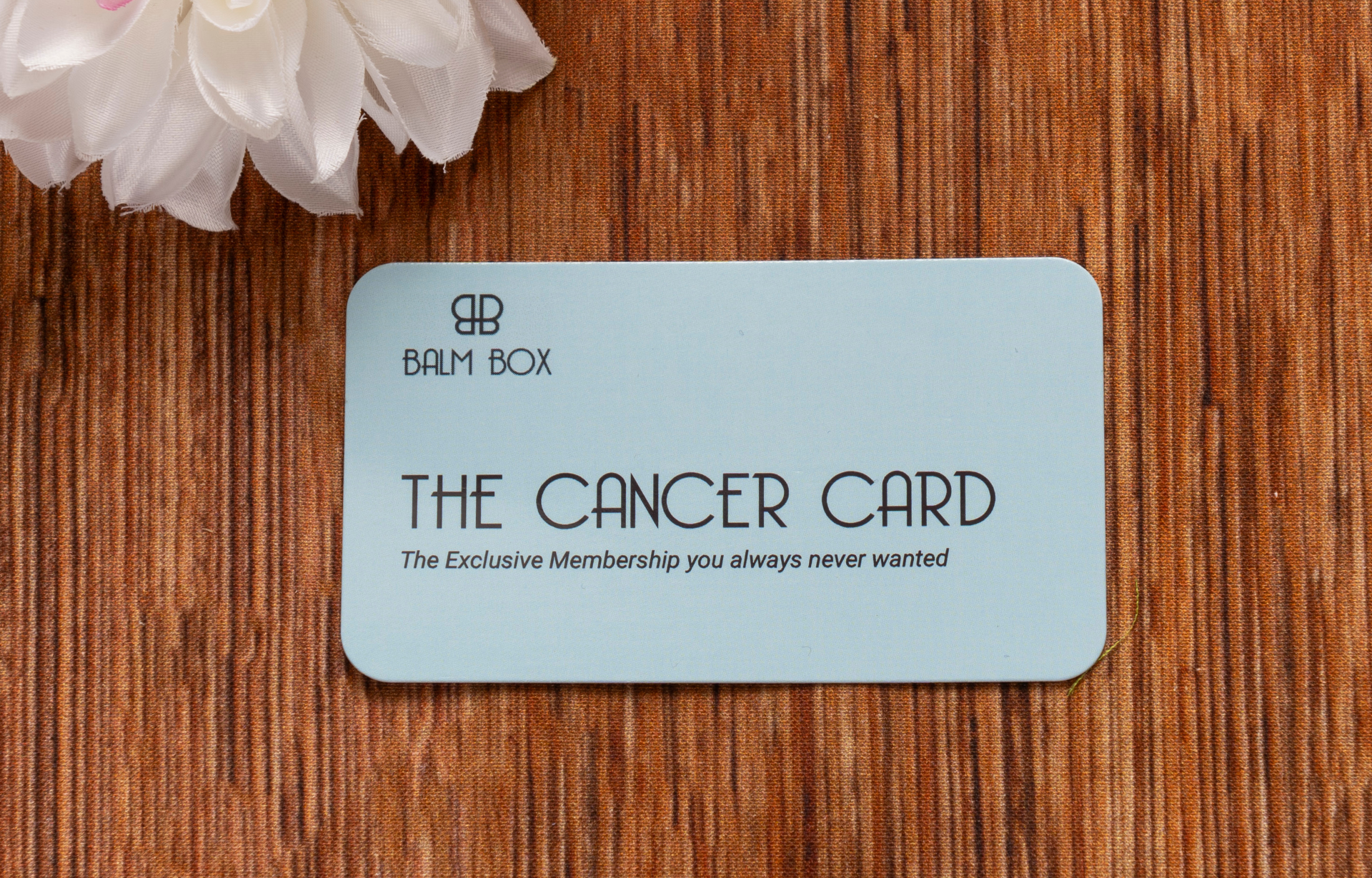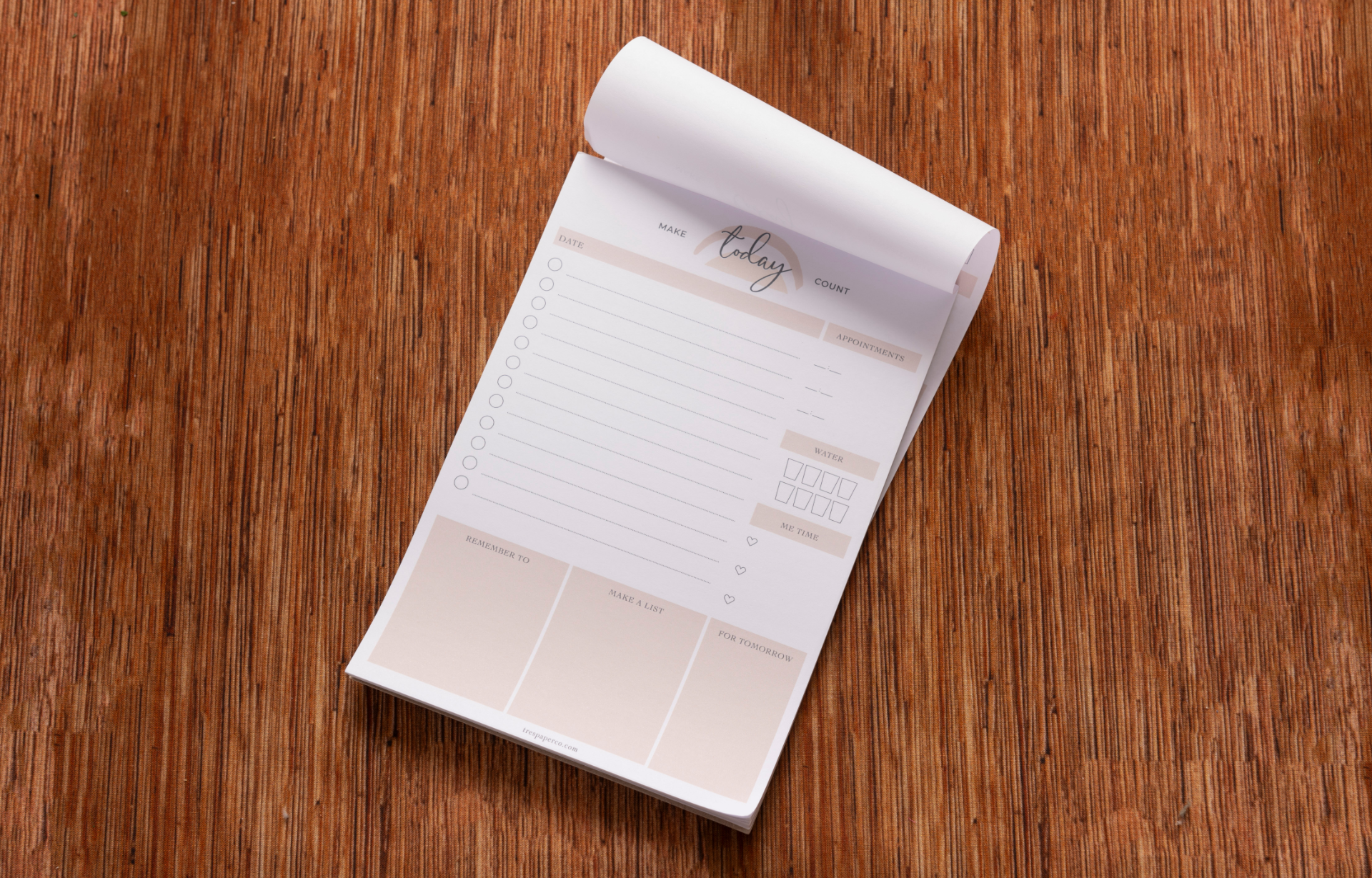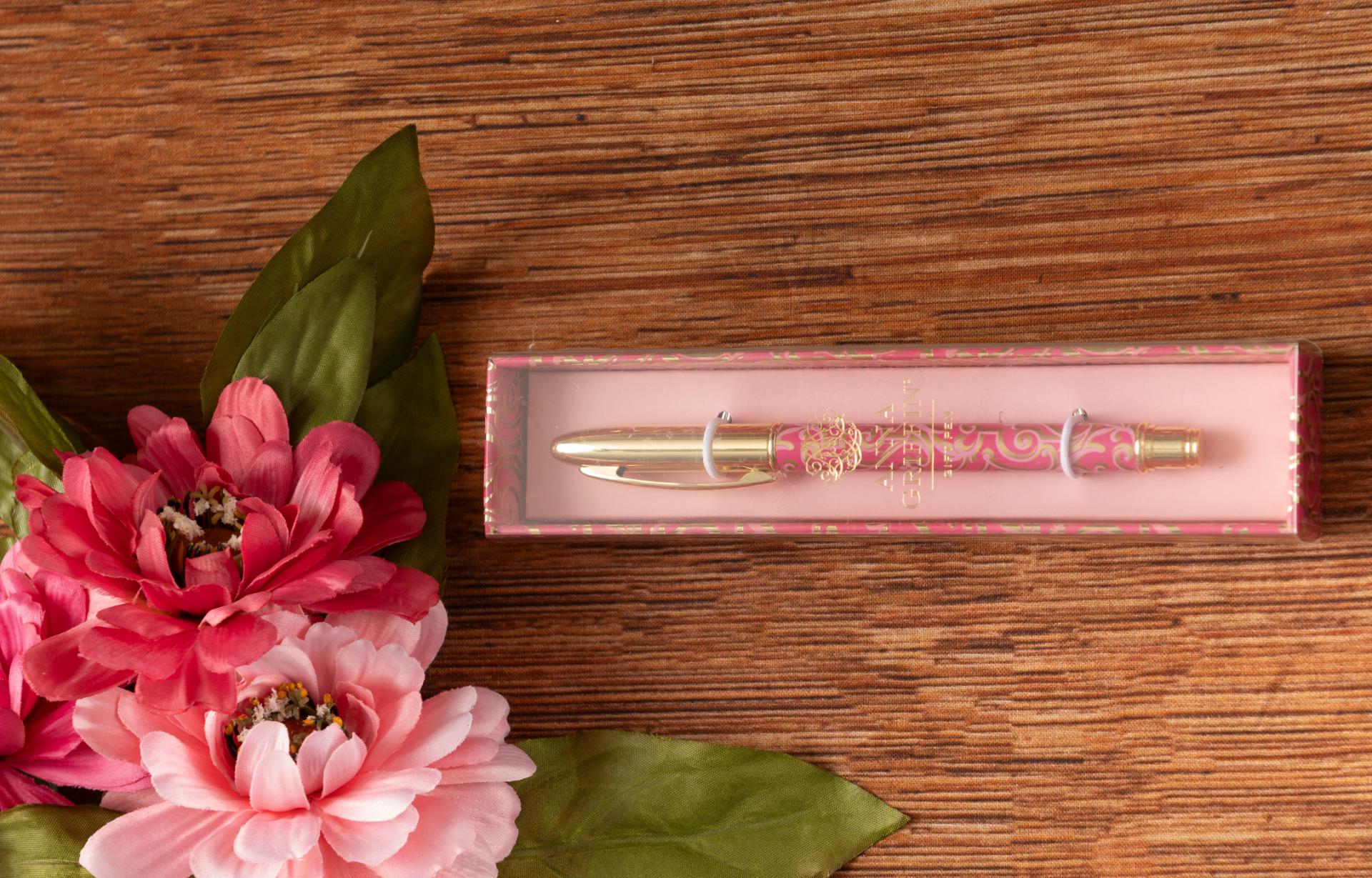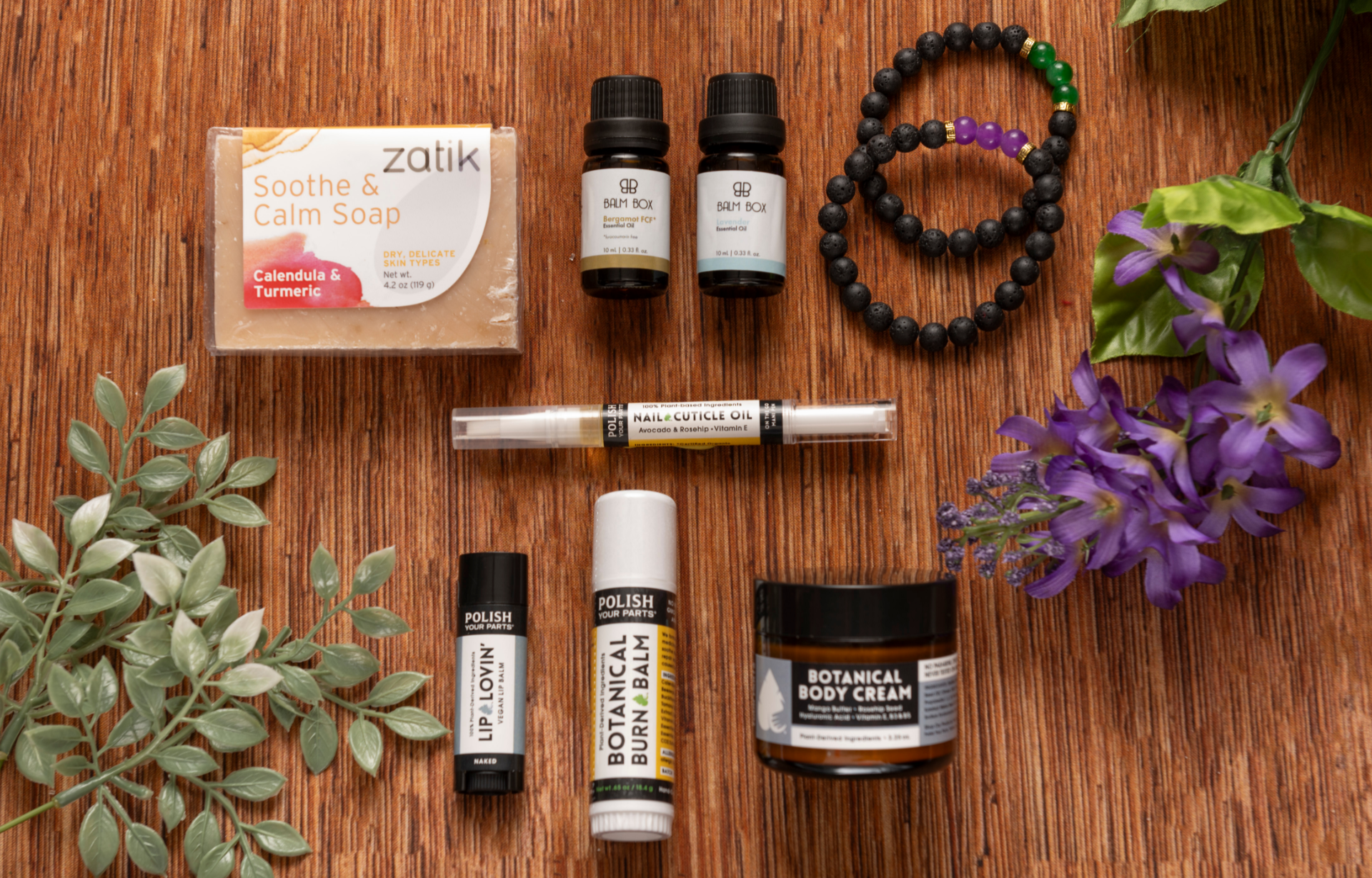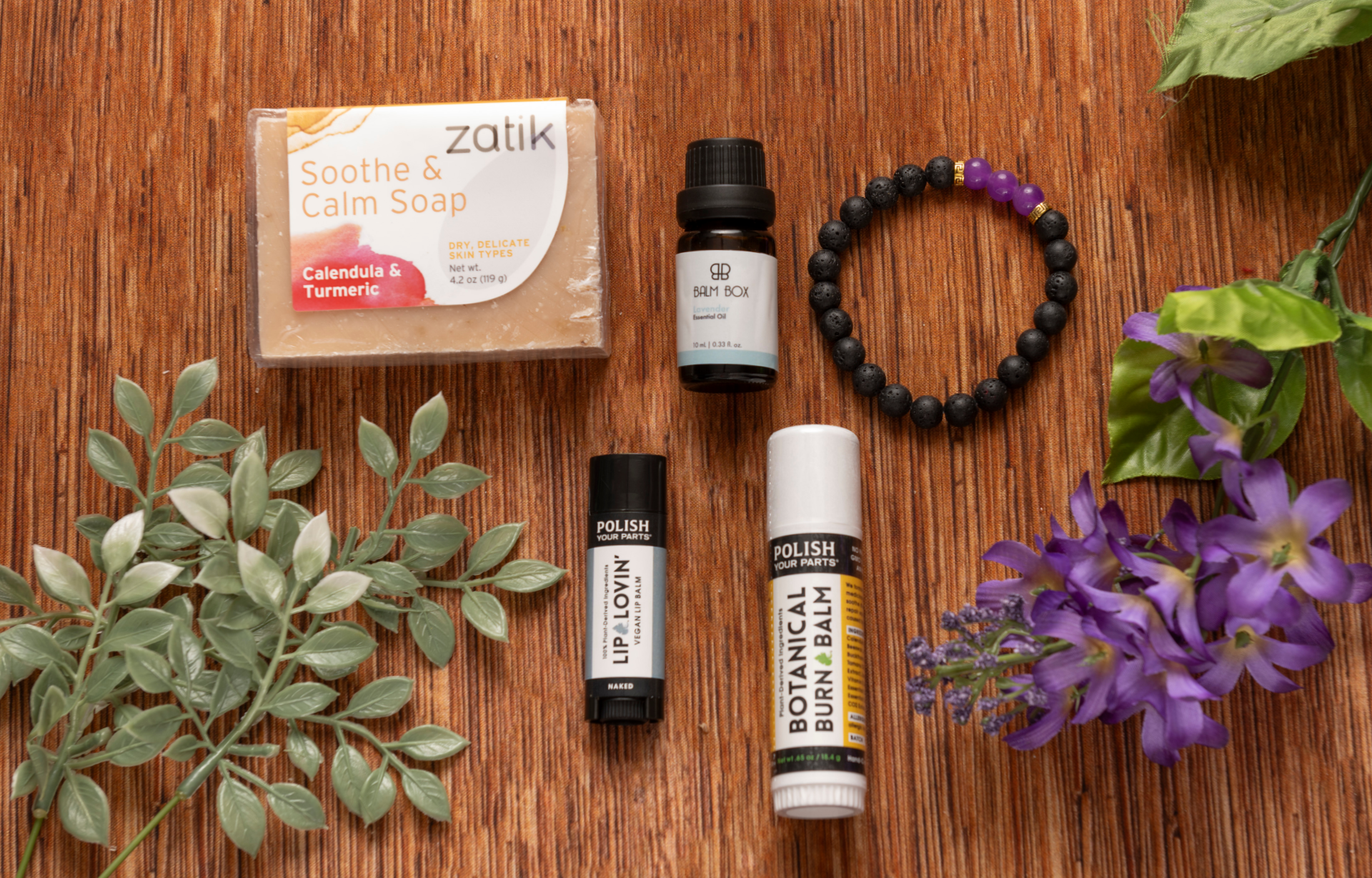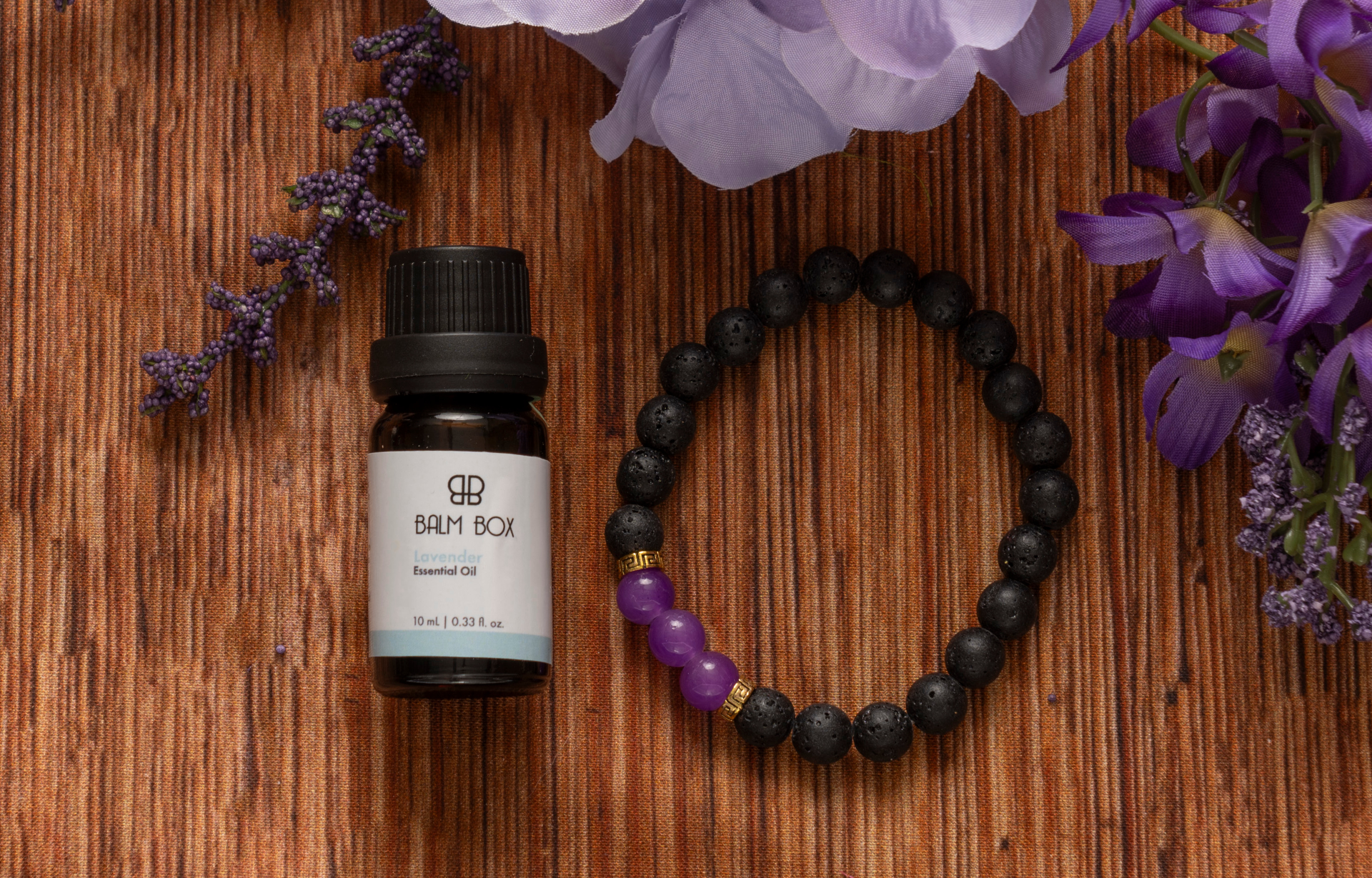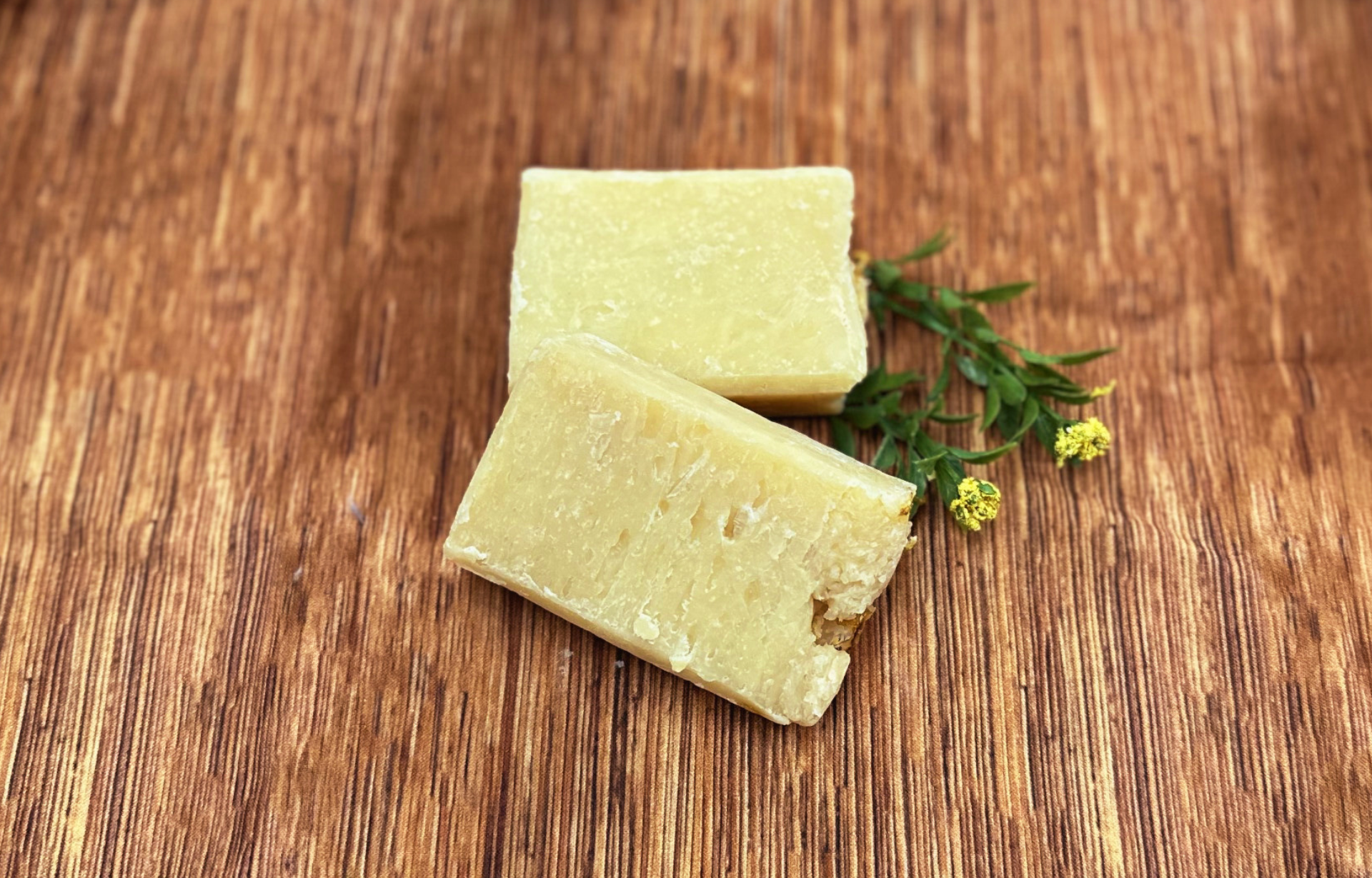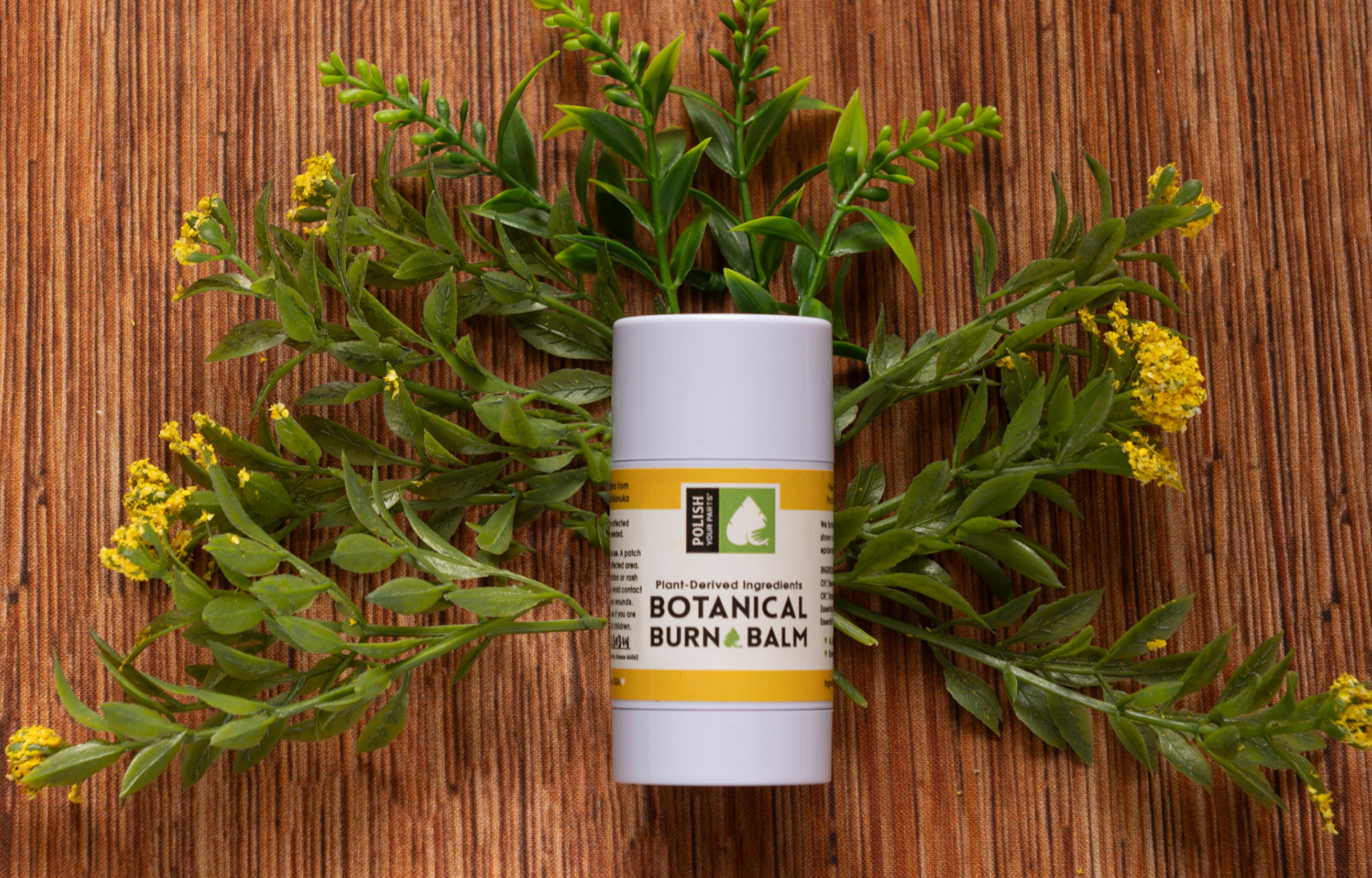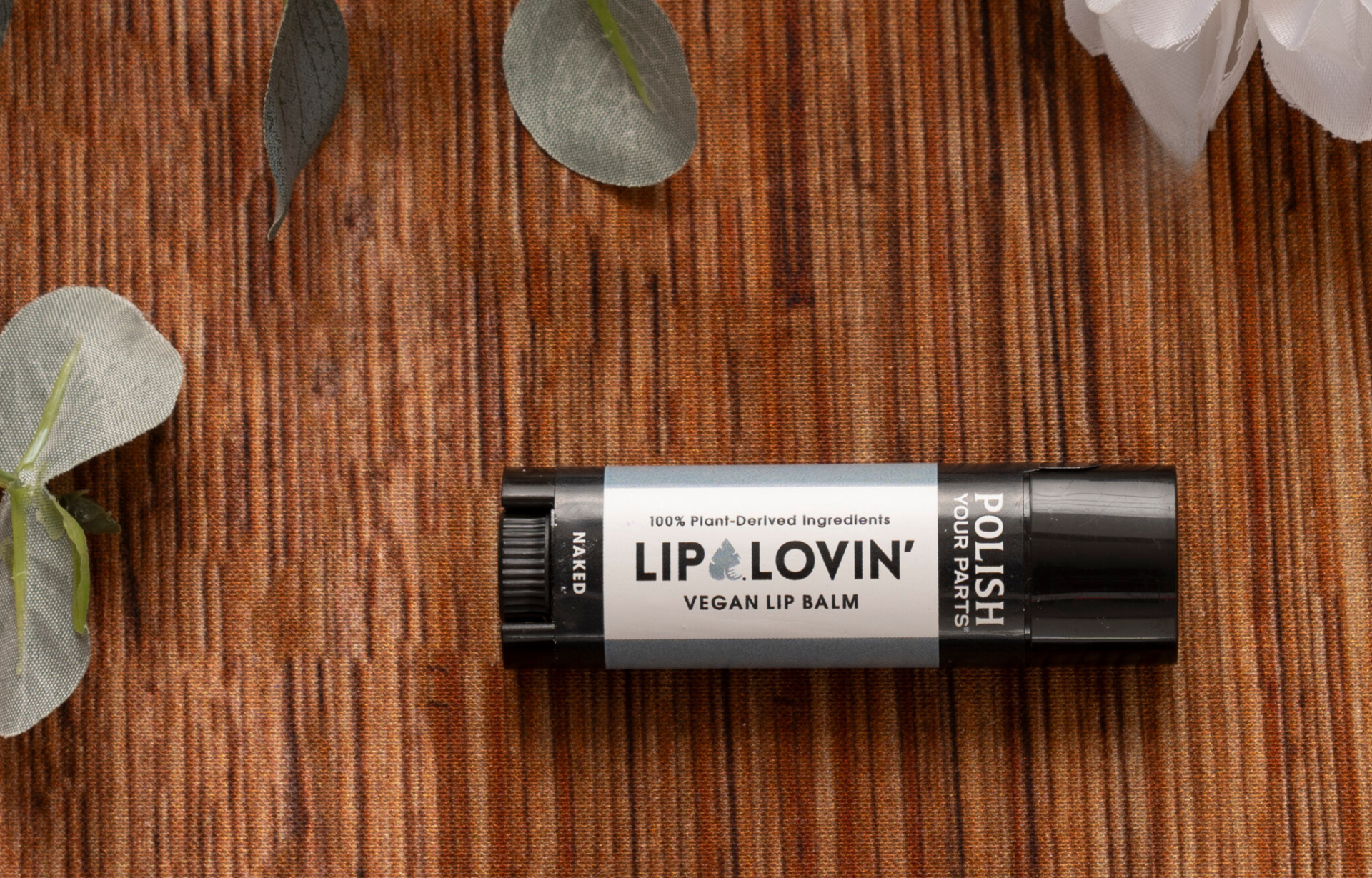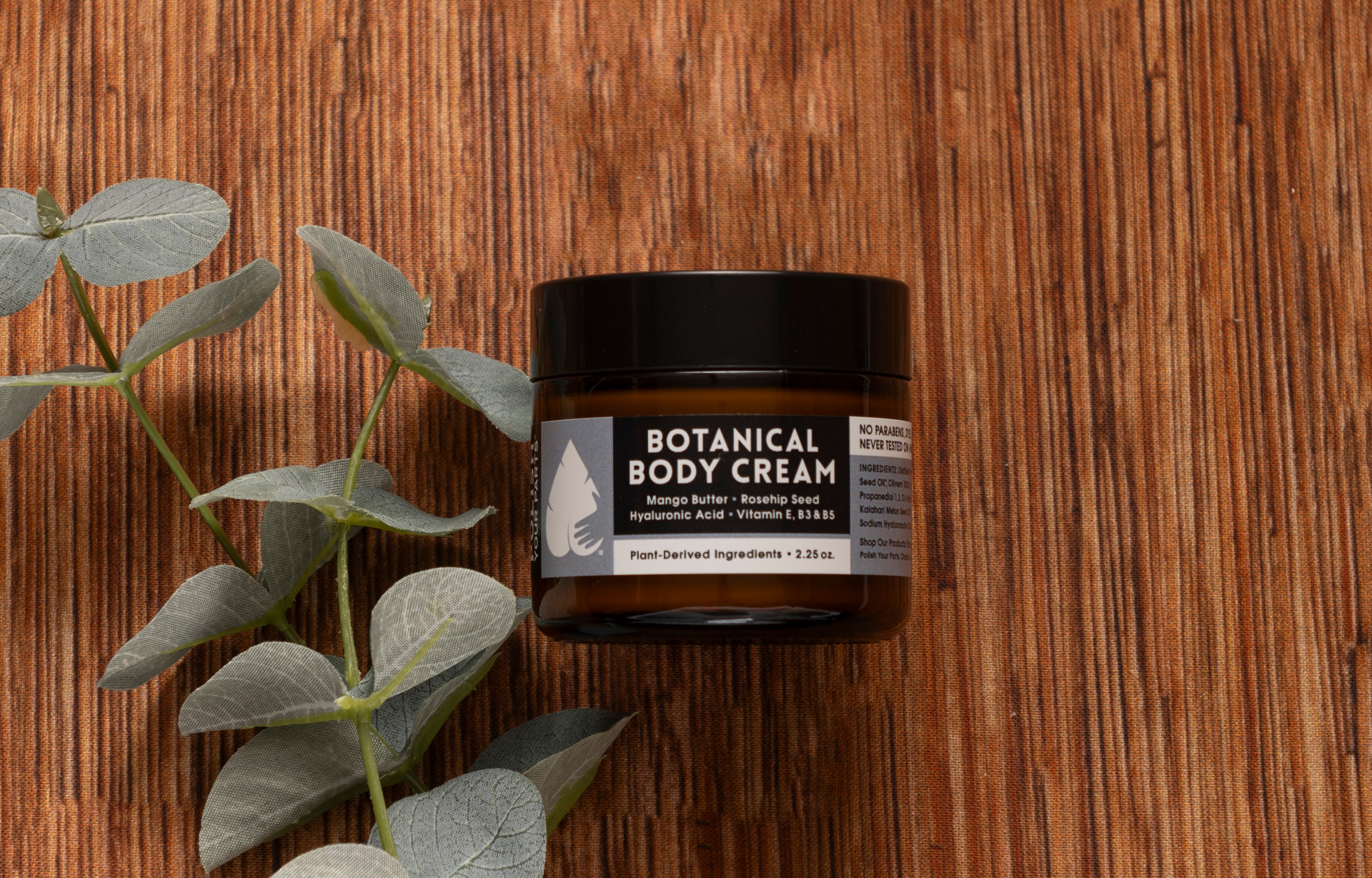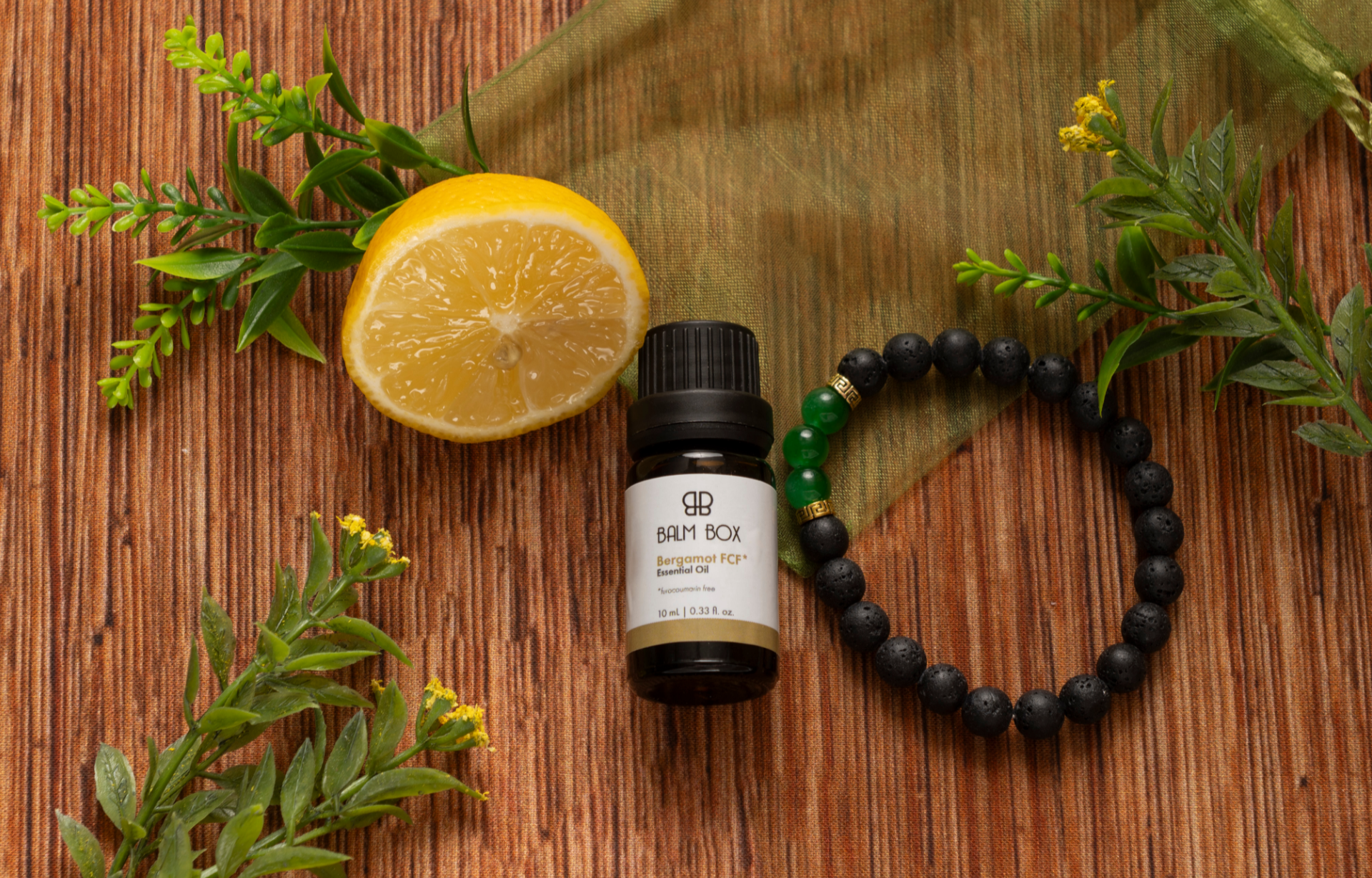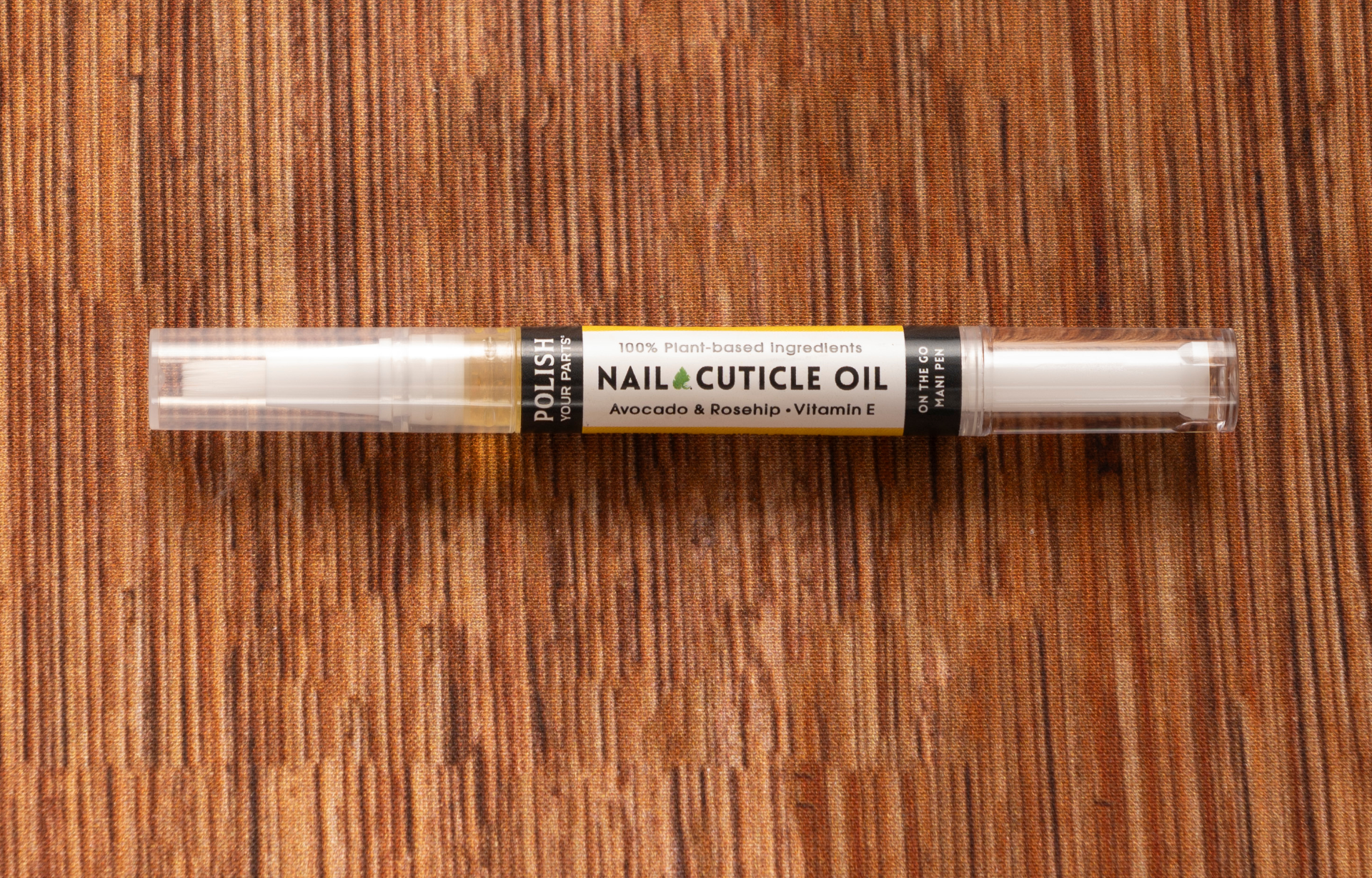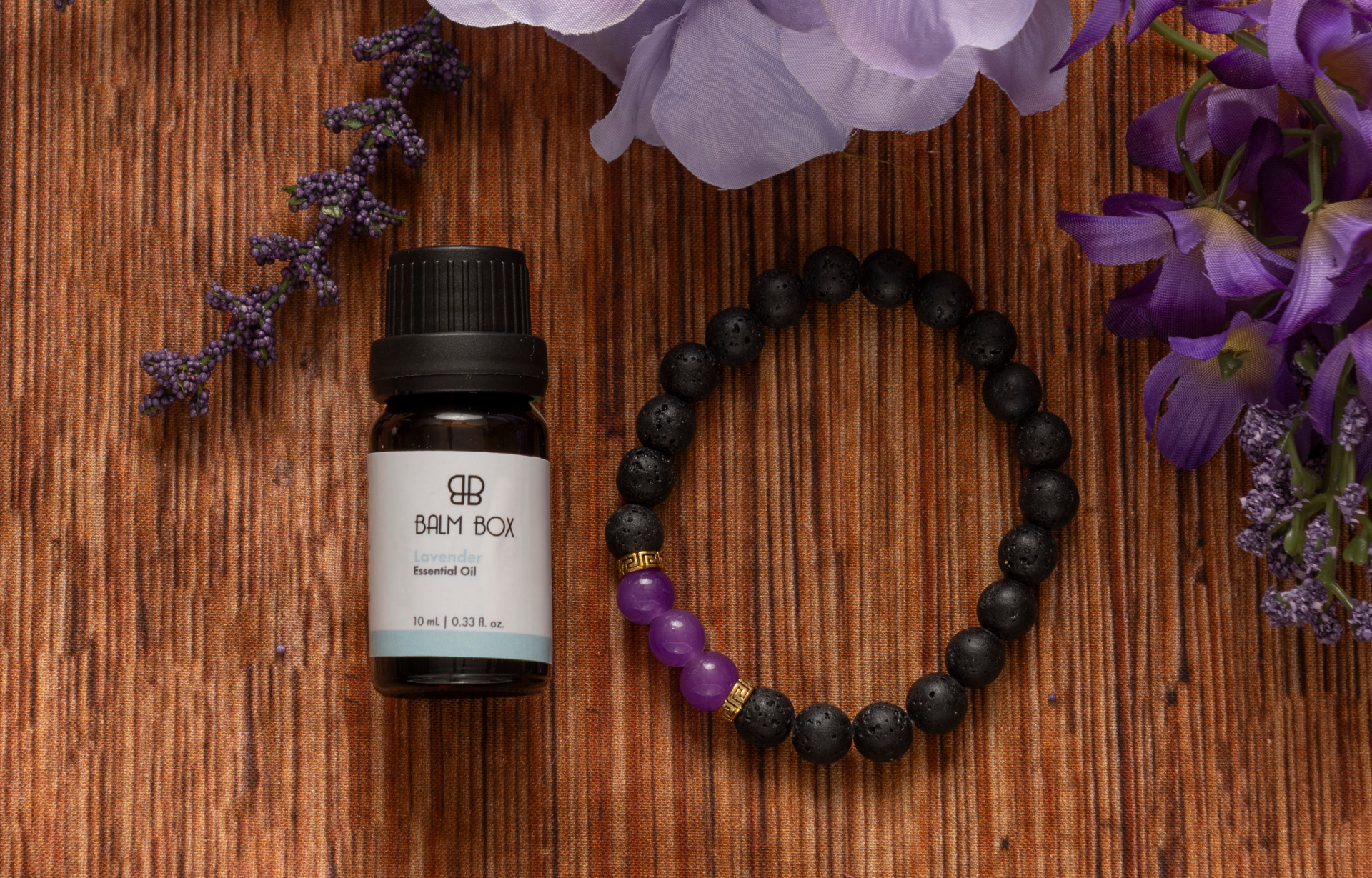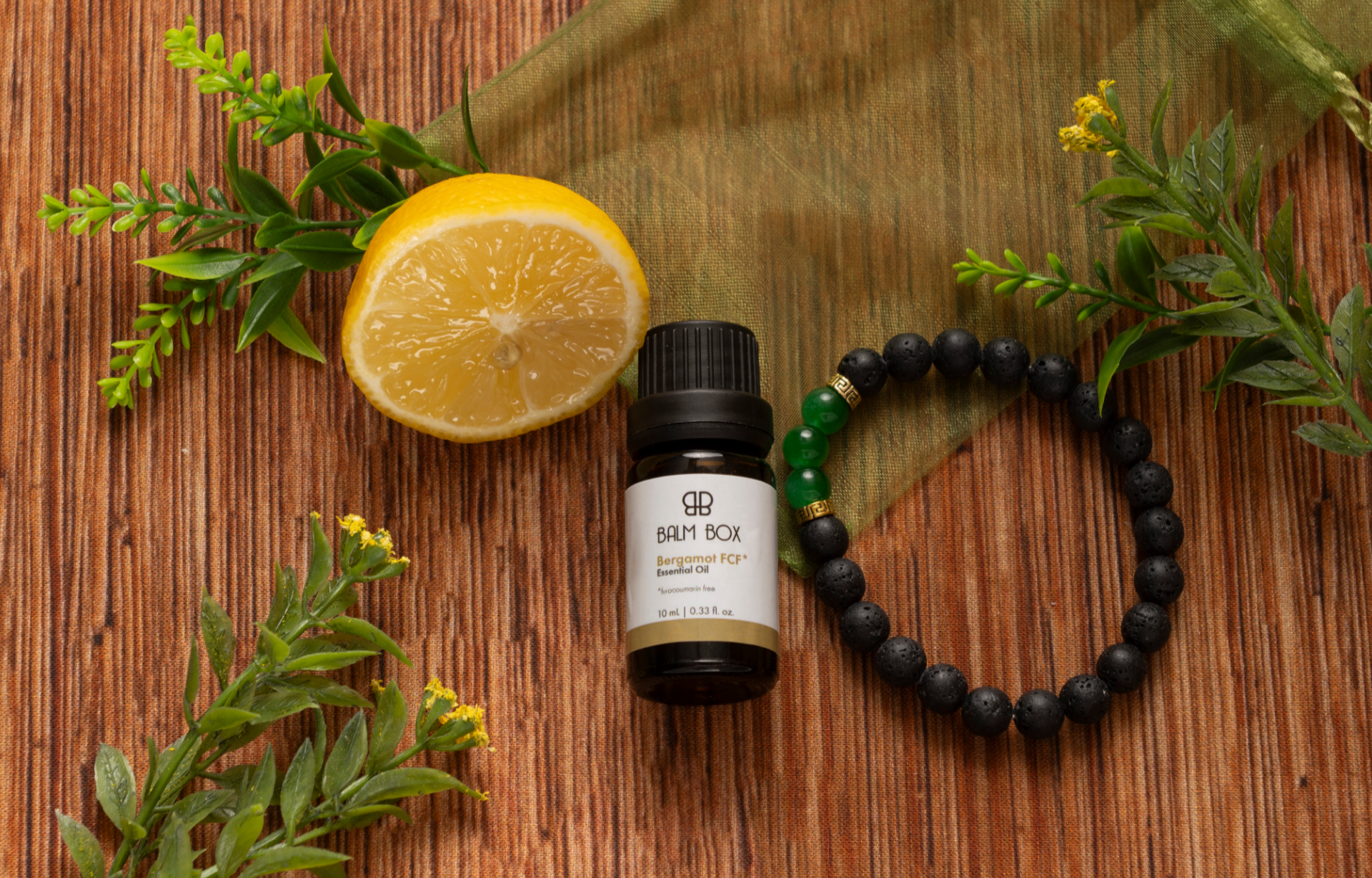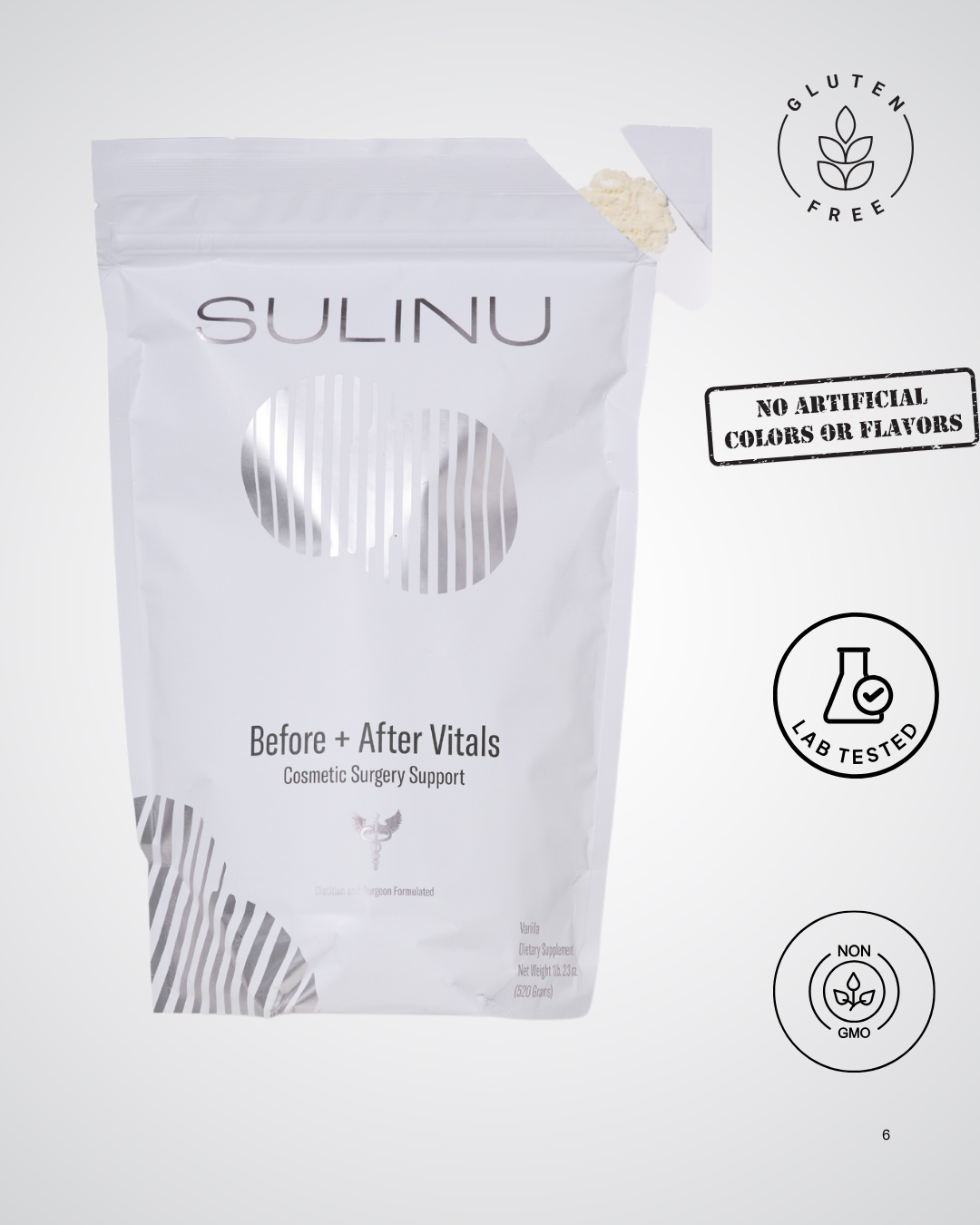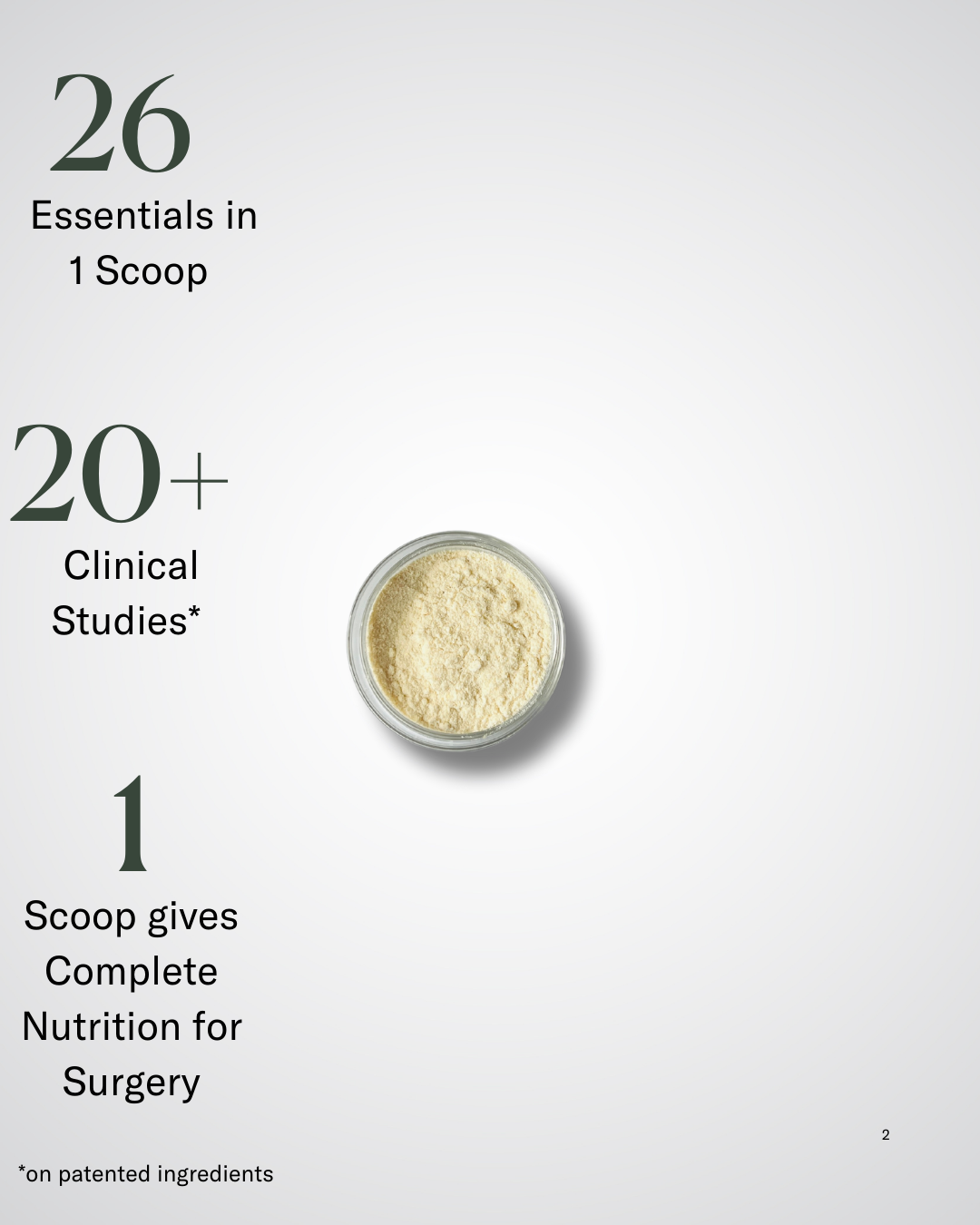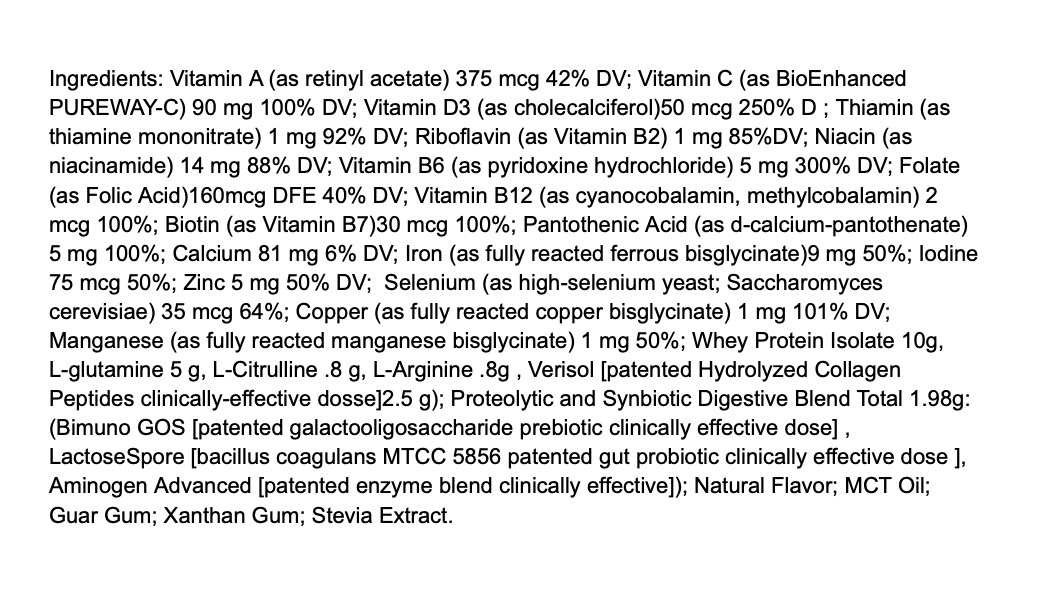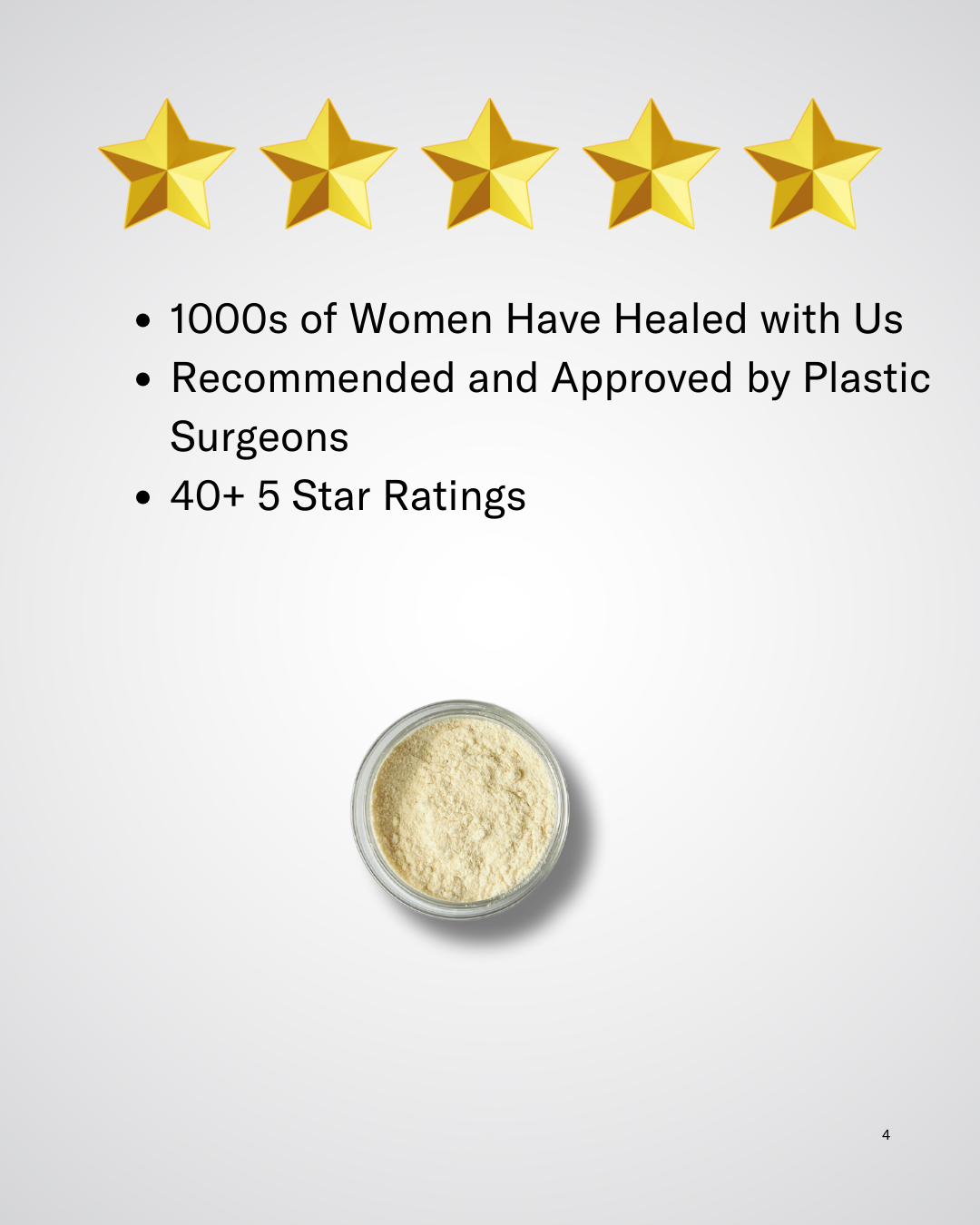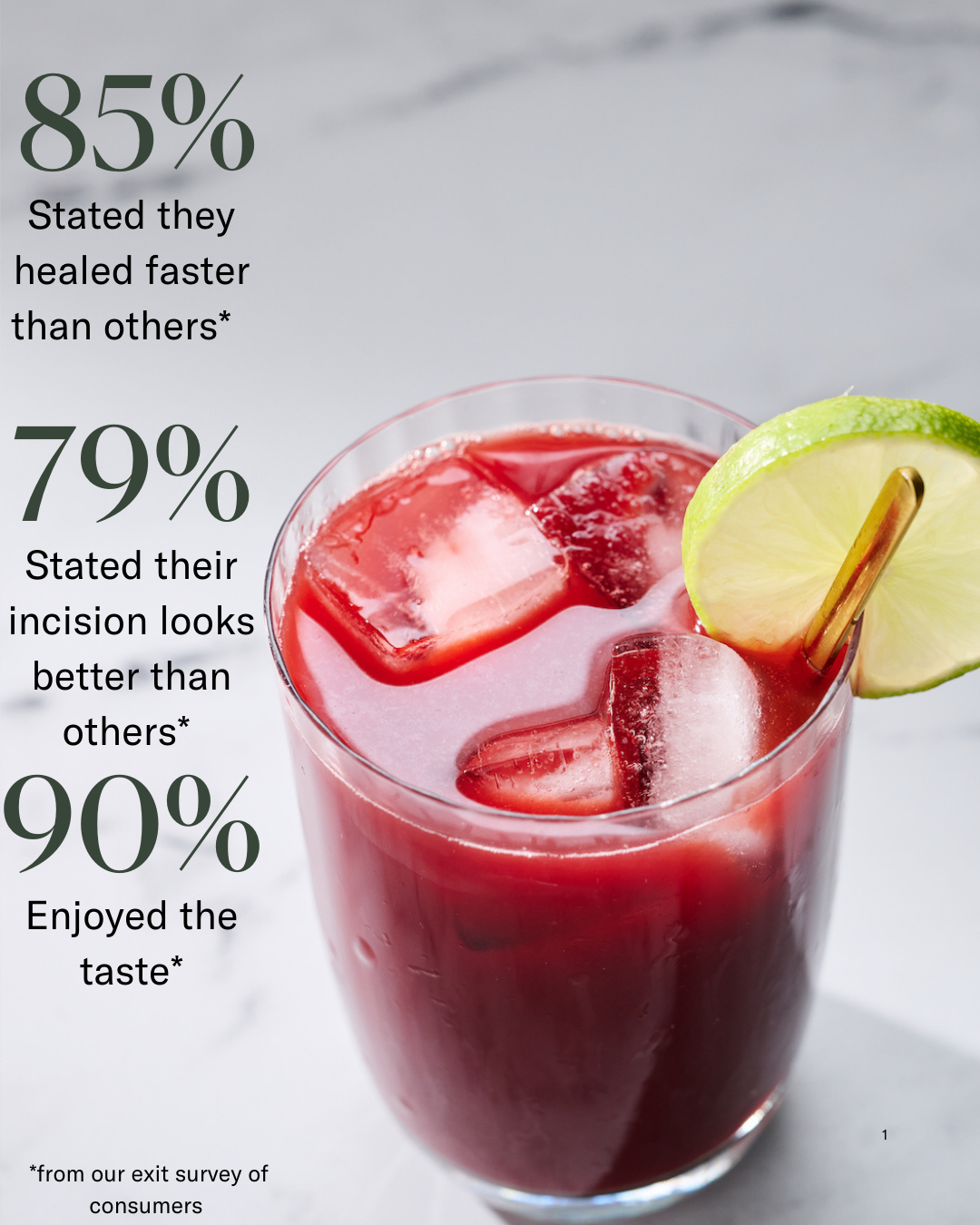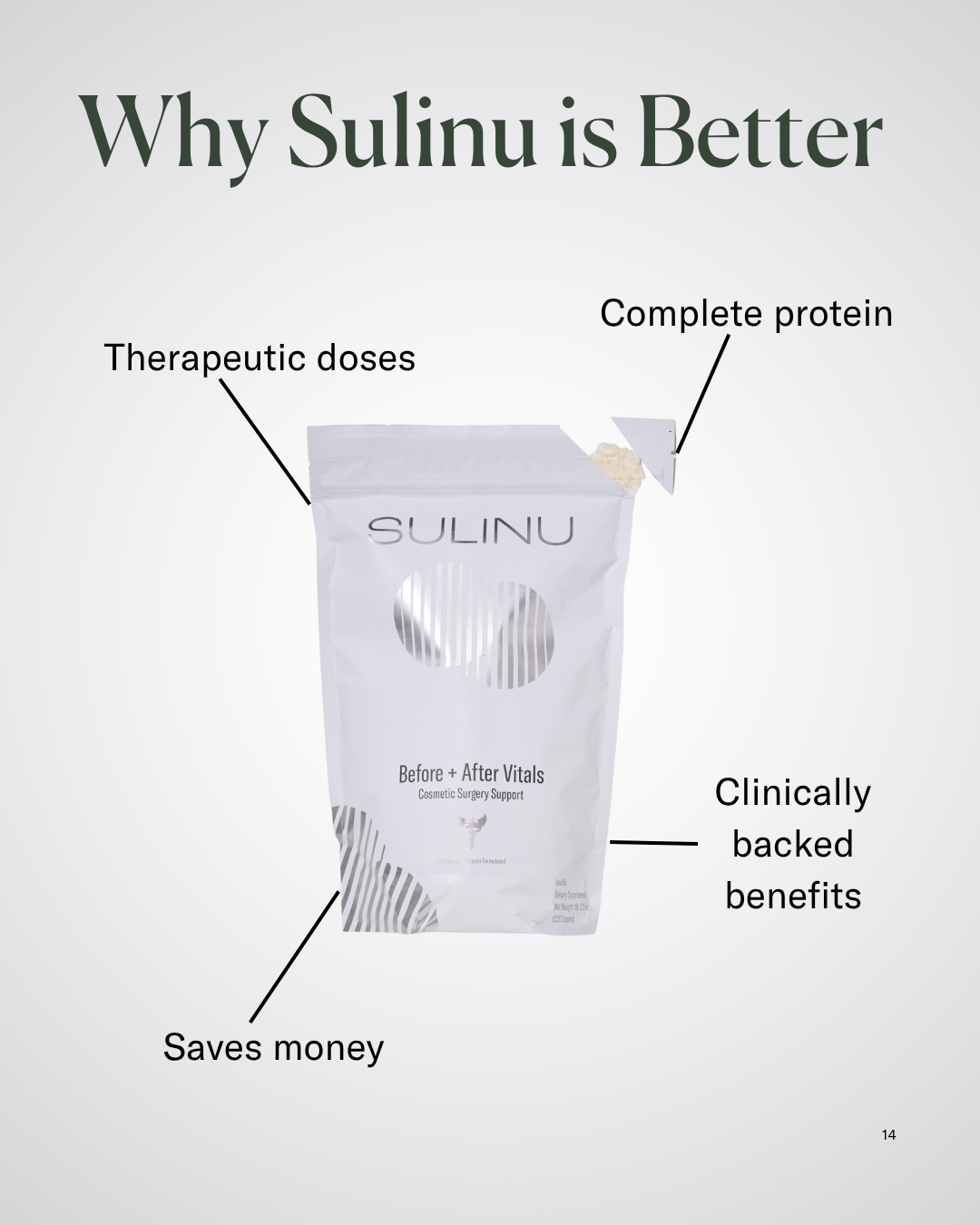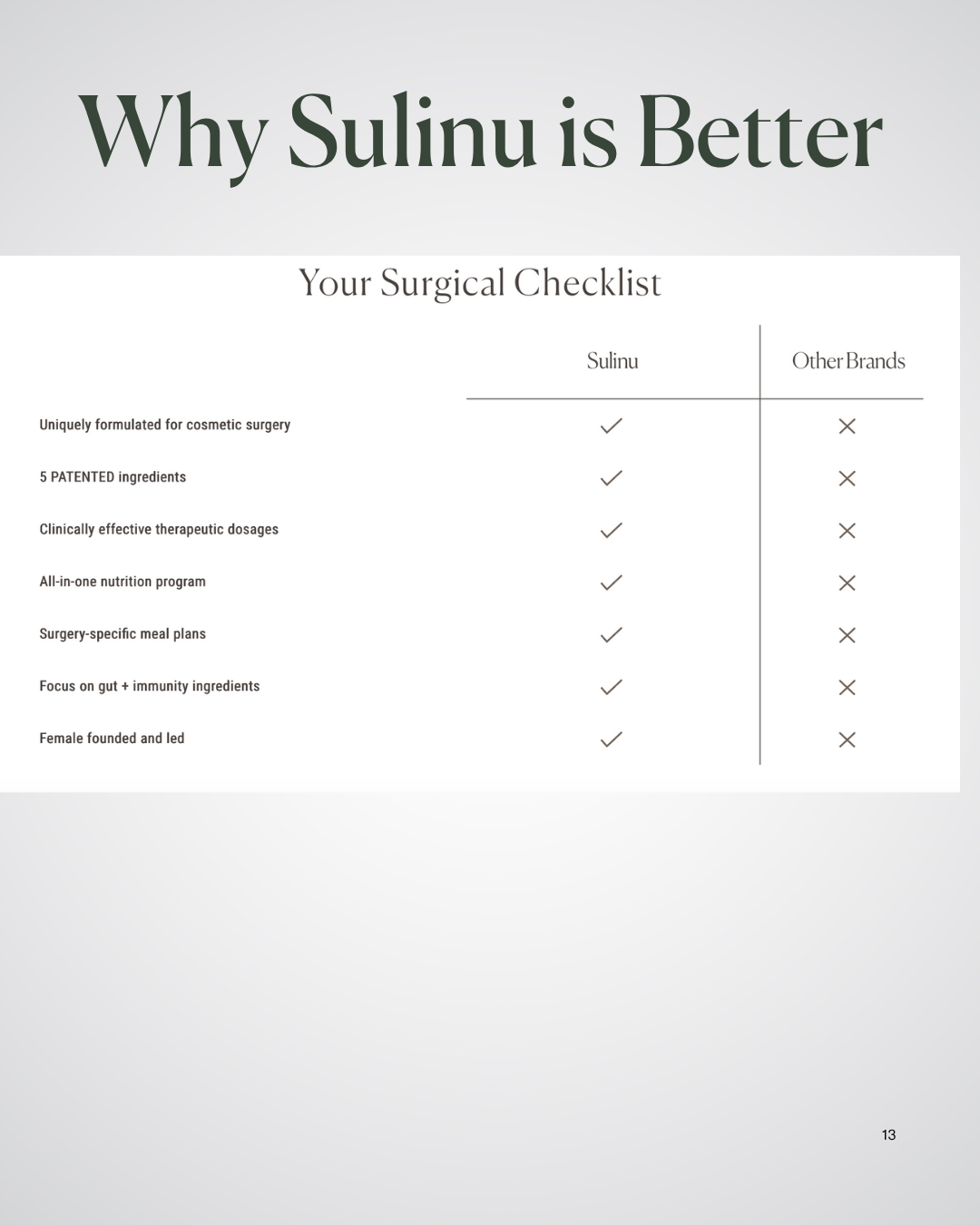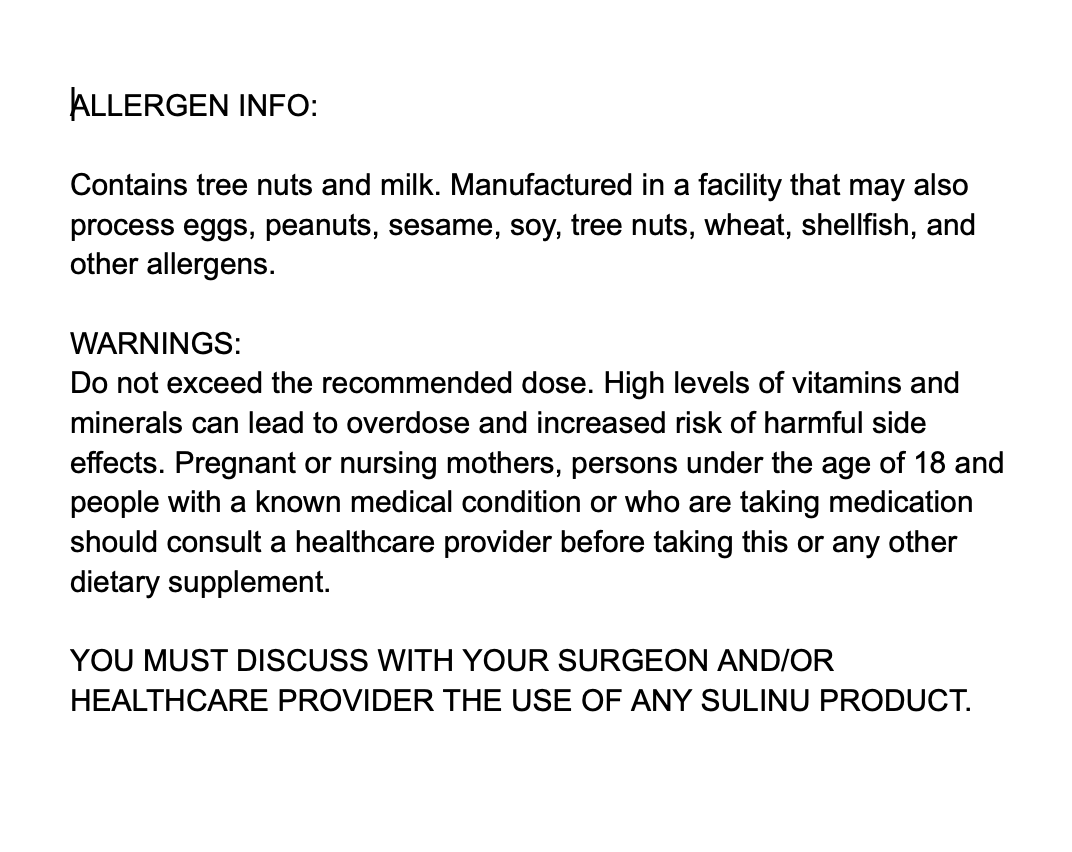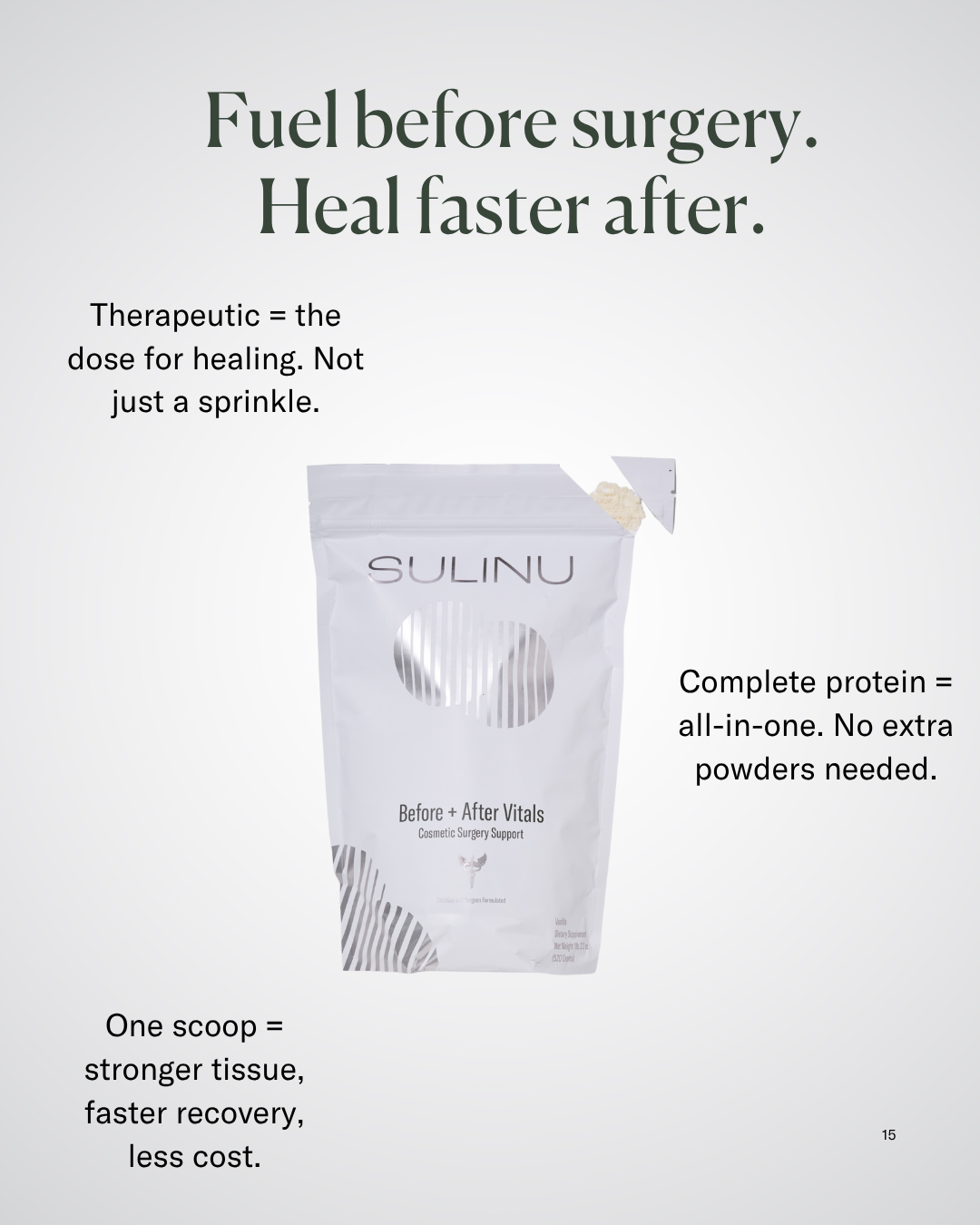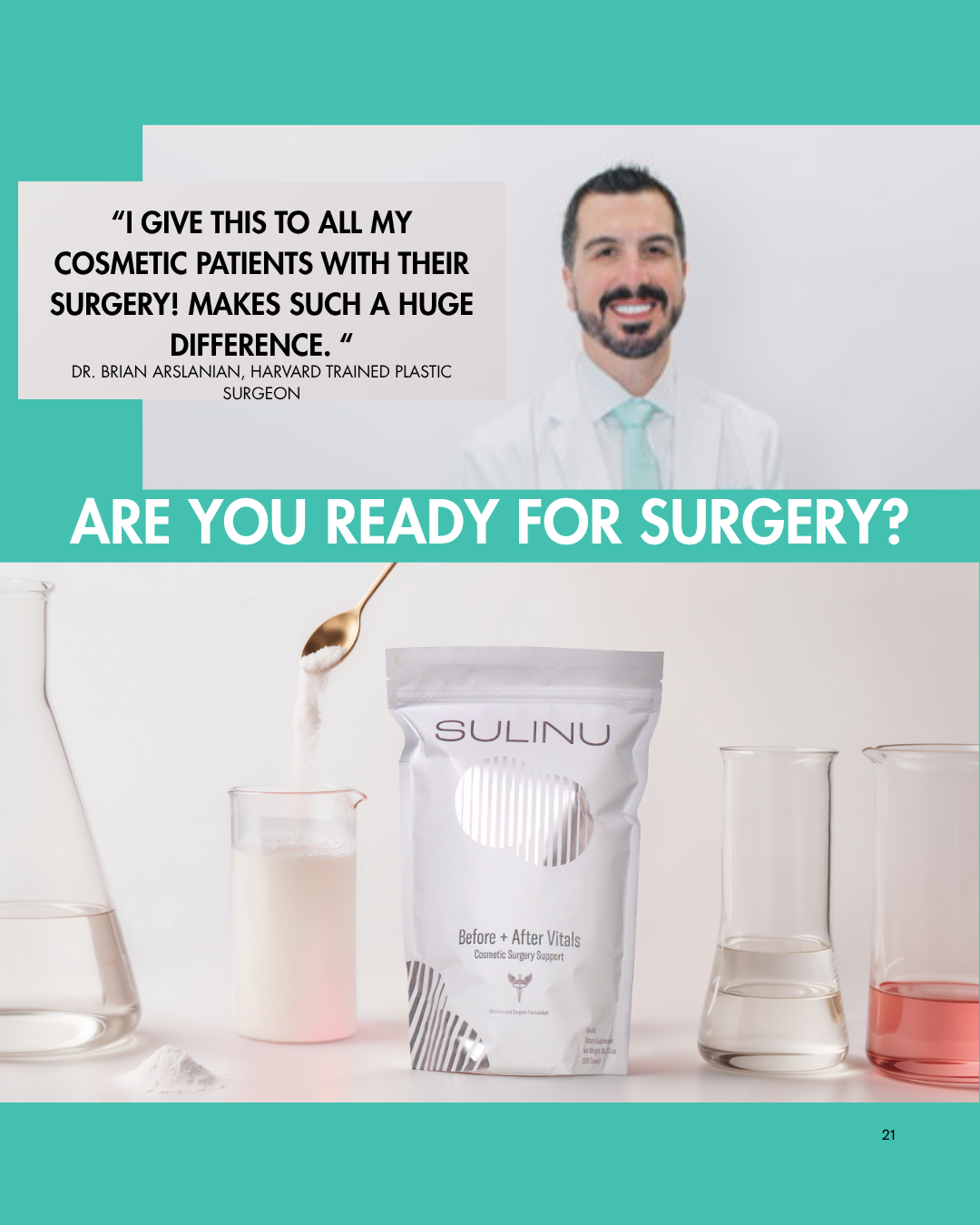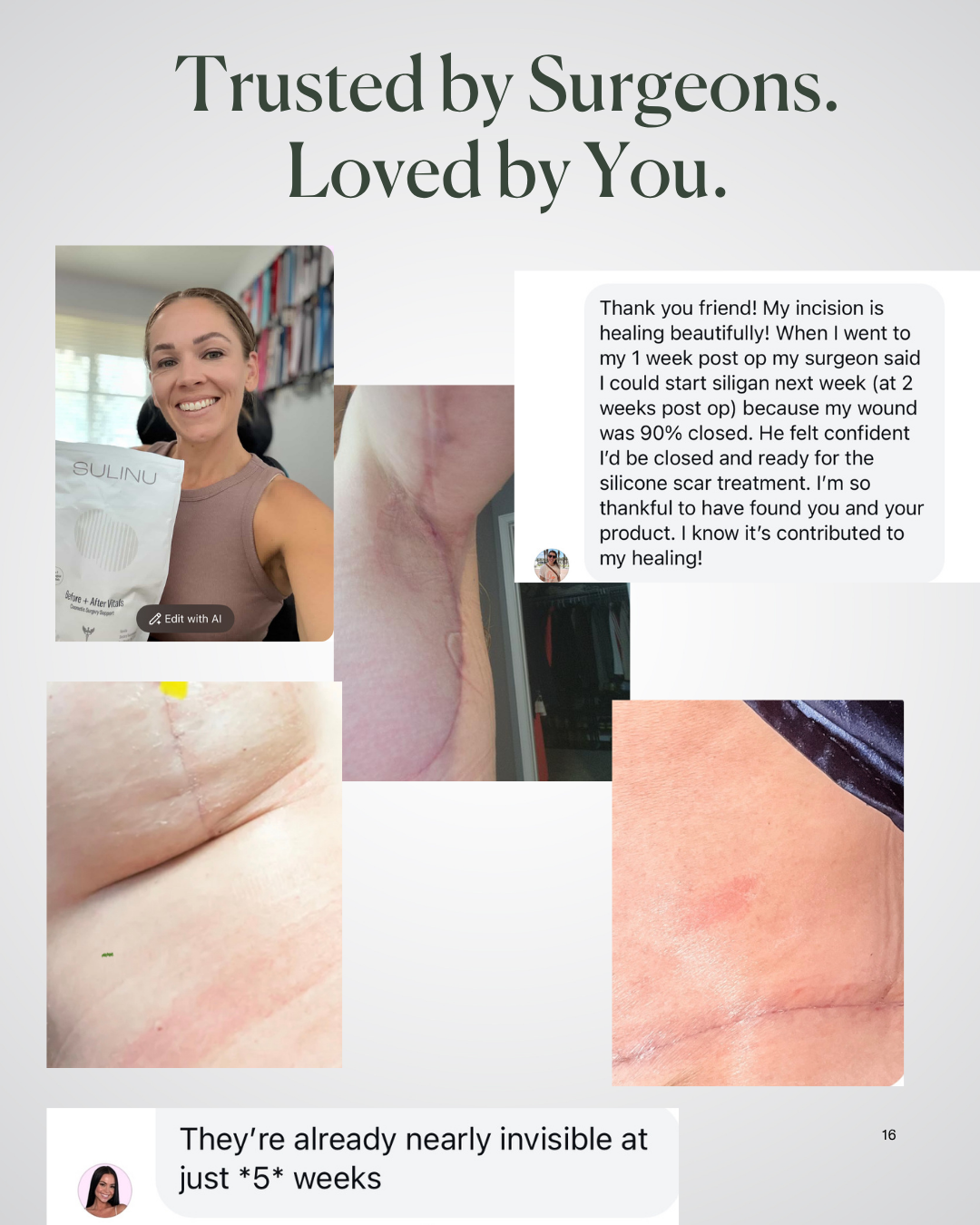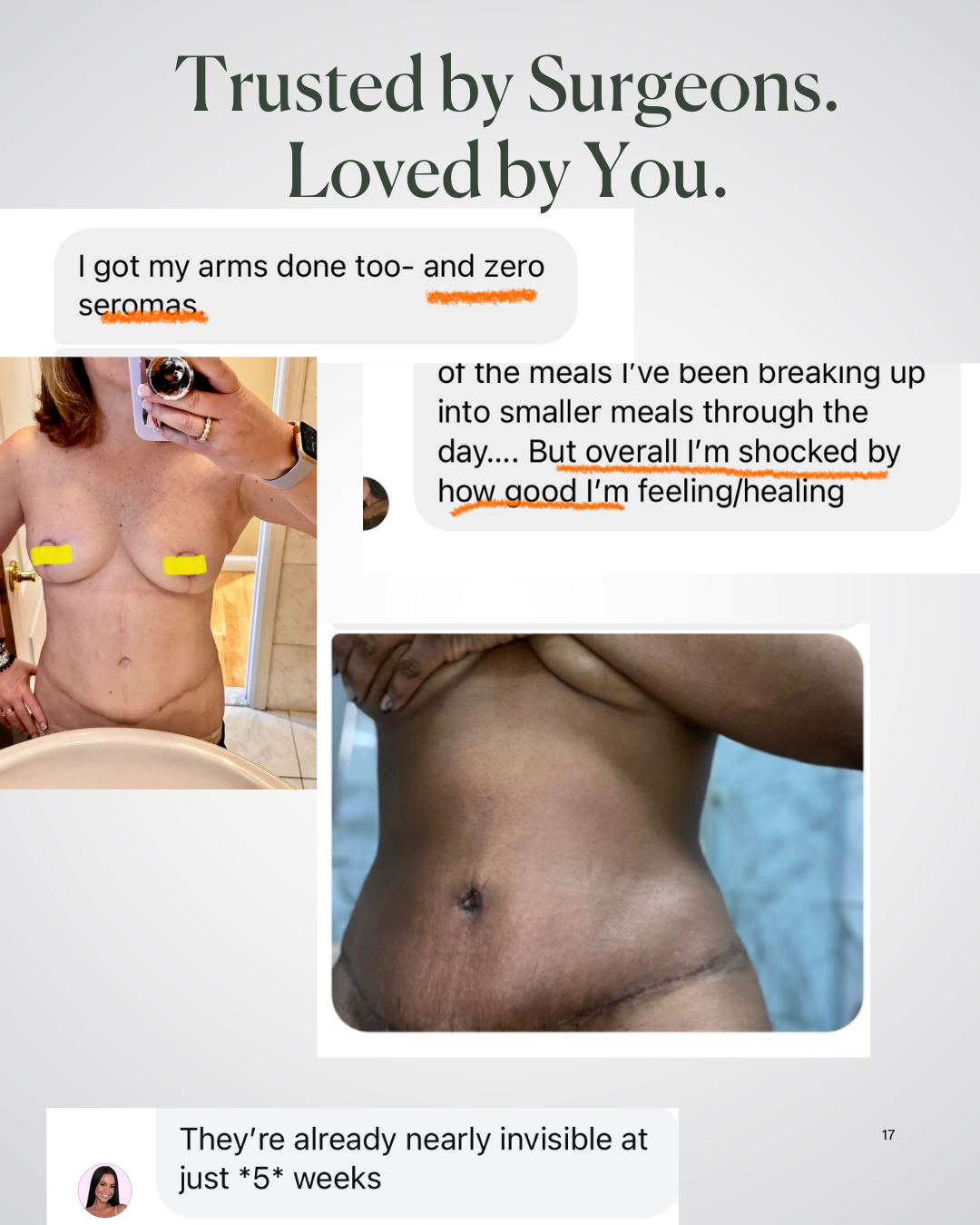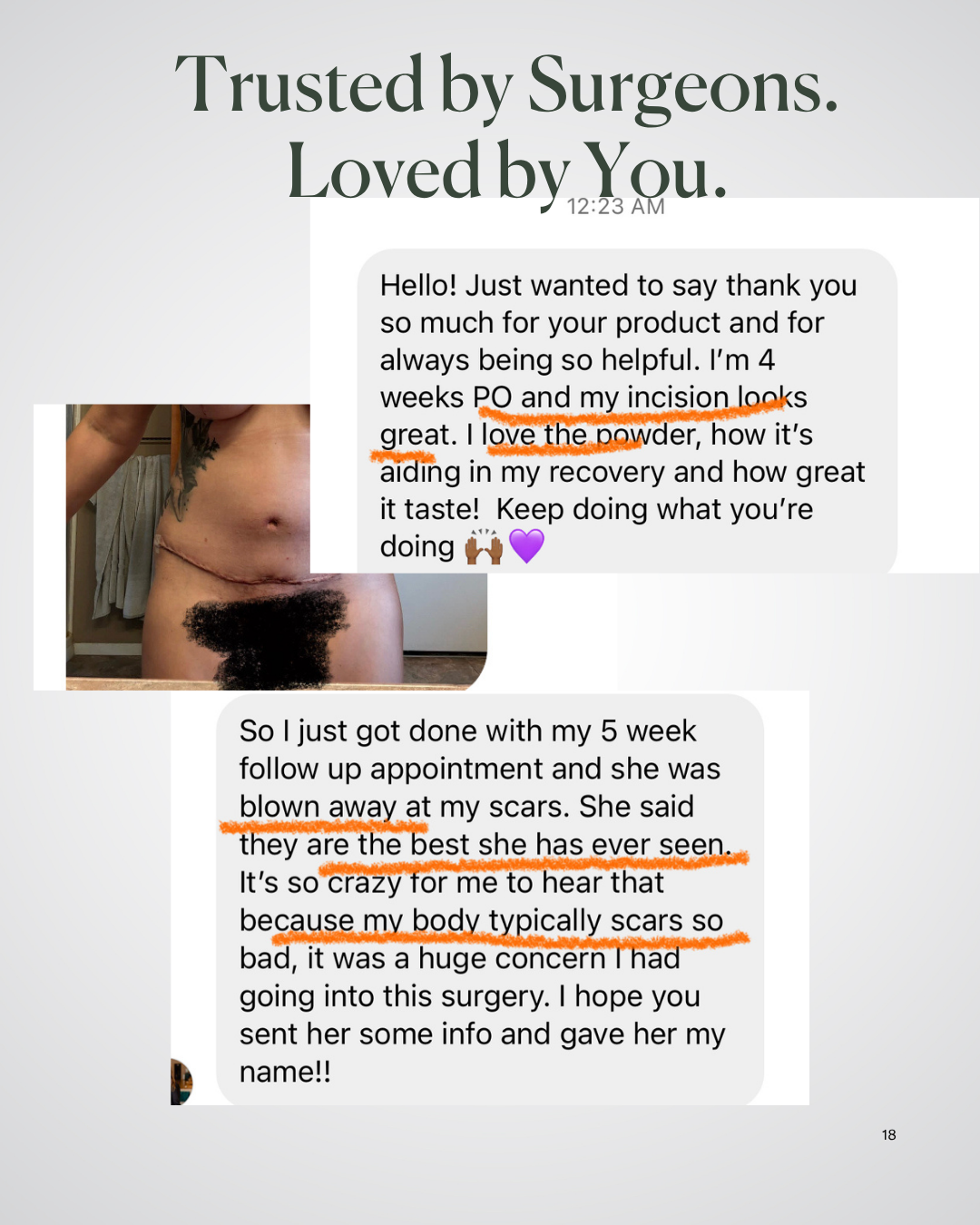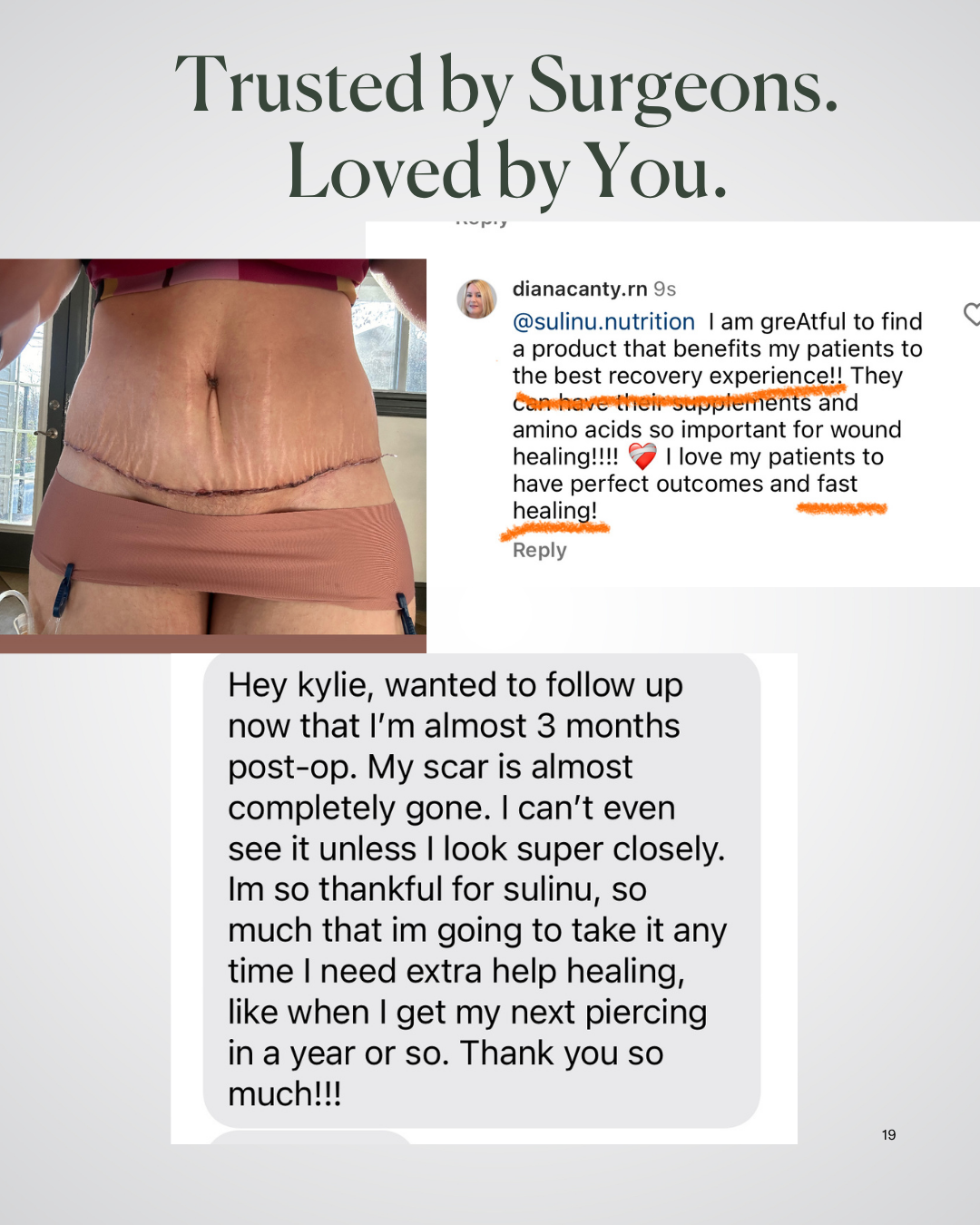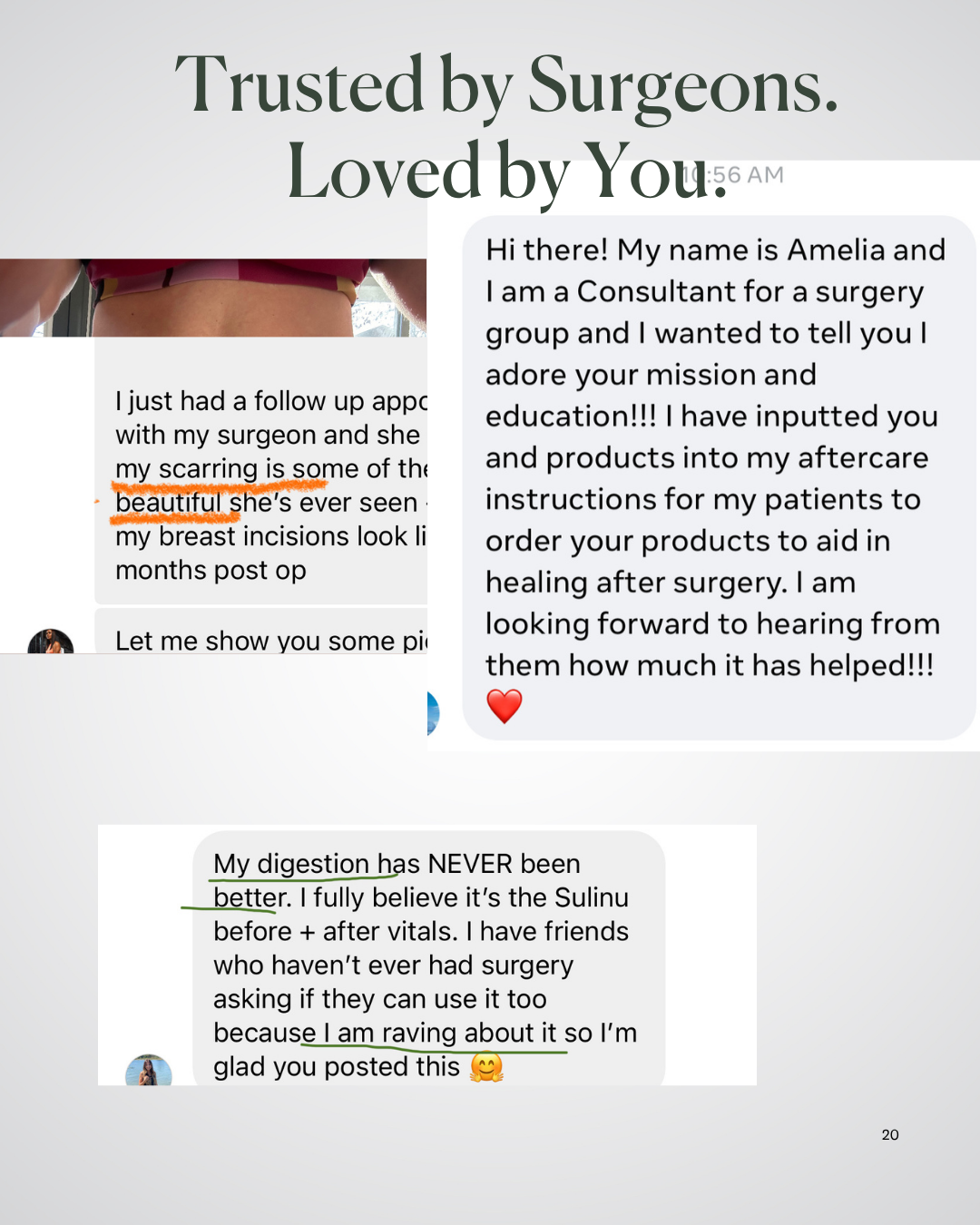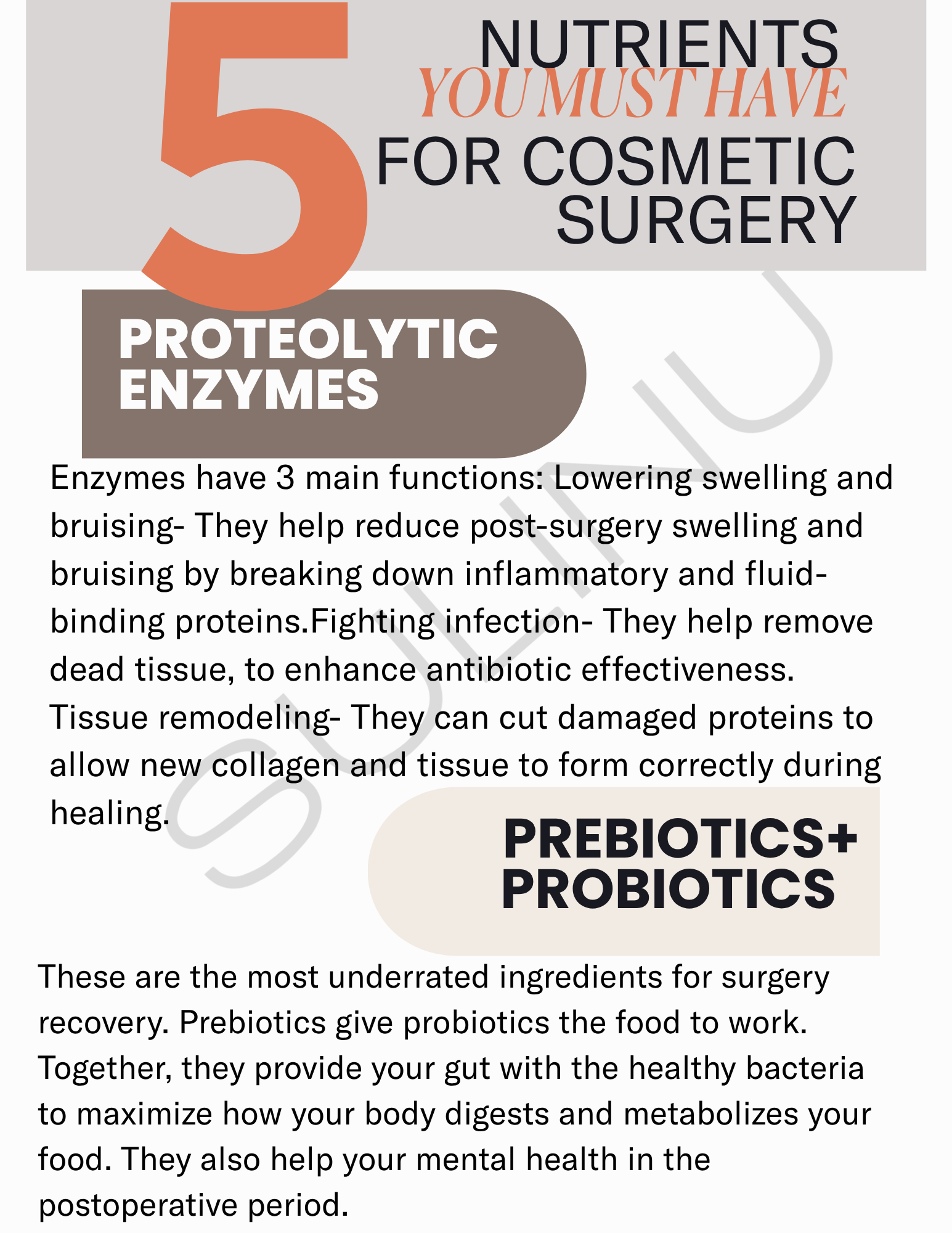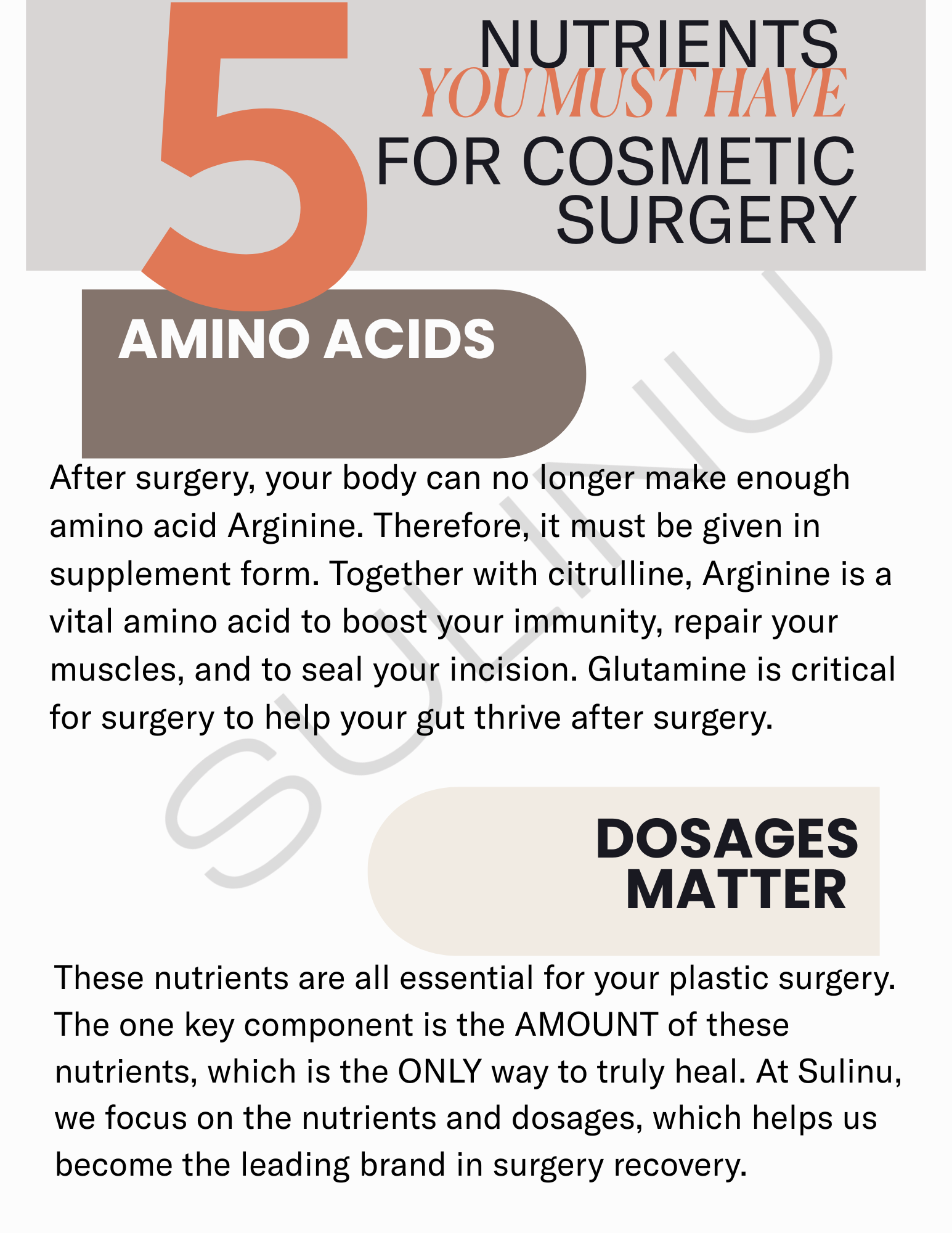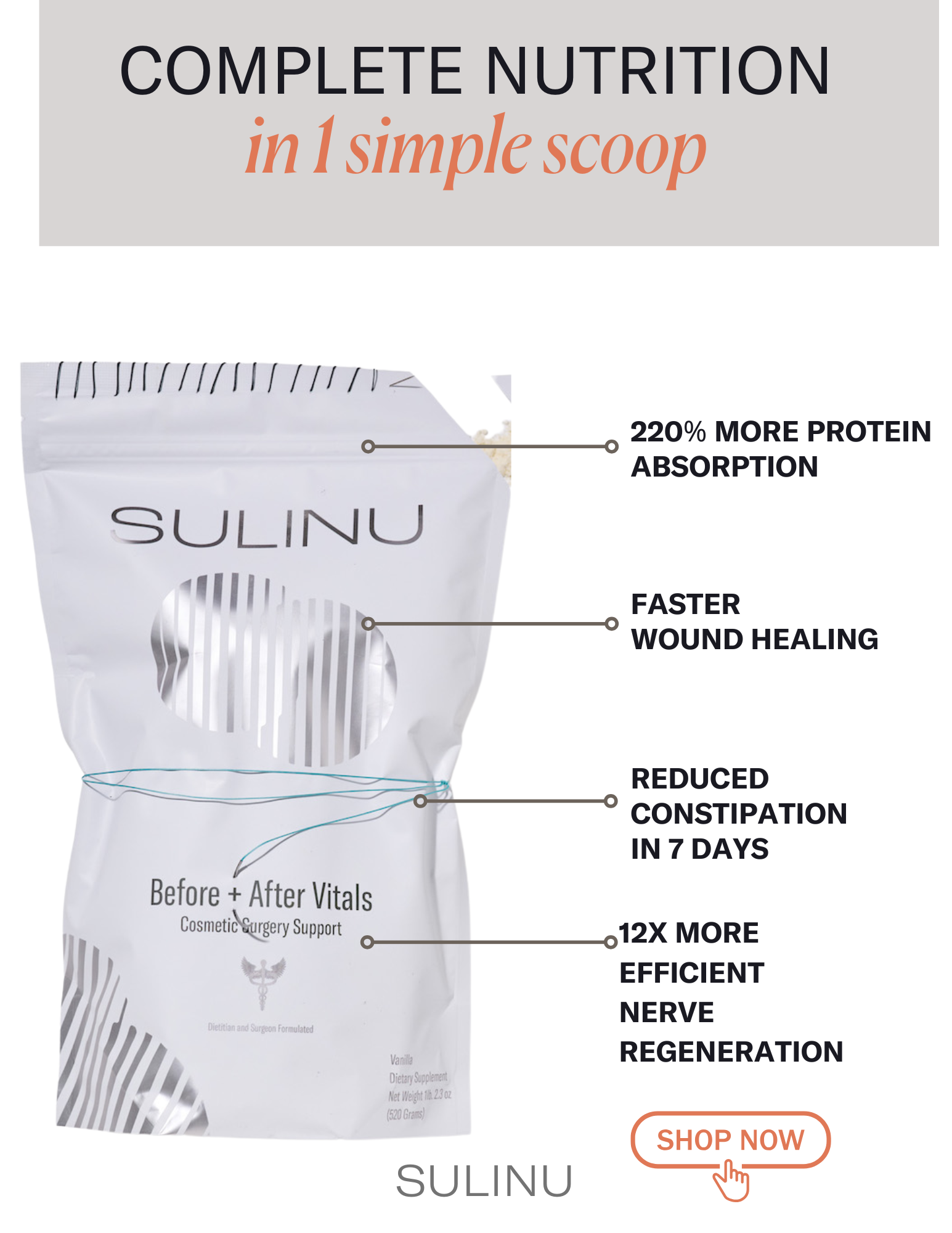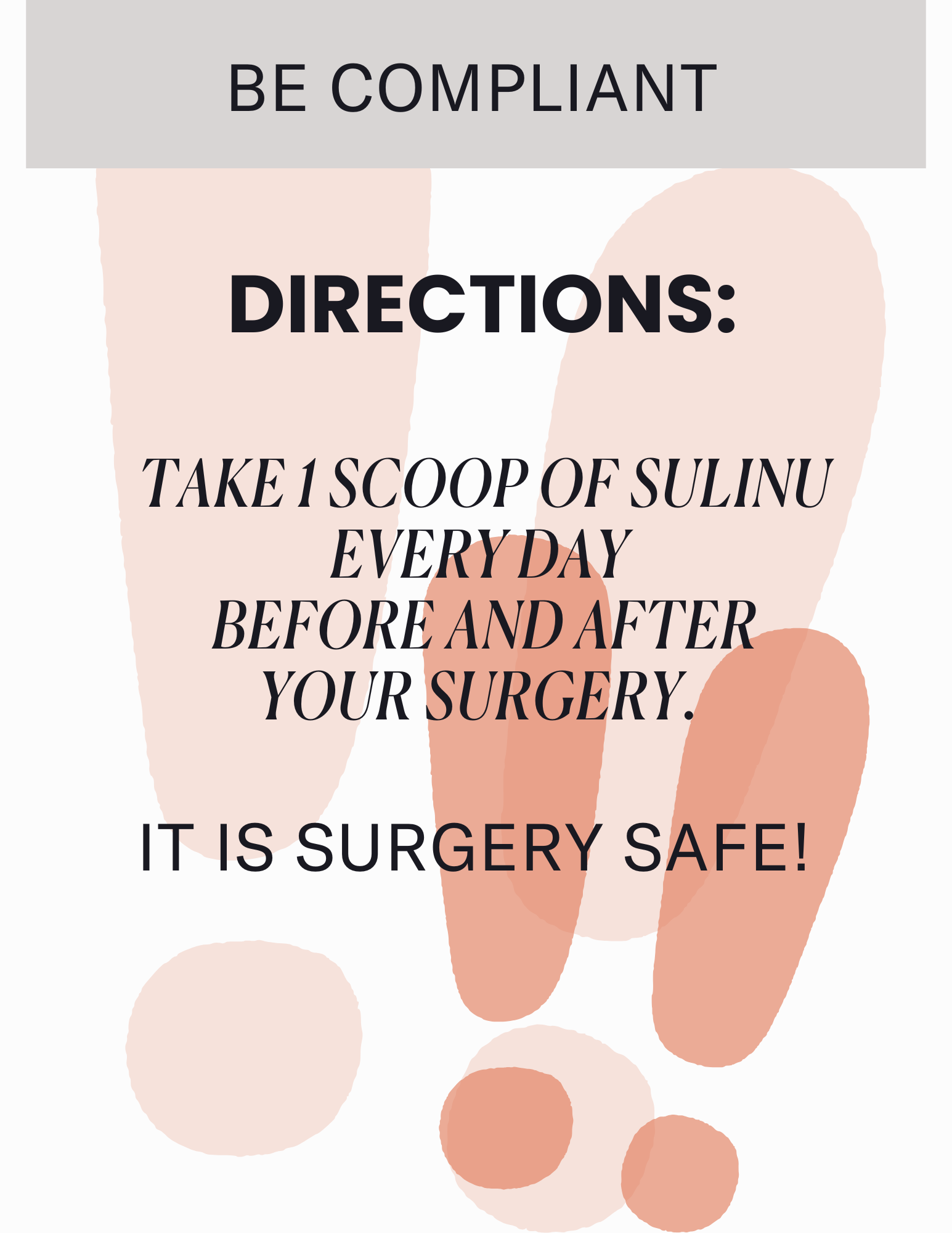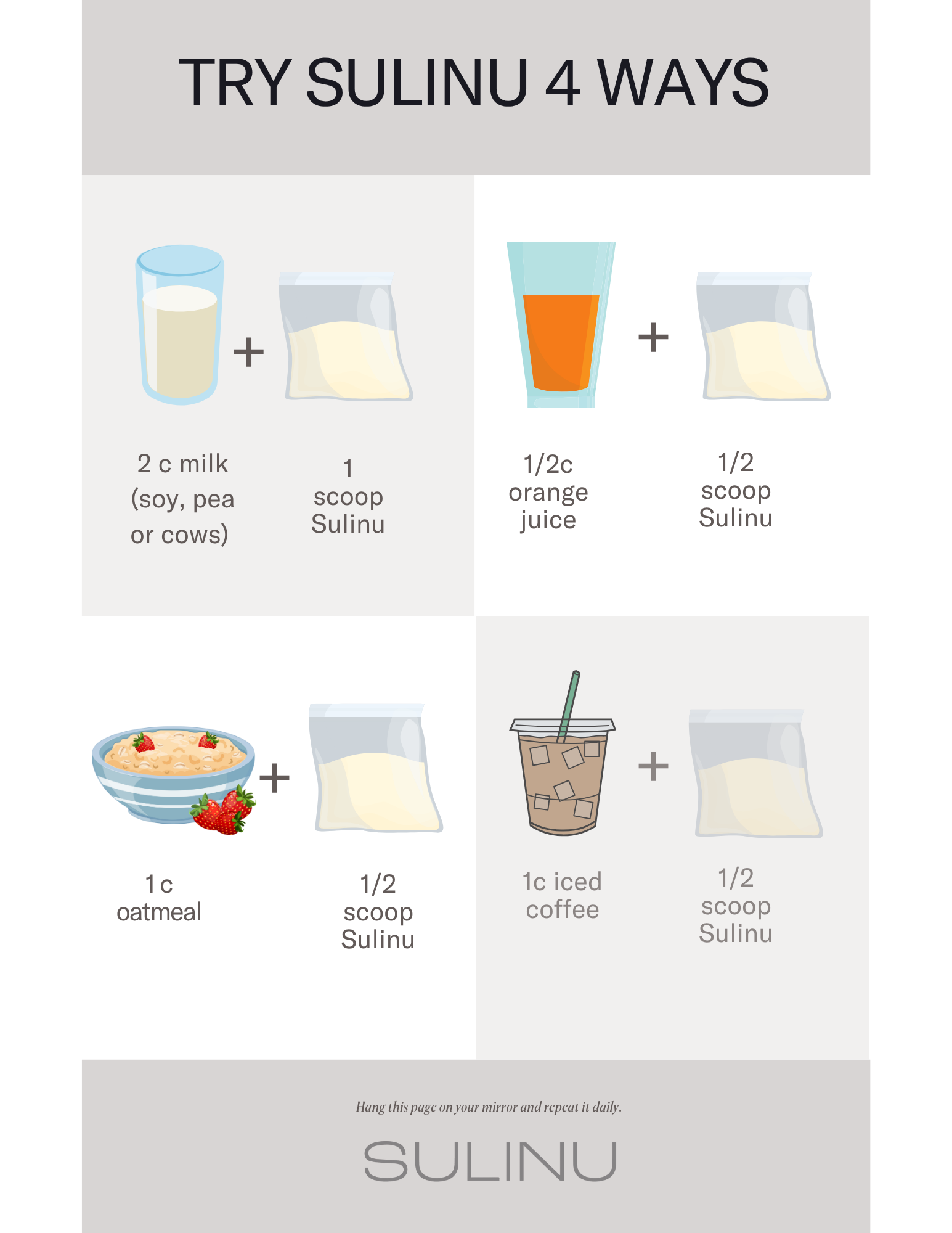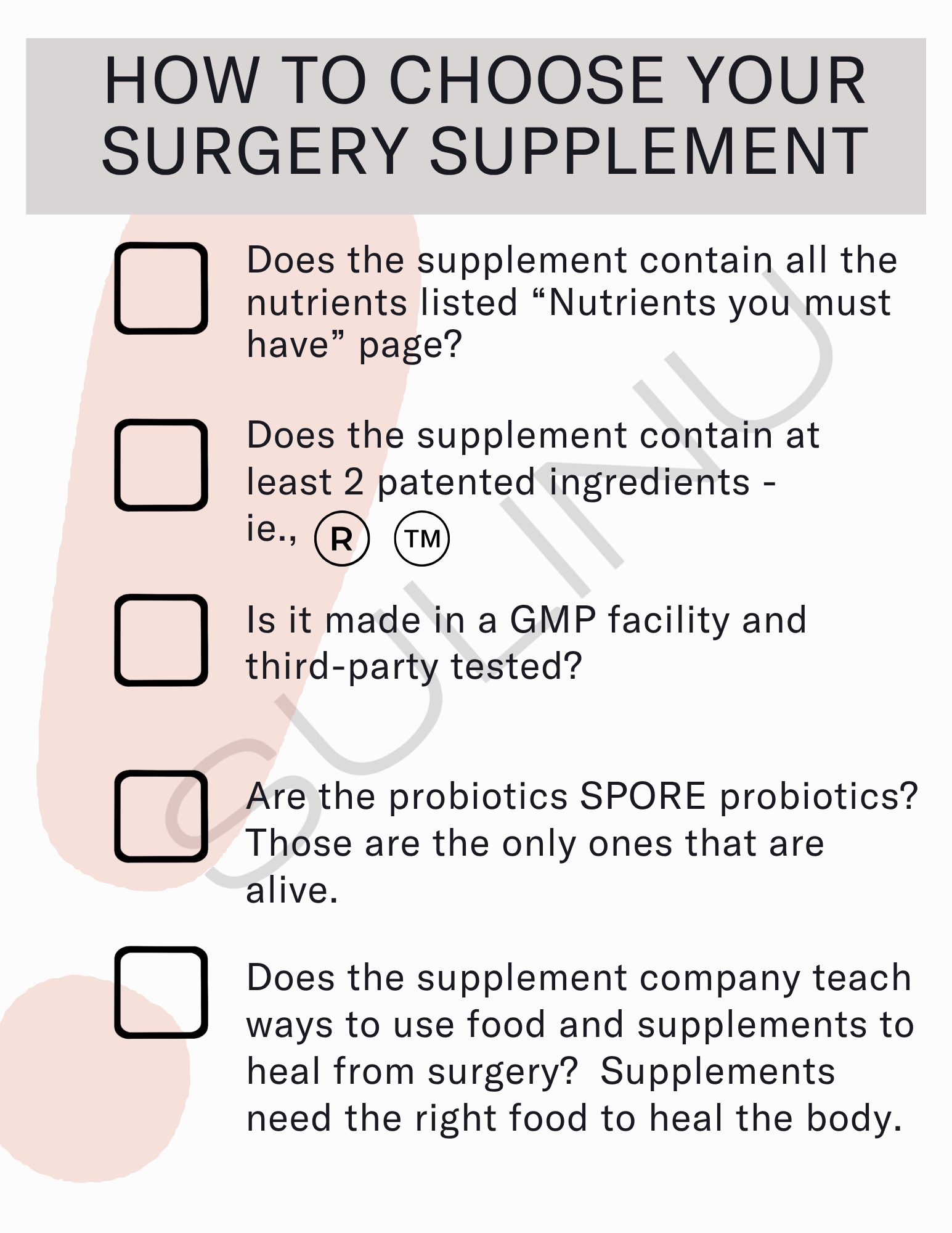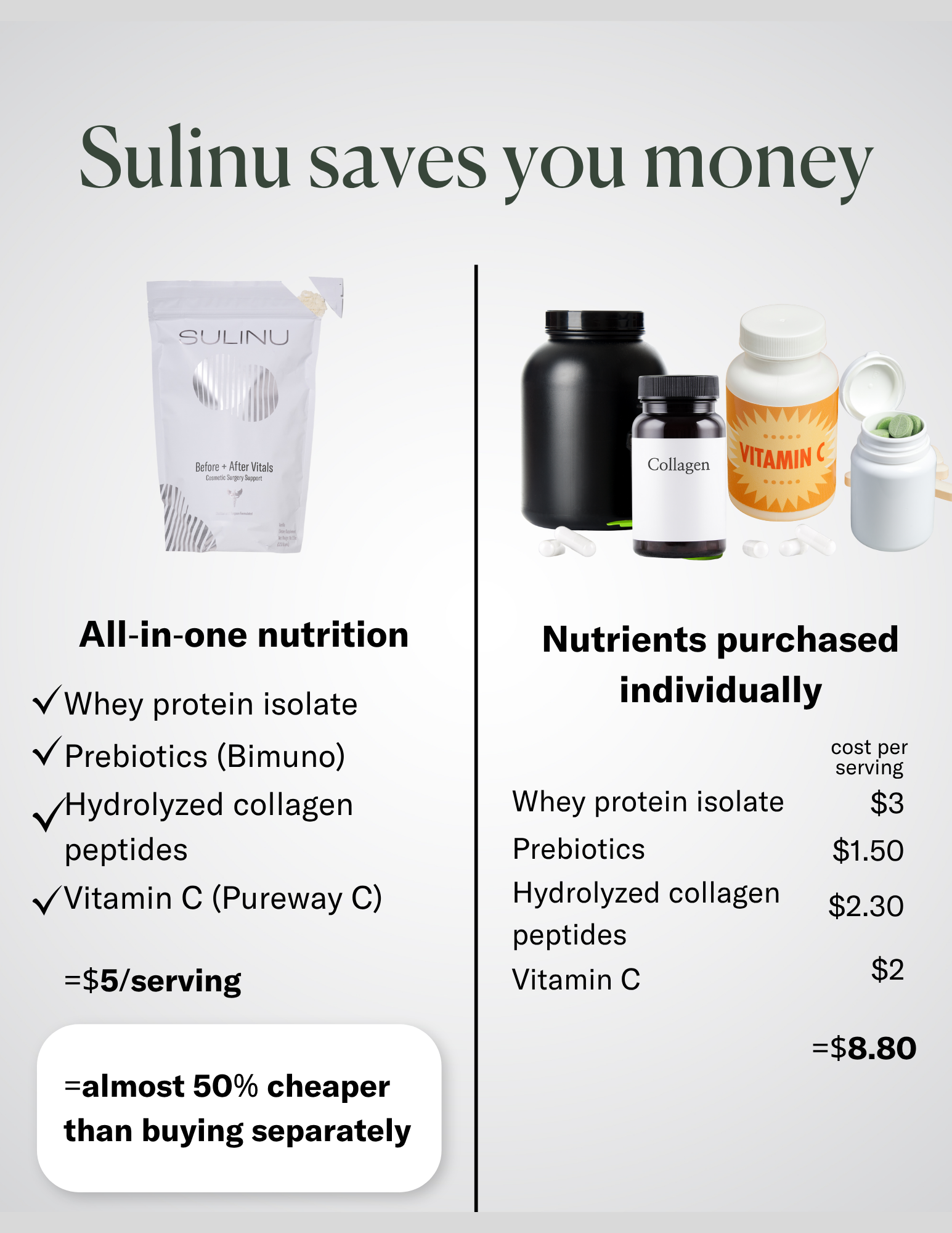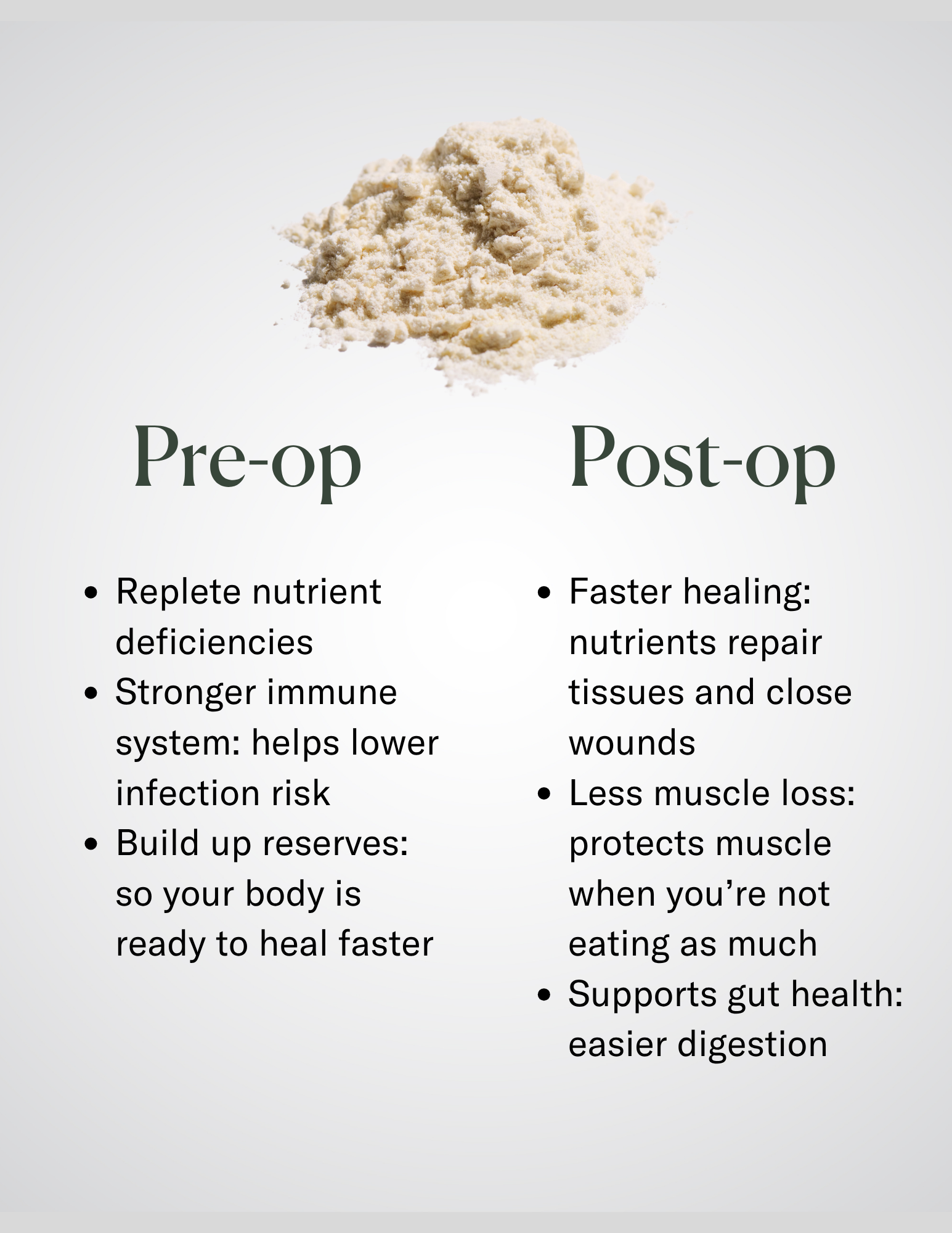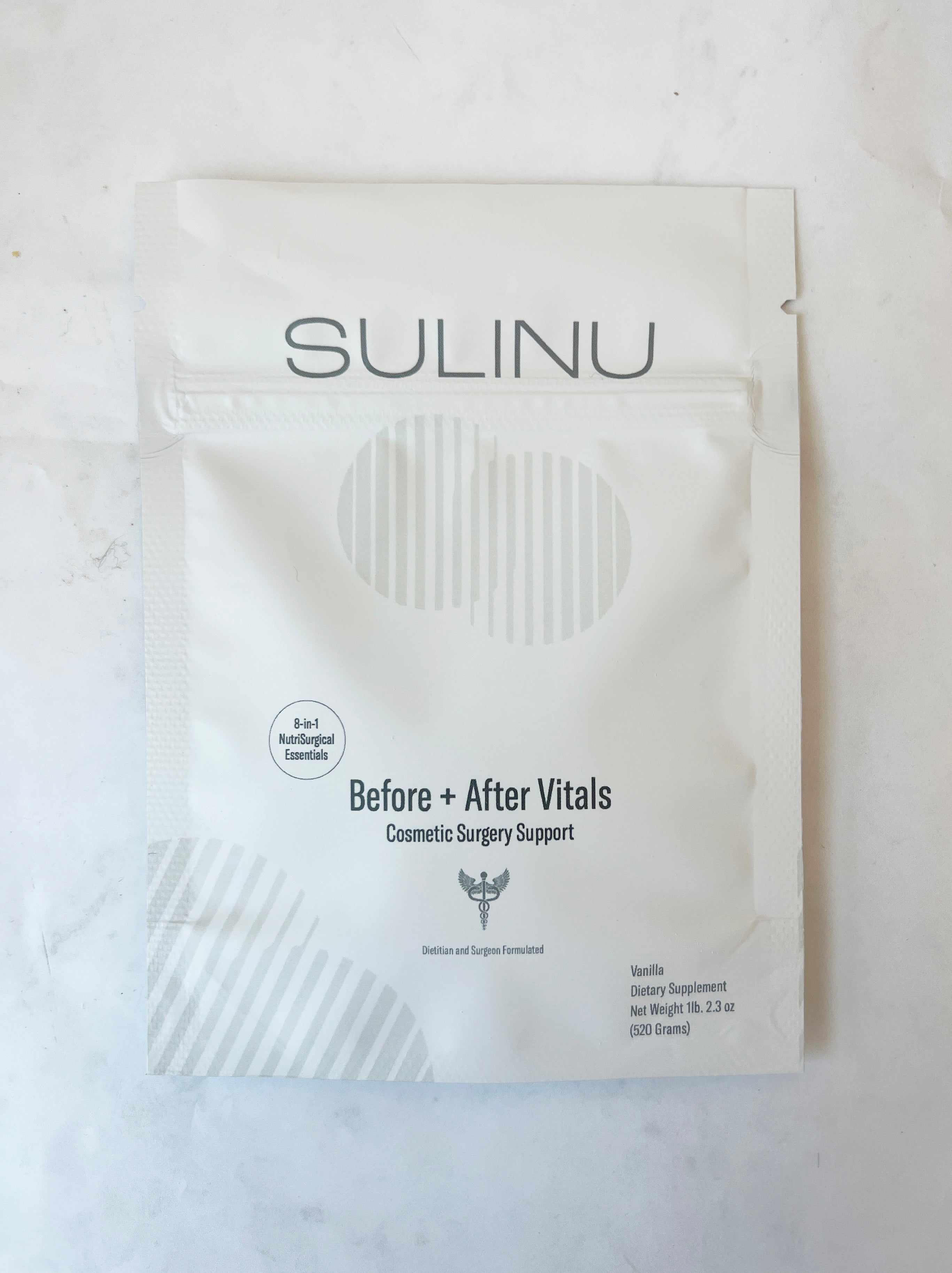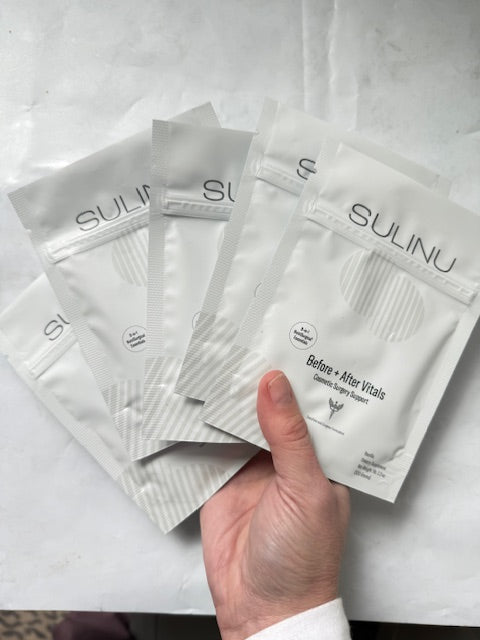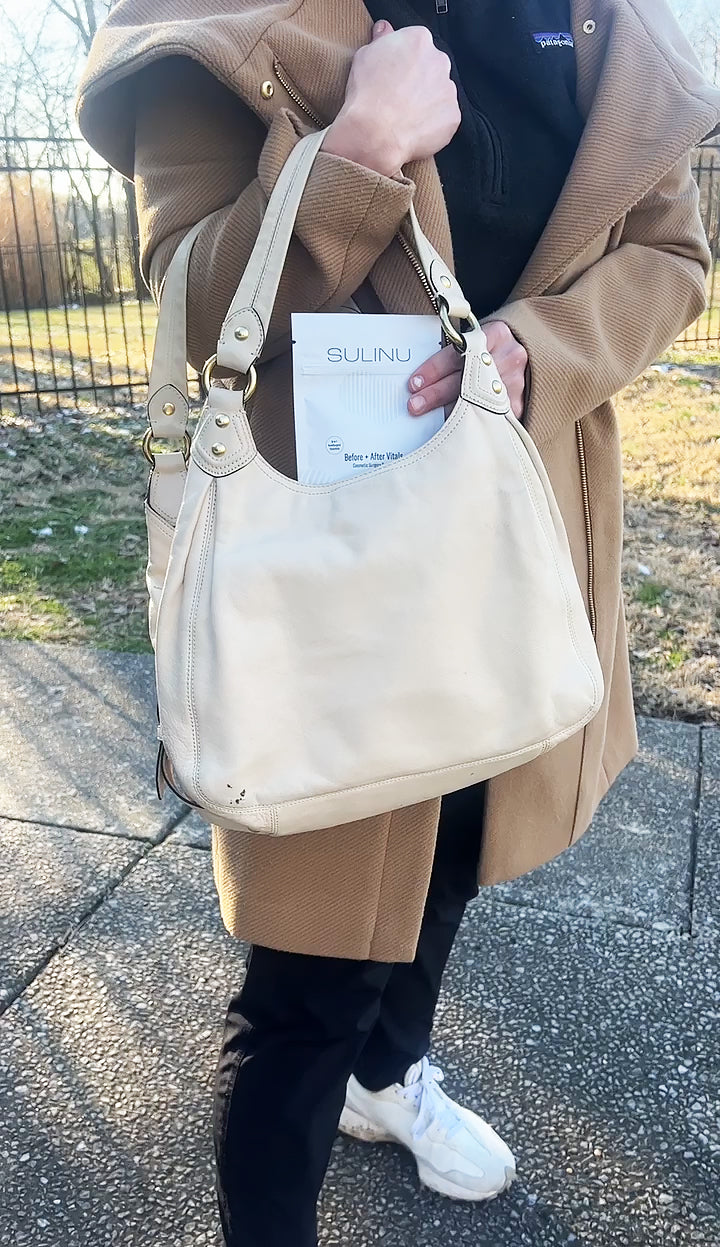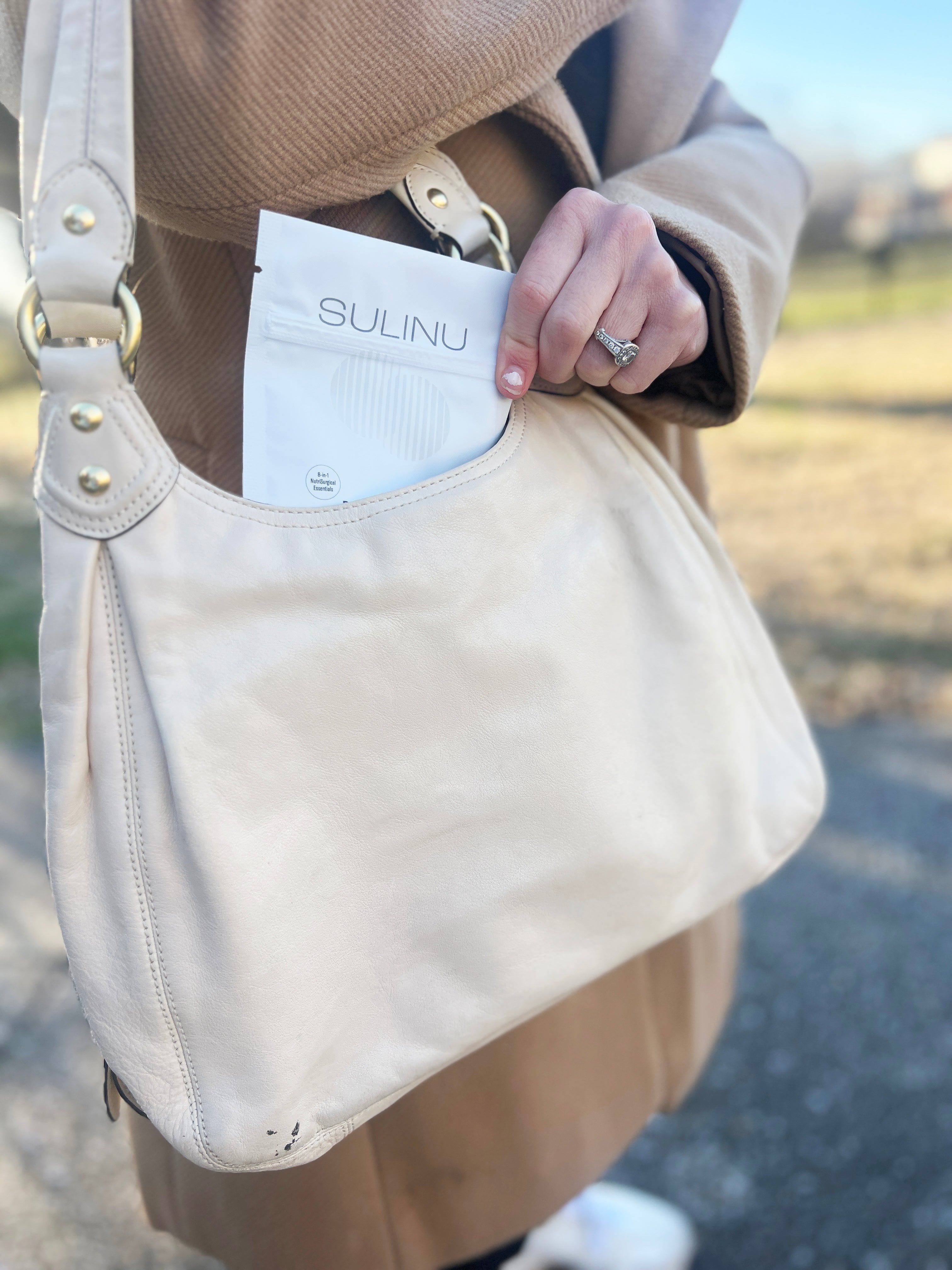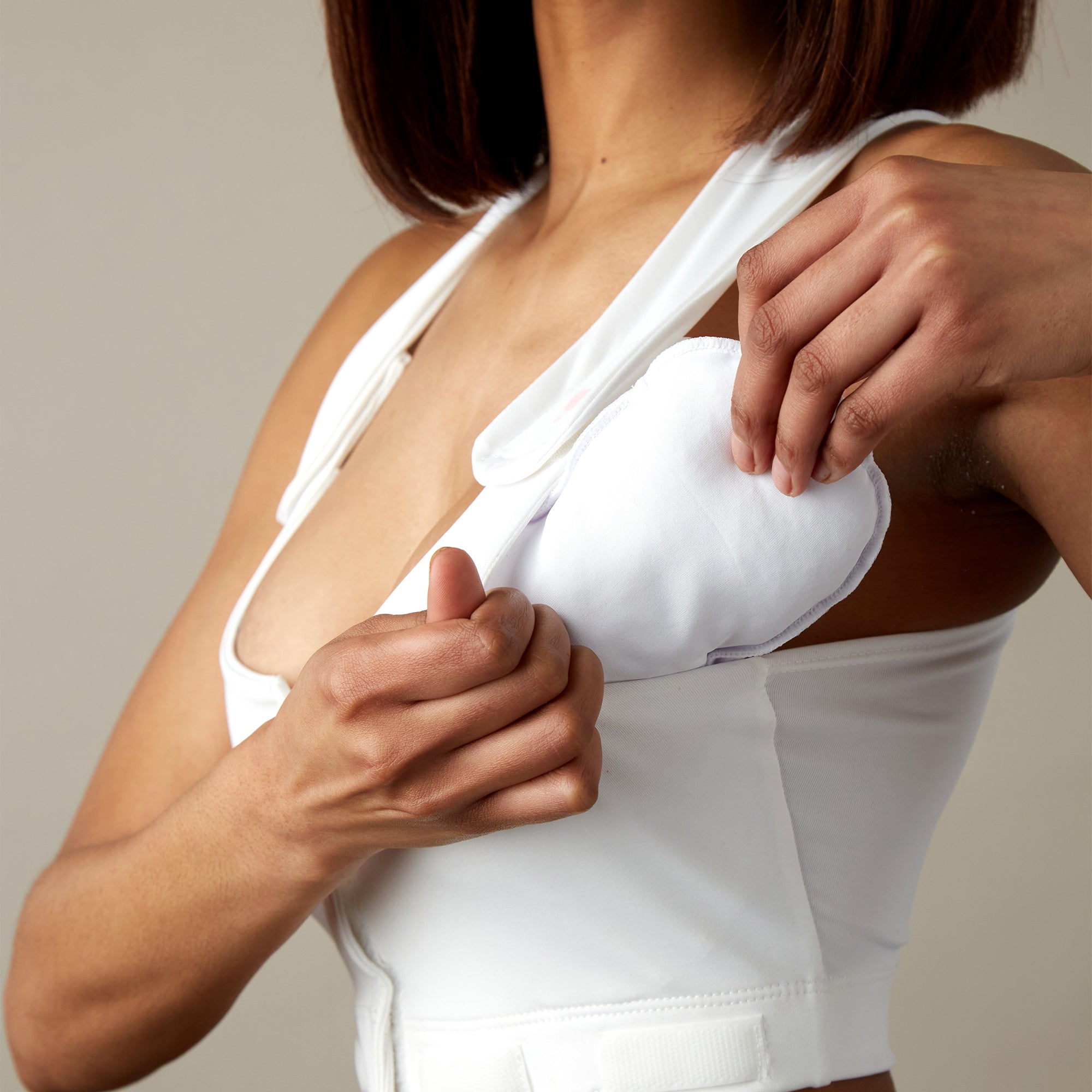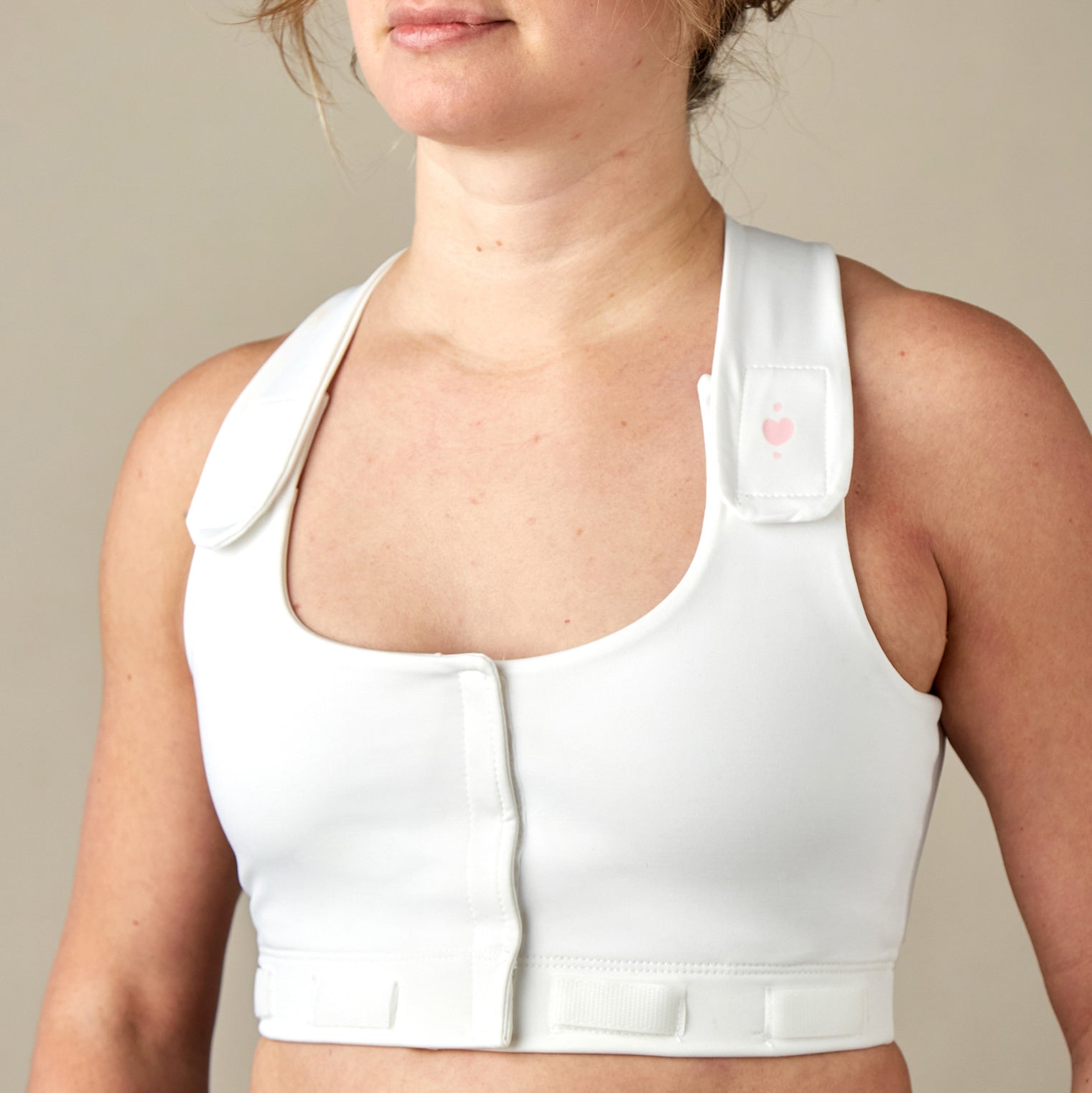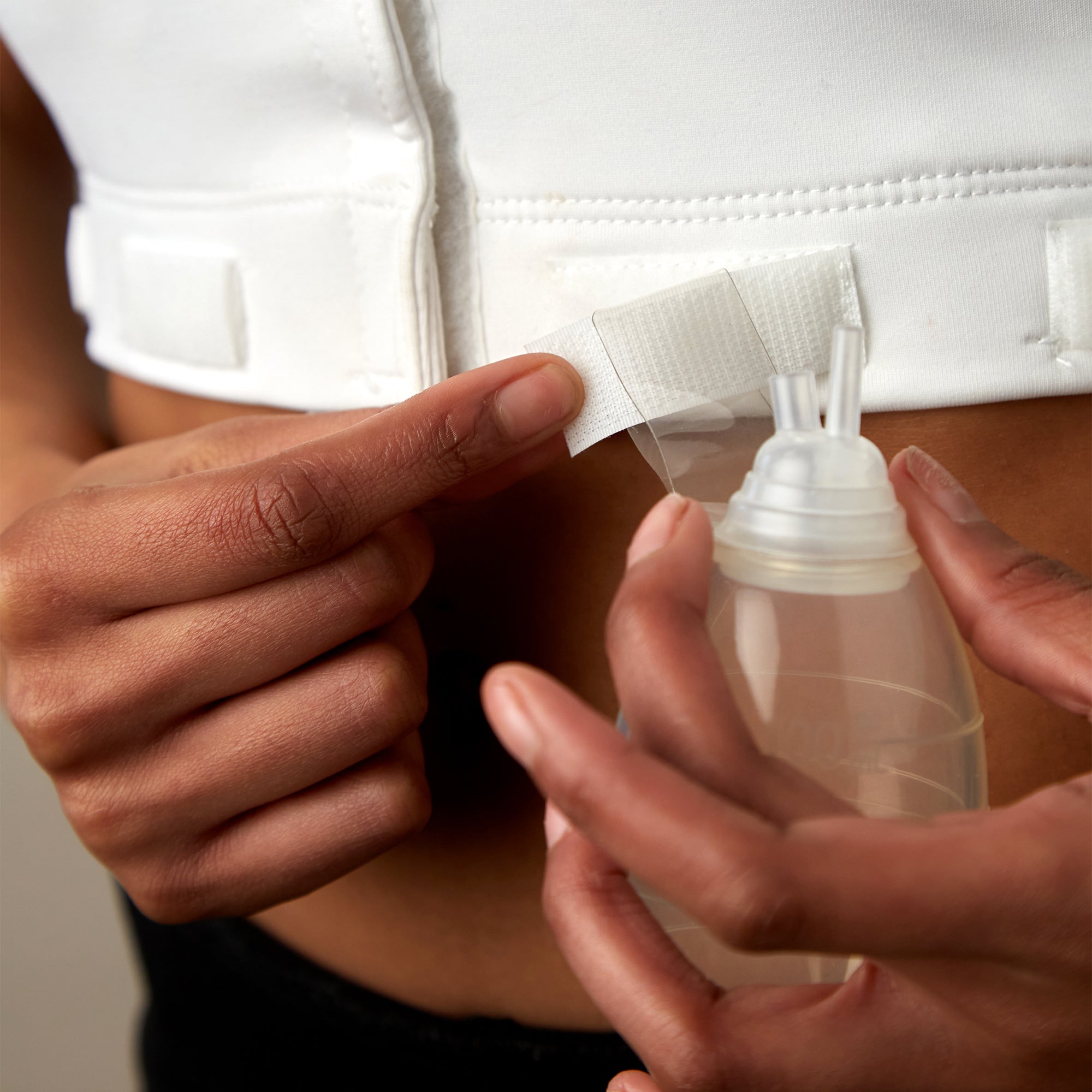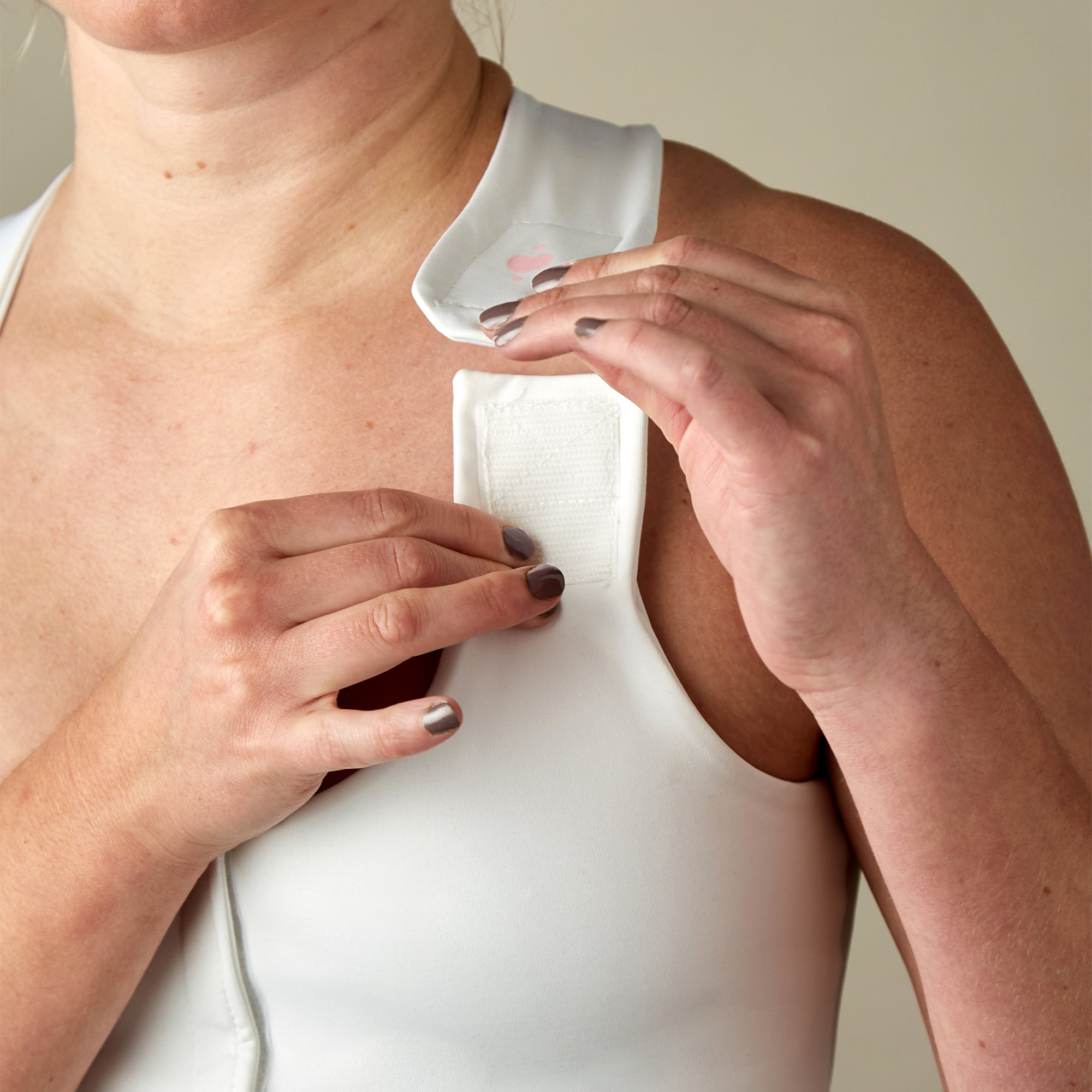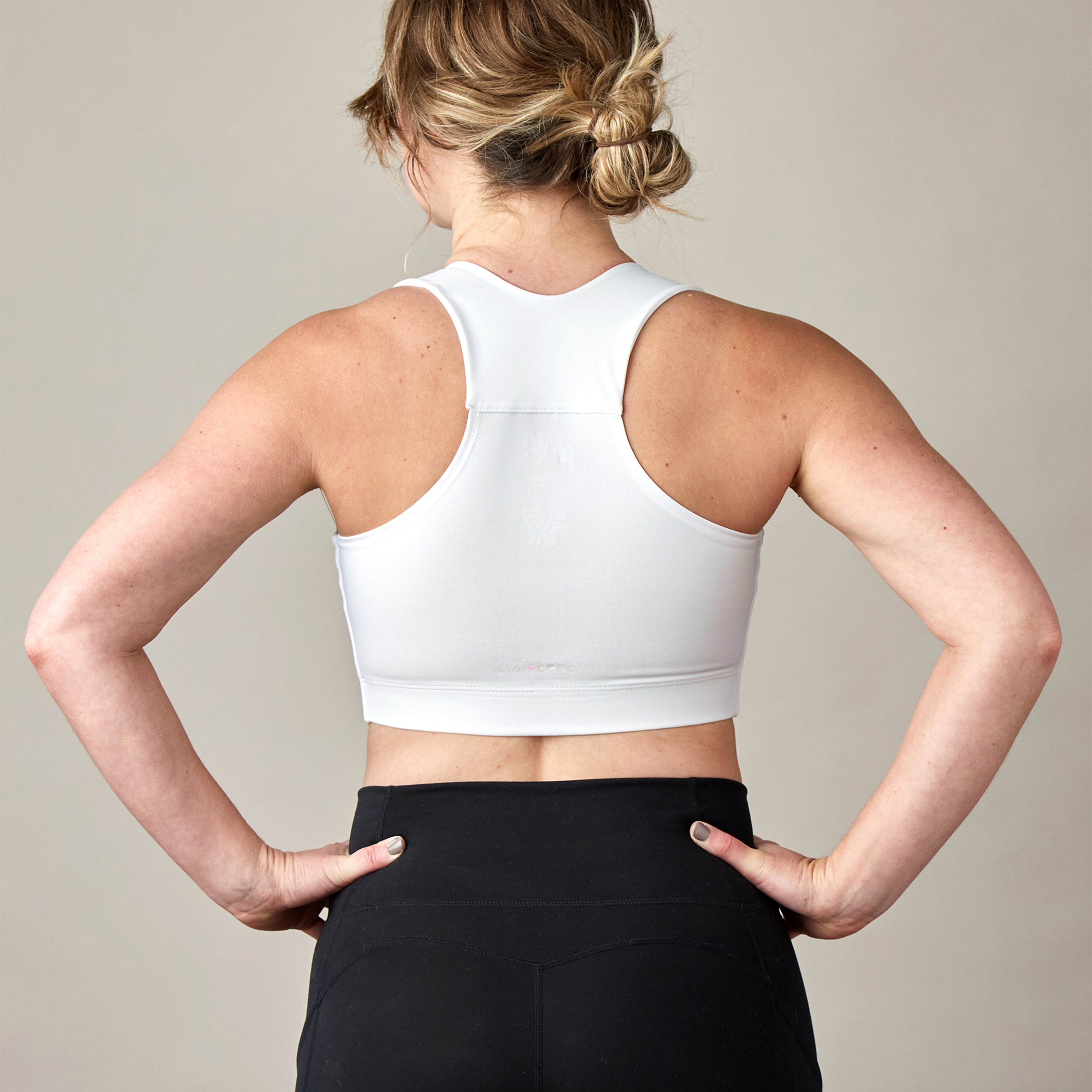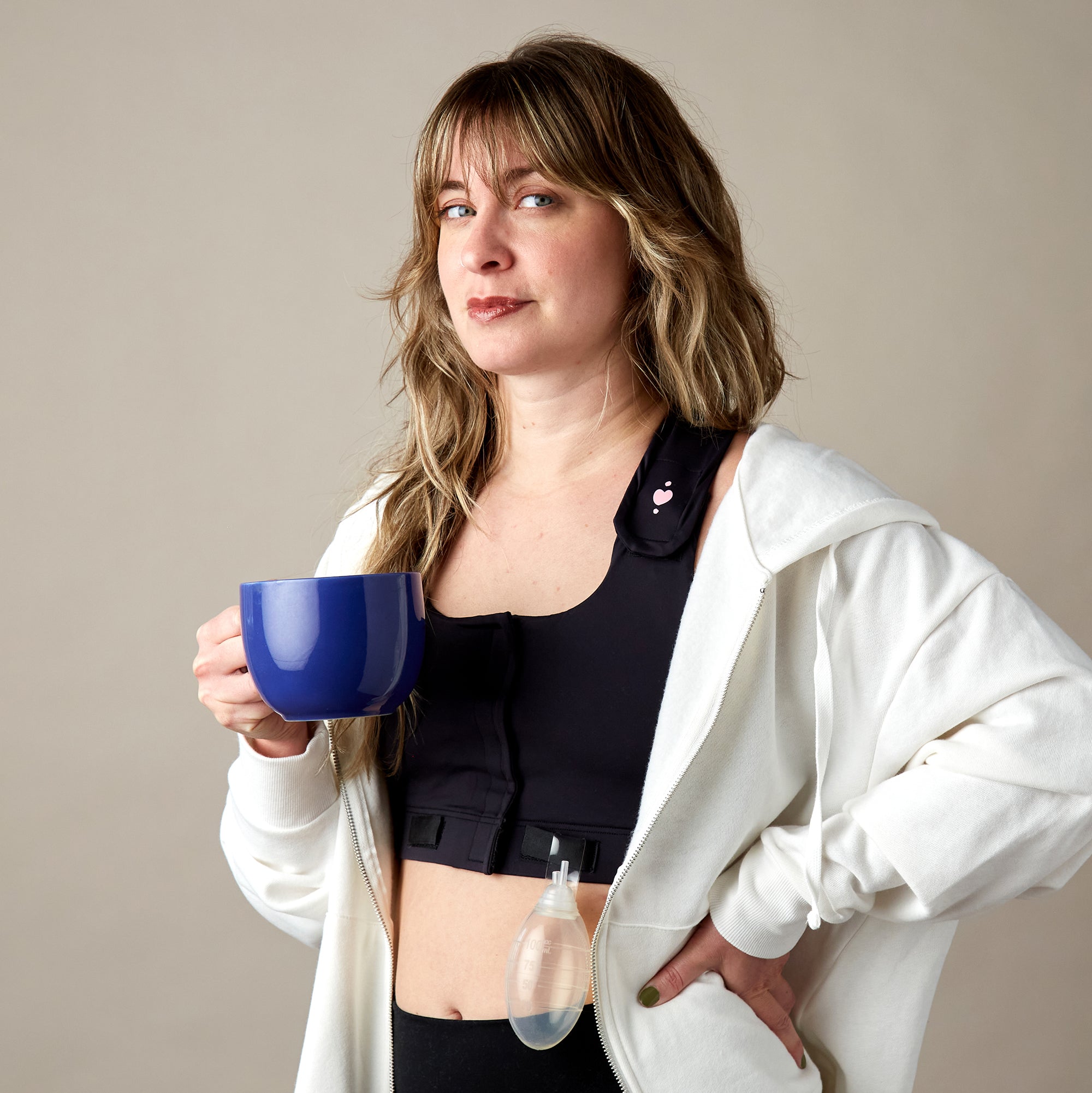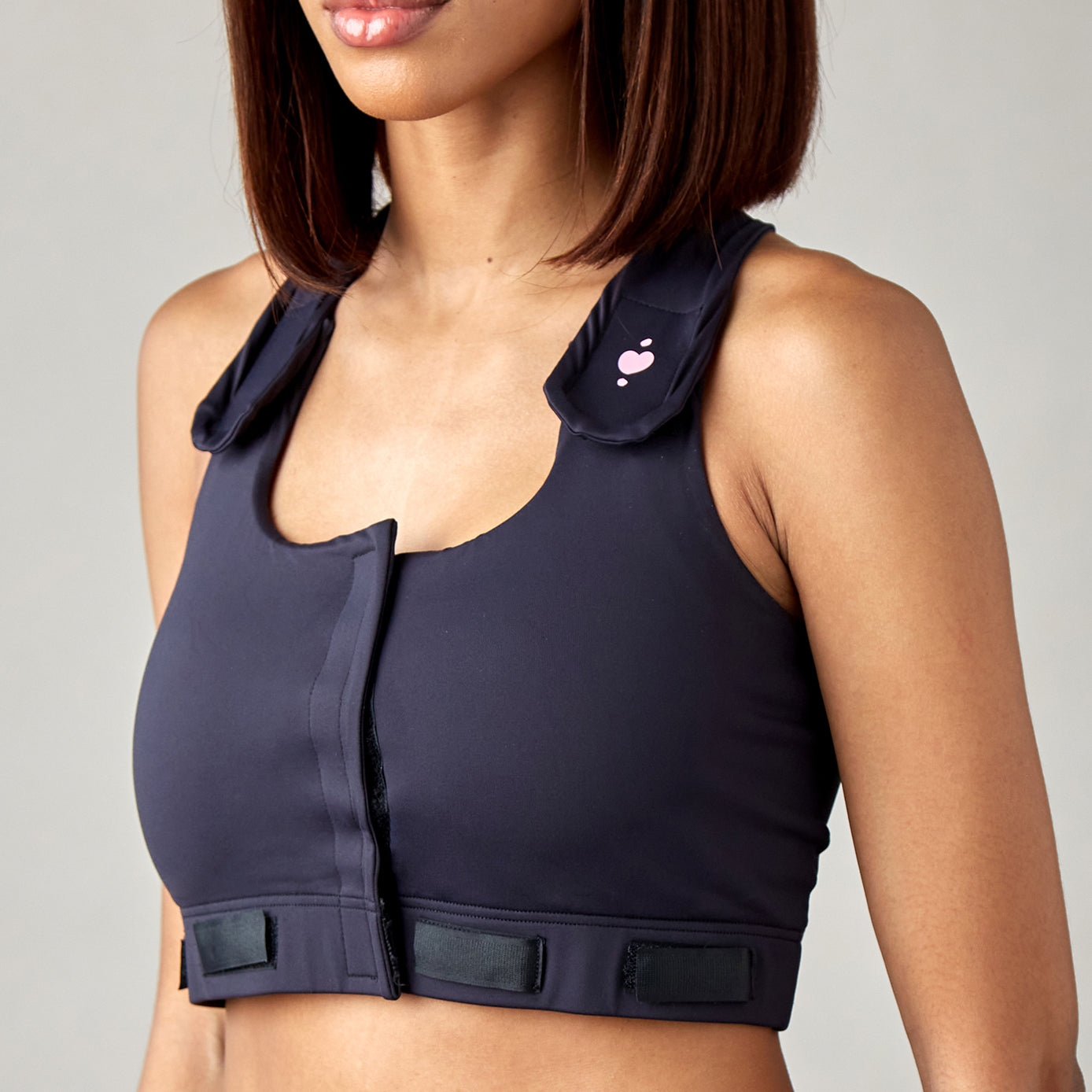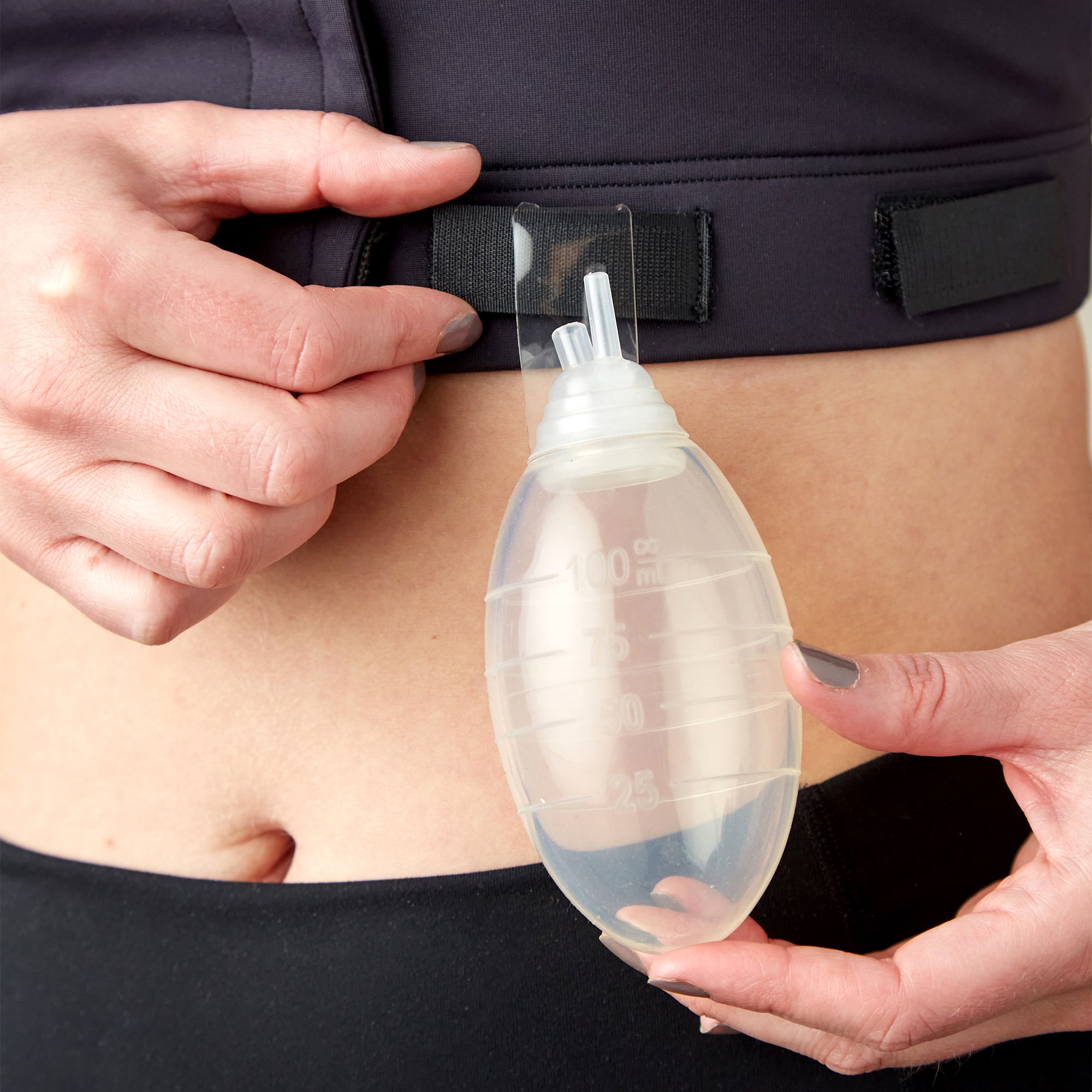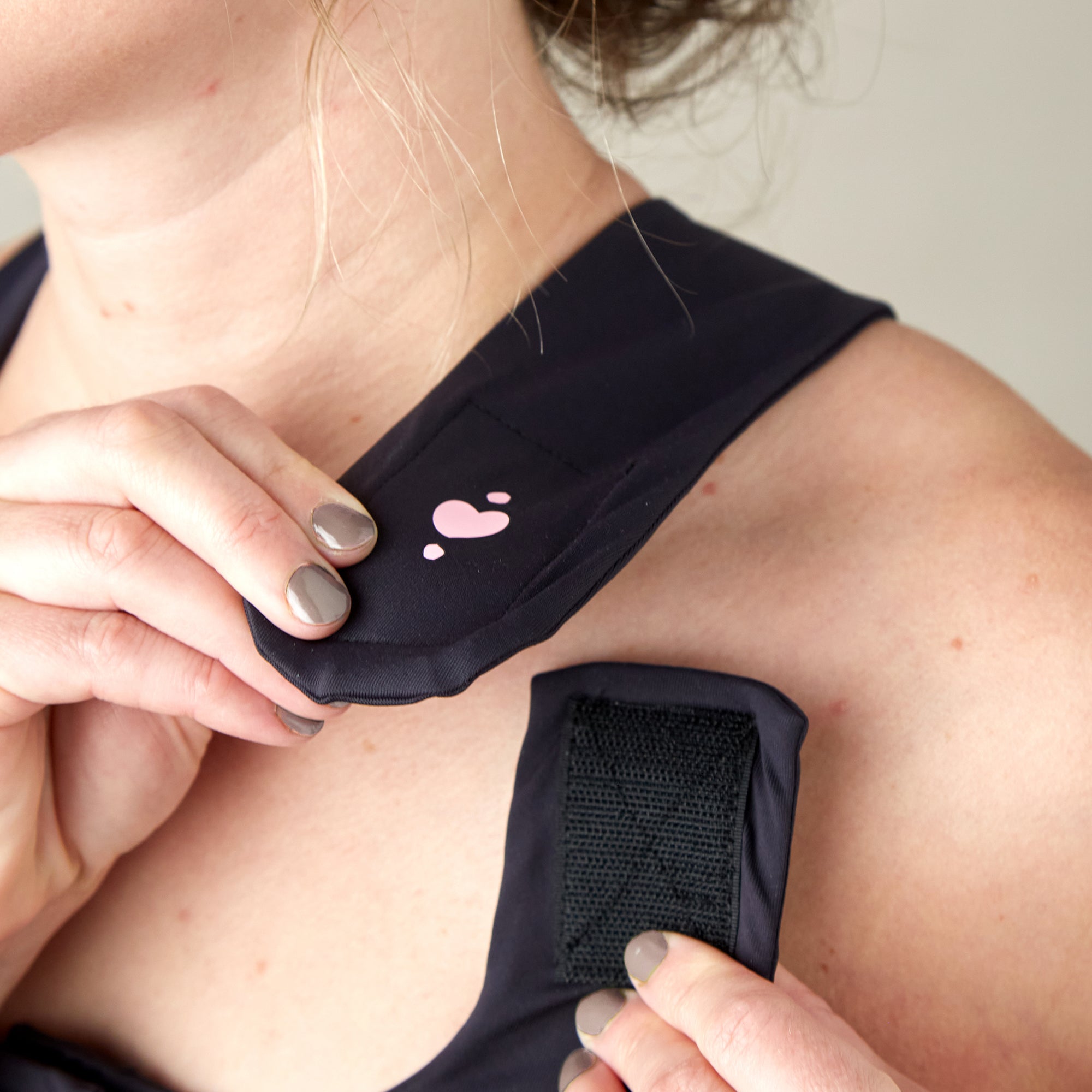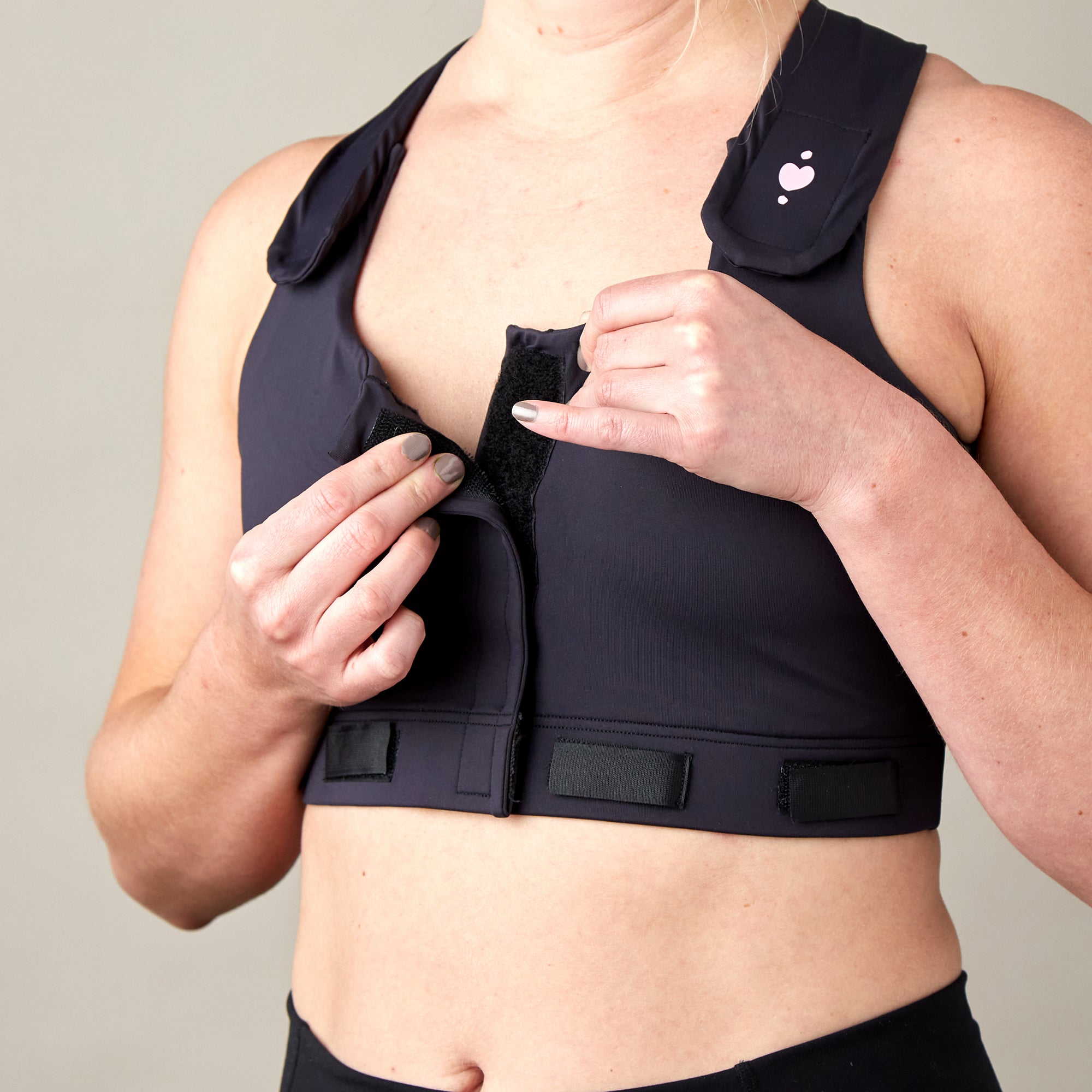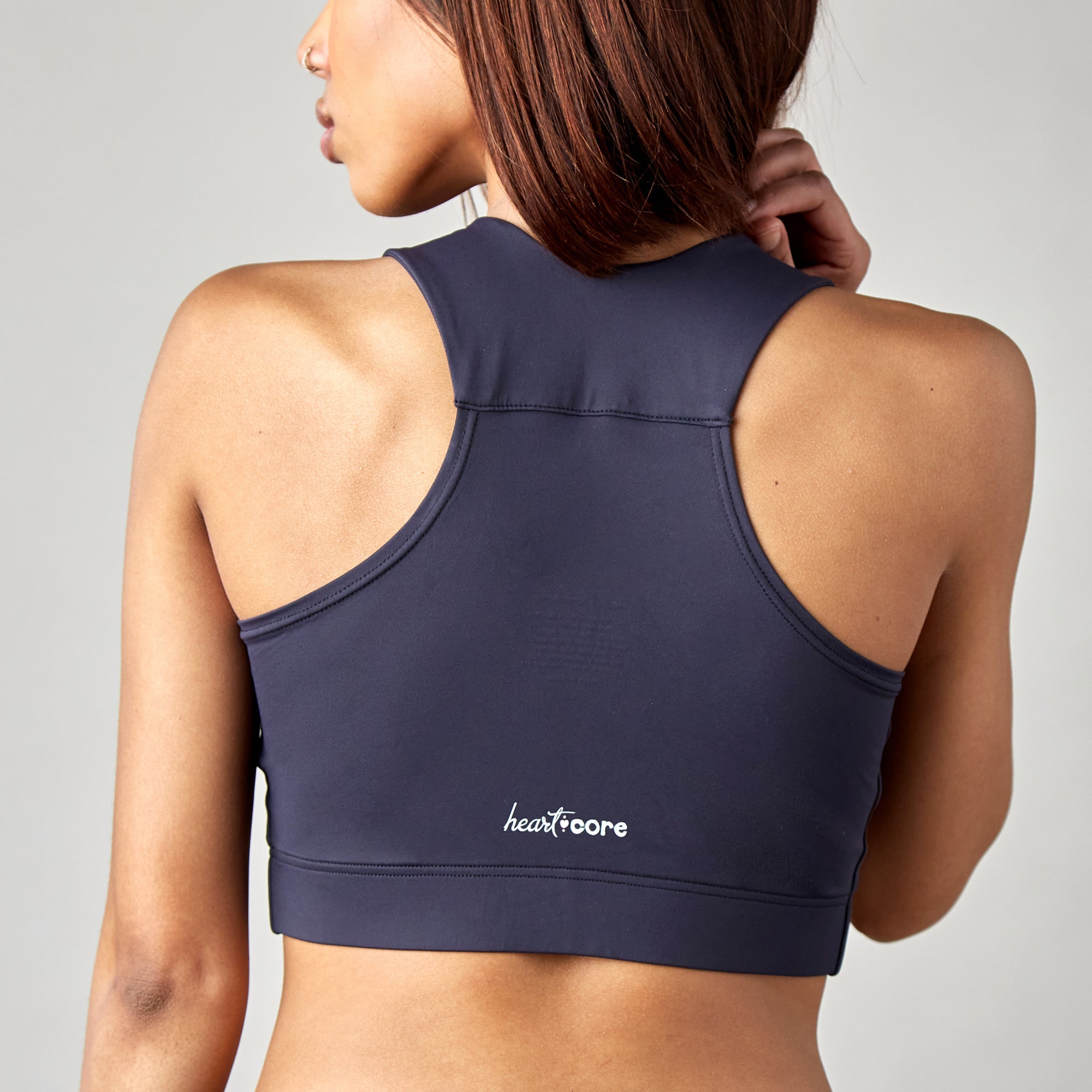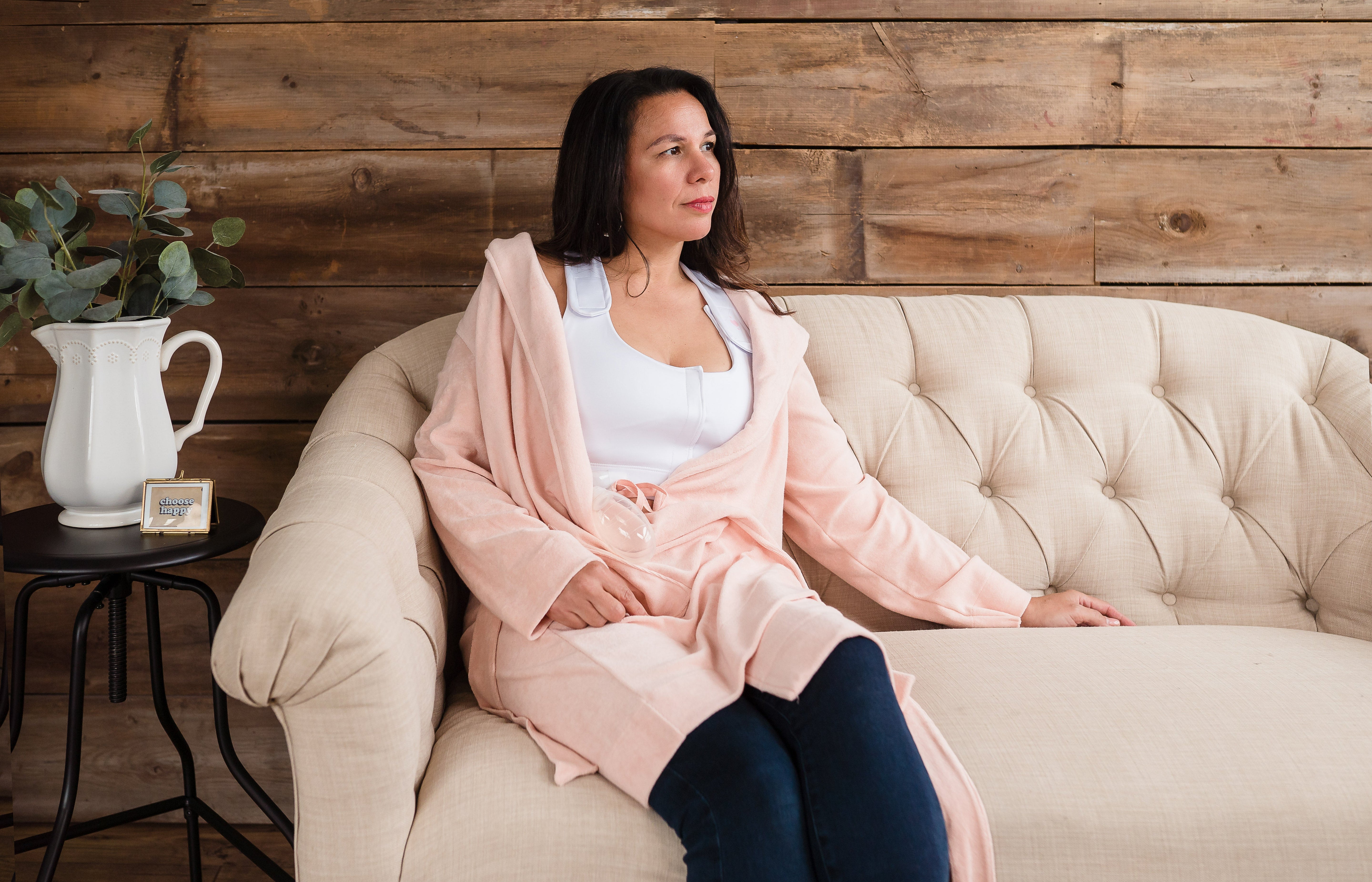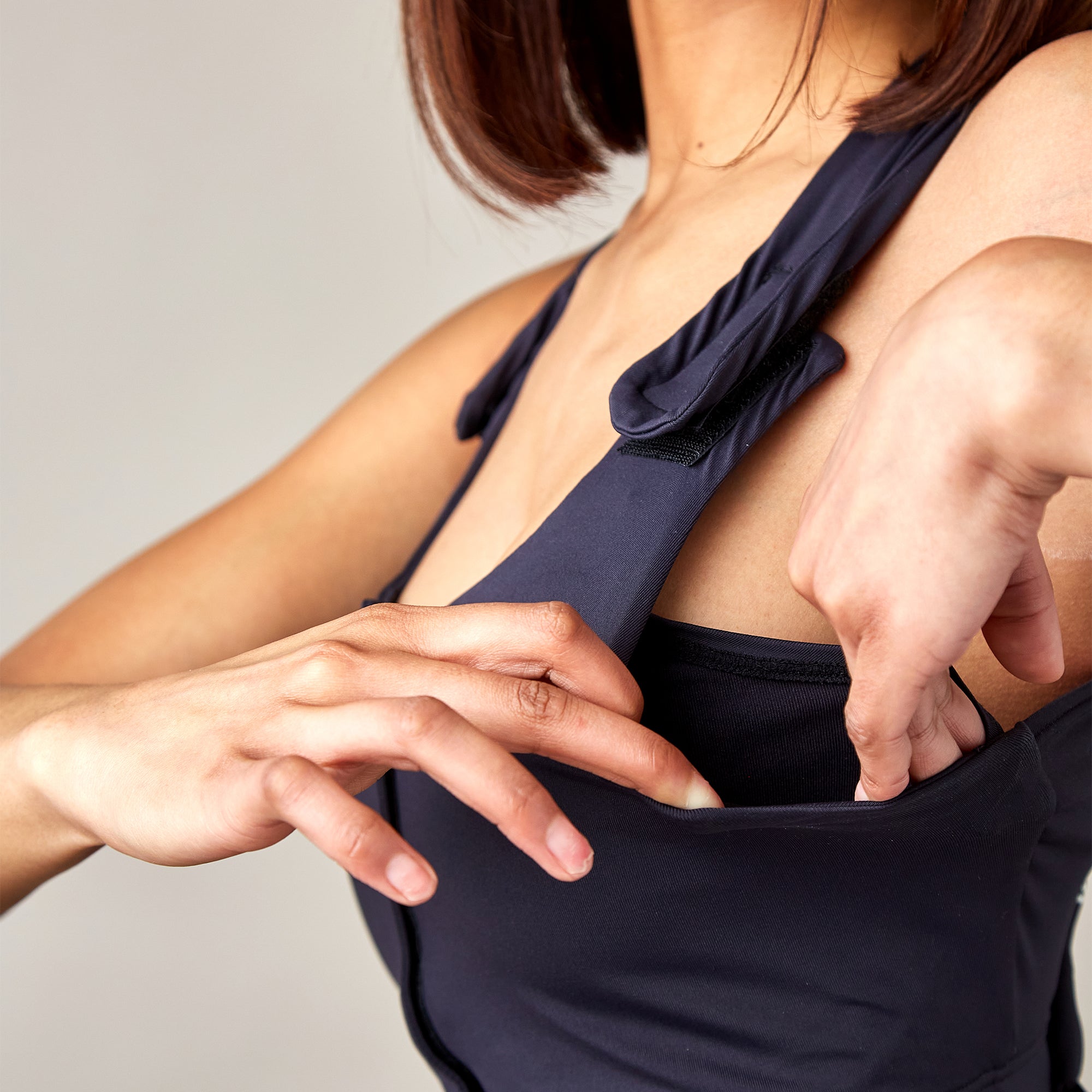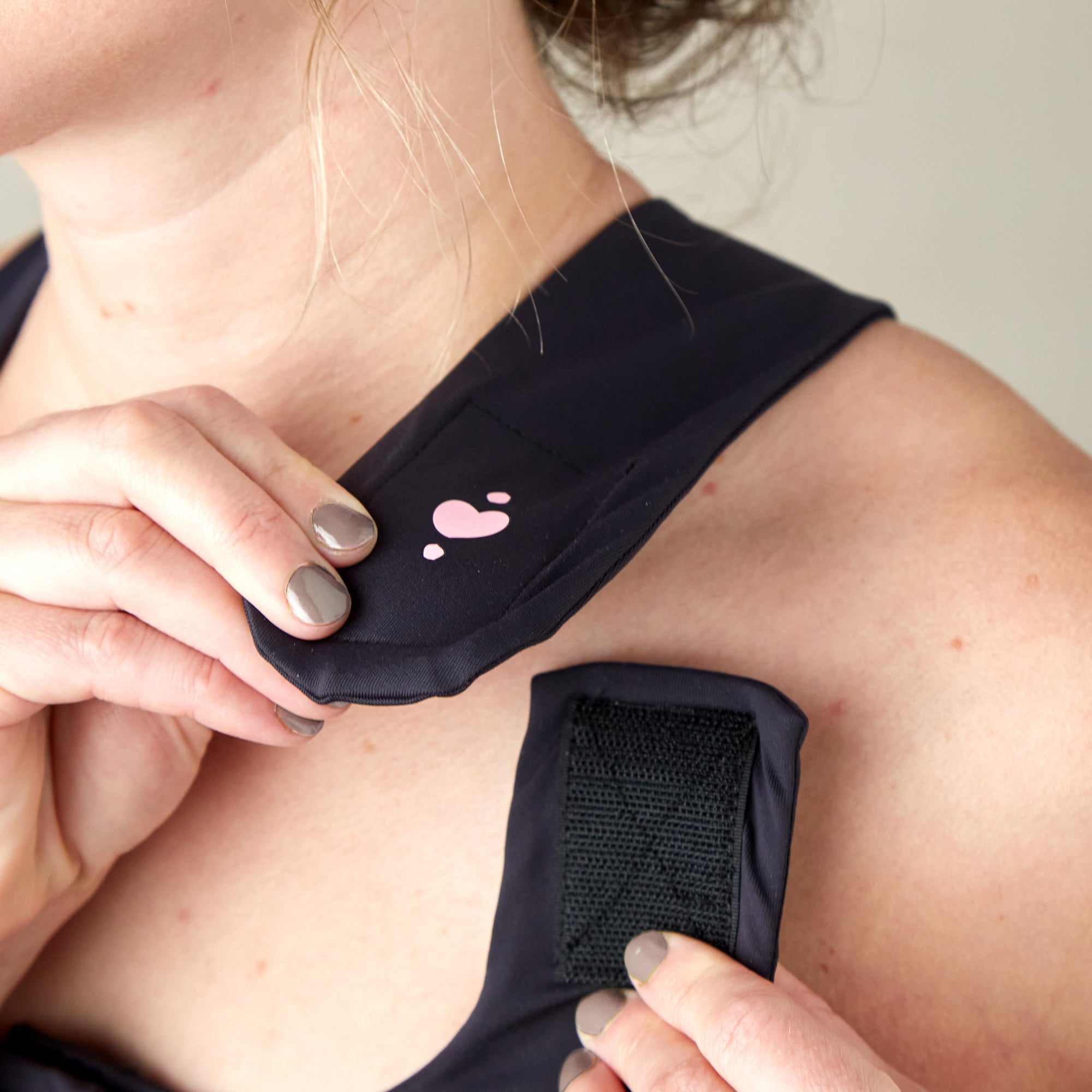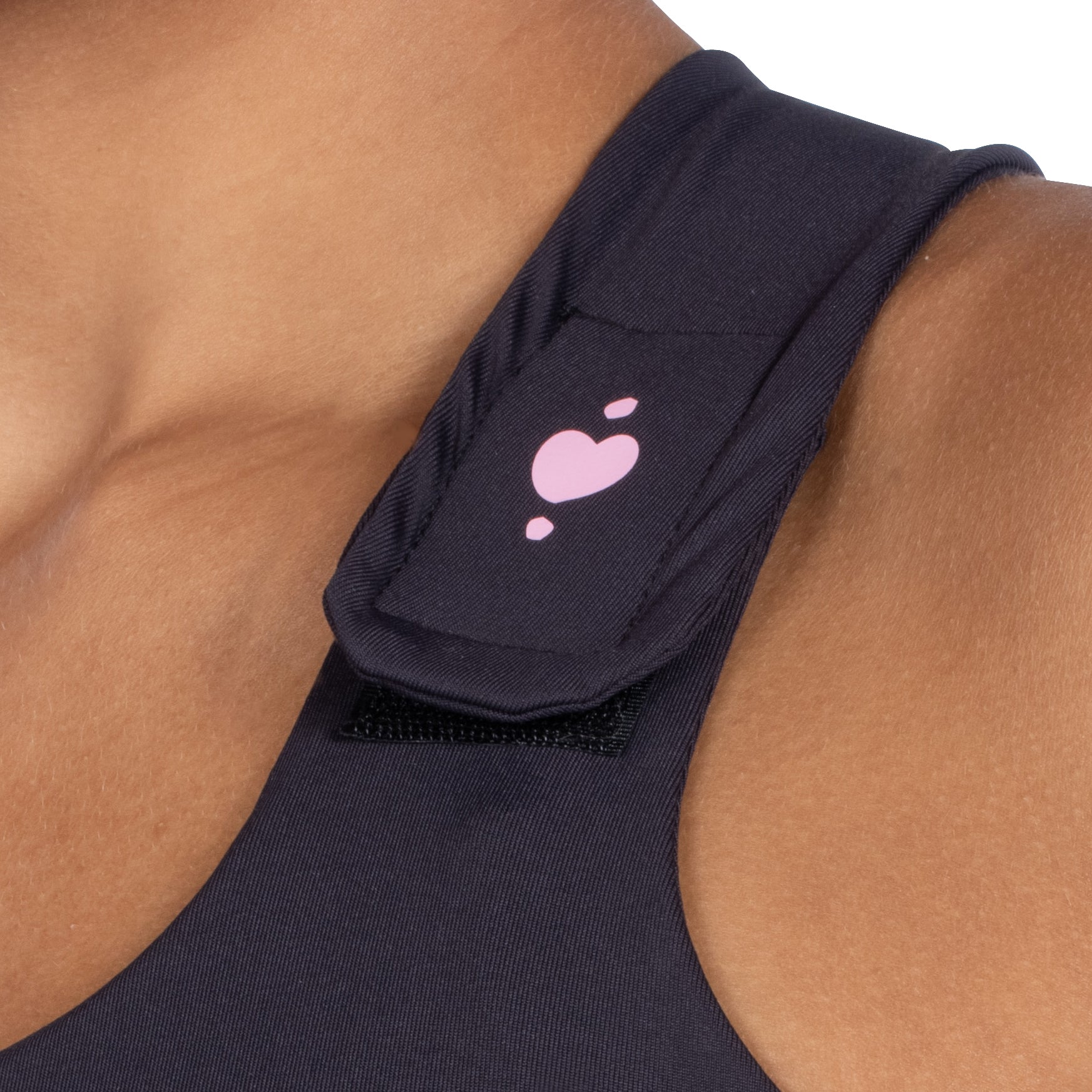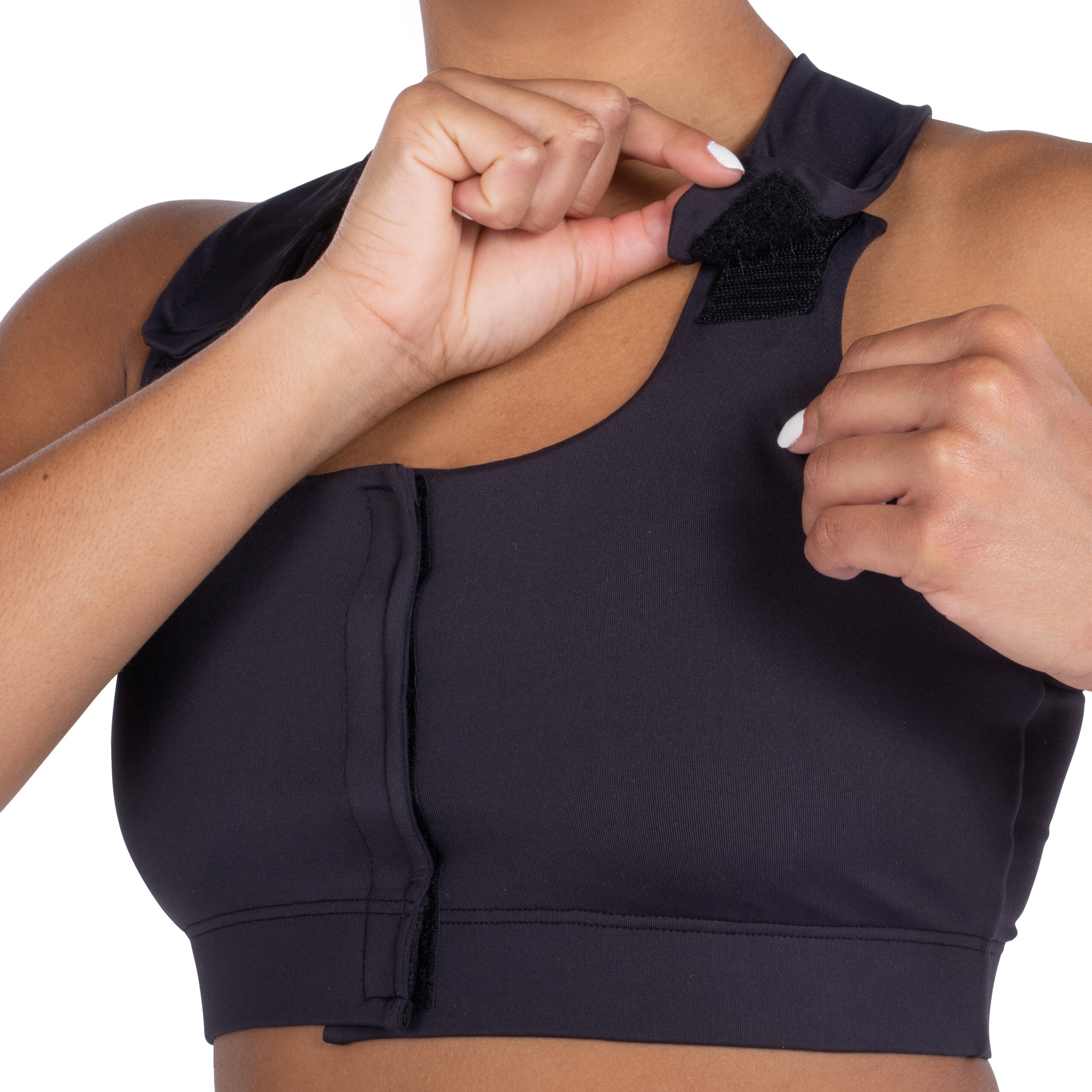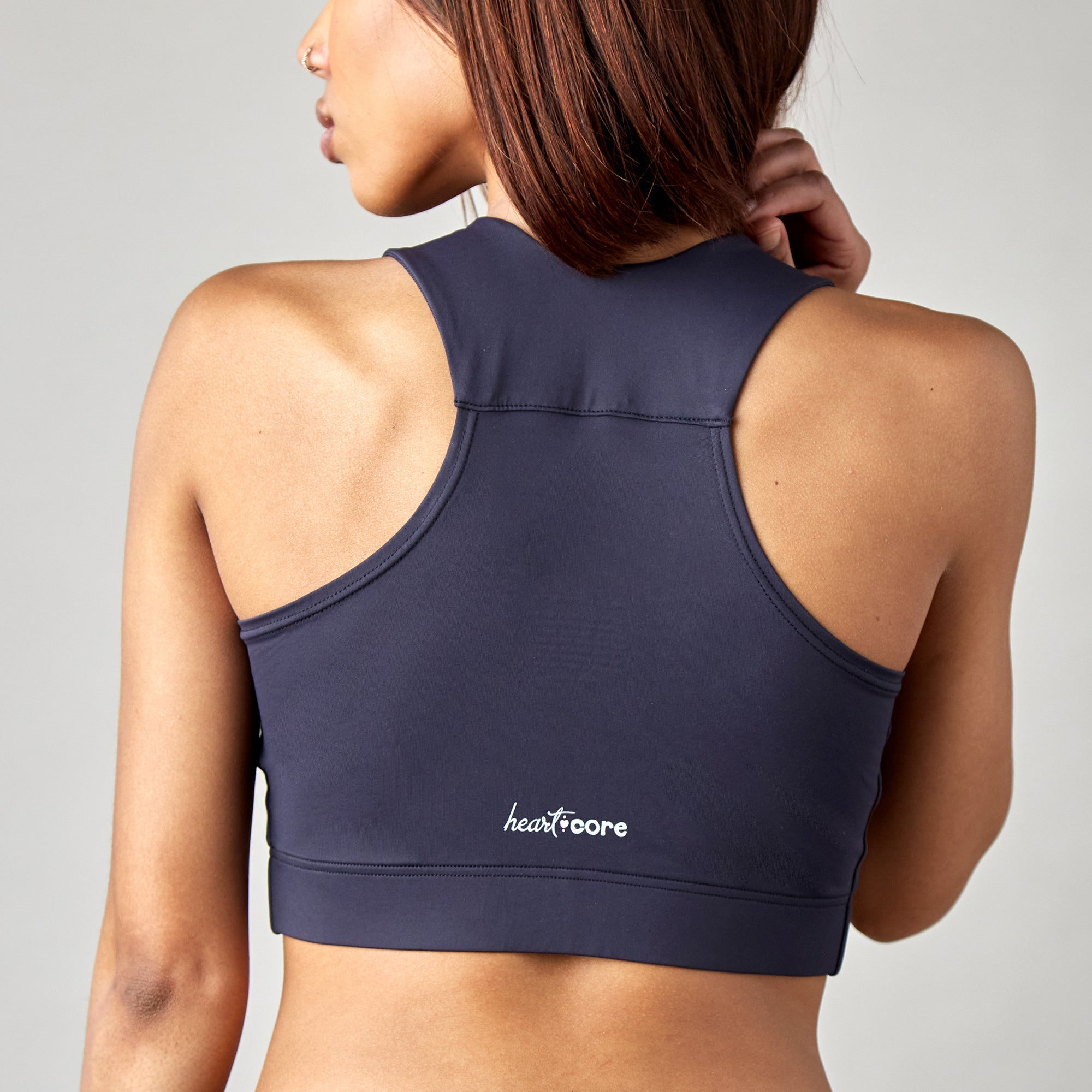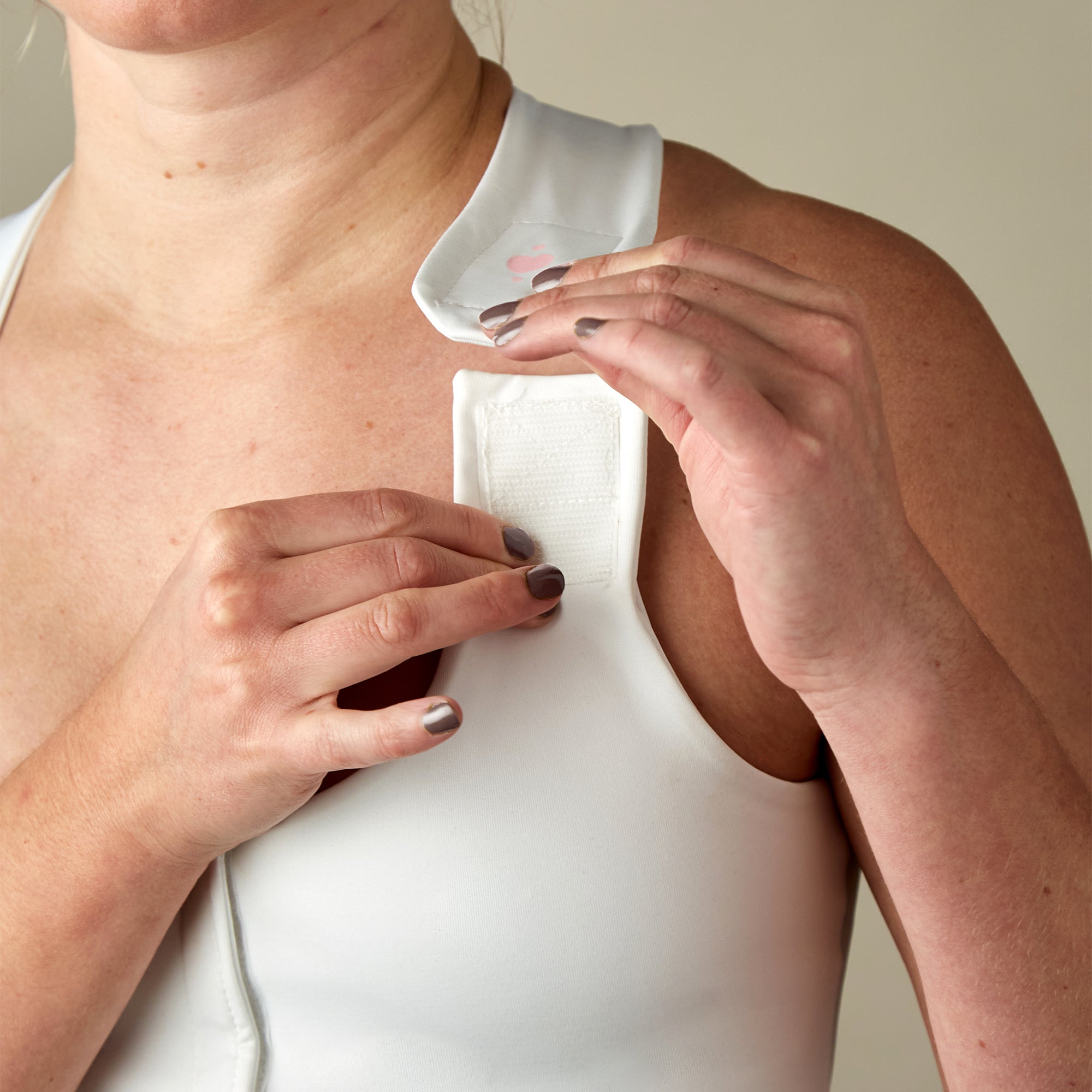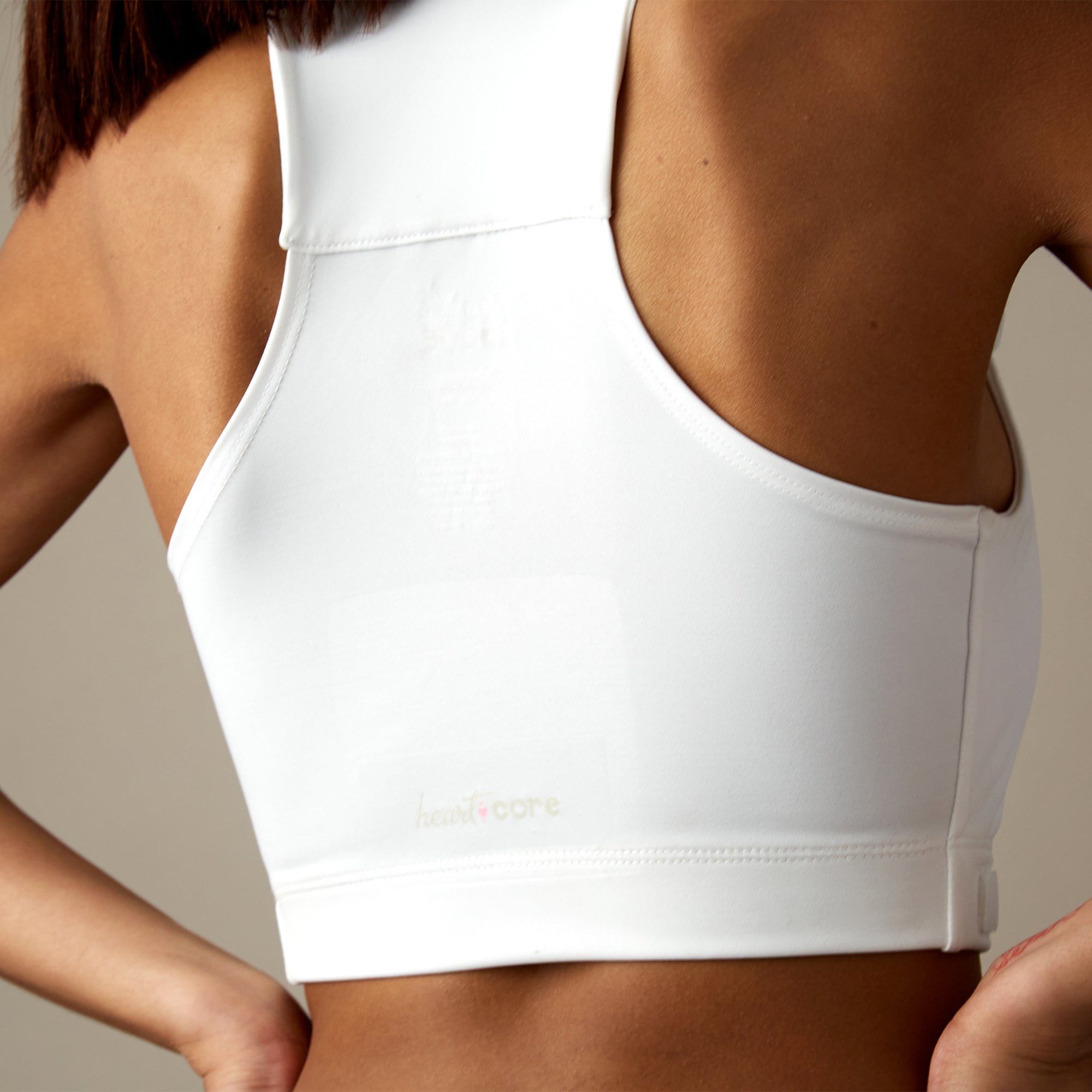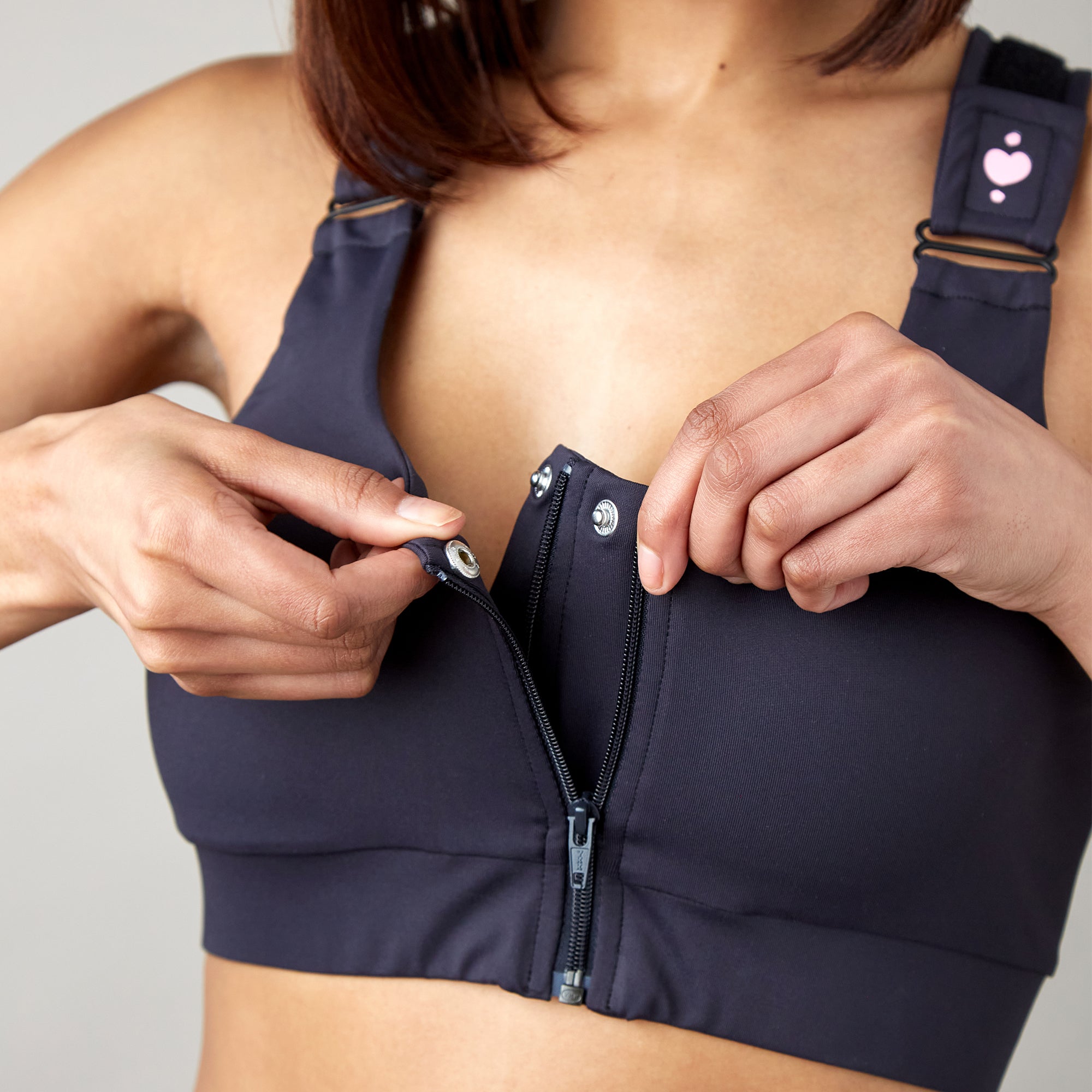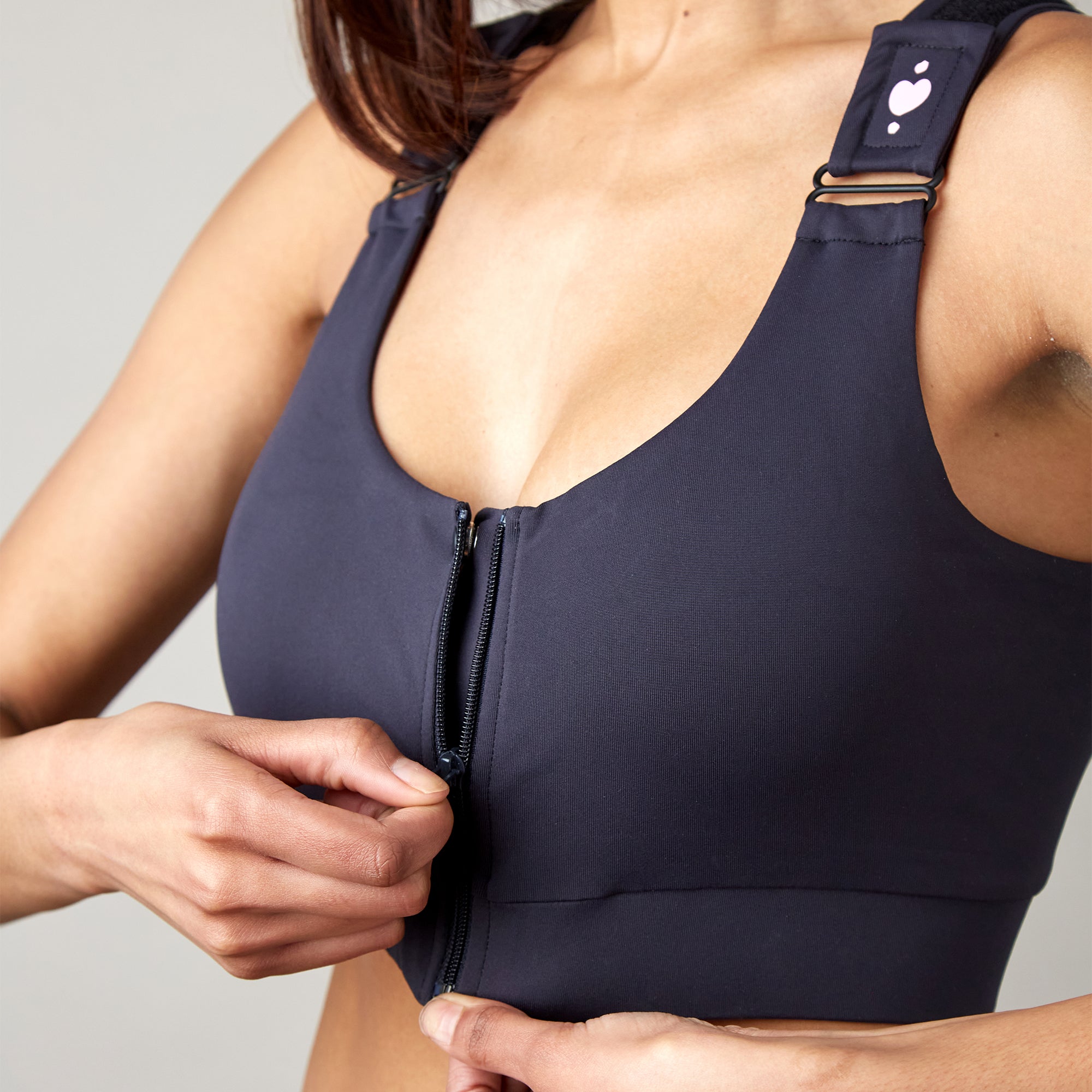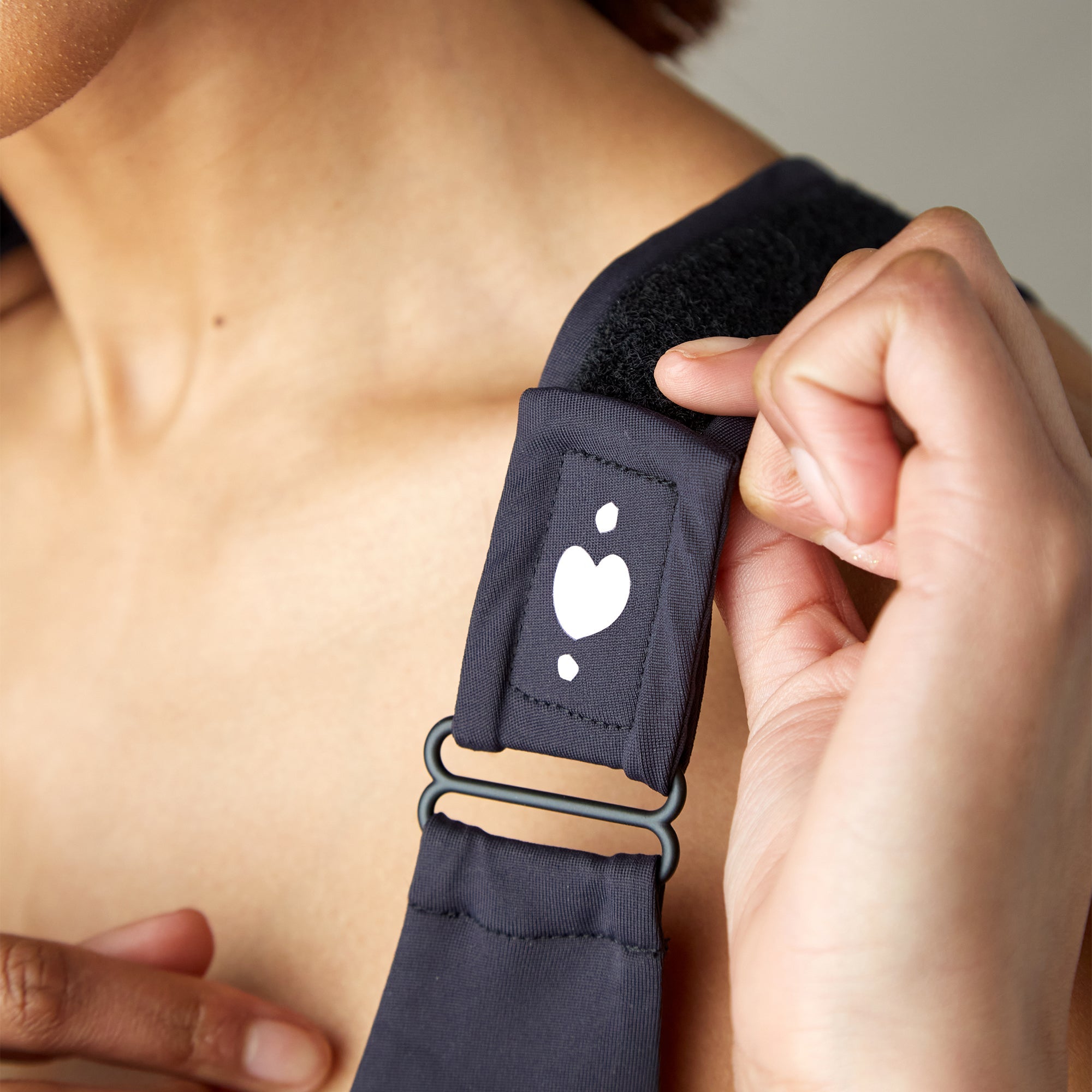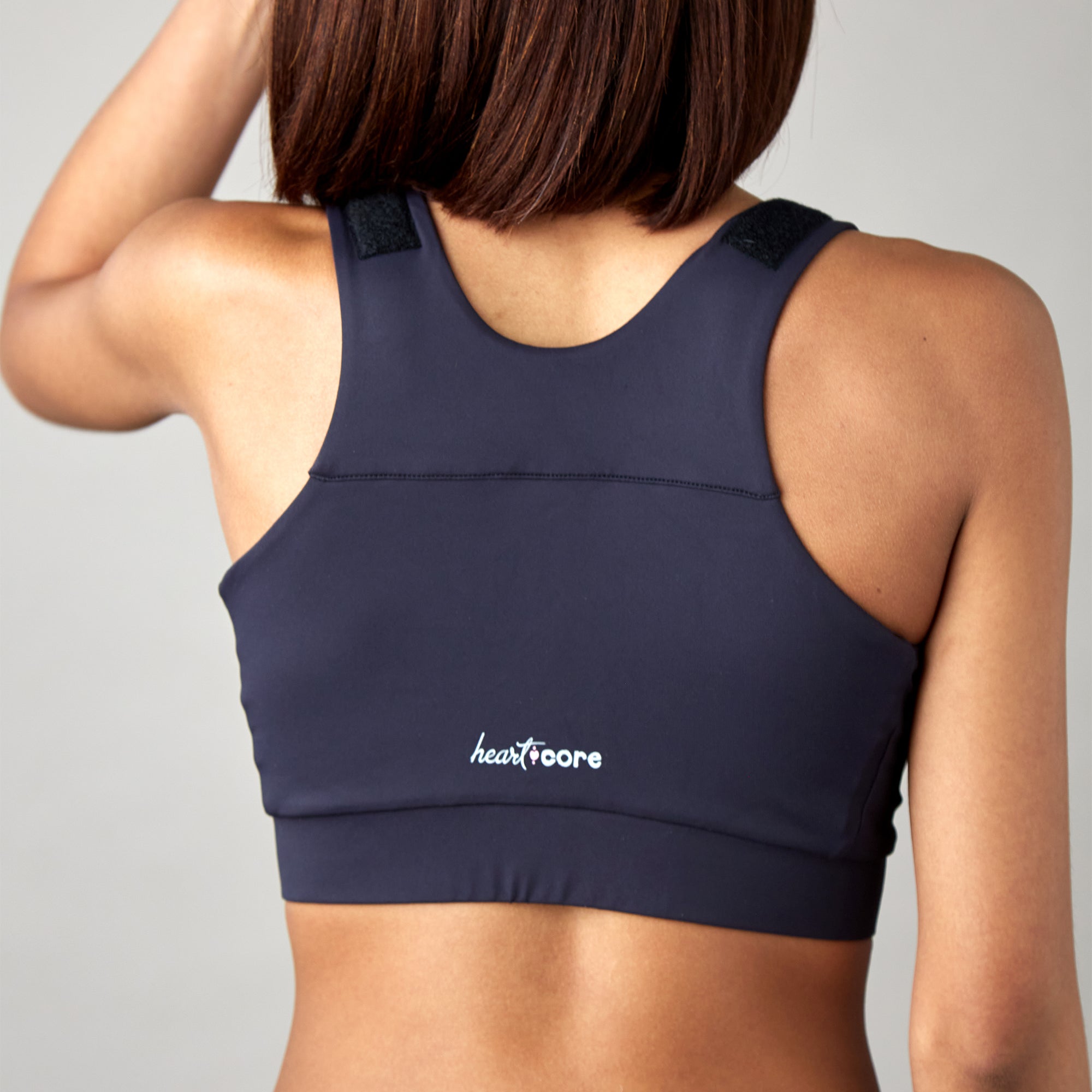When someone you love faces cancer, finding the right gift feels impossible. Flowers wilt. Cards pile up. But what if your gift could actually make their hardest days a little easier?
Forget generic care packages. The best gifts for cancer patients solve real problems—like finding a comfortable sleeping position after surgery, managing treatment side effects, or simply feeling human during tough days. Whether you're shopping for someone preparing for their first round of chemo or recovering from a mastectomy, these carefully chosen gifts offer genuine comfort when it matters most.
In this guide, we'll explore not just what to give, but how to approach gift-giving with both heart and strategy. You'll discover how timing impacts comfort, why certain gifts provide lasting support, and what your loved one might need but won't ask for. Because when you understand the journey ahead, your gesture transforms from a kind thought into genuine, daily comfort they'll rely on throughout recovery.
Timing Is Everything: Plan Ahead for Peace of Mind
Don't wait until after surgery to think about comfort. Building a recovery arsenal before treatment begins means your loved one can focus on healing, not shopping. Consider creating a "comfort timeline"—pre-surgery essentials, immediate post-op needs, and ongoing treatment support. That post-surgery pillow system? Much easier to set up when they're feeling strong than scrambling for solutions while recovering.

Beyond the Hospital: Supporting Independence at Home
Hospital stays are temporary, but recovery happens at home. The most meaningful gifts help maintain independence during vulnerable times. Think about daily challenges: Can they comfortably reach bedside items? Sleep without pain? Get in and out of bed safely? When you give something that helps them do things for themselves—whether it's a wedge pillow for easier breathing or a recovery pillow that supports multiple positions—you're giving back their sense of control.
Words Matter: What to Say (And What to Skip)
Your gift carries a message. Make it the right one. Skip the "warrior" rhetoric and battle metaphors—not everyone connects with fight language. Instead, focus on rest, comfort, and healing. A simple "This is for your comfort during recovery" acknowledges their experience without adding pressure to be brave. Sometimes the most powerful message is simply: "I see what you're going through, and I want to help make it easier."
The Personal Touch: Tailoring Support to Their Needs
Different procedures require different support. Before shopping, ask specific questions: What type of procedure? Will they have drains or ports? Are they side sleepers who'll need to adjust? This isn't prying—it's ensuring your gift actually helps.
Practical Presence: Being There the Right Way
Text before calling. Message before visiting. Offer specific help ("I'm heading to Target—what can I grab?") instead of vague "let me know if you need anything" promises. Respect when they need rest more than visitors. Sometimes the best gift is understanding that their energy is precious and letting them use it for healing.
Planning for the Long Haul
Cancer journeys rarely follow predictable timelines. Think beyond immediate recovery to ongoing comfort during treatments. Gifts that adapt to changing needs—like adjustable pillow systems that work for various procedures and positions—offer value throughout their journey, not just the first few weeks.
The Caregiver Connection: Supporting the Support System
Here's what many don't consider: when you support their caregiver, you support them. Caregivers often sacrifice their own comfort, sleeping in awkward positions or hospital chairs. Gifts that ease the caregiver's burden—like pillows that work for both people or items that simplify daily care tasks—create a ripple effect of relief. Consider coordinating with other friends and family to avoid duplicates and ensure all comfort needs are covered.
Gift Ideas by Treatment Type
Different cancer treatments create unique comfort challenges. Here's how to match your gift to their specific needs:
Mastectomy/Chest Surgery:

Sleep Again Pillow System: The foundation of mastectomy recovery comfort. This adjustable pillow system supports multiple sleep positions while protecting sensitive incision sites—finally, a way to rest without fear of rolling onto healing areas.

Surgical Drain Holders: Because juggling drain bulbs shouldn't add to recovery stress. These secure holders keep drains organized and prevent painful tugging, giving patients one less thing to worry about during healing.

Mastectomy Chest Pillow: Specifically designed for the unique needs of chest surgery recovery. This protective pillow shields sensitive incisions from accidental bumps, provides gentle compression to reduce swelling, and offers security during those first vulnerable movements.

Post-Surgery Seatbelt Pillow: The ride home (and every car trip during recovery) shouldn't be painful. This cushioned barrier prevents seatbelts from pressing against tender incision sites, making necessary travel bearable—because healing doesn't stop when you need to leave the house.

Post Surgical Bras: Designed by recovery experts who understand that traditional bras won't work after chest surgery. Front-closure design, soft fabrics, and drain management pockets make this essential for the weeks ahead.

Post Surgery Supplements: Recovery nutrition made simple. Pre-portioned vitamin packs support healing from the inside out—because remembering which supplements to take shouldn't be another burden during recovery.
SHOP HEALING POST SURGERY SUPPLEMENTS

Mastectomy Care Package: When you want to give everything they need in one thoughtful gift. This curated collection combines comfort essentials specifically chosen for mastectomy recovery, taking the guesswork out of support.
SHOP THE BEST MASTECTOMY CARE PACKAGE
Chemotherapy Comfort Essentials

Temperature Regulation Aids: Chemo's hot flashes and cold sensitivity demand versatile comfort solutions. This carefully curated care package includes temperature-adaptive items that help manage the unpredictable swings—from sudden sweats to bone-deep chills.

Comfort Bedding Essentials: When skin becomes hypersensitive and sleep feels impossible, the right bedding makes all the difference. Ultra-soft, breathable fabrics that won't irritate tender skin or trap heat during night sweats—because quality rest supports healing.

Positioning Support: Fatigue hits differently during chemo. The Sleep Again Pillow System supports elevated back sleeping for resting during long treatment days or finding comfort when nausea strikes—adapt it for reading, resting, or elevated sleep as energy levels fluctuate.
SHOP THE BEST PILLOW FOR CANCER RECOVERY
Nausea Management:
- Ginger candies or crystallized ginger for natural stomach settling
- Sea-bands or acupressure wristbands for drug-free relief
- Peppermint tea or aromatherapy oils (check with care team first)
- Small, sealed containers for emergency situations
- Lemon drops or sour candies to combat metallic taste
Mouth Care:
- Biotene rinse and toothpaste for severe dry mouth
- Extra-soft toothbrushes to prevent gum bleeding
- Alcohol-free mouthwash for gentle cleaning
- Lip moisturizer for cracked, dry lips
- Sugar-free gum to stimulate saliva production
Radiation Therapy Support

Skin Soothers: Radiation-stressed skin needs extra gentle care. This premium soothing formula is specifically designed for sensitive, treated areas—providing relief without harsh ingredients that could irritate already tender skin.
SHOP THIS SOOTHING SKIN CARE KIT

Stress Relief: Finding moments of calm between radiation appointments matters. This lovely lavender essential oil diffuser bracelet offers portable aromatherapy—a gentle reminder to breathe deeply and find peace during treatment days.
SHOP THIS SOOTHING LAVENDER DIFFUSER BRACELET

Soft, Loose Clothing: When even fabric feels harsh against radiation-sensitive skin, these bamboo pajamas provide blessed relief. Naturally moisture-wicking and incredibly soft, they're loose enough to avoid pressure on treatment areas while keeping you covered and comfortable.
SHOP ULTRA COMFY BAMBOO PAJAMAS

Positioning Aids: The Sleep Again Pillow System helps protect treated areas during rest. Whether you need to keep radiation sites elevated or simply can't lie on one side, this adaptable support system prevents painful pressure while promoting healing sleep.
Hydration Helpers
- Large water bottles with time markers to track intake
- Straws and straw covers for easier sipping
- Electrolyte packets (unflavored or mild flavors)
- Insulated cups to keep water at preferred temperature
- Water tracking apps or reminder systems
Creating a Comfort Care Package
Building a thoughtful care package goes beyond throwing items in a basket. Here's how to create something truly meaningful:
Layer Your Comfort Approach Start with a foundation item (like a quality recovery pillow system) then add complementary comfort layers:
- Base layer: Primary comfort support for their specific needs
- Comfort layer: Soft blanket, cozy socks, or pajamas
- Practical layer: Pill organizer, water bottle, or bedside caddy
- Personal layer: Photos, encouraging notes, or favorite tea
Presentation That Shows You Care
- Use a container they can repurpose (pretty storage basket, useful tote bag)
- Include a "contents card" explaining each item's purpose
- Add tags with gentle suggestions: "For those 3am moments when sleep won't come"
- Consider unboxing ease—they may have limited strength or mobility
Timing Your Delivery
- Pre-treatment packages: Focus on preparation and comfort items they'll use throughout
- Post-procedure packages: Immediate comfort needs and recovery aids
- Ongoing support: Refreshments of consumables, seasonal comfort updates
Long-Distance Support Strategies
When miles separate you from someone facing cancer, your support can still make a daily difference:
Smart Shipping Solutions
- Choose retailers that ship directly to avoid repackaging
- Consider gift cards for specific recovery care items
- Consider subscription services for ongoing support (meal delivery, streaming services)
- Ship to their caregiver if they're frequently at appointments
Virtual Presence, Real Comfort
- Schedule regular video check-ins around their energy levels
- Send voice messages they can play when lonely
- Create shared photo albums they can browse during treatment
- Coordinate with local friends for in-person delivery of your gifts
Practical Distance Support
- Research local services (cleaning, meal delivery, transportation)
- Send gift cards for specific needs (gas for treatment trips, grocery delivery)
- Order from local businesses to support their community
- Pre-pay for services they might be too proud to accept in person
Frequently Asked Questions
Q: When is the best time to give gifts to cancer patients?
A: The best time is as soon as you hear about their diagnosis or upcoming treatment. Early gifts help with preparation and show immediate support. Don't wait for "the right moment"—comfort is needed throughout their journey.
Q: How do I ask about their specific needs without being intrusive?
A: Try: "I'd like to send something to help with your comfort during recovery. Are there specific challenges you're preparing for, or would you prefer I surprise you?" This gives them control over how much to share.
Q: What if they say they don't need anything?
A: Respect their words but read between the lines. Often people don't want to burden others. Consider sending practical comfort items anyway with a note: "I know you said you're all set, but I wanted you to have this just in case."
Q: Can I visit during their treatment?
A: Always ask first and be specific: "I'd love to drop off a care package. Would a 10-minute porch visit Tuesday afternoon work, or should I just leave it at the door?" This respects their energy and immunity concerns.
Q: What are good gifts for male cancer patients?
A: Men often appreciate practical, non-fussy comfort items. Think quality recovery pillows in neutral colors, organizational tools for medical supplies, comfortable loungewear, or tech accessories for treatment appointments. Skip florals and focus on function.
Q: Should I avoid certain gifts?
A: Yes. Avoid strongly scented items, flowers (infection risk), food without checking dietary restrictions, or anything requiring energy to maintain. Also skip "miracle cure" supplements or treatment advice disguised as gifts.
Q: Is it okay to give the same gift to different cancer patients?
A: Absolutely, if it's genuinely helpful. A quality recovery pillow system, for instance, addresses universal comfort needs. The key is personalizing your message and additional items to each individual's situation.
A Gift That Says "I'm Here"
Supporting someone through cancer isn't about finding the perfect words or the most expensive gift—it's about showing up with practical compassion. Every comfortable night's sleep, every moment of restored independence, every small comfort you provide adds up to something profound: the knowledge that they're not alone in this journey.
Whether you choose a specialized recovery pillow system that adapts to their changing needs or a carefully curated comfort package, your thoughtfulness becomes part of their healing story. The best gifts don't just address today's discomfort; they provide ongoing support through an unpredictable journey. So trust your instincts, choose with love, and remember—in the landscape of cancer recovery, comfort isn't a luxury. It's essential.


